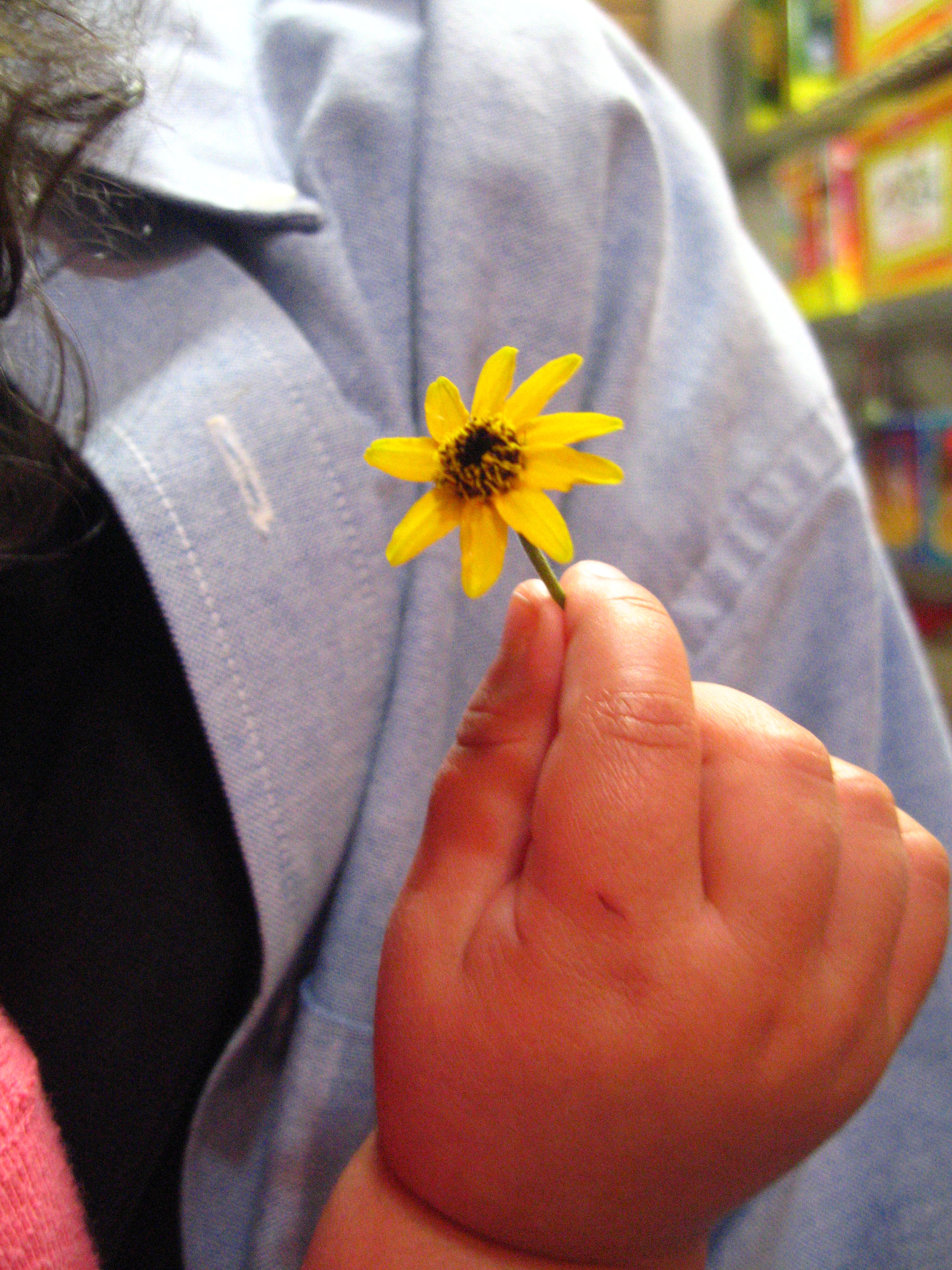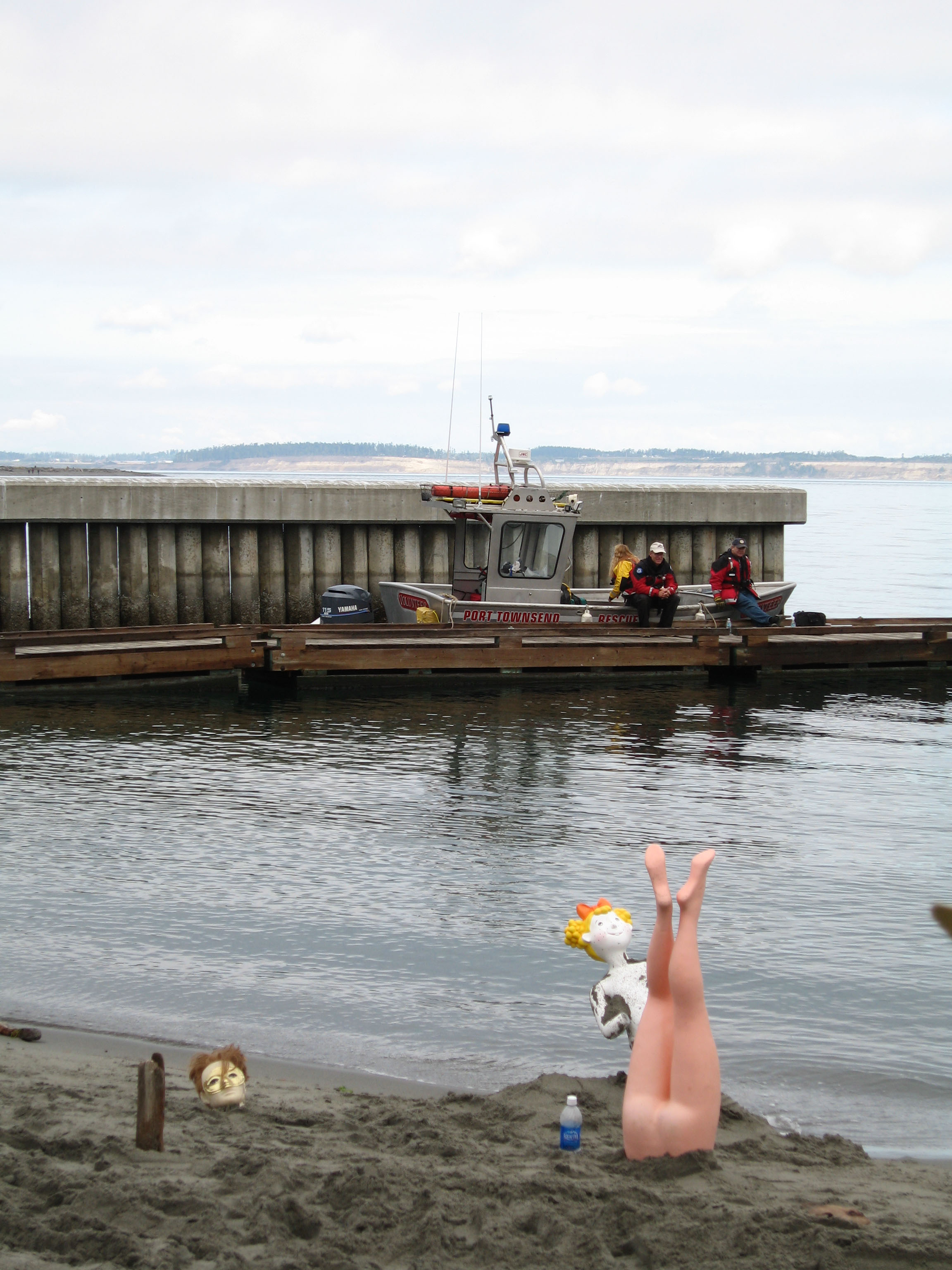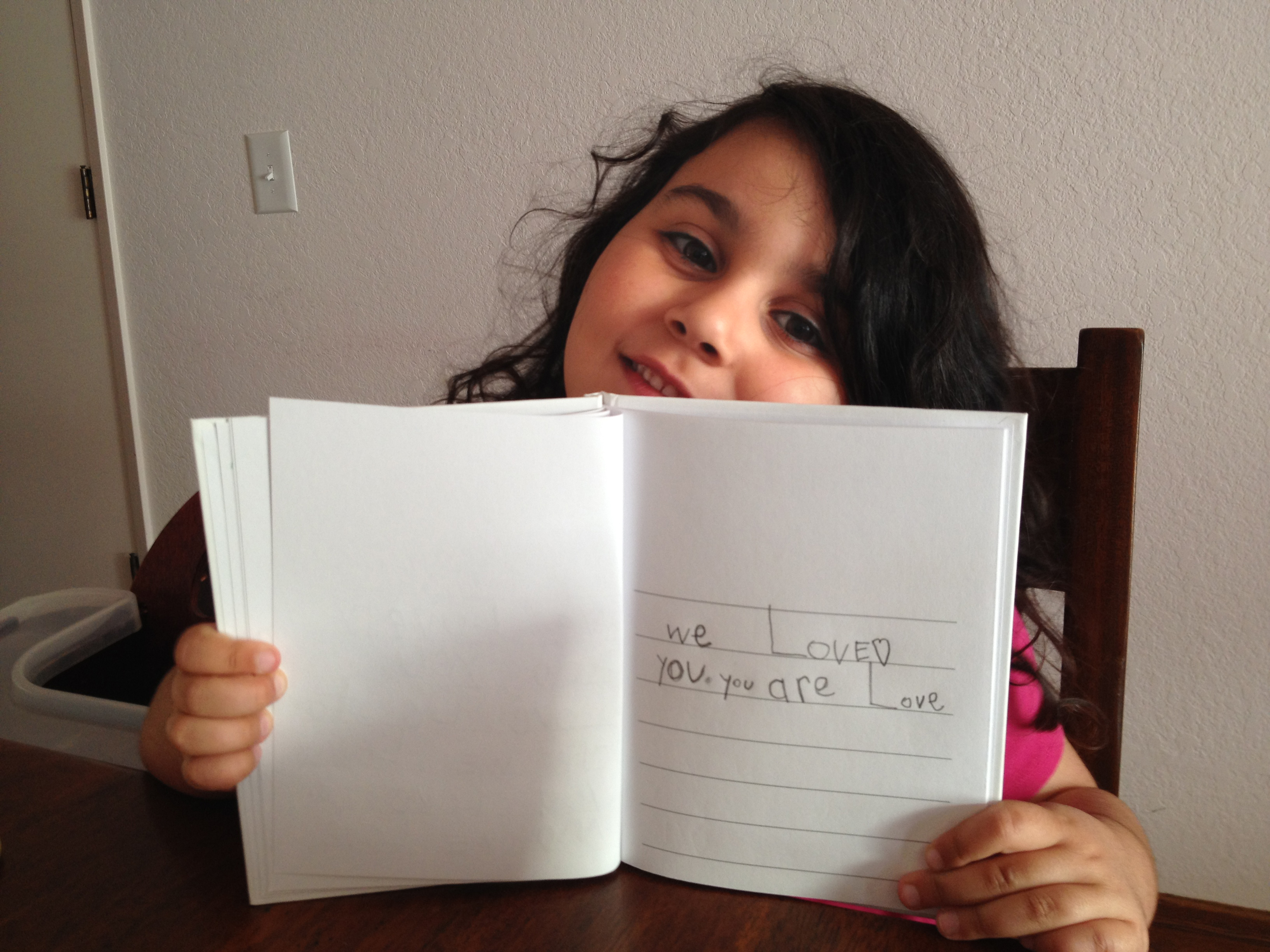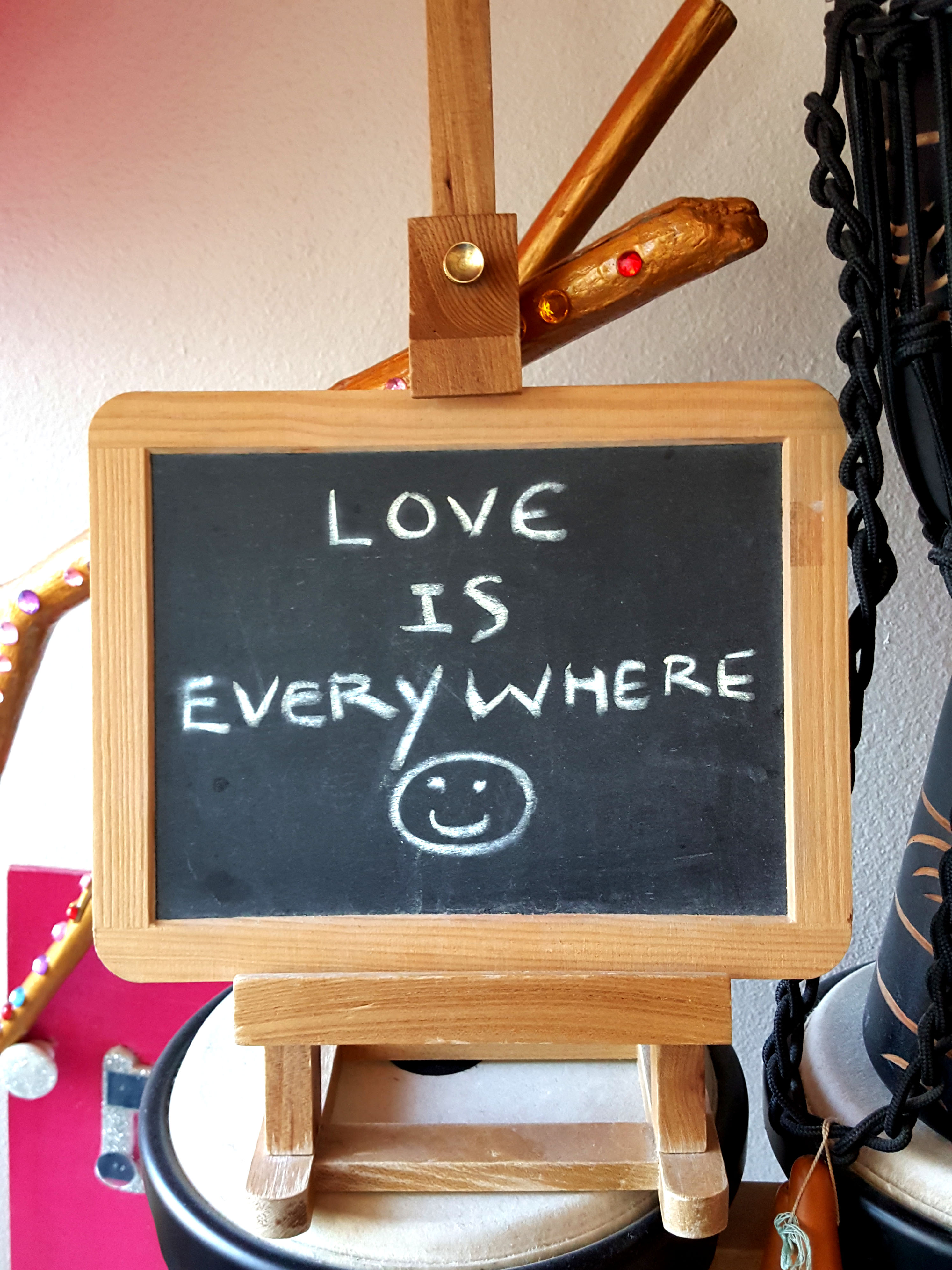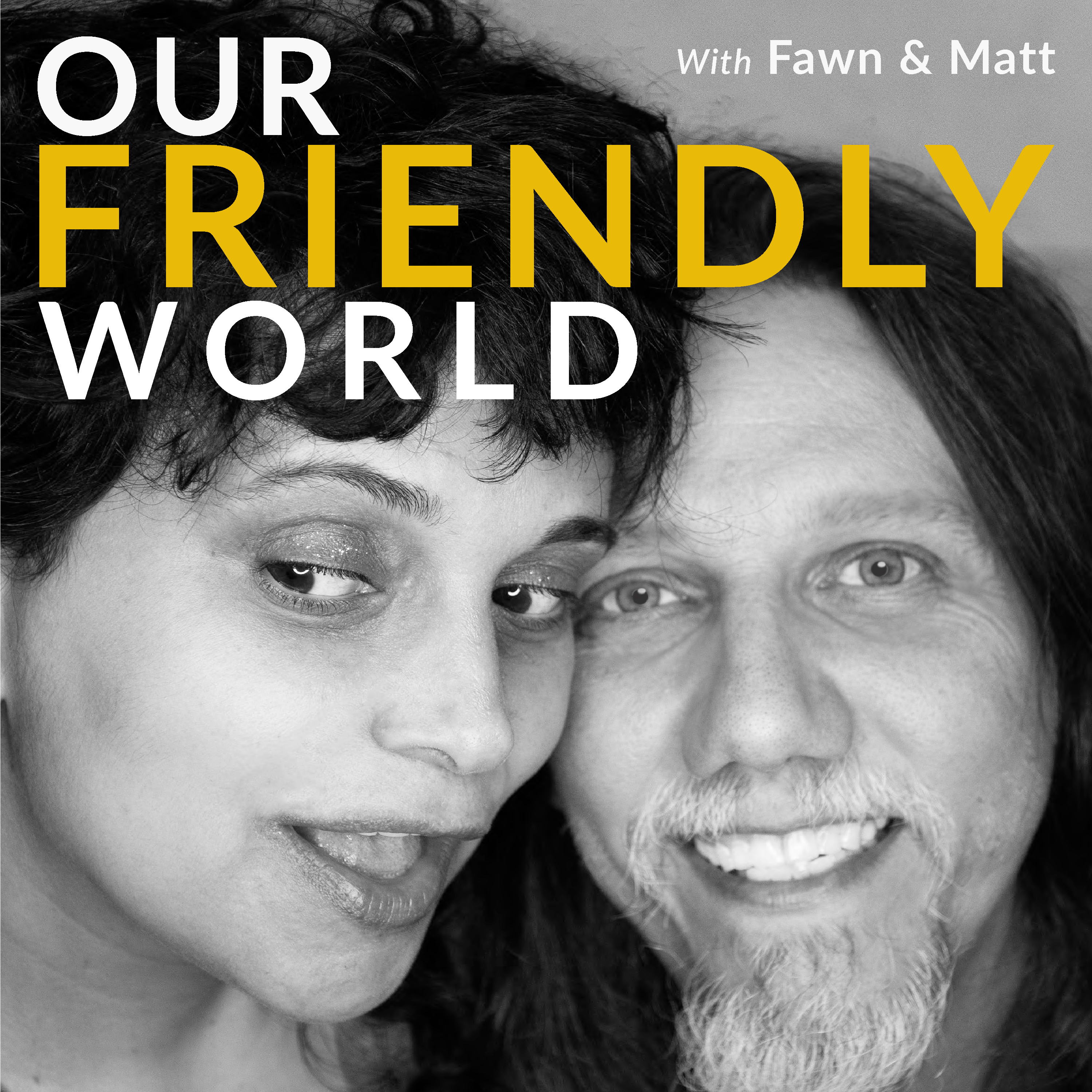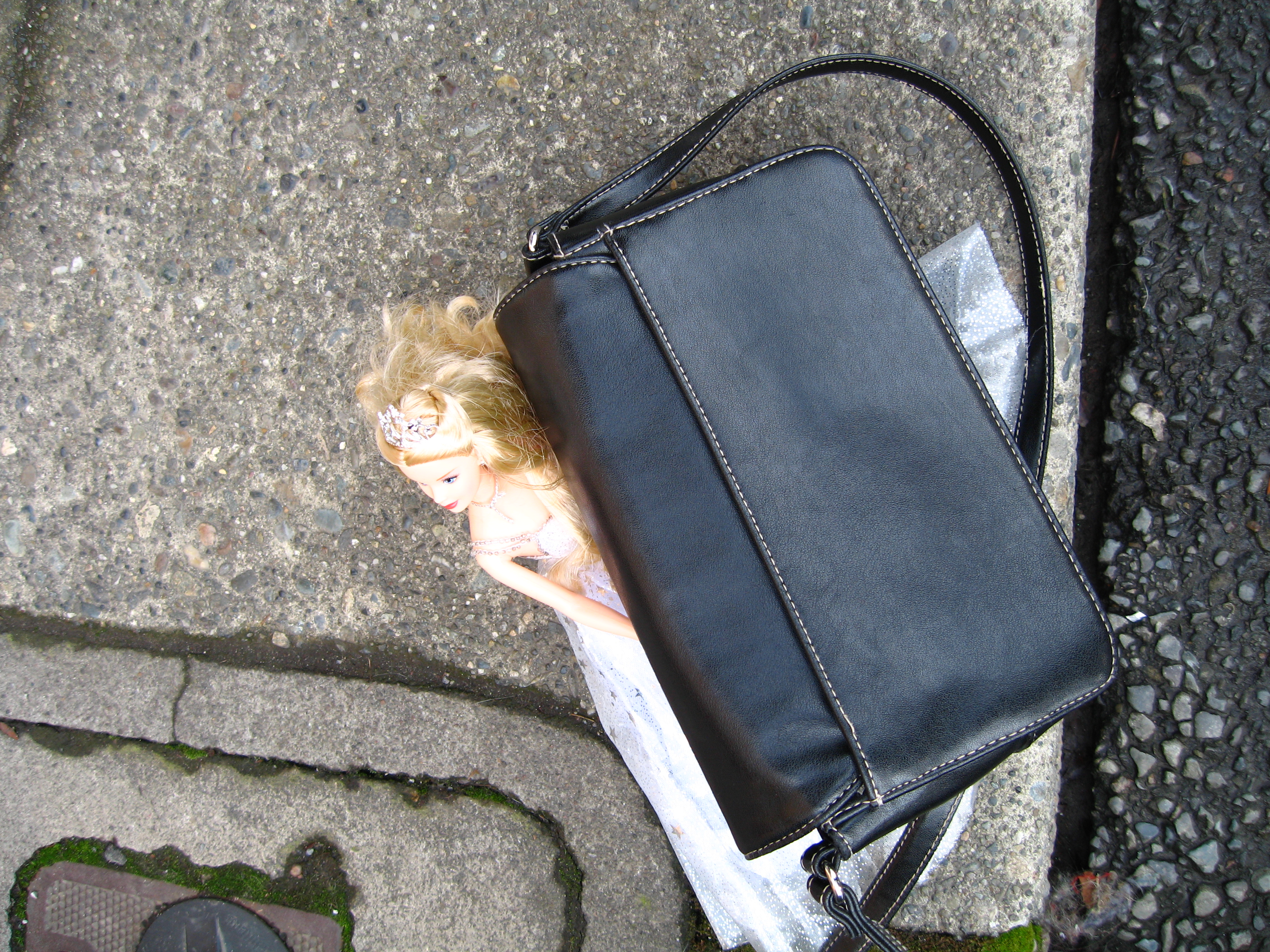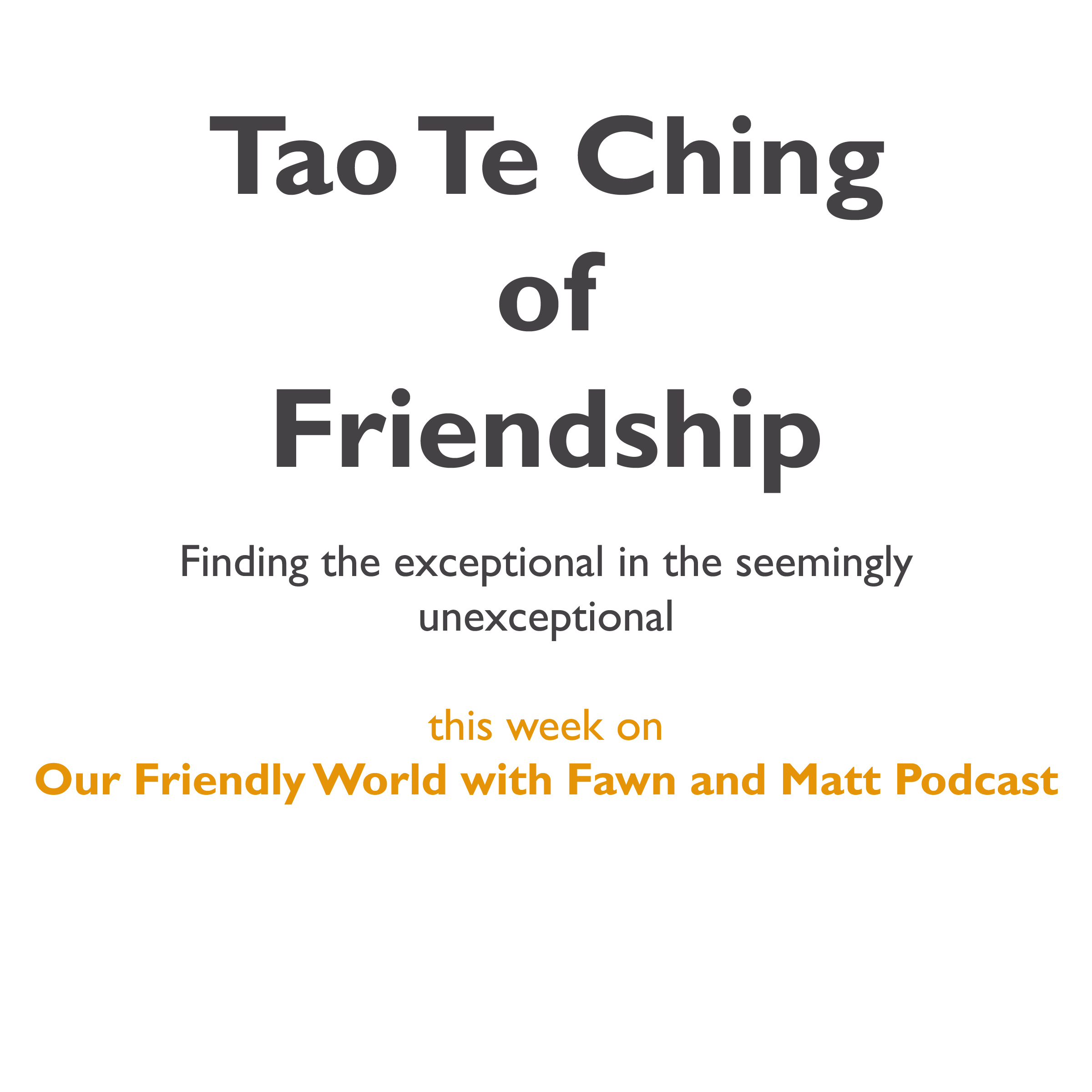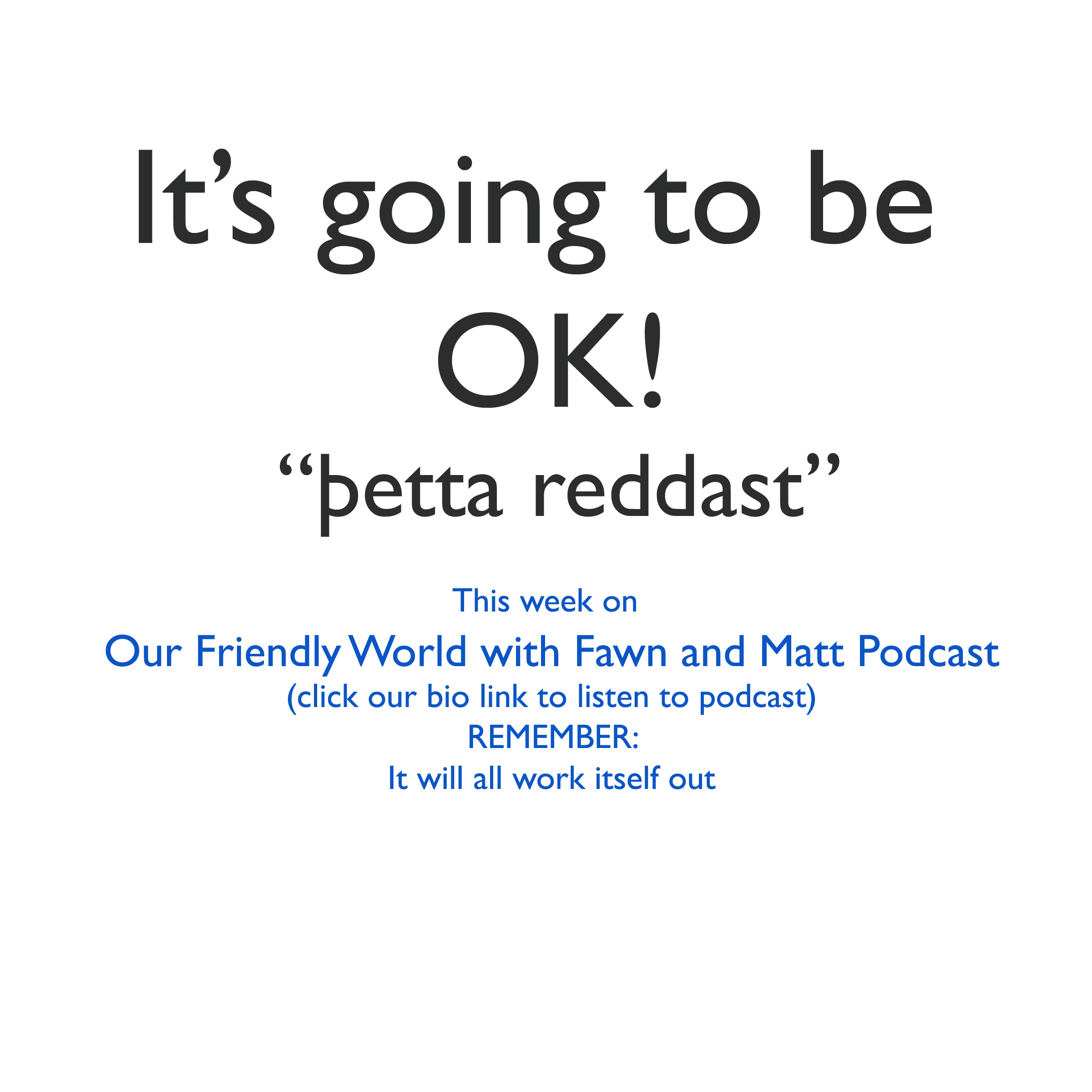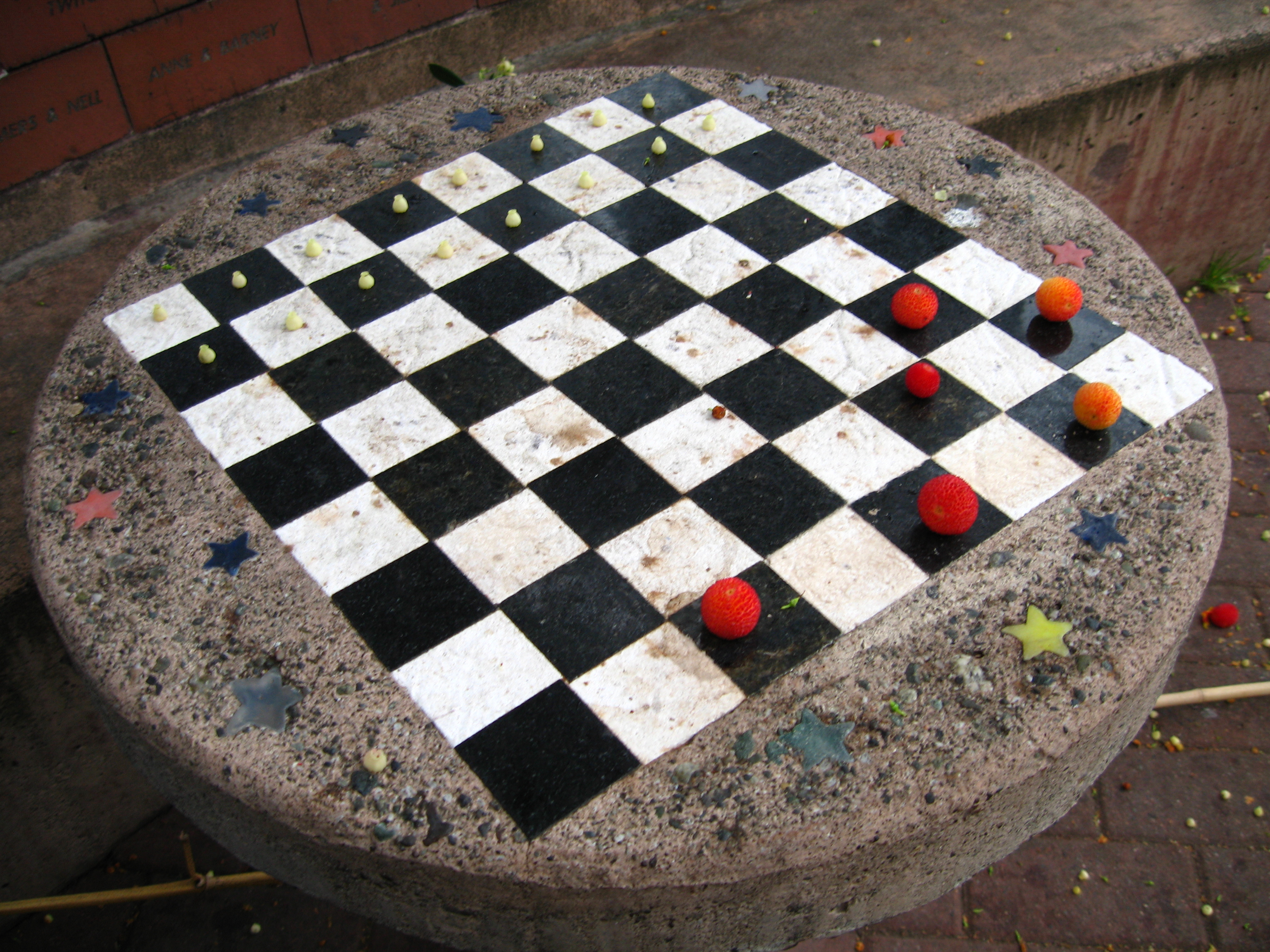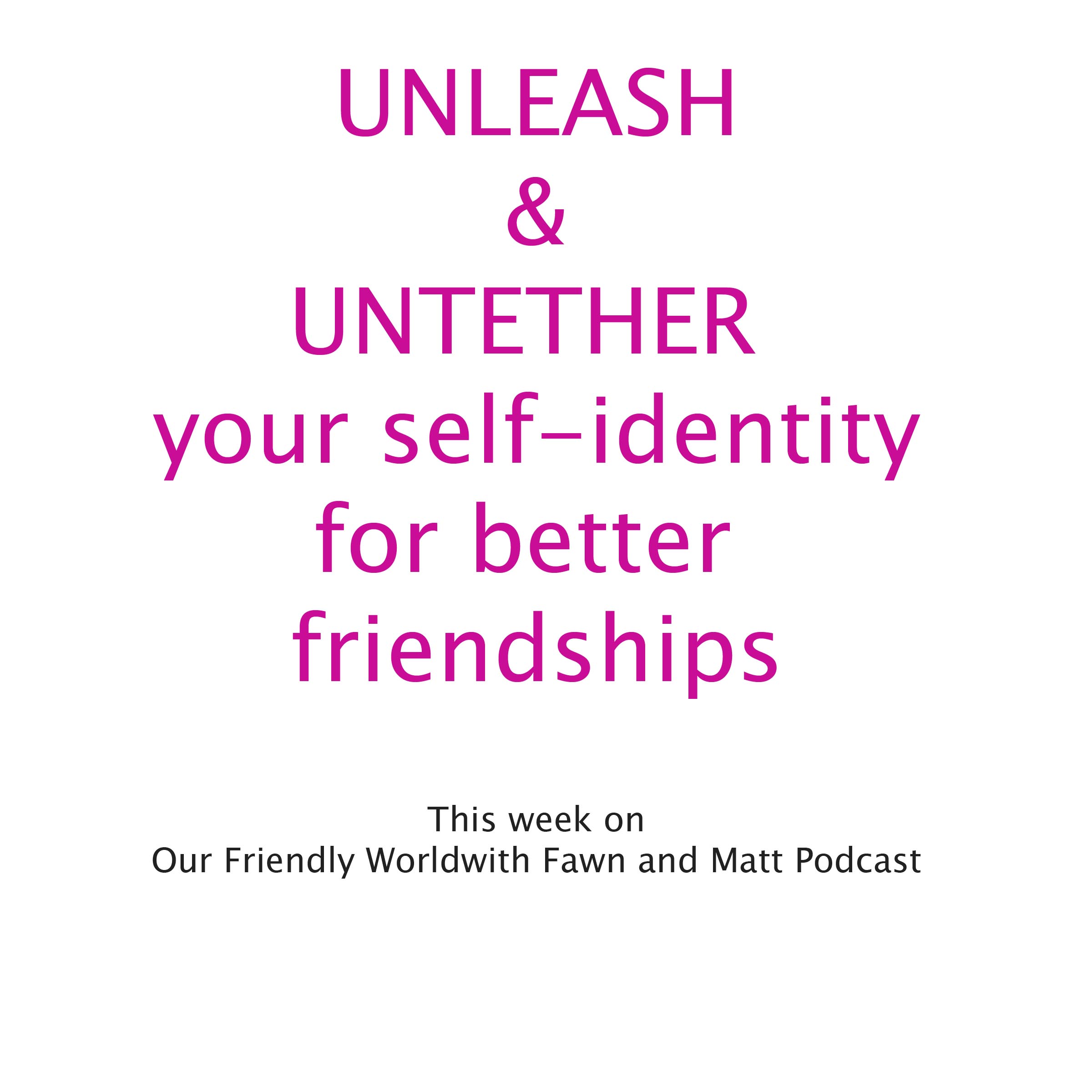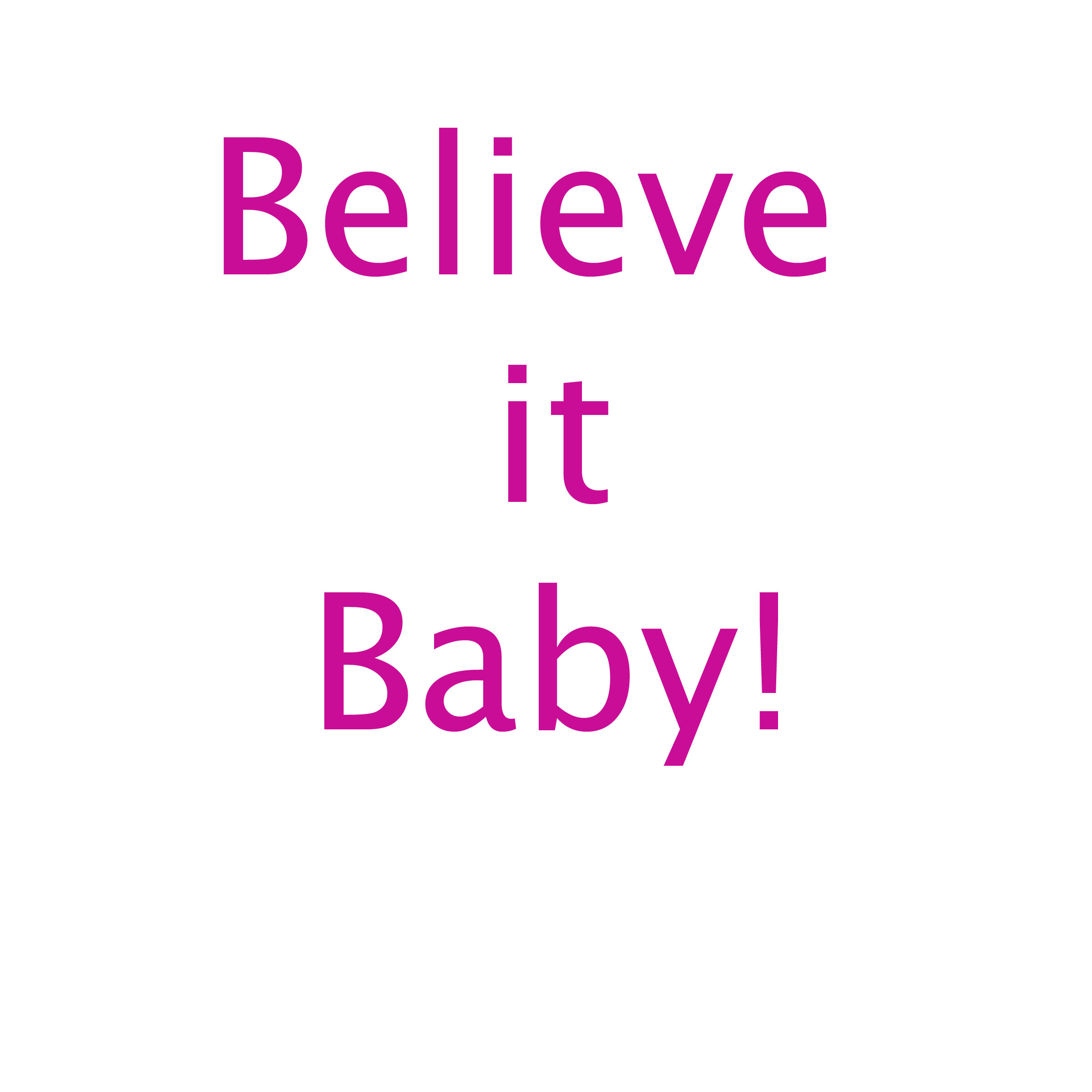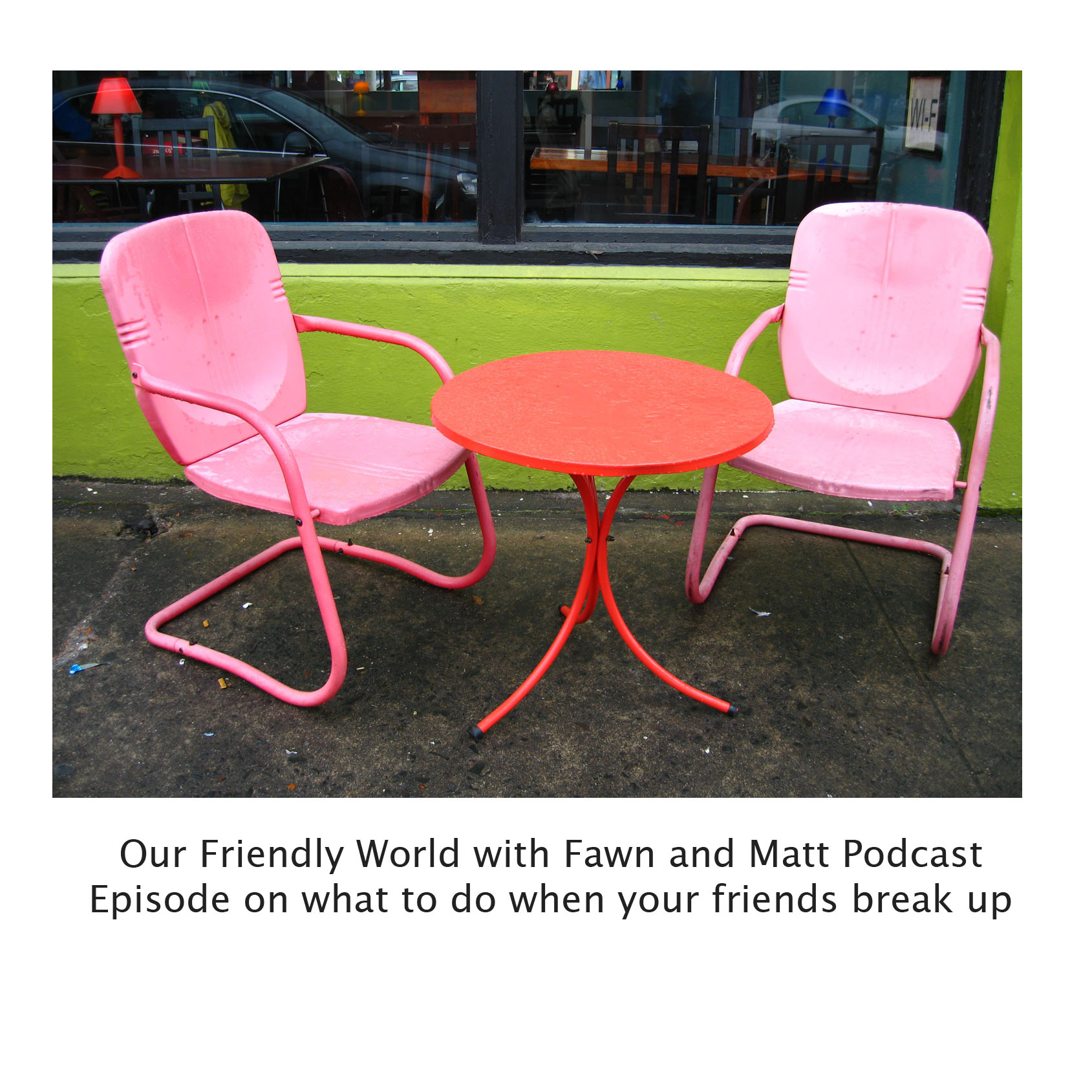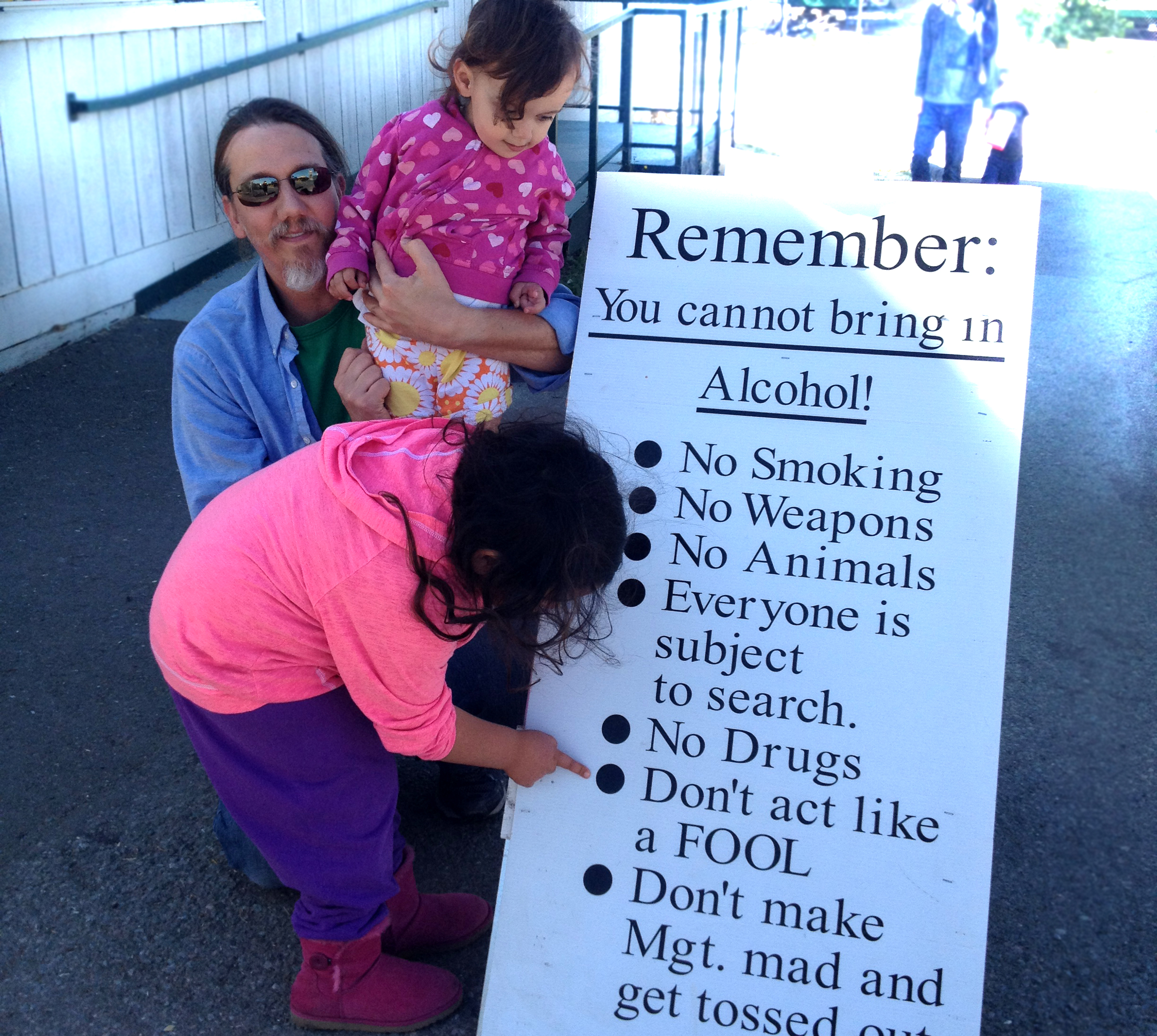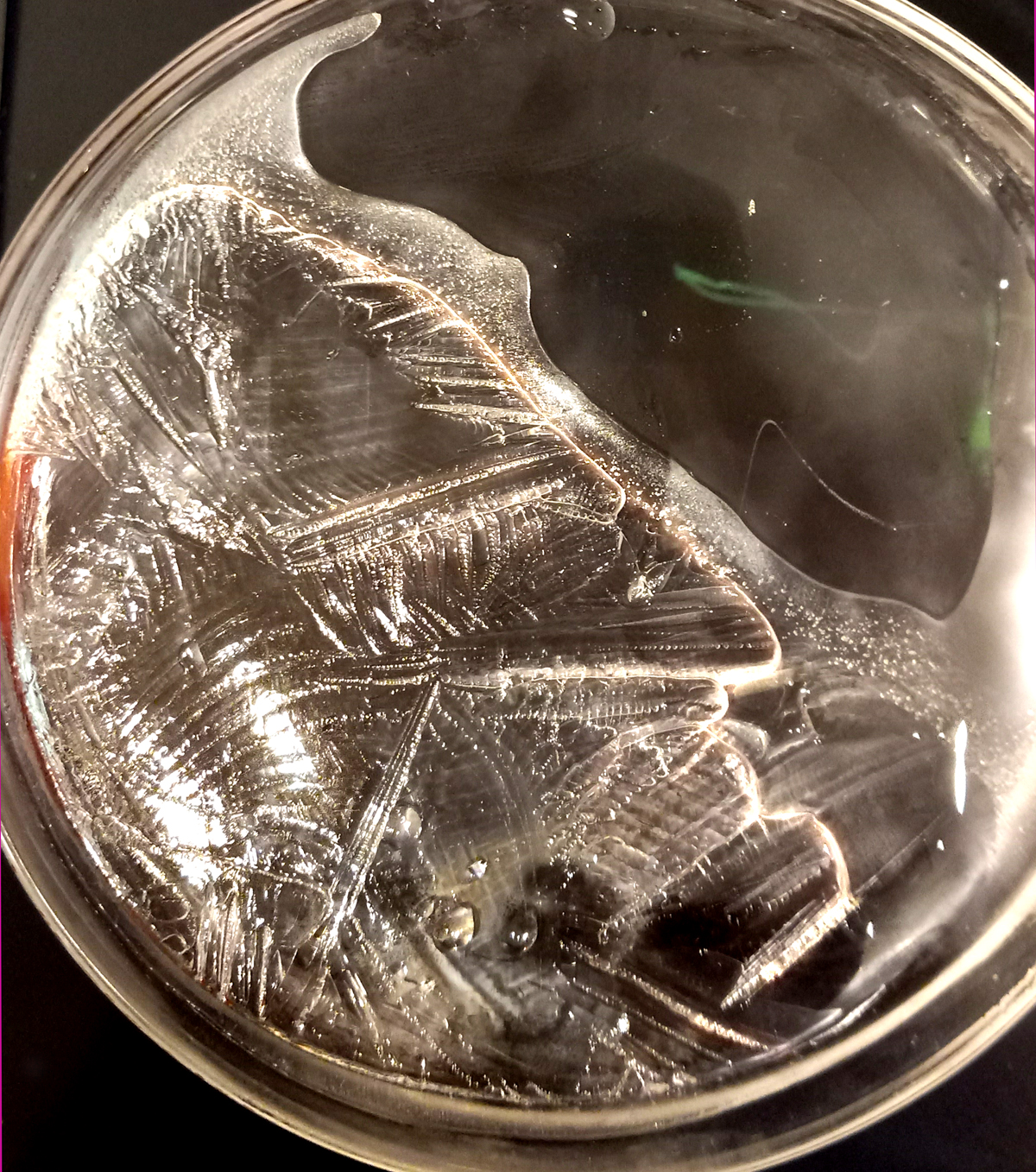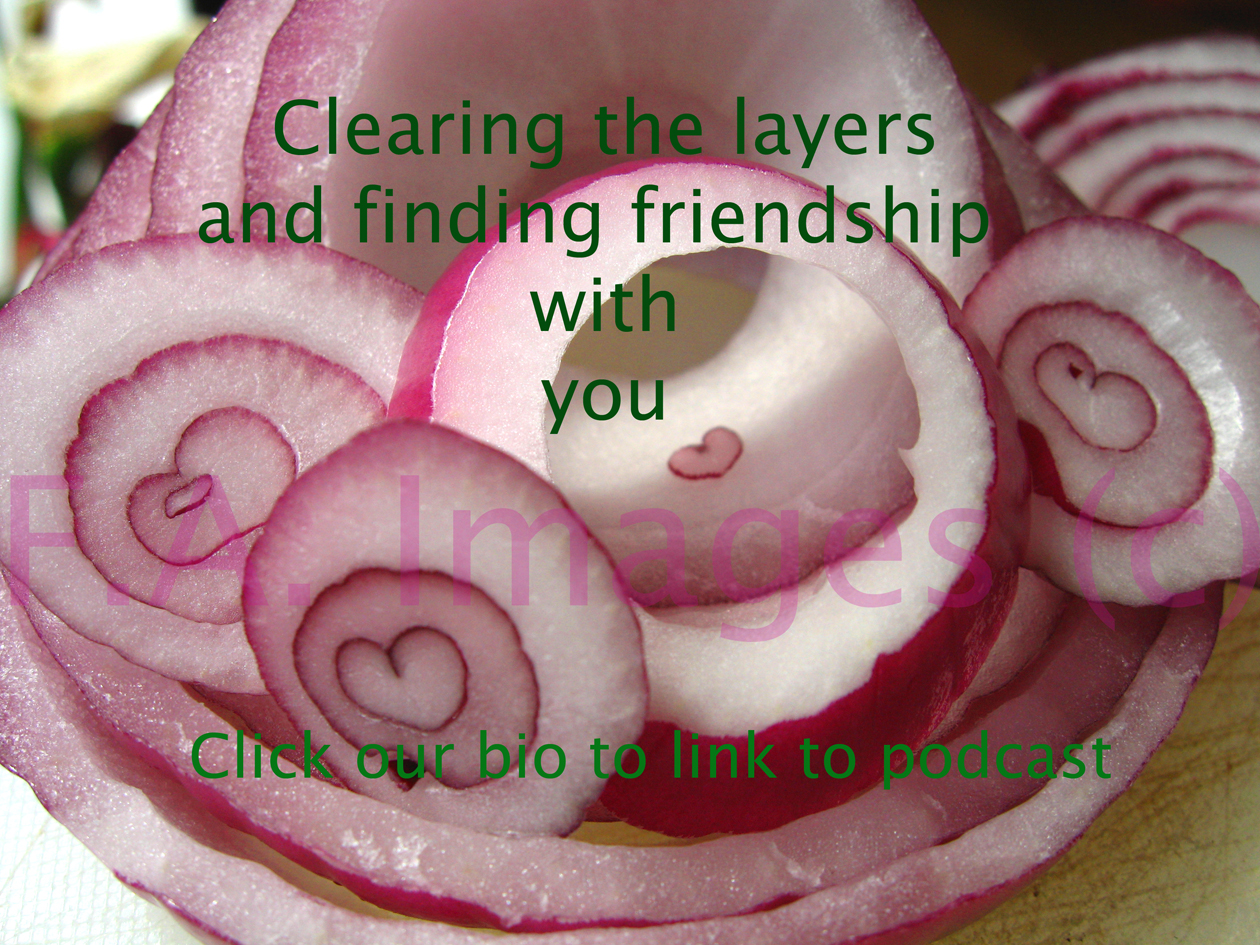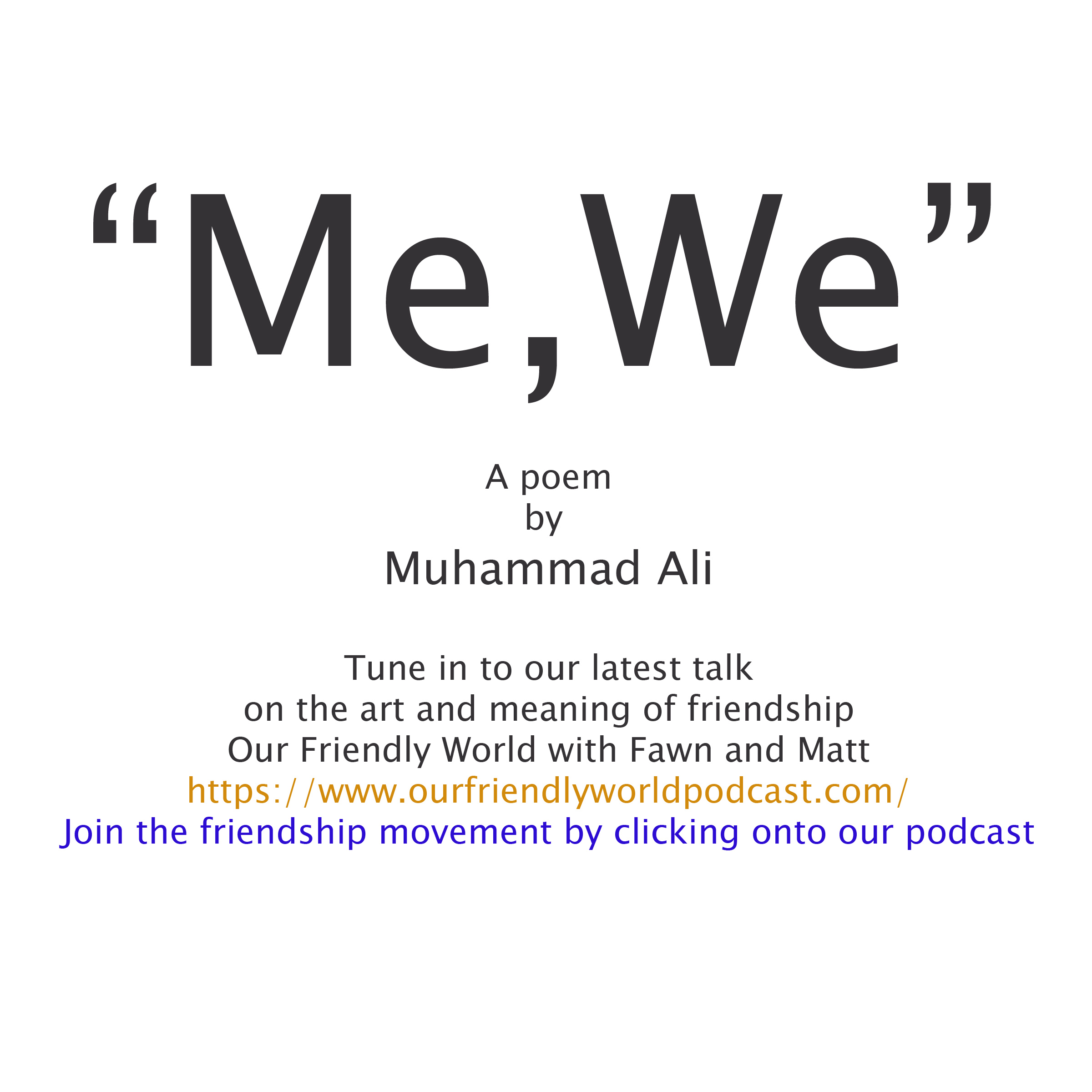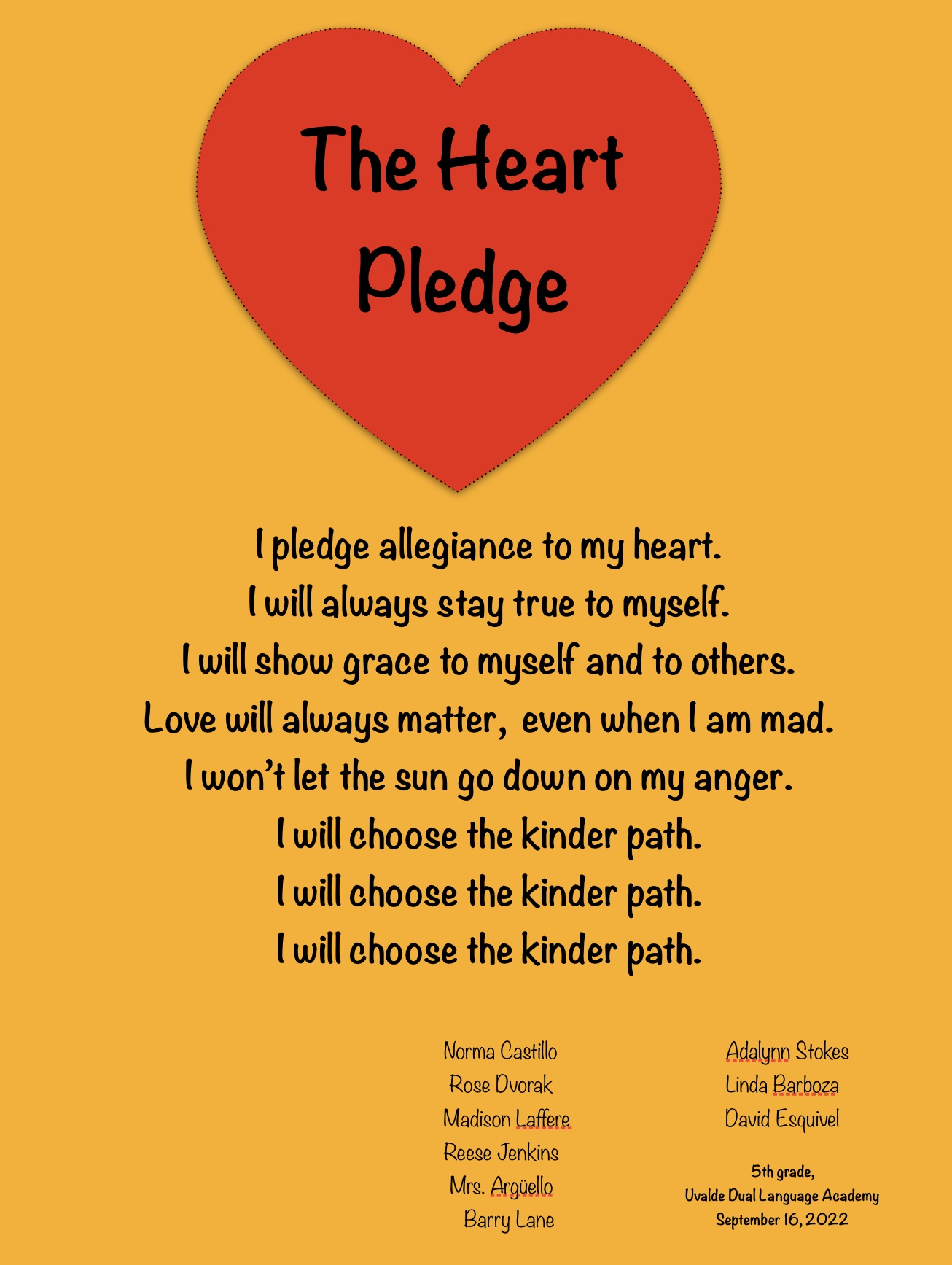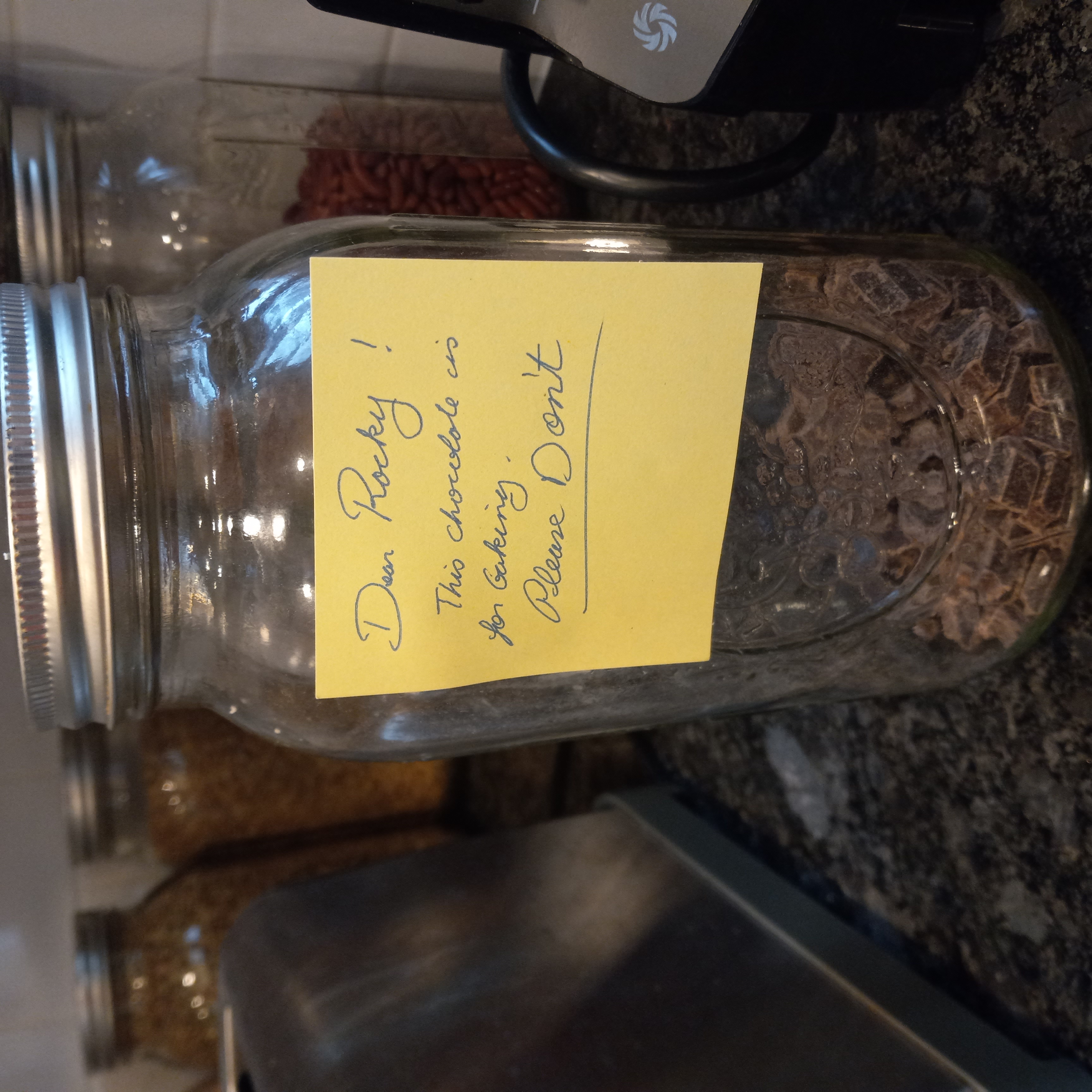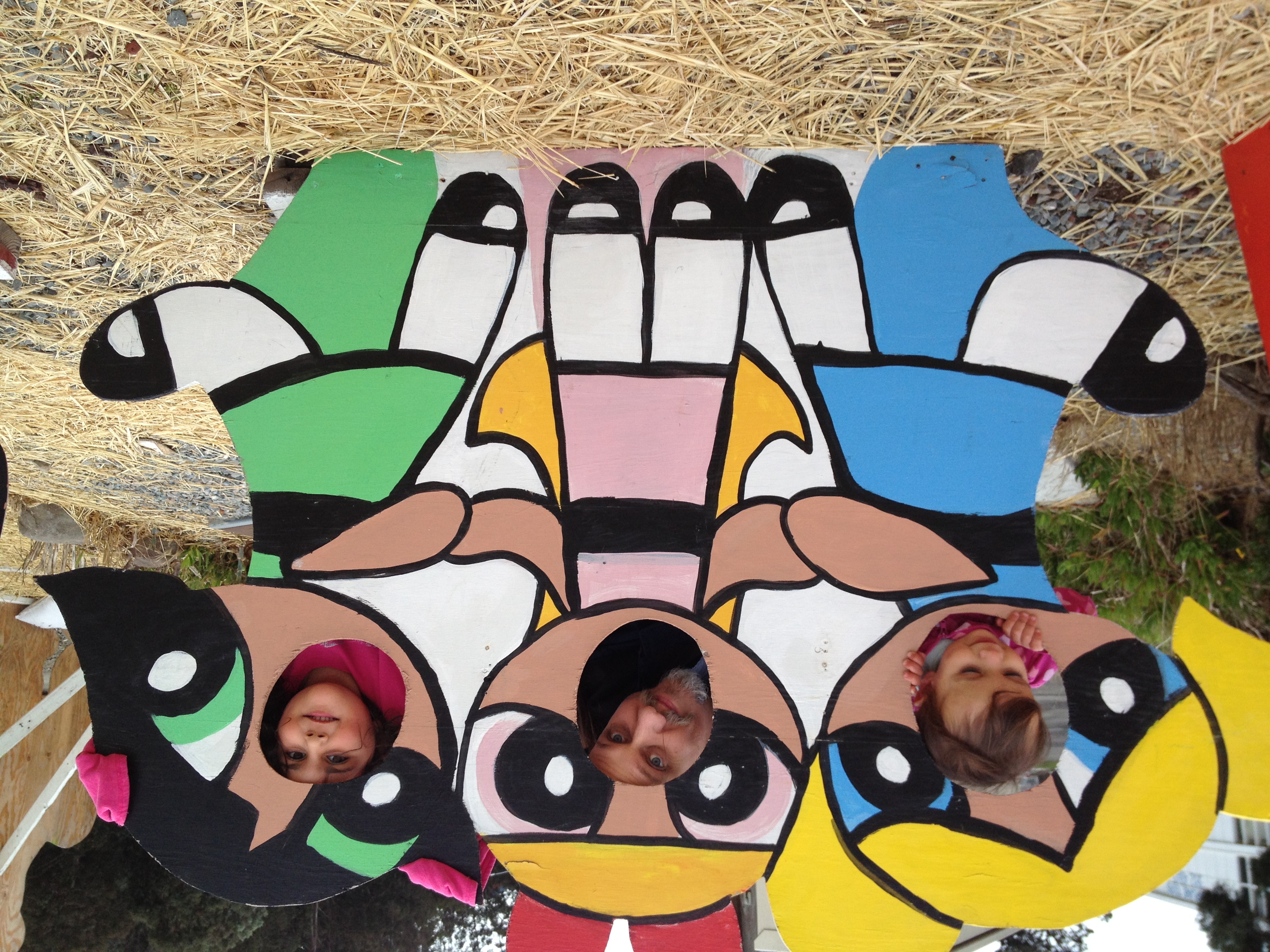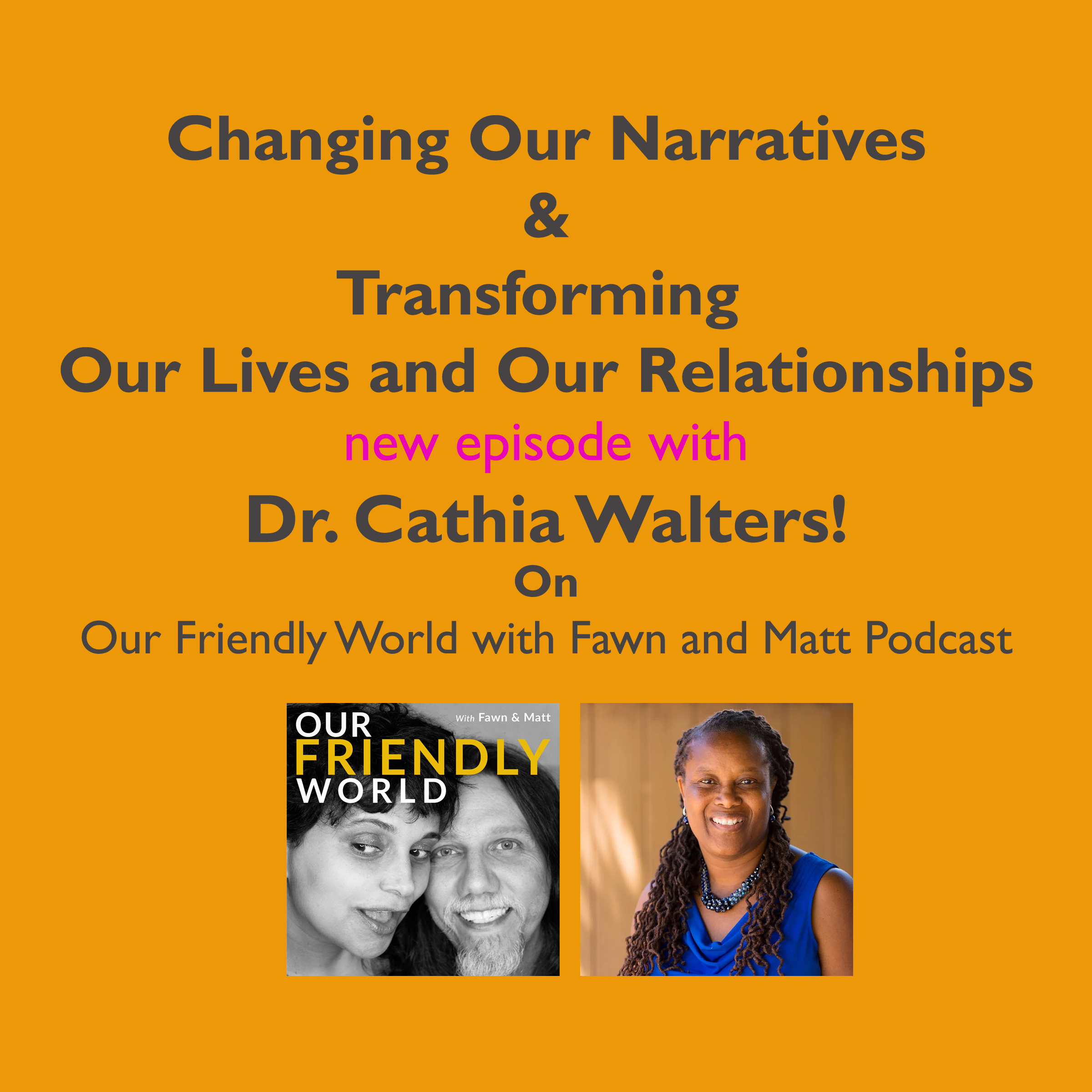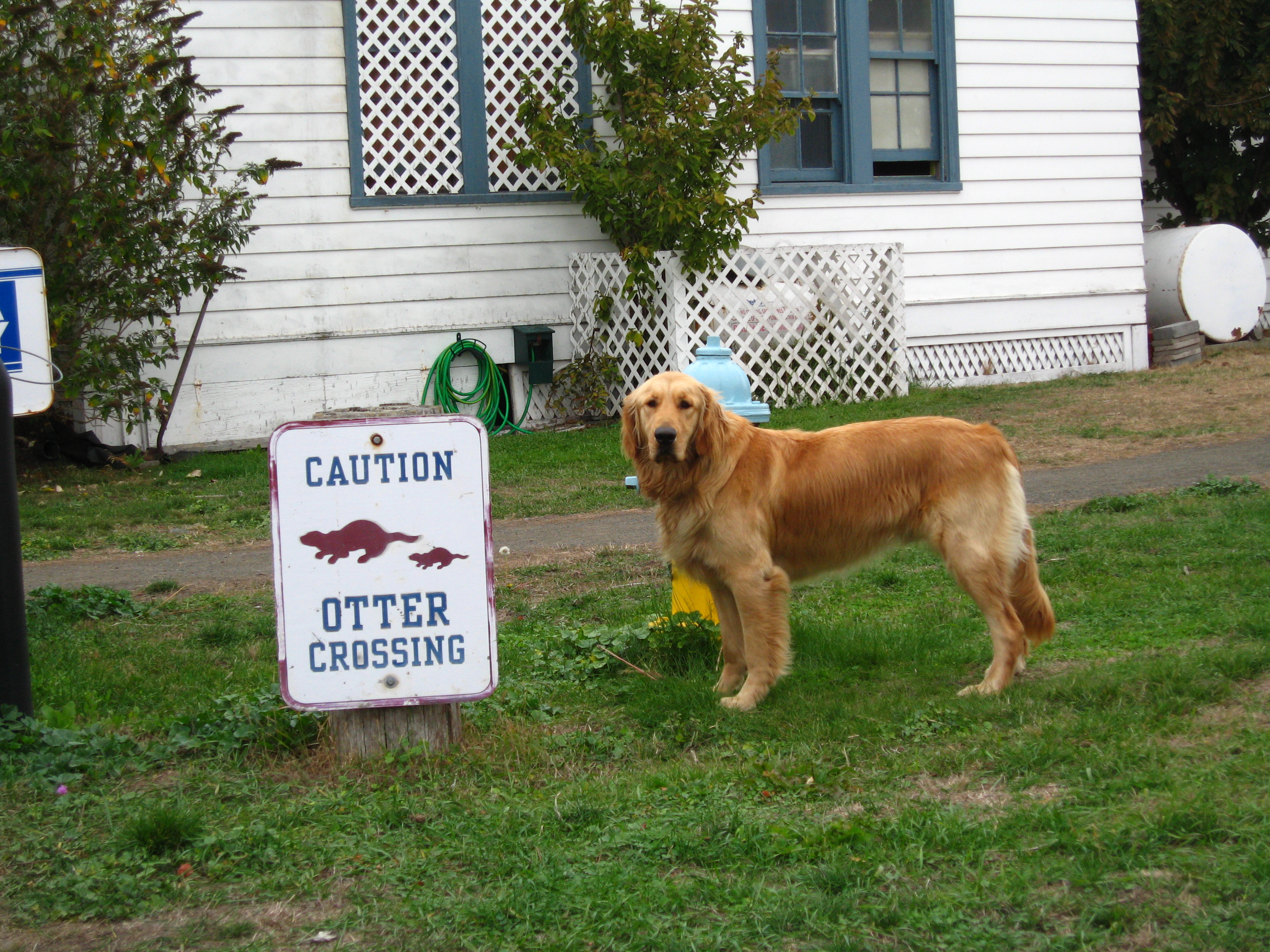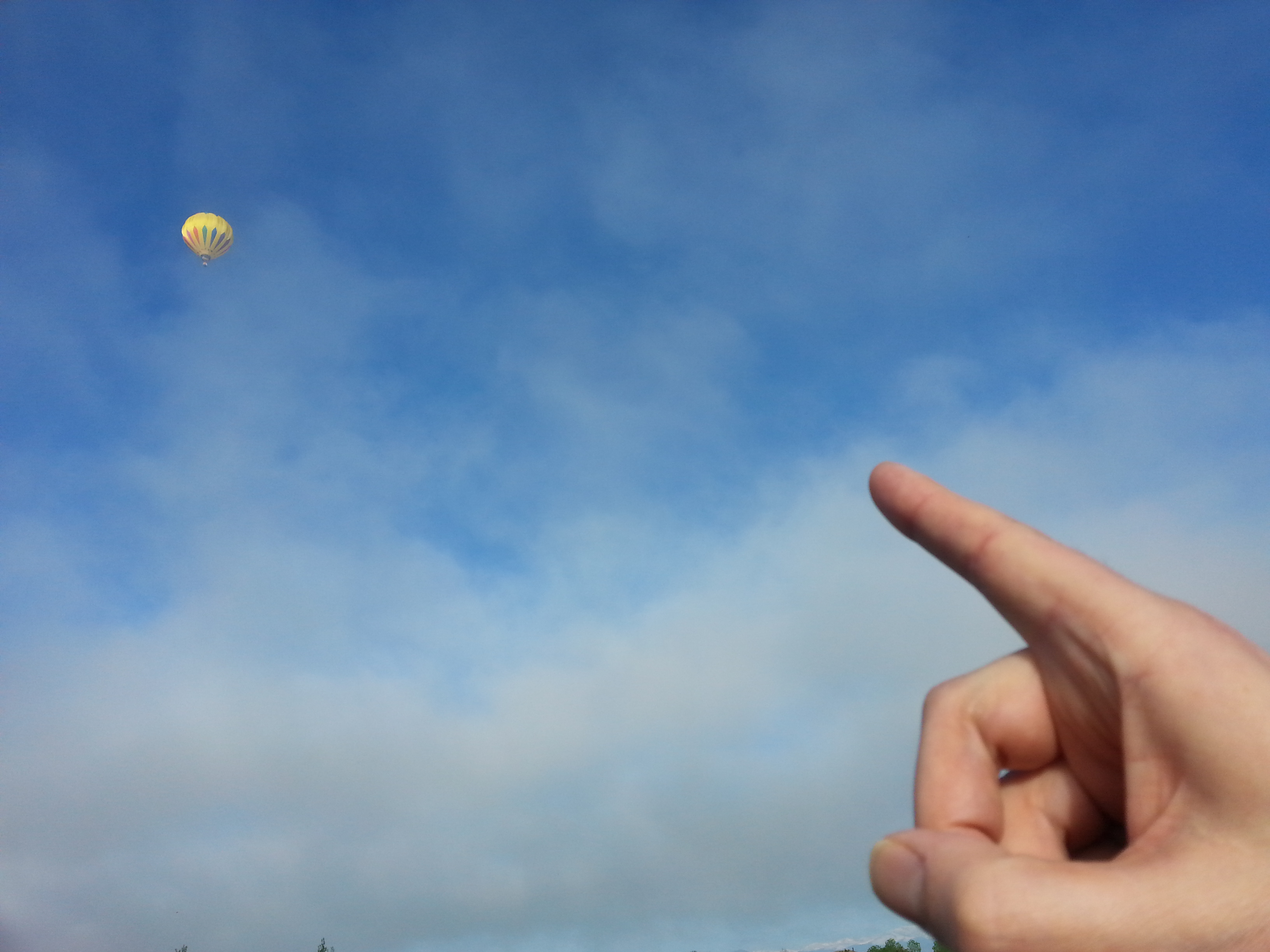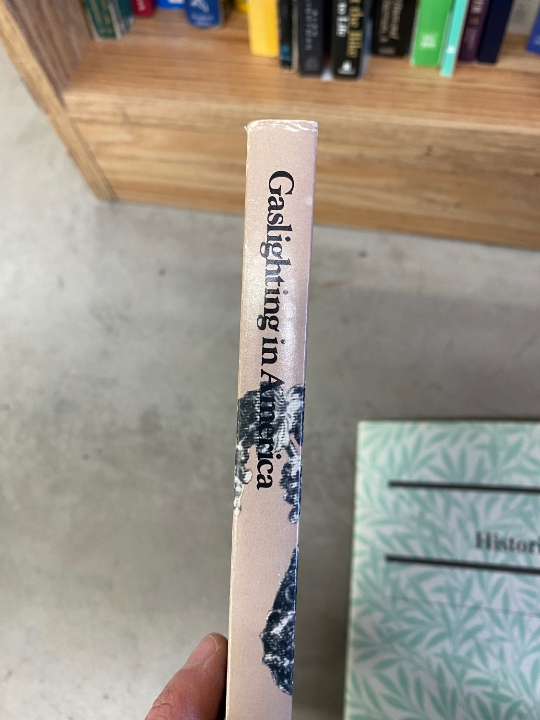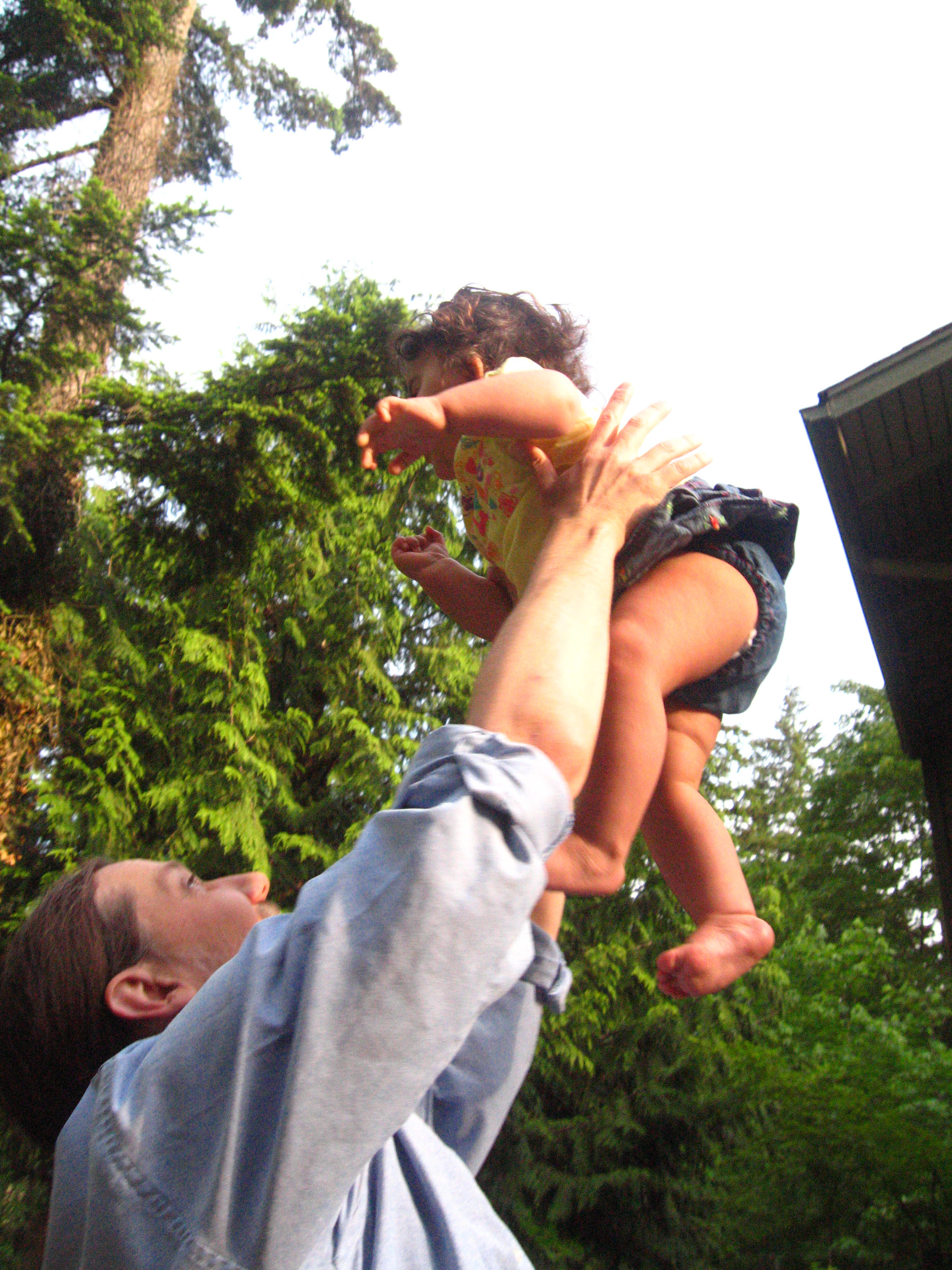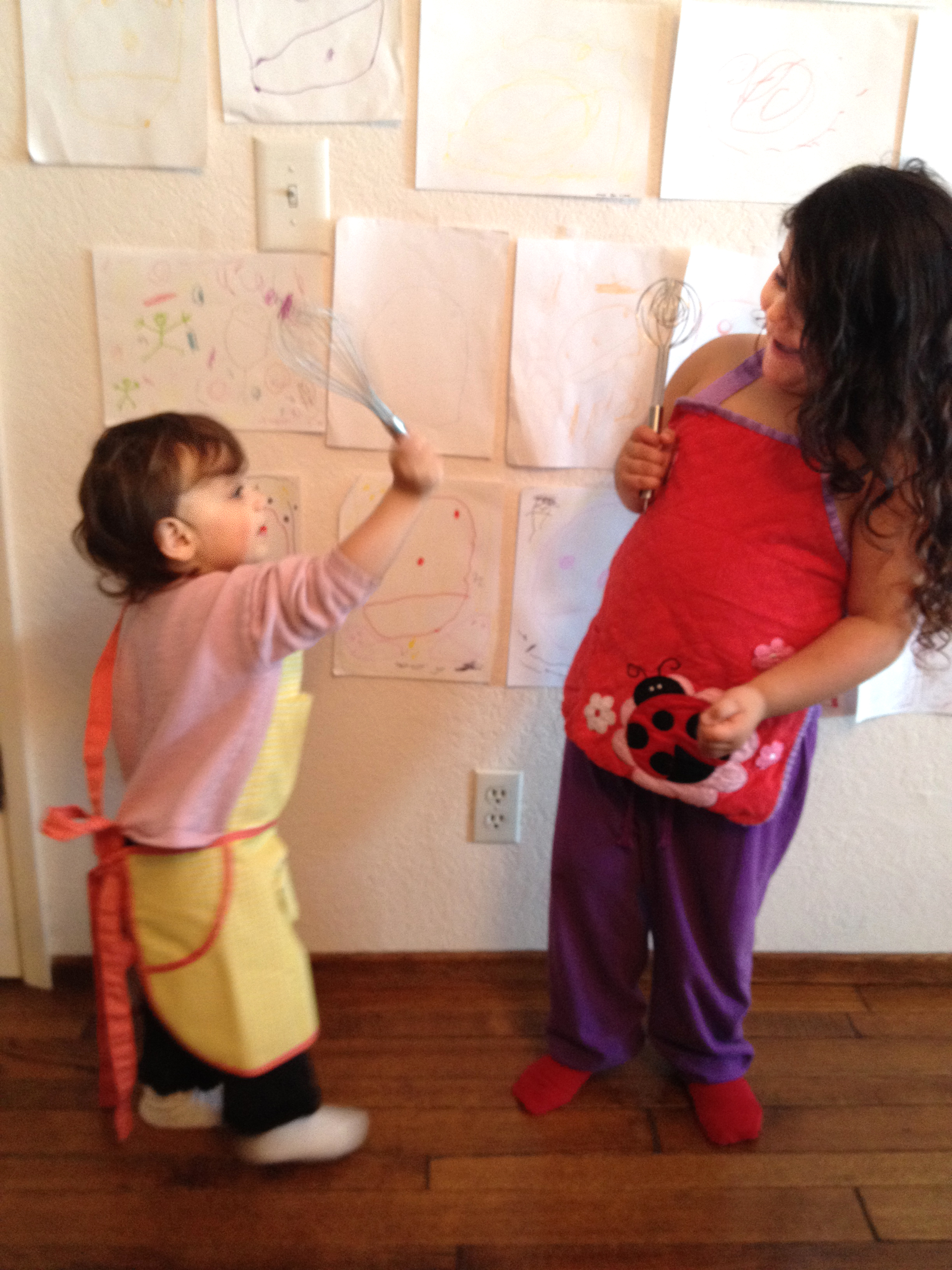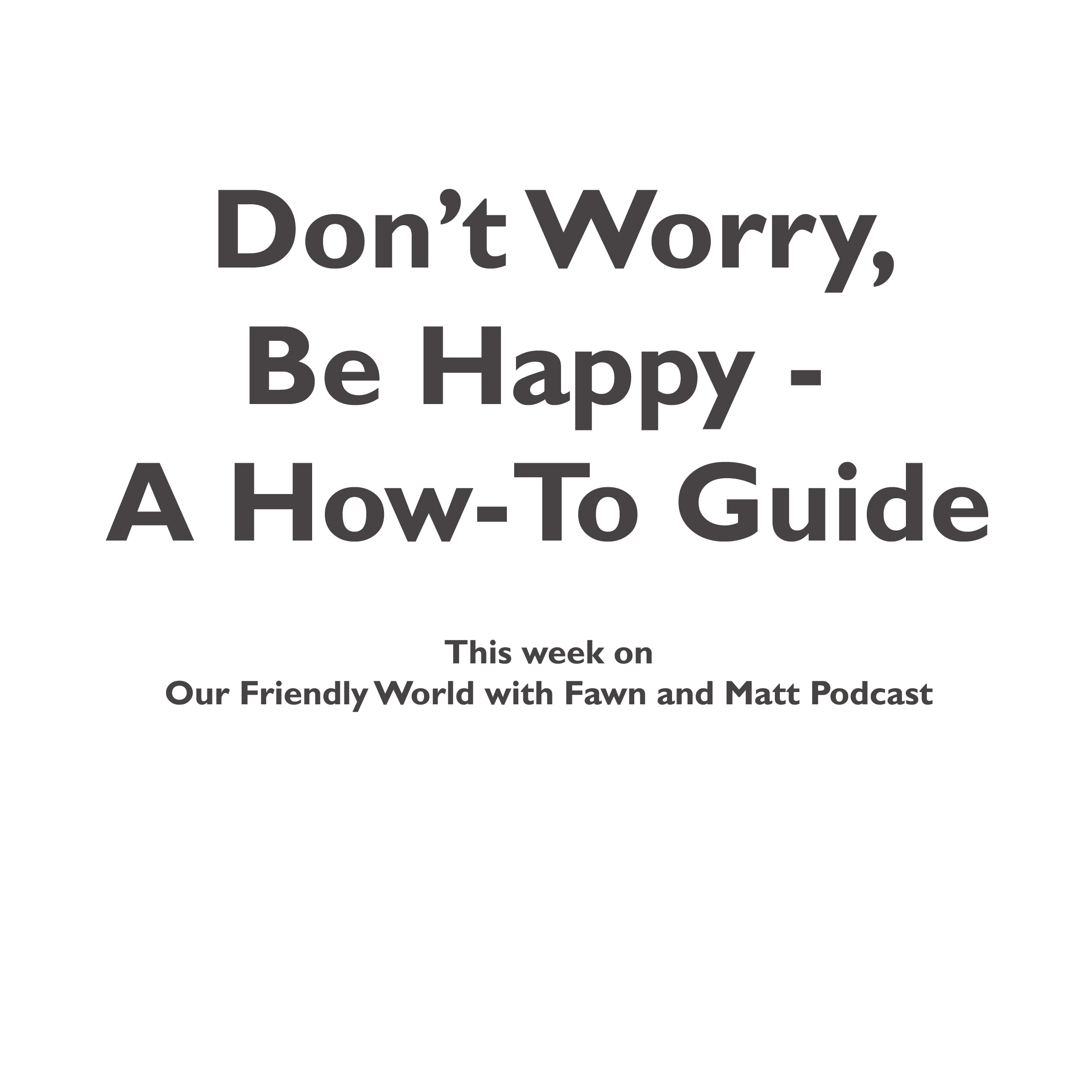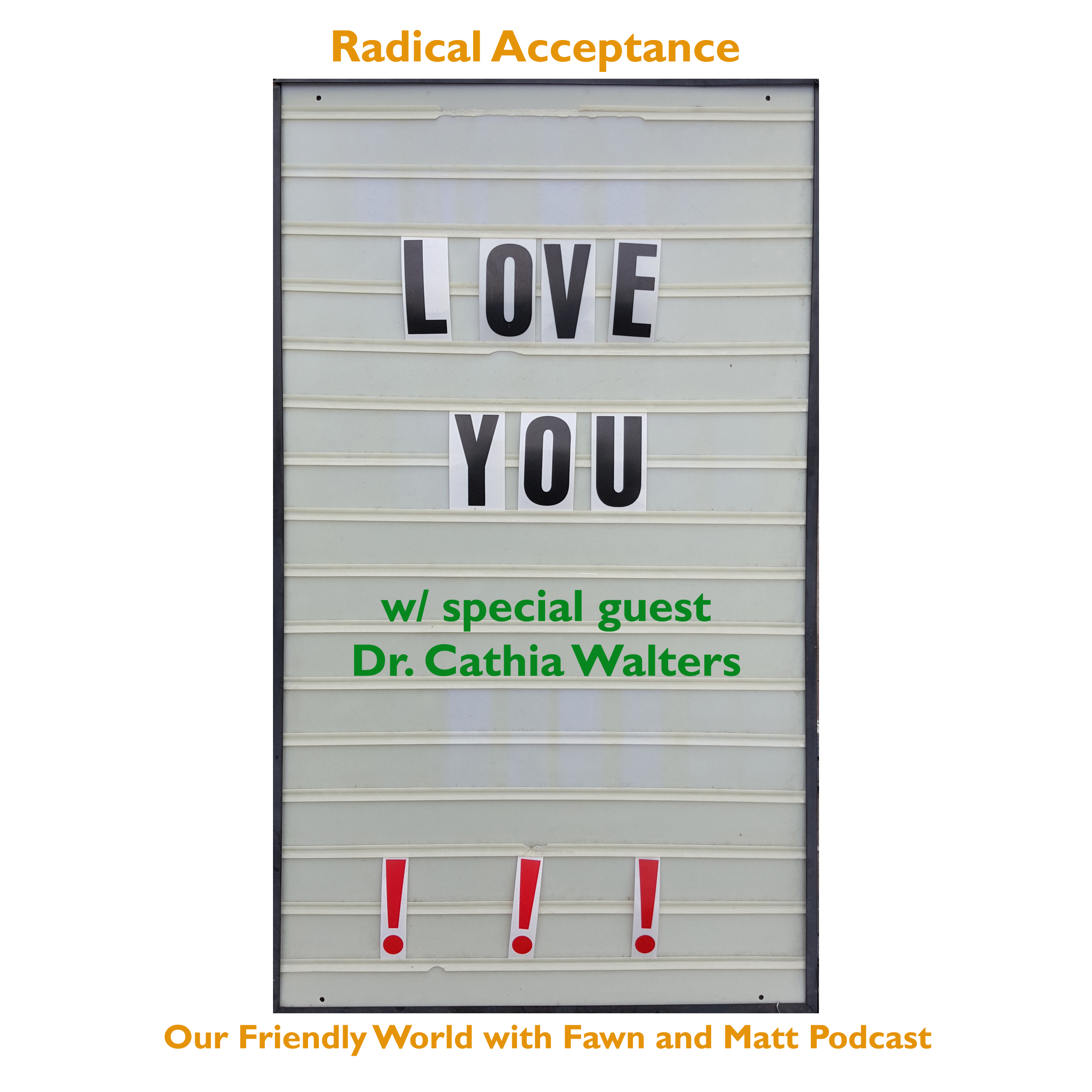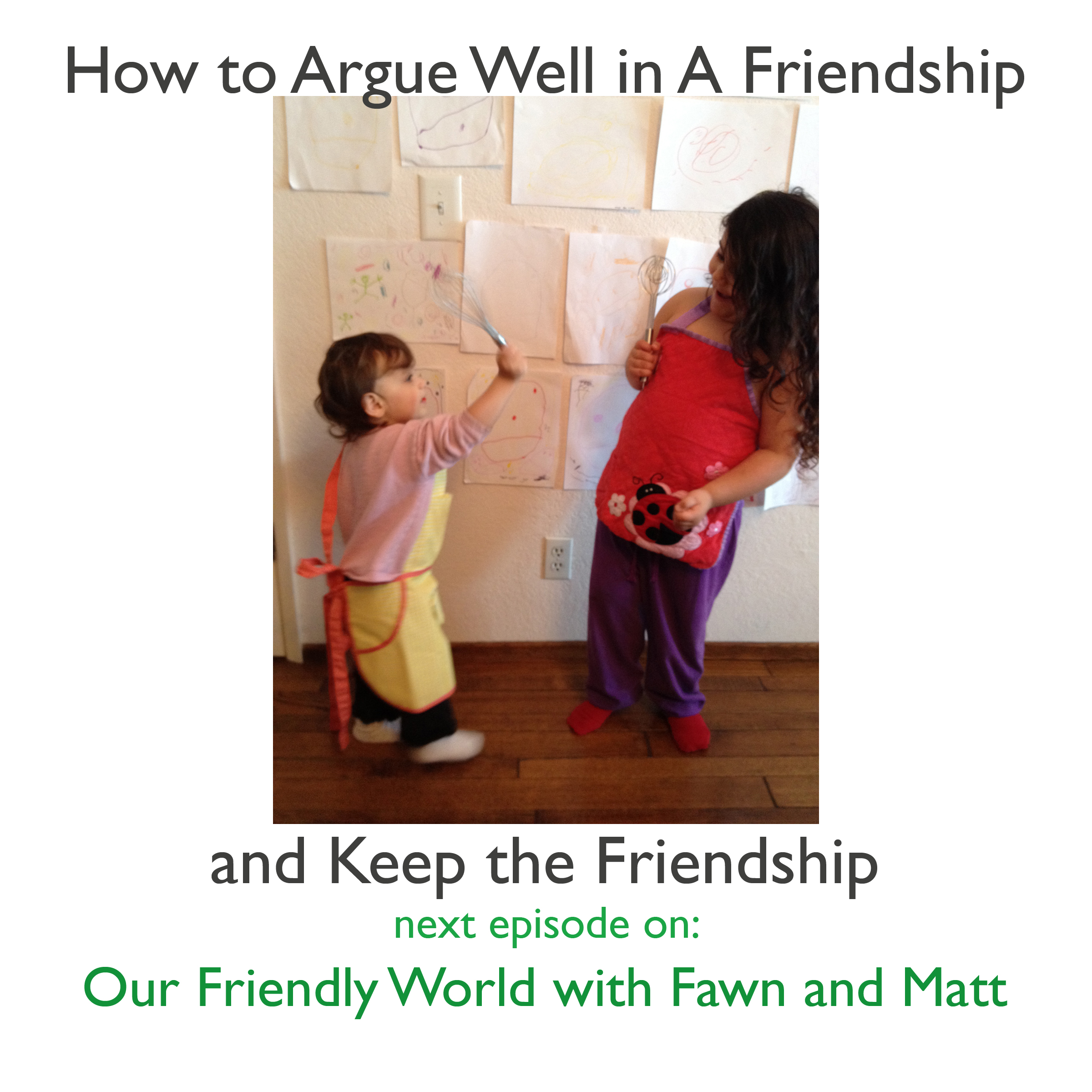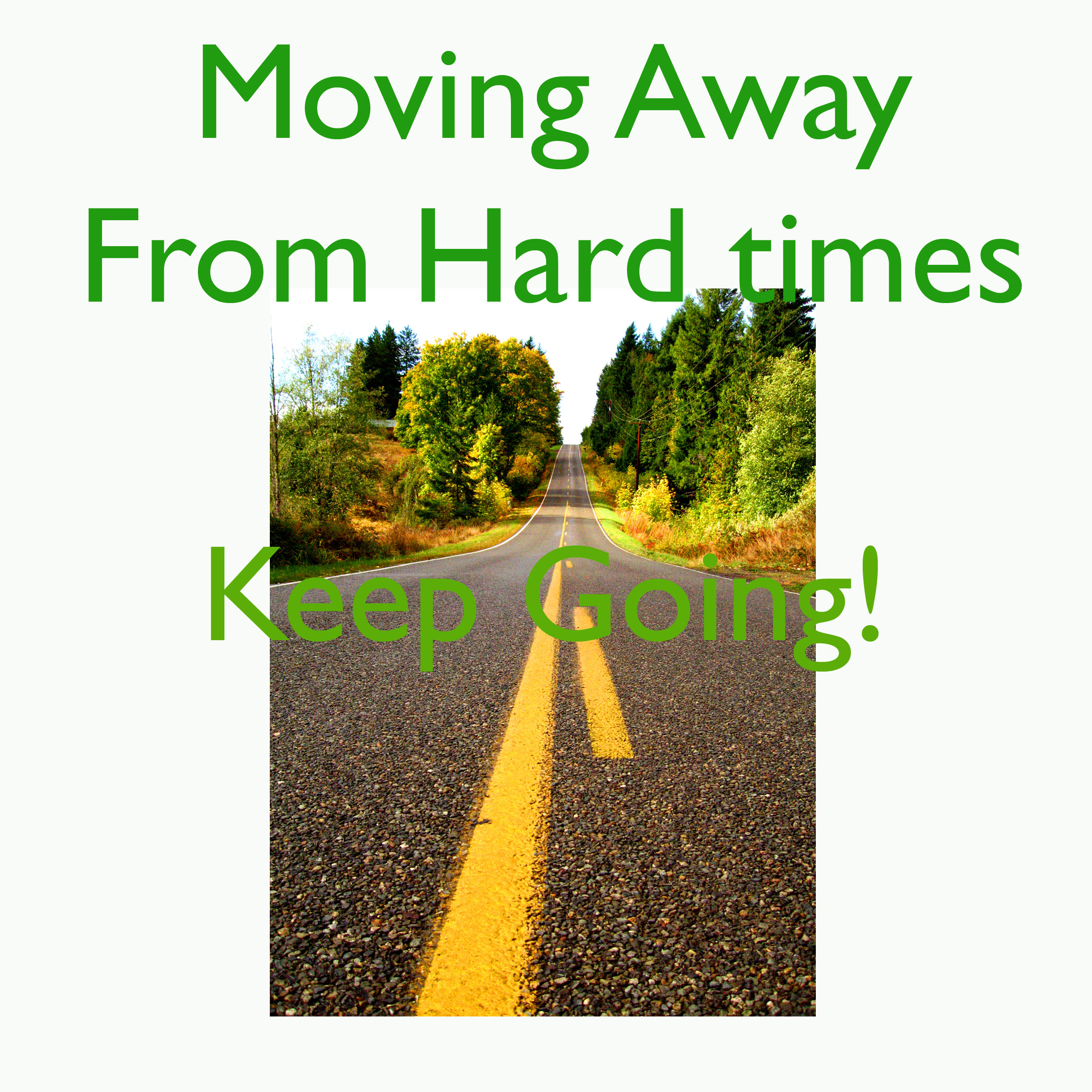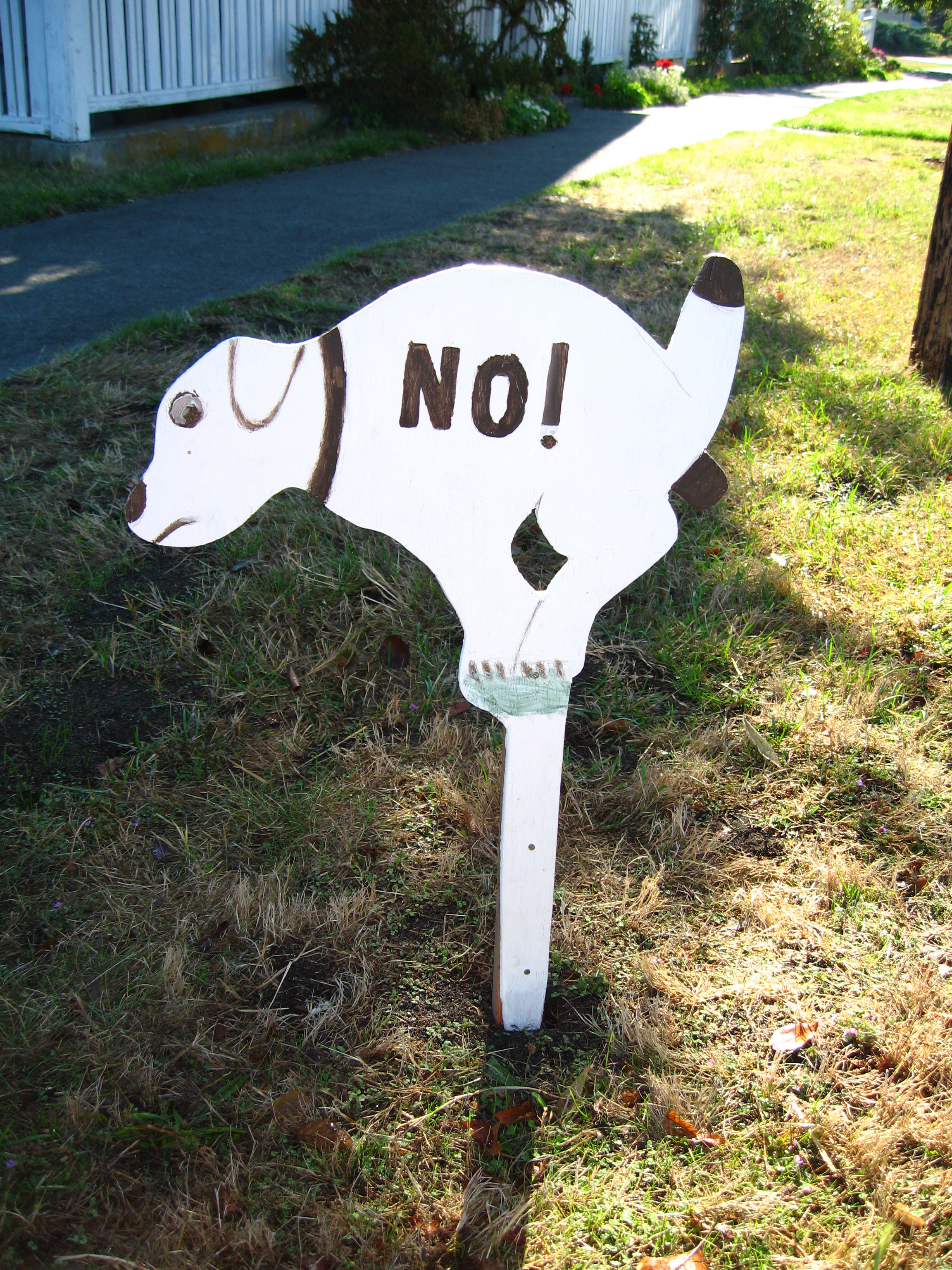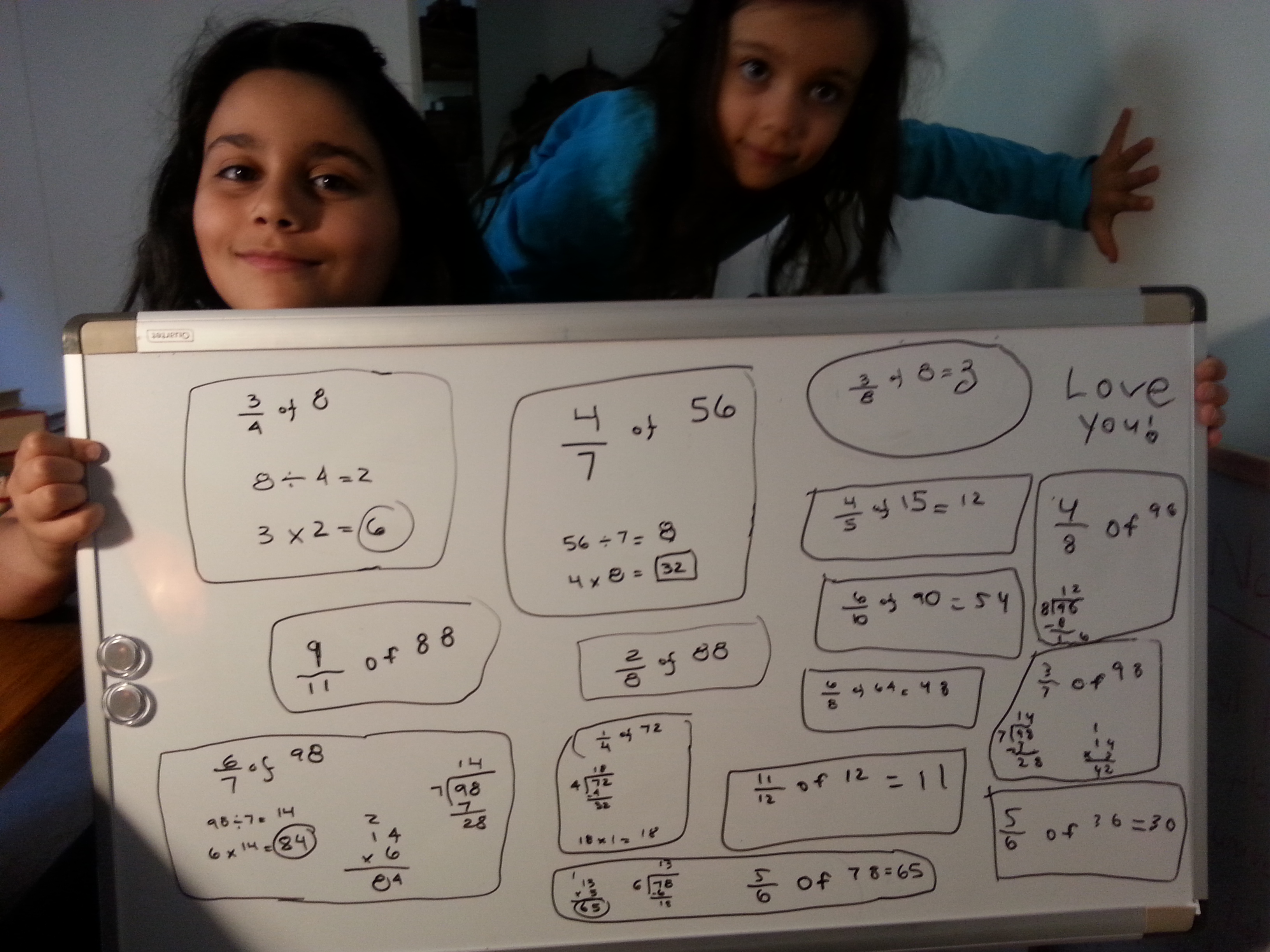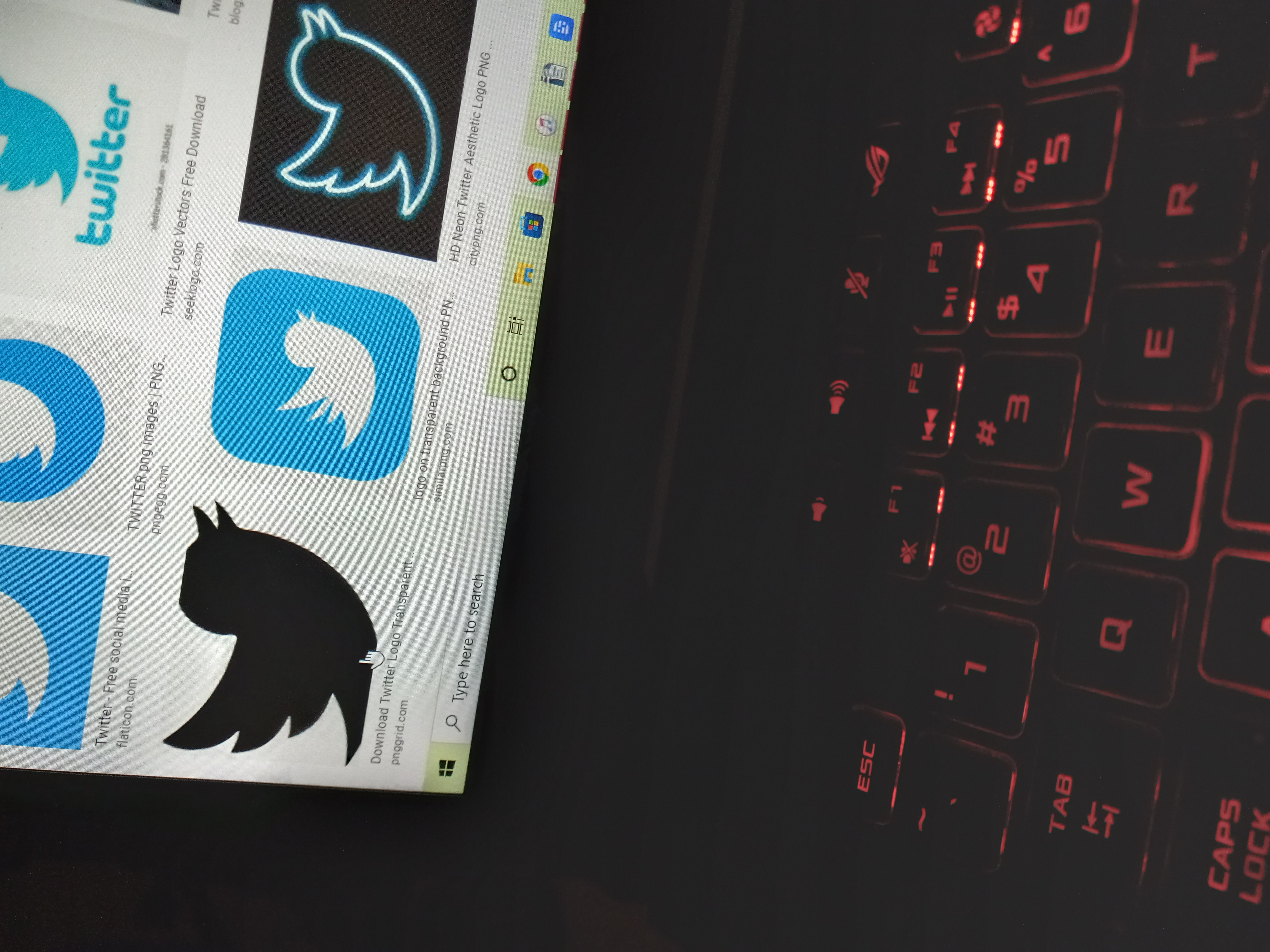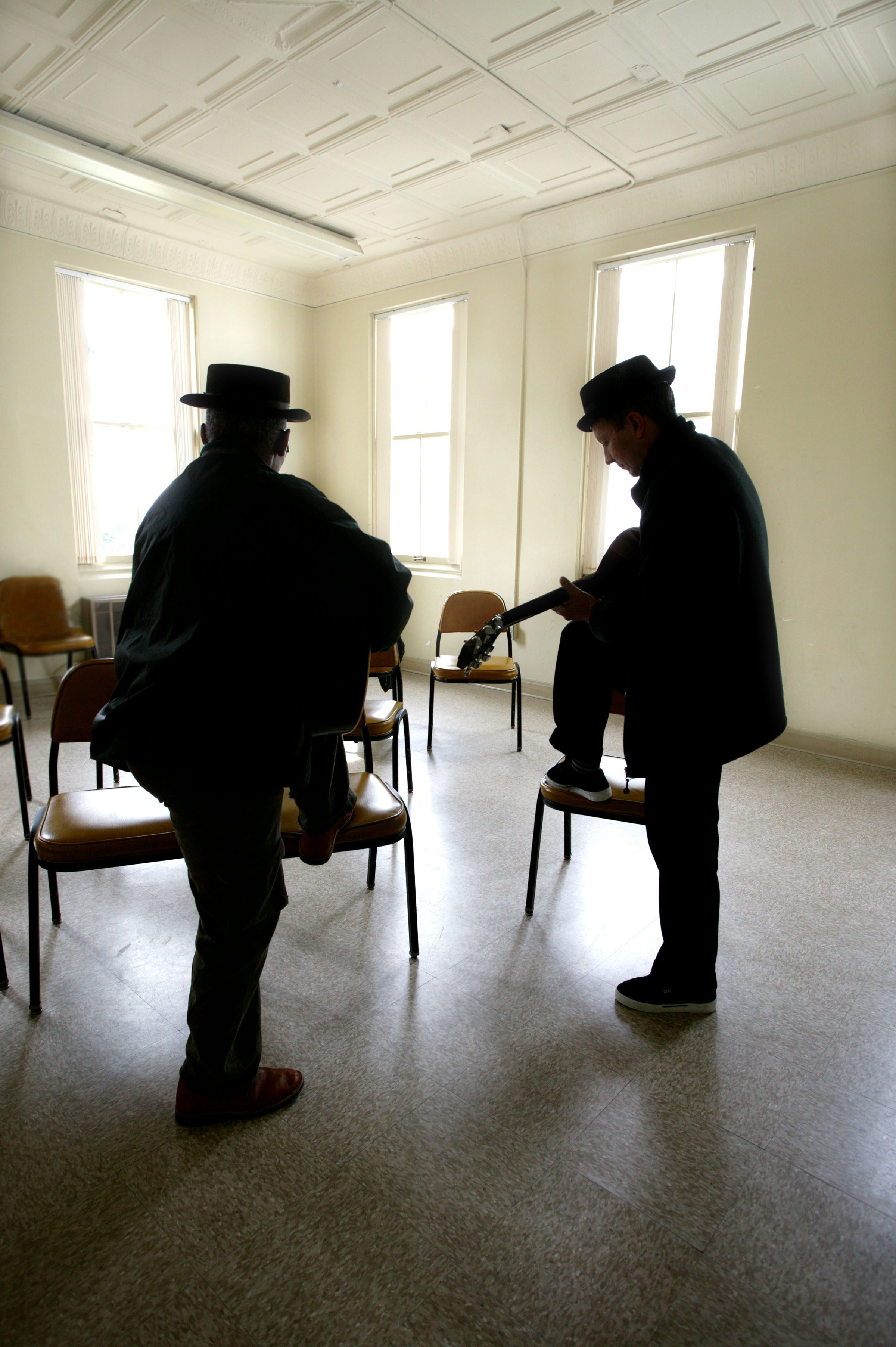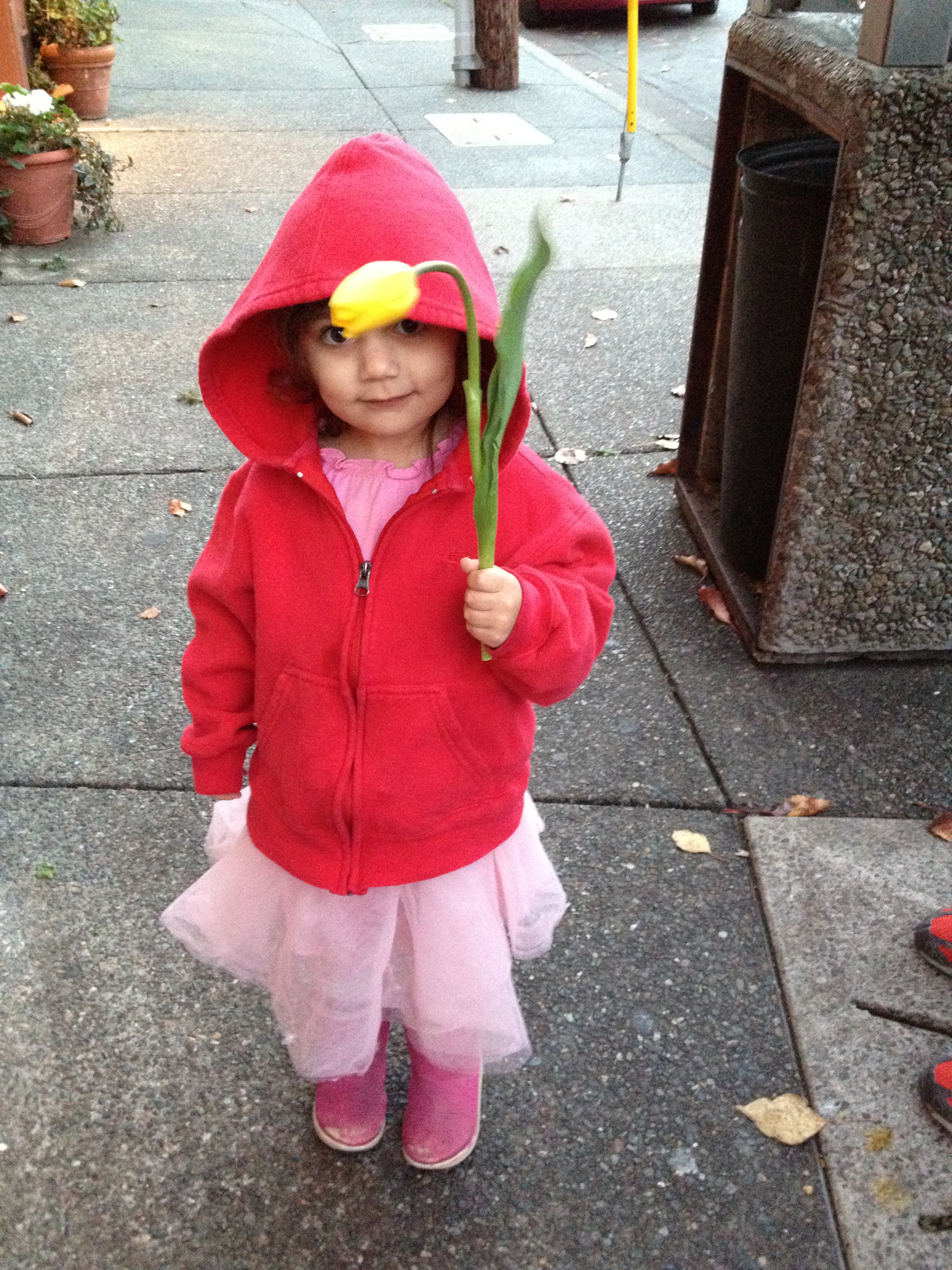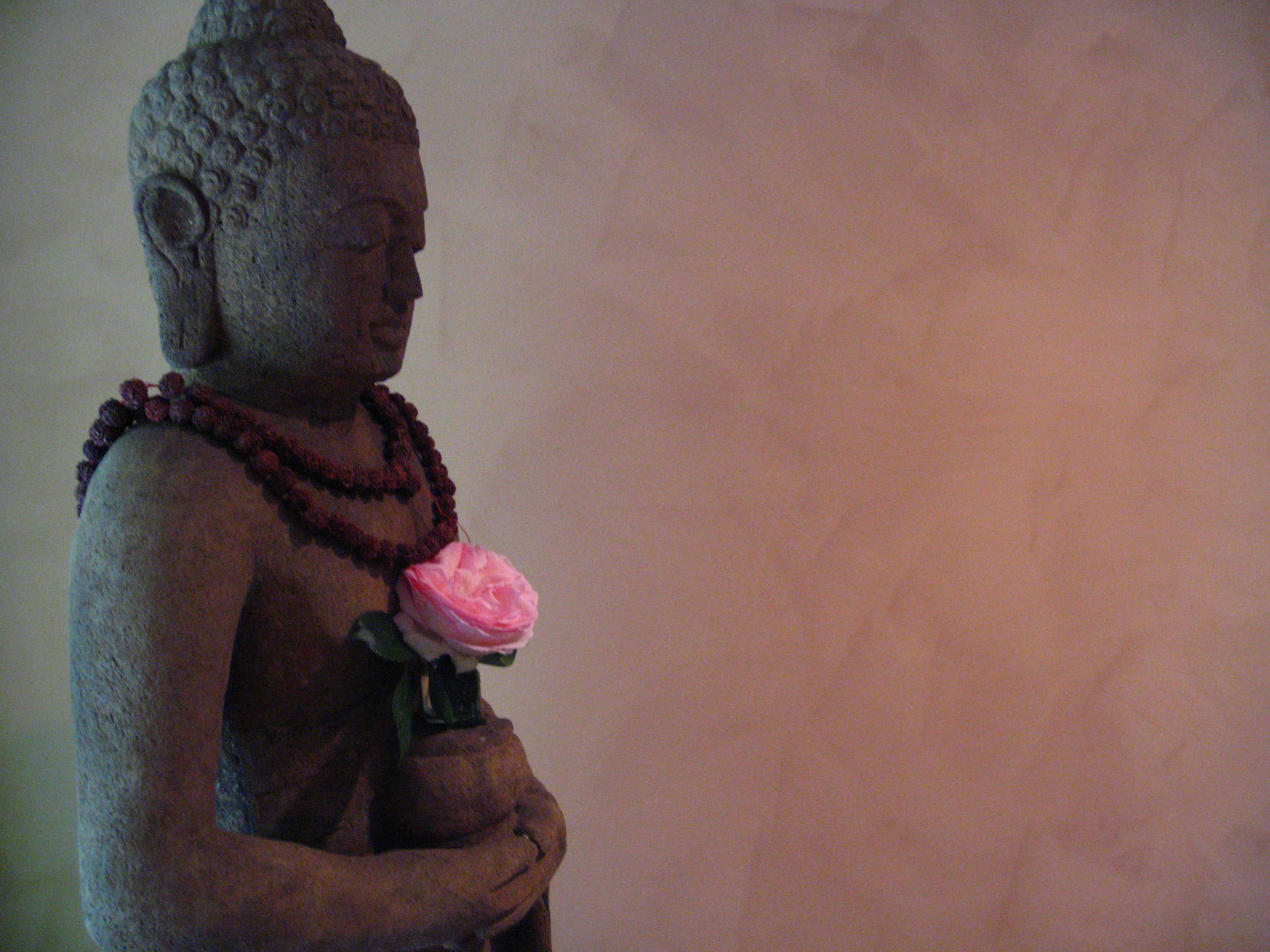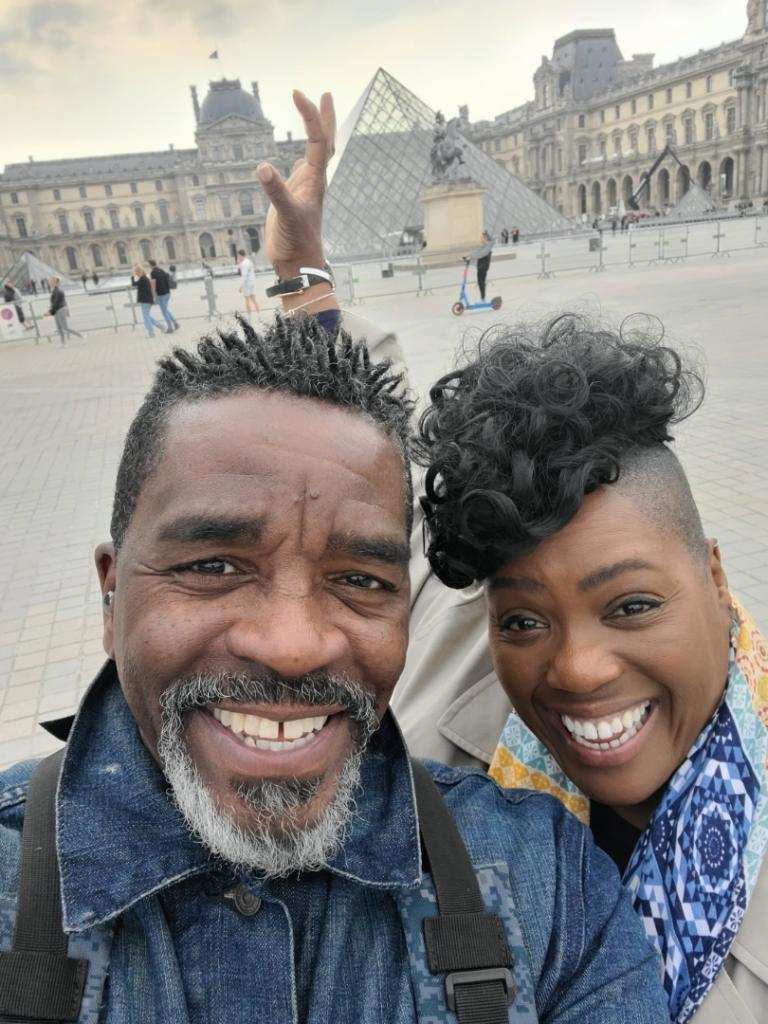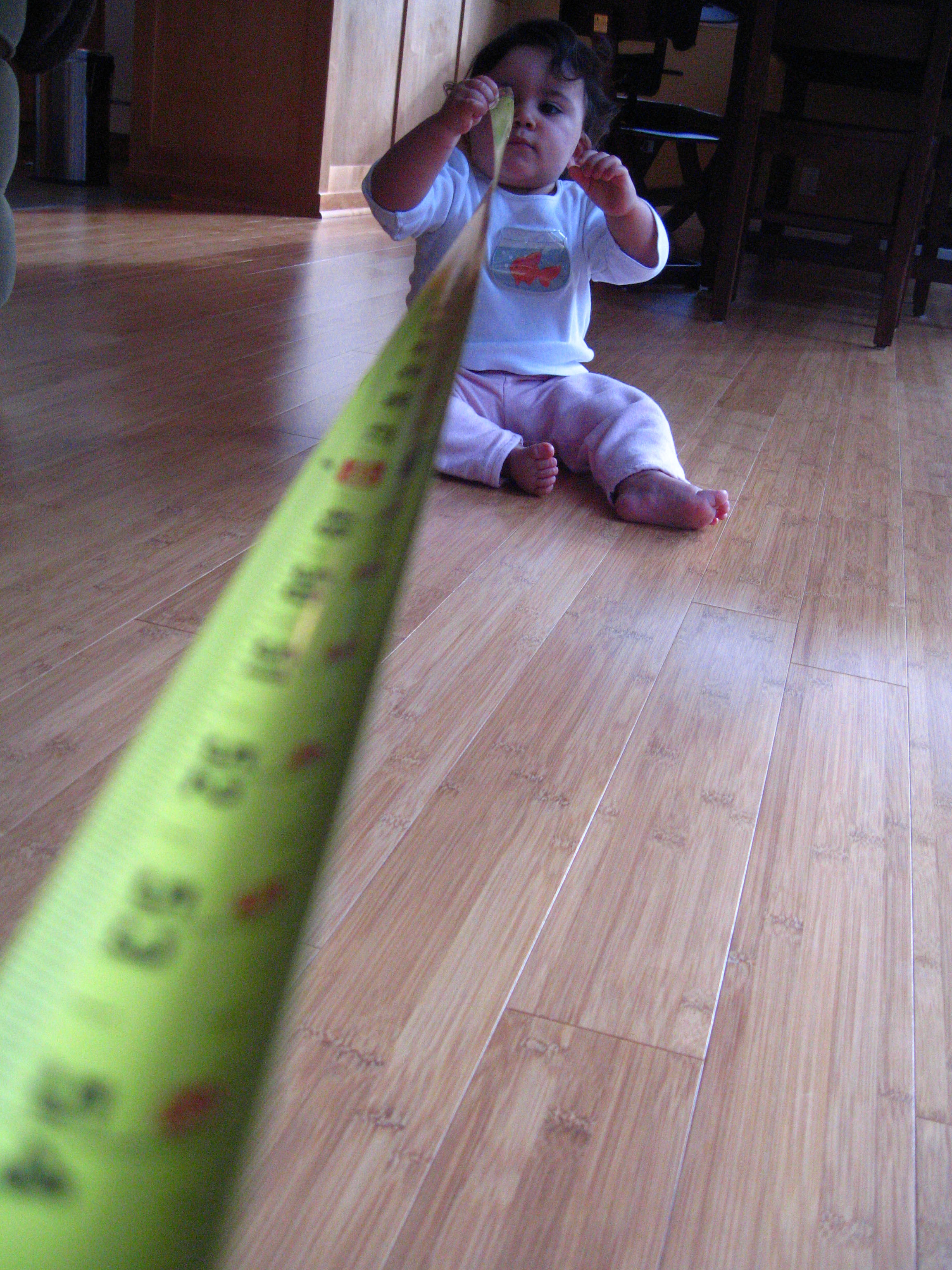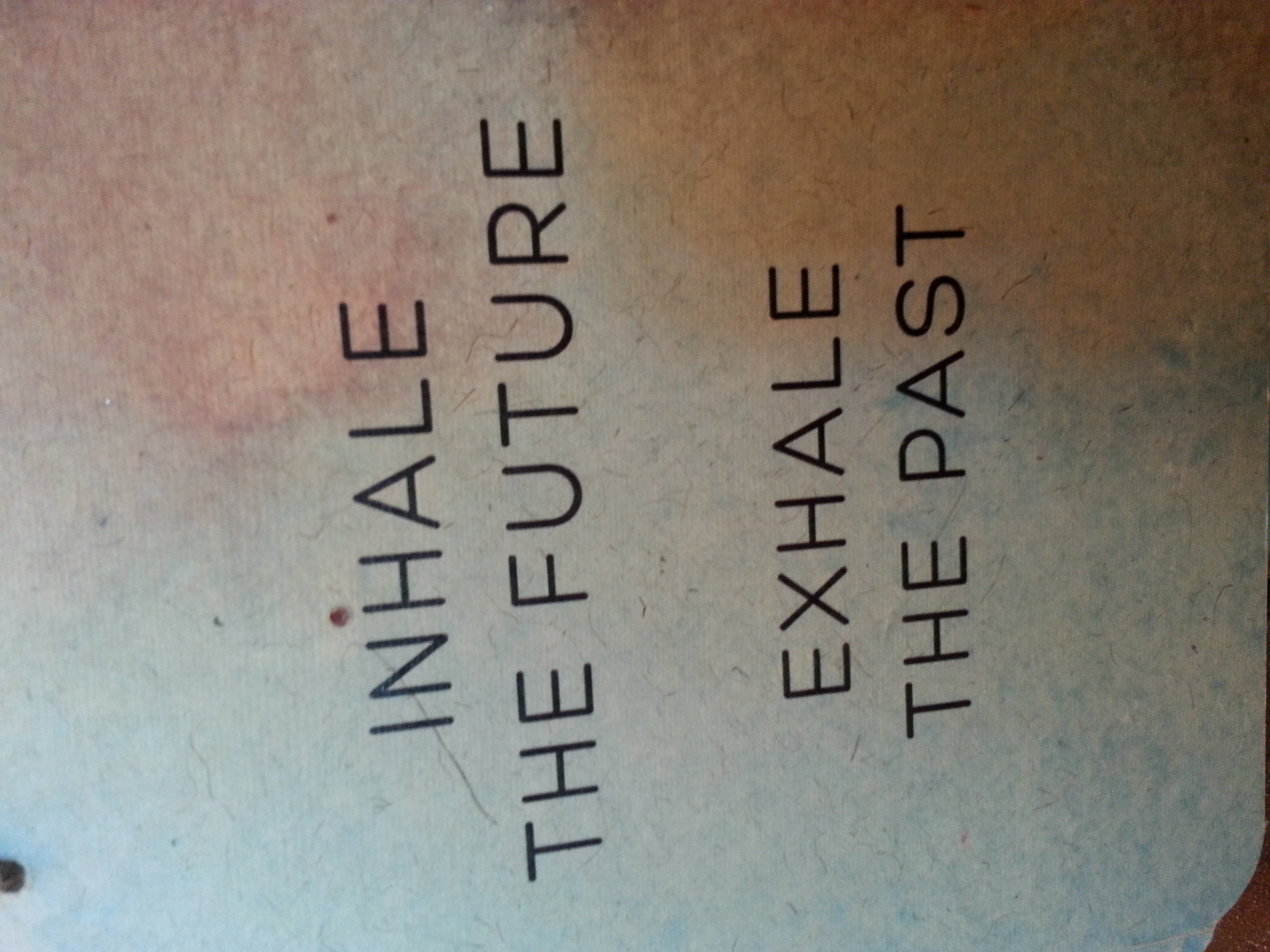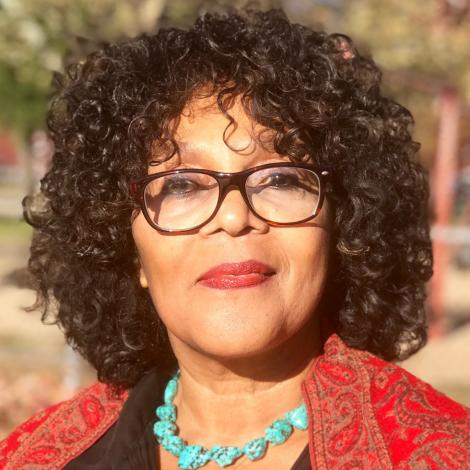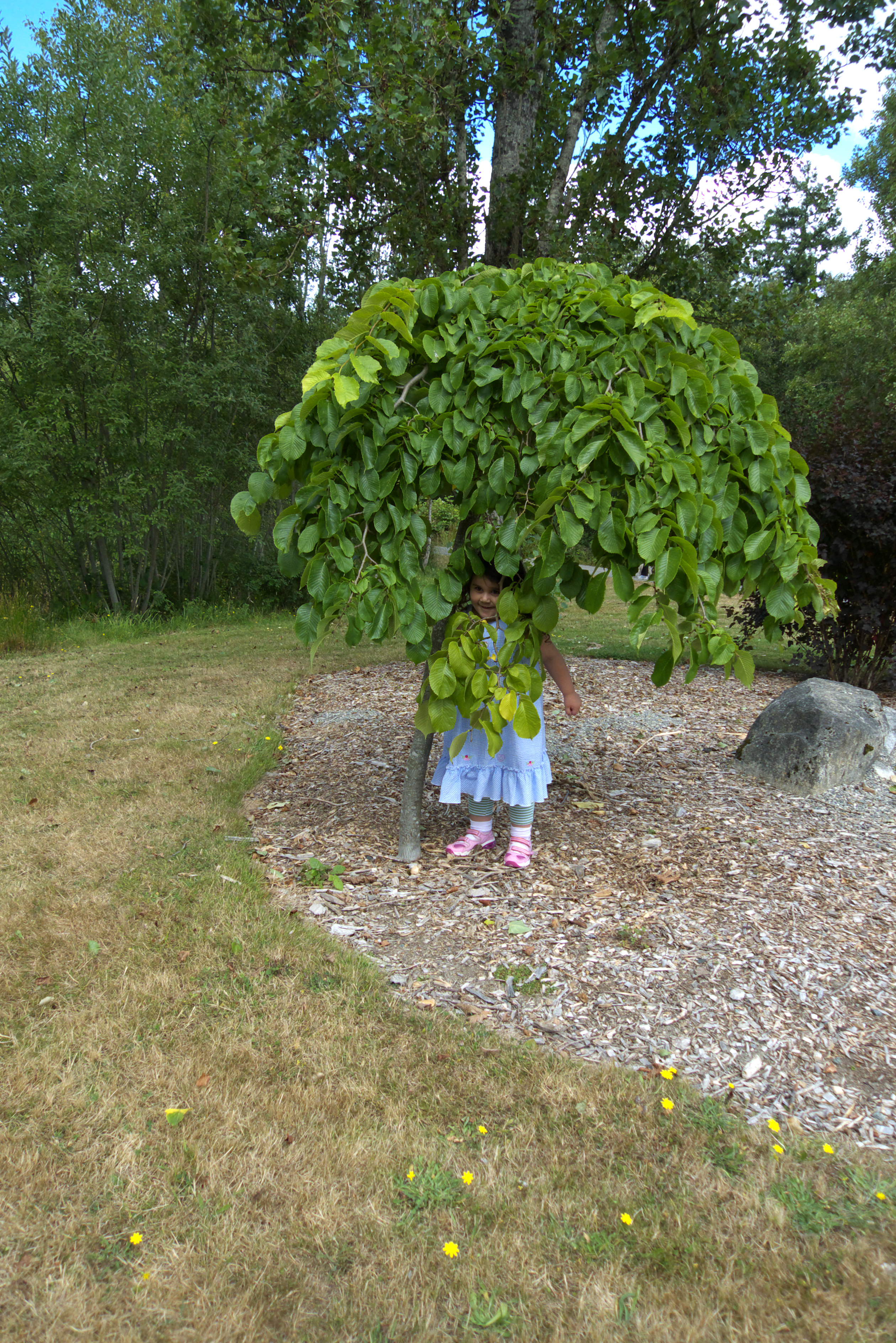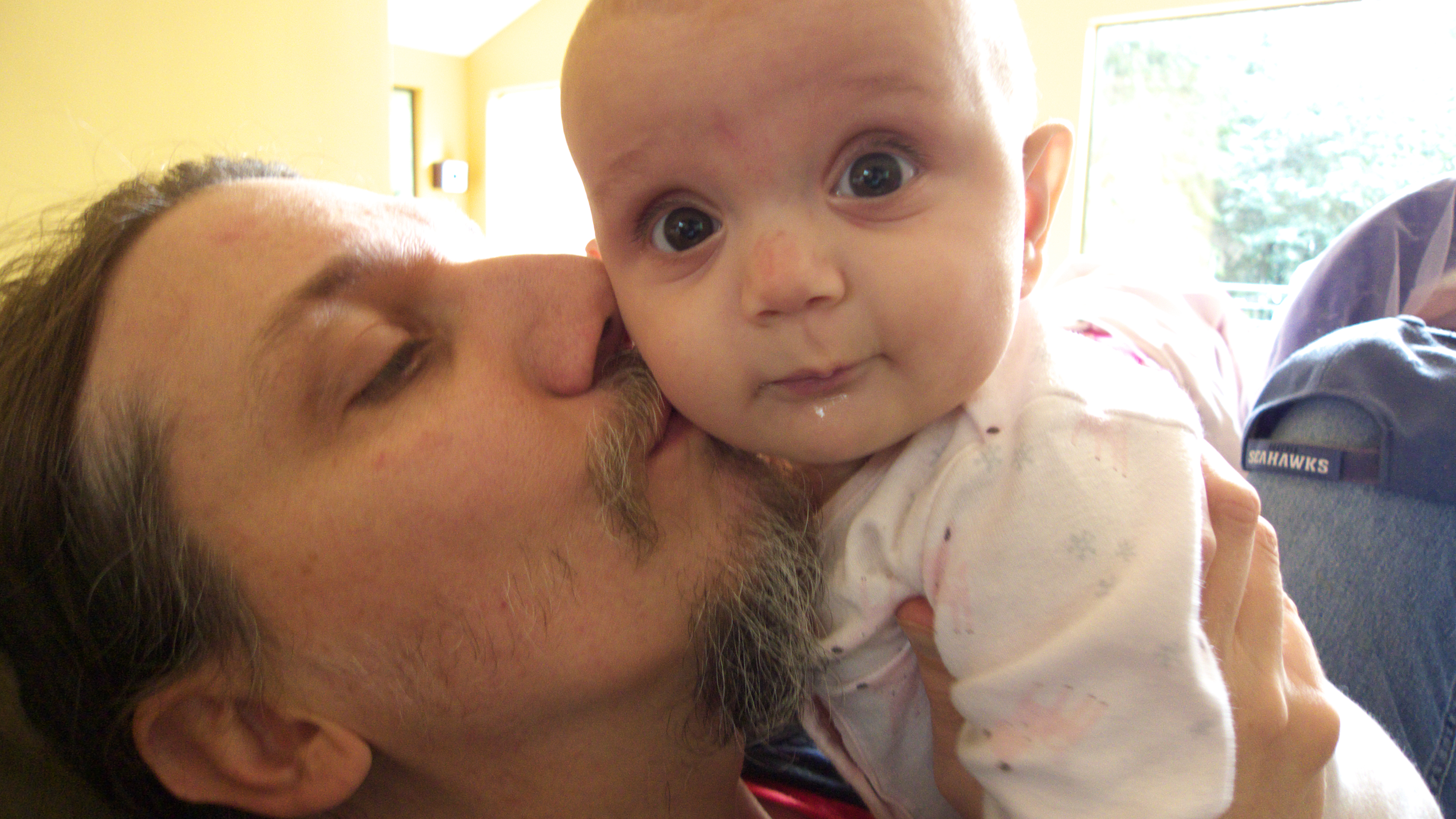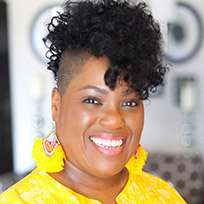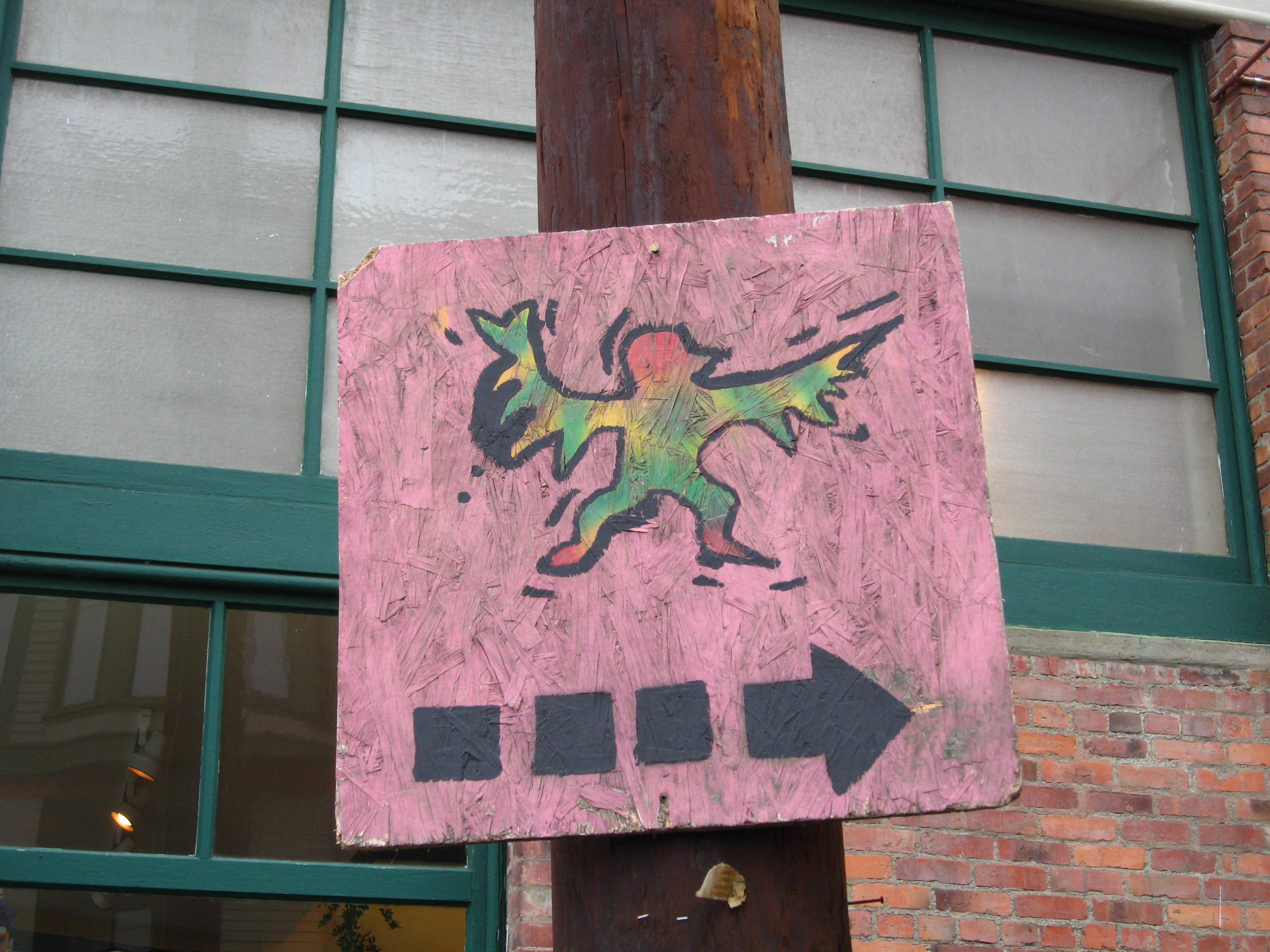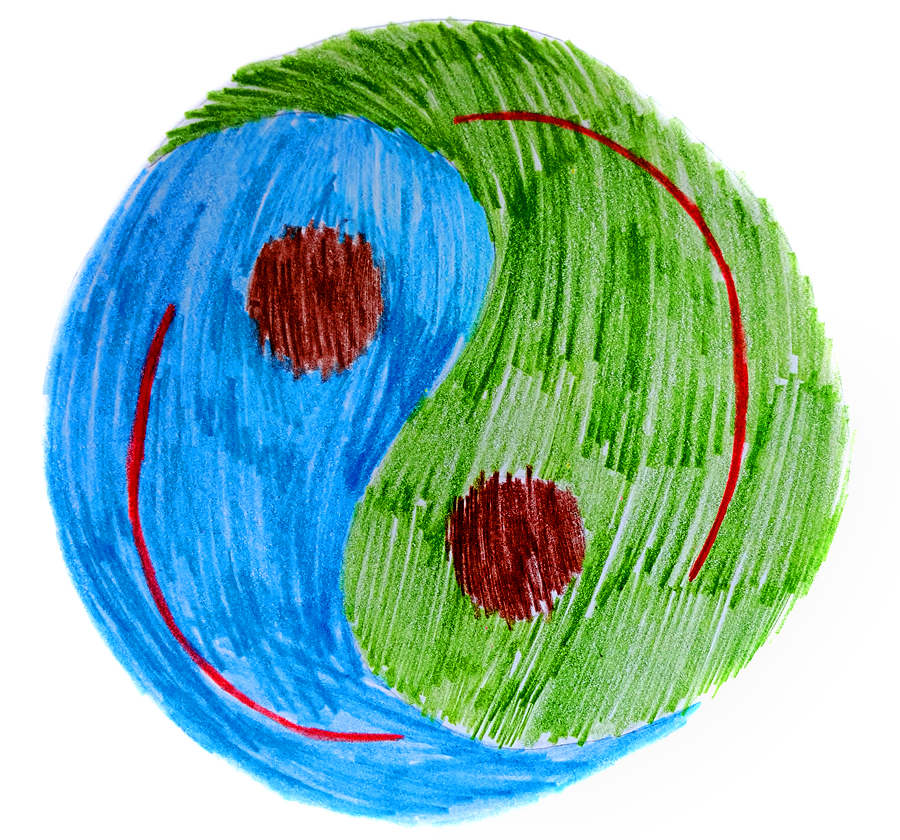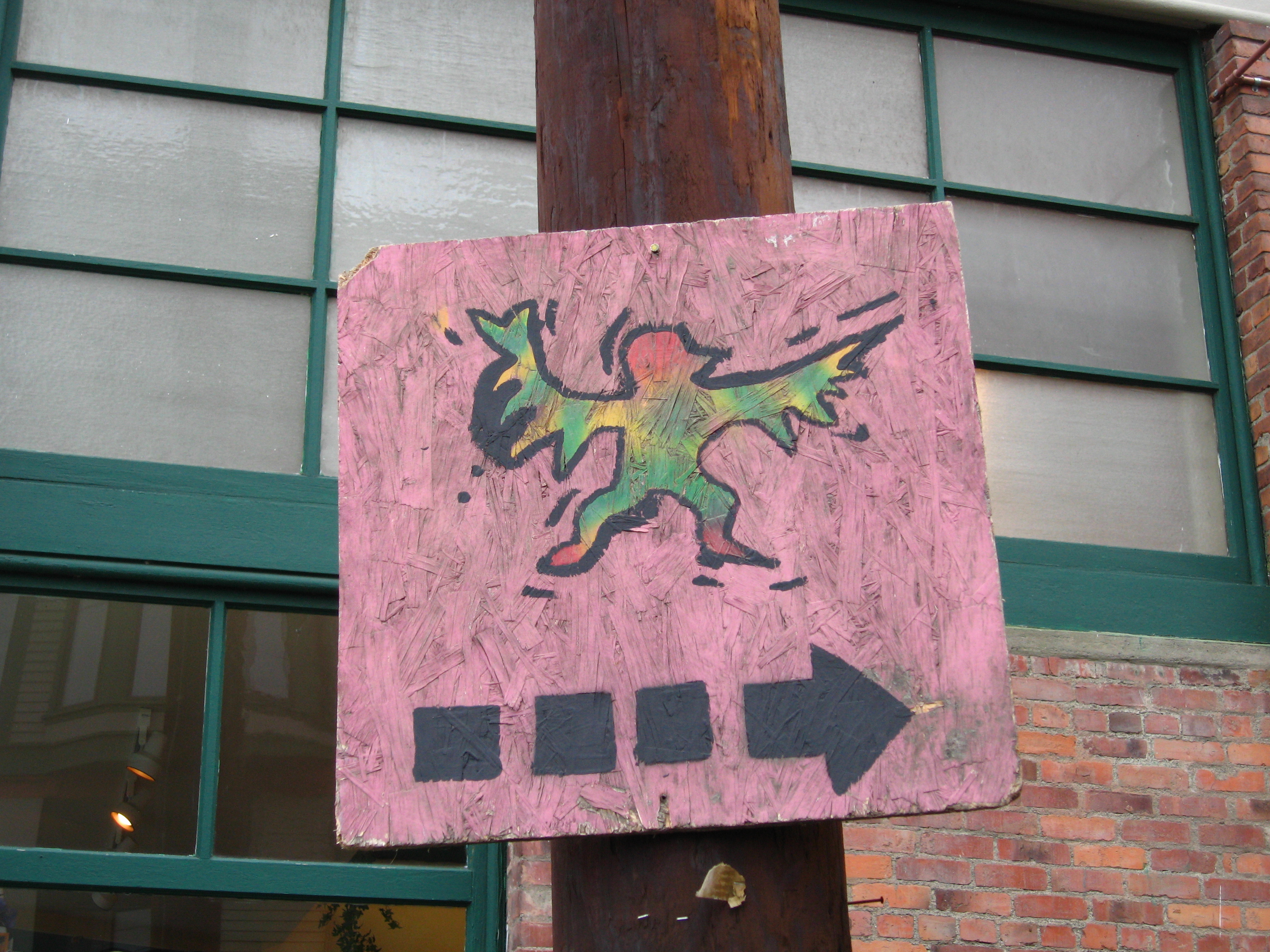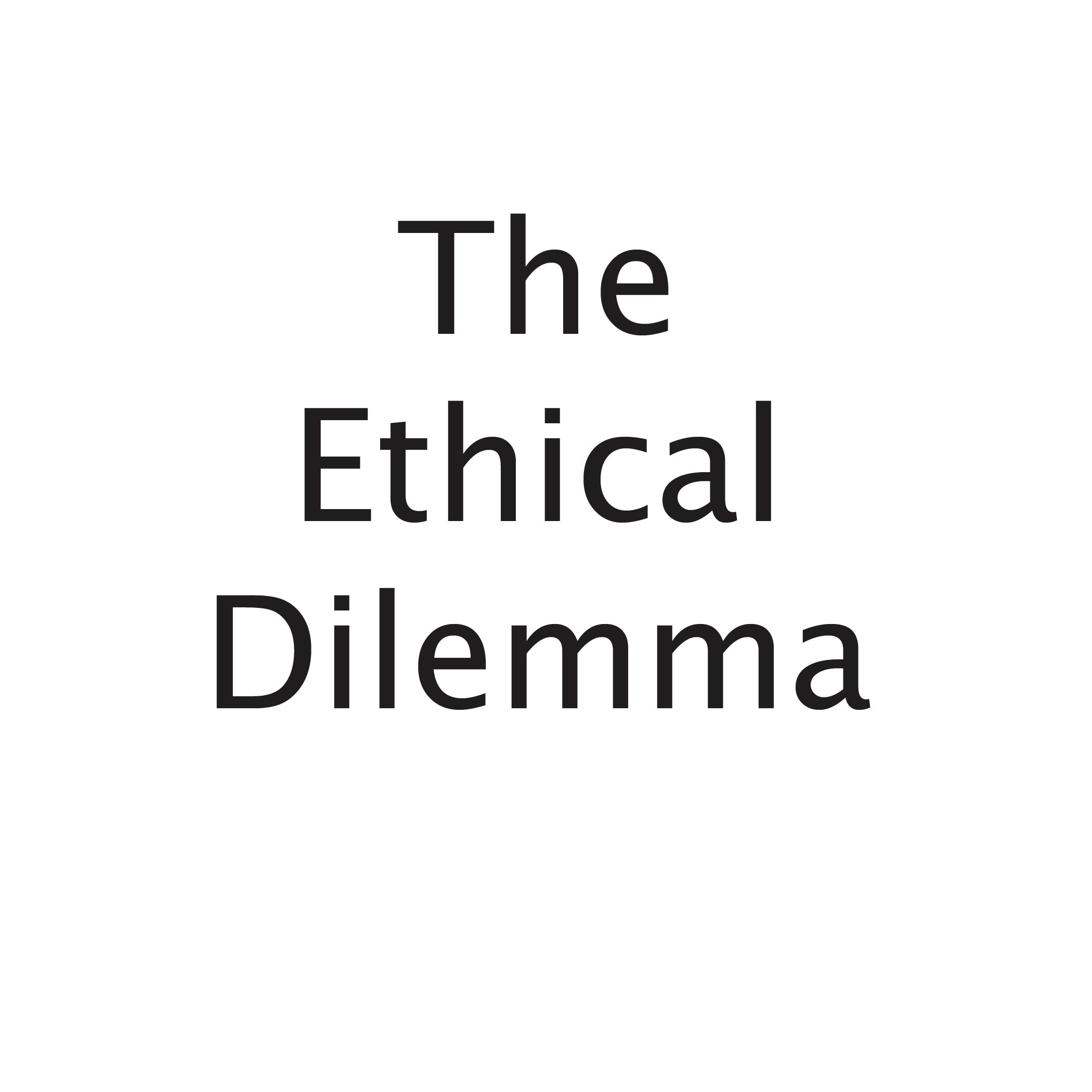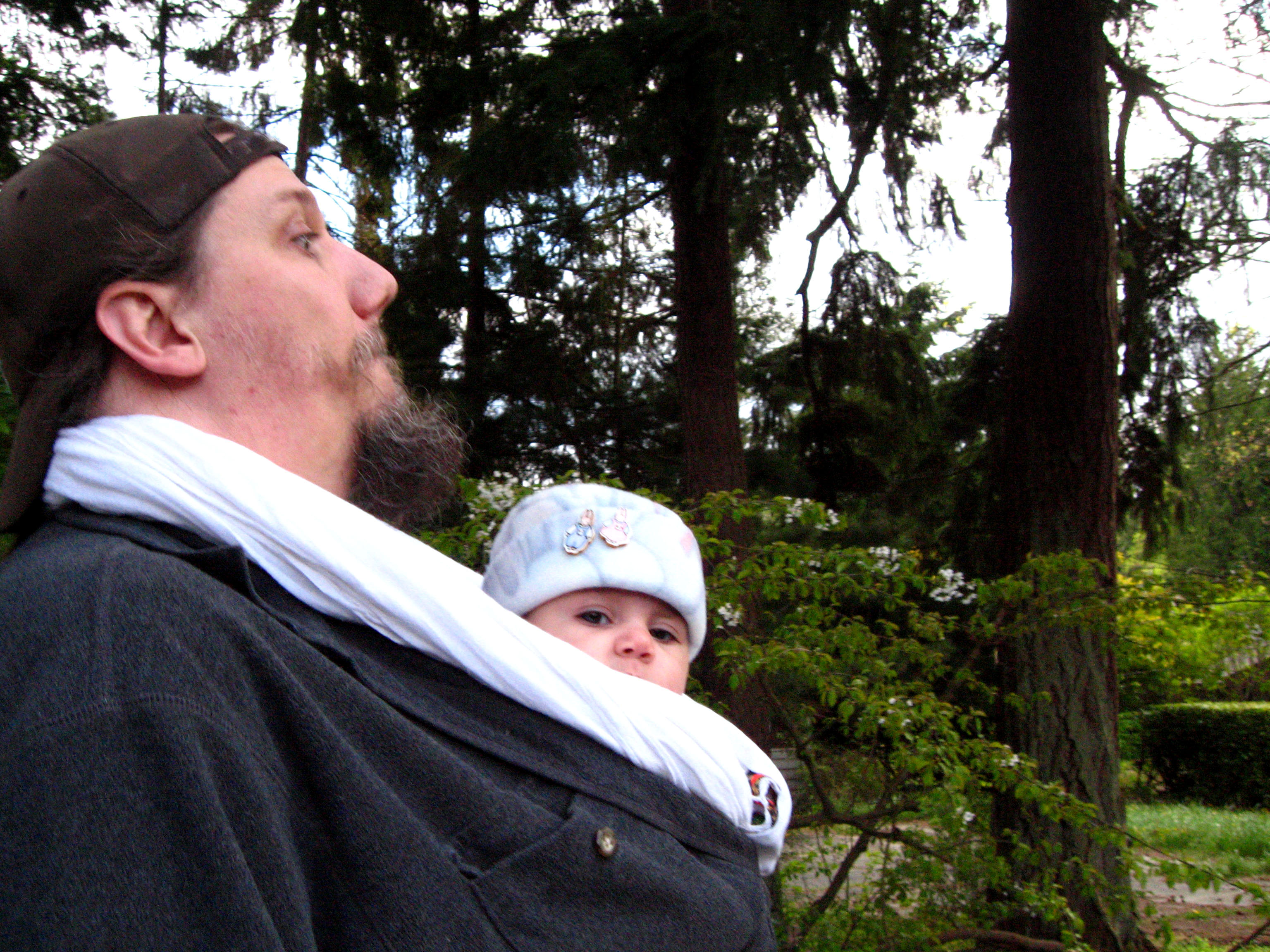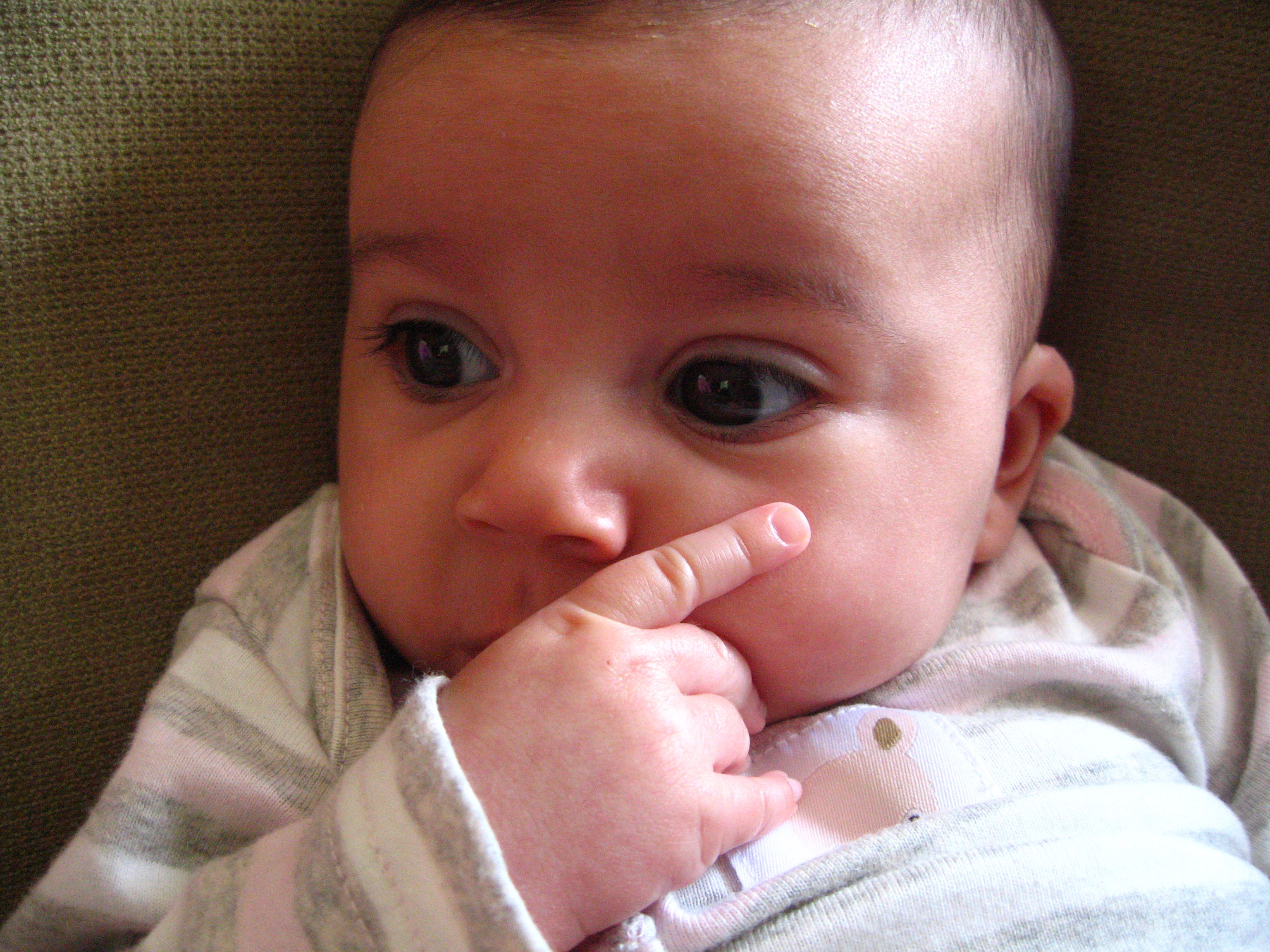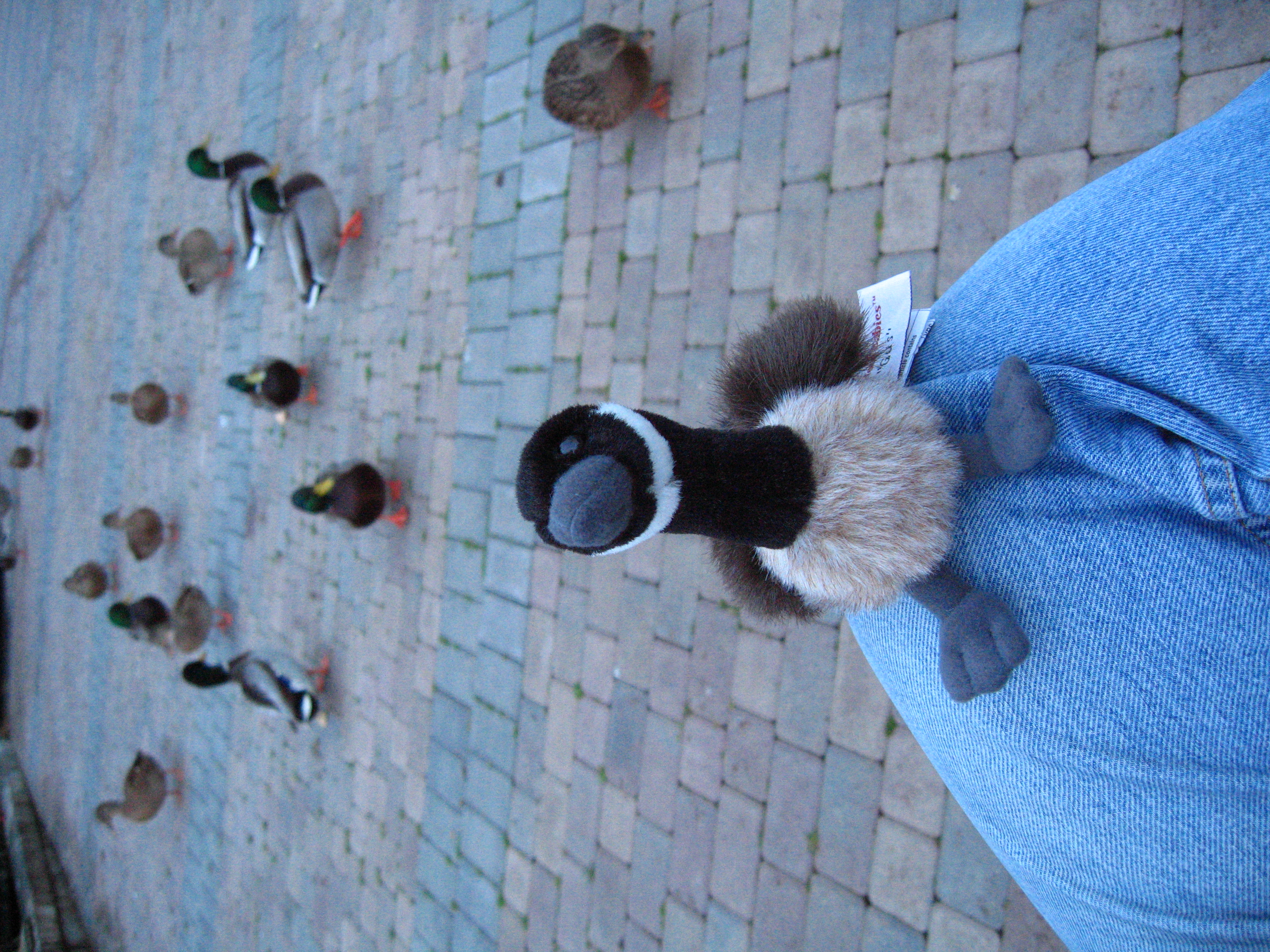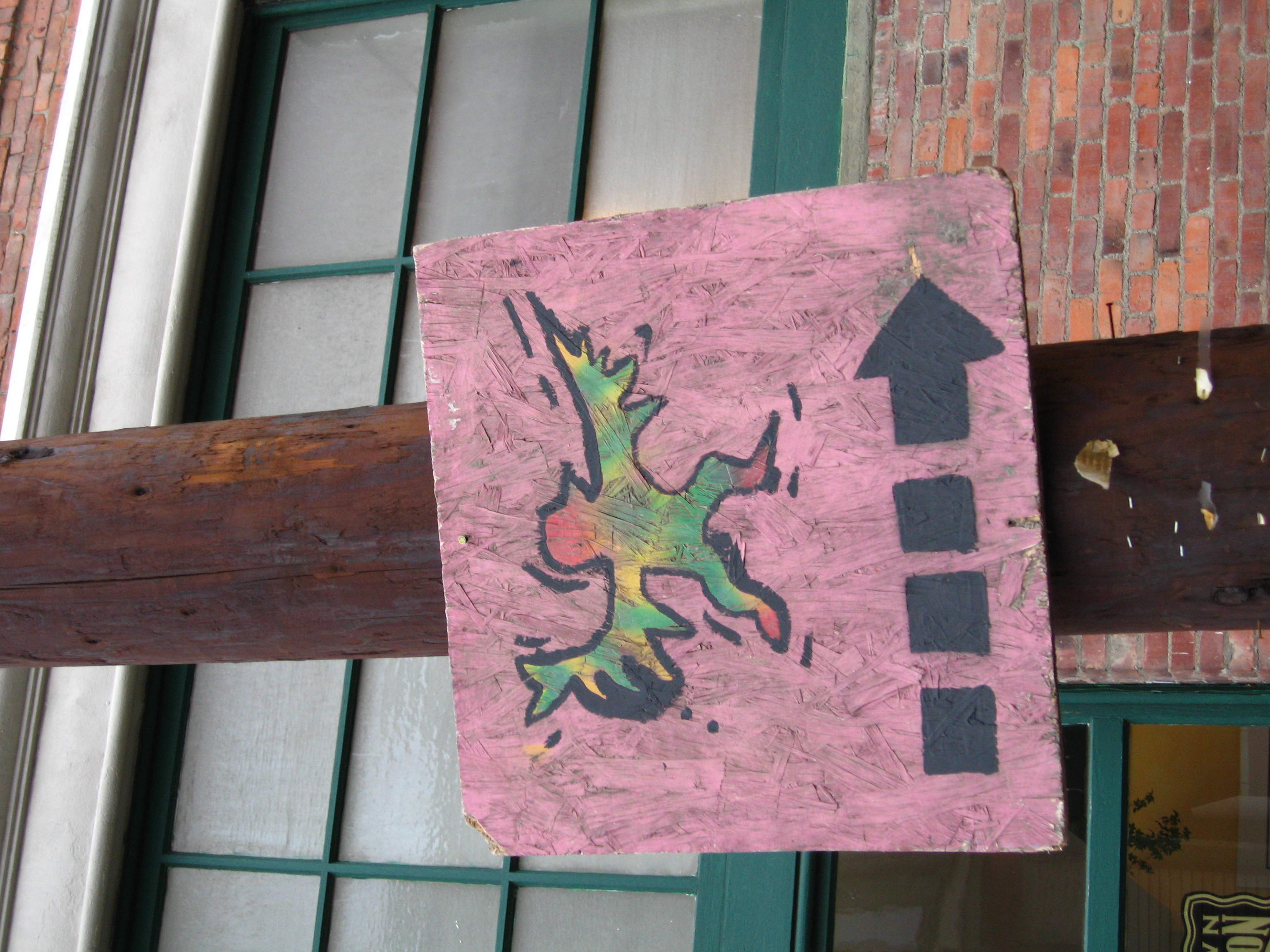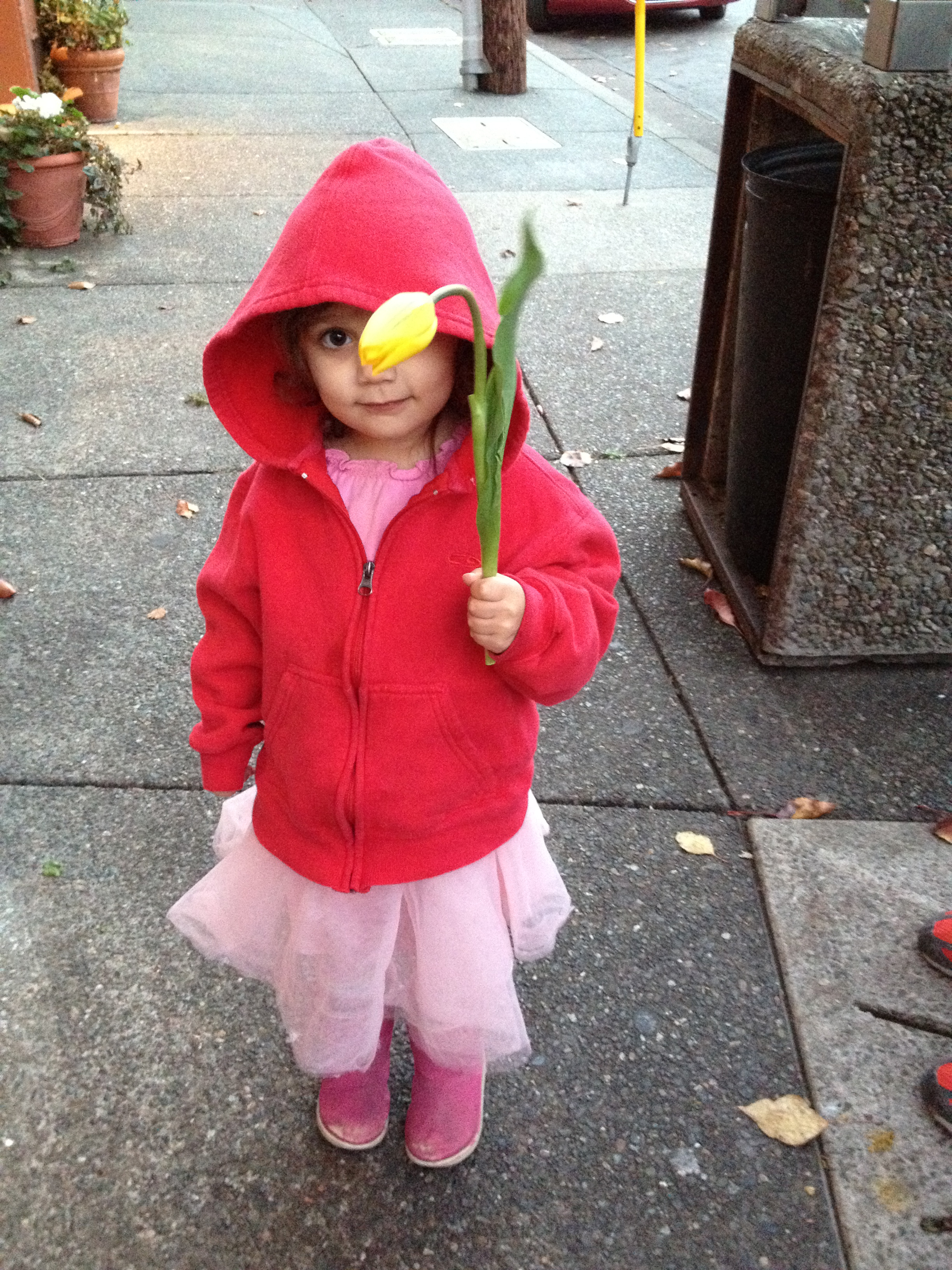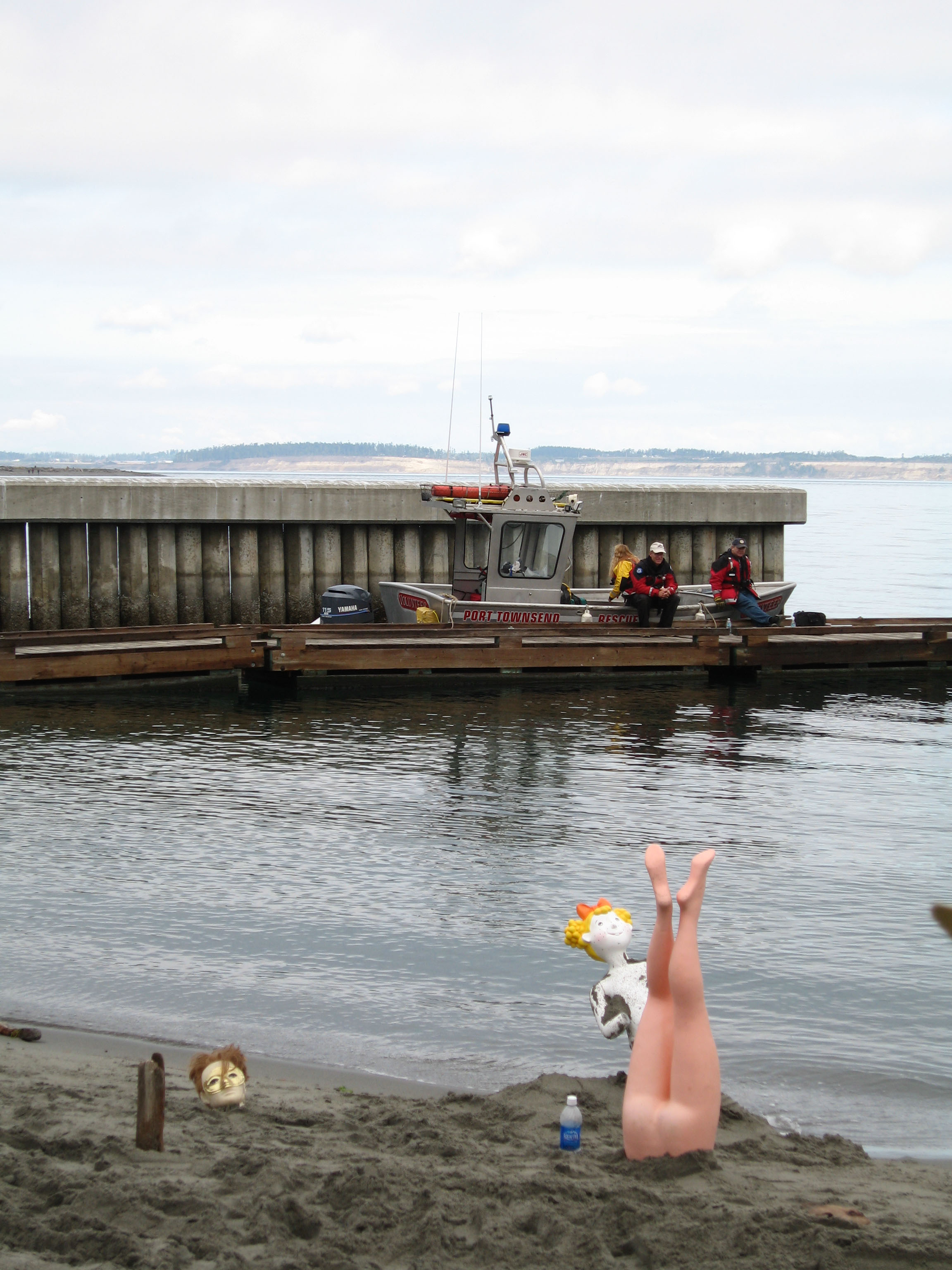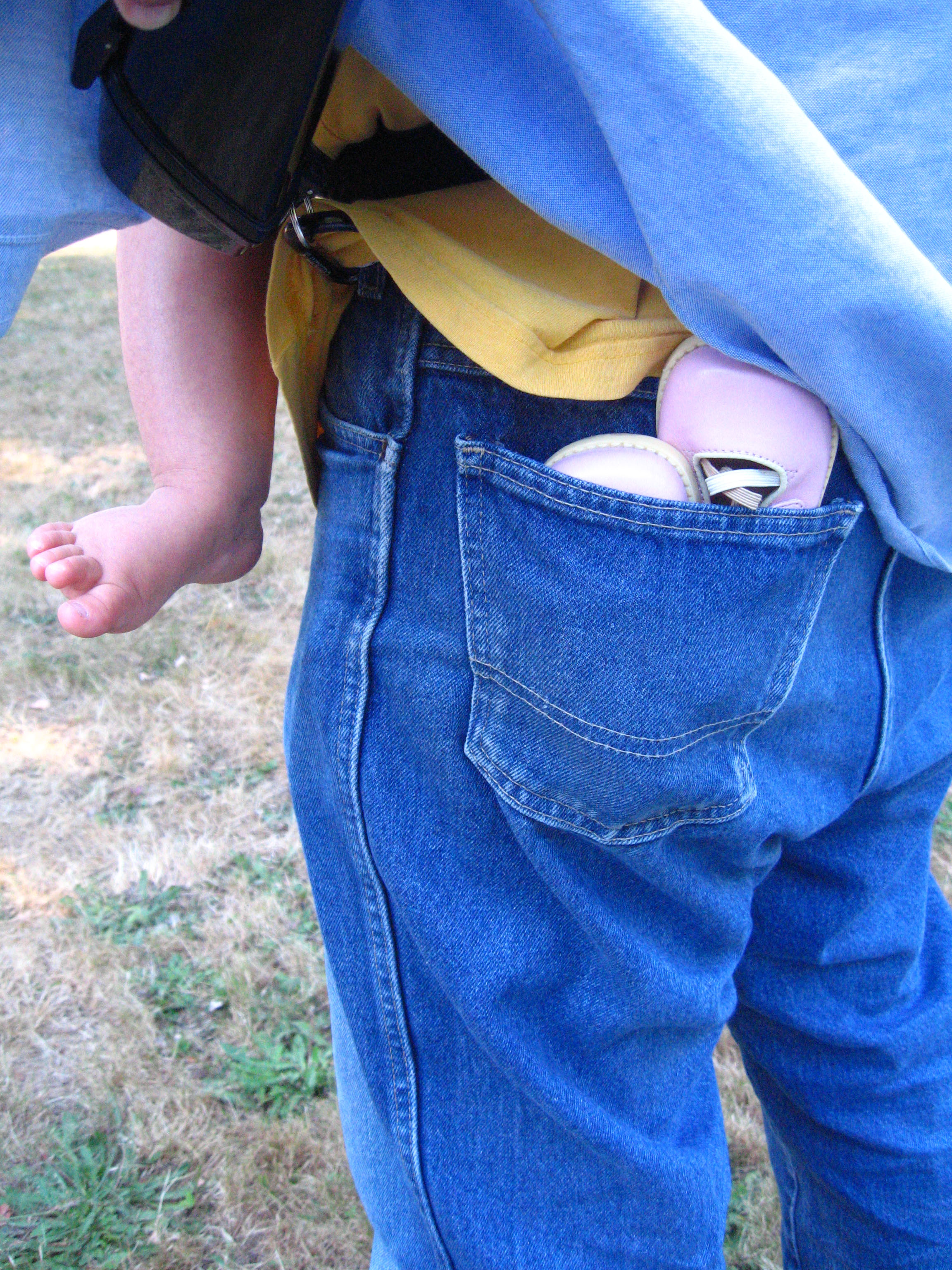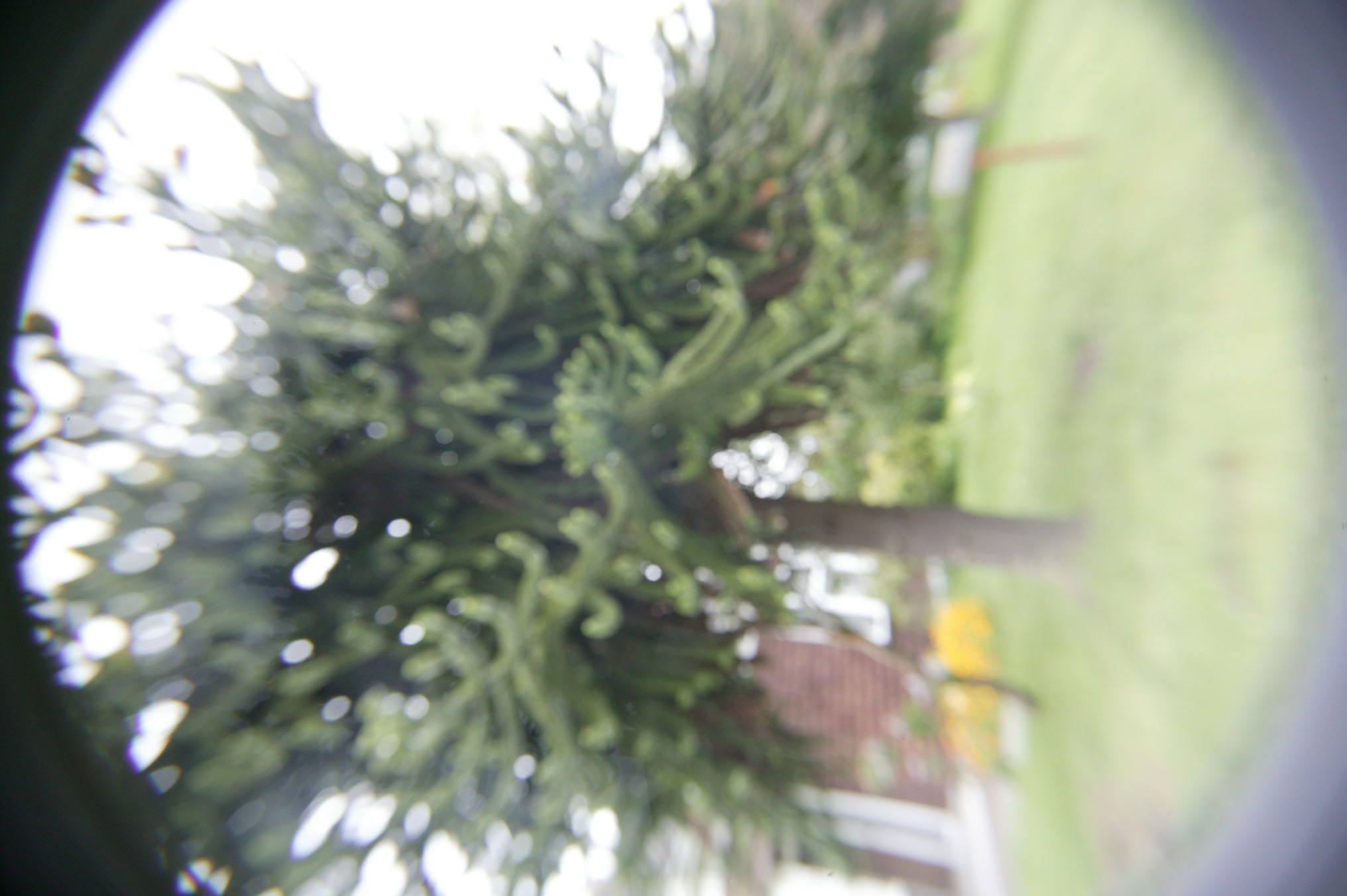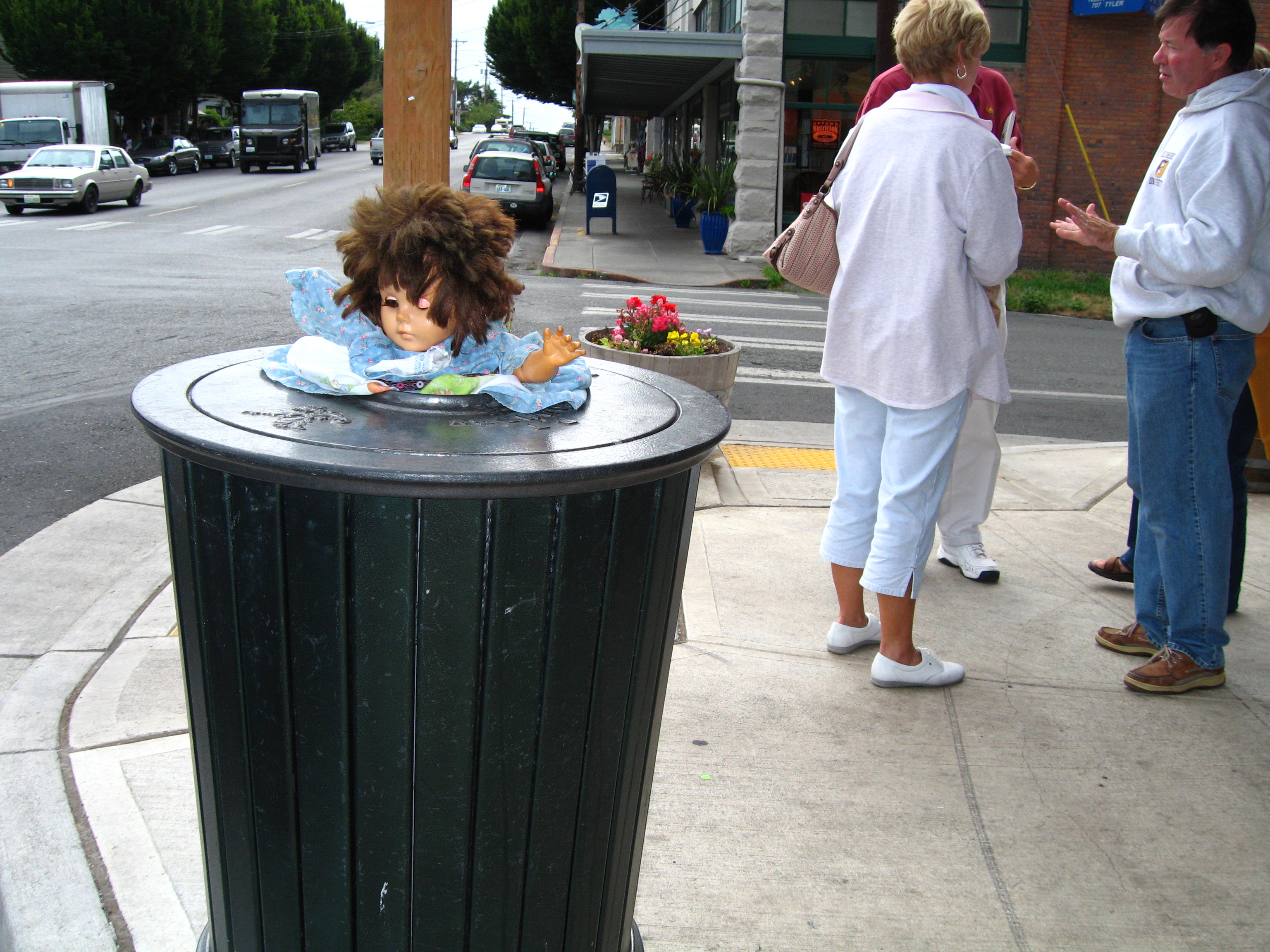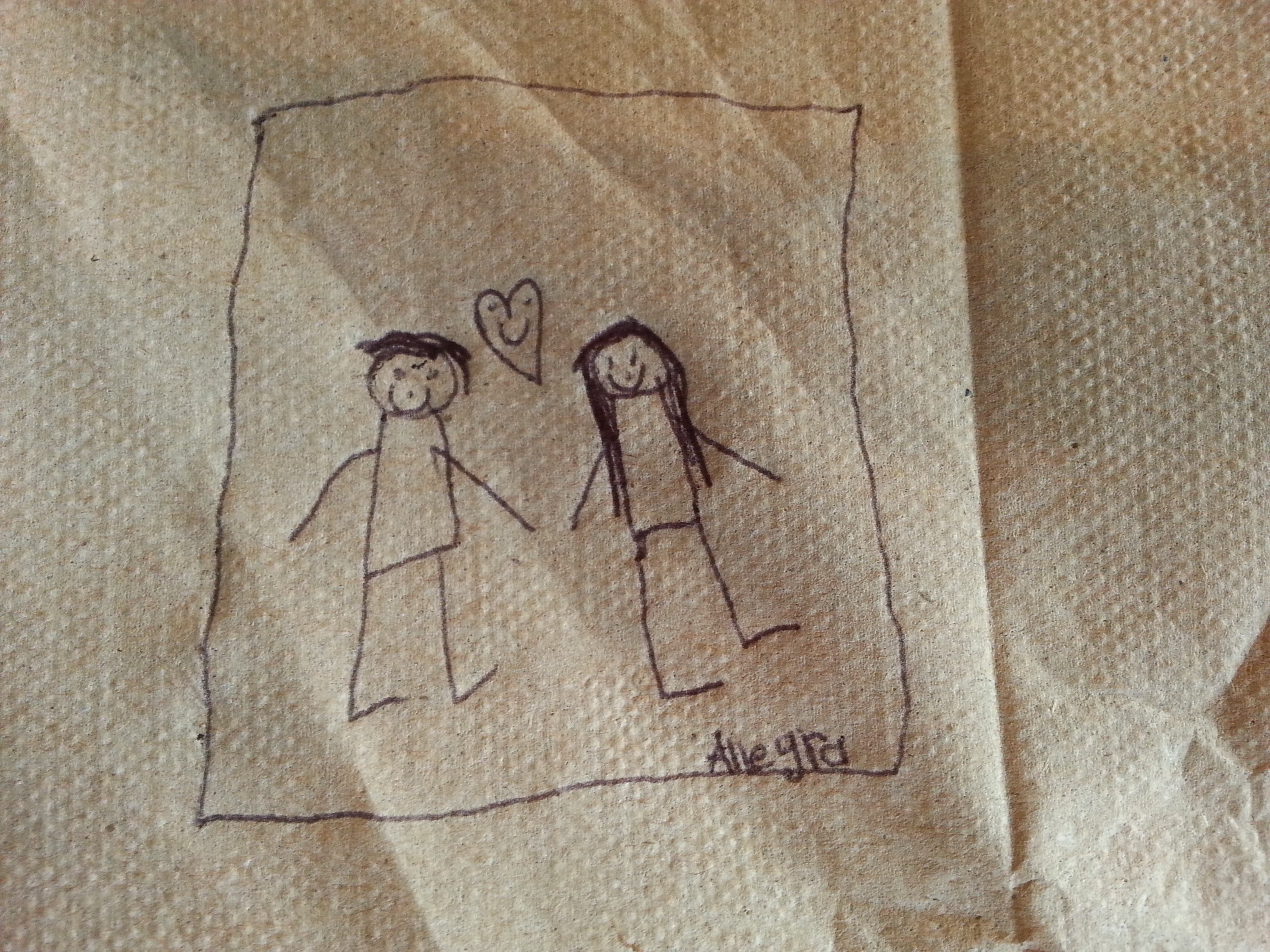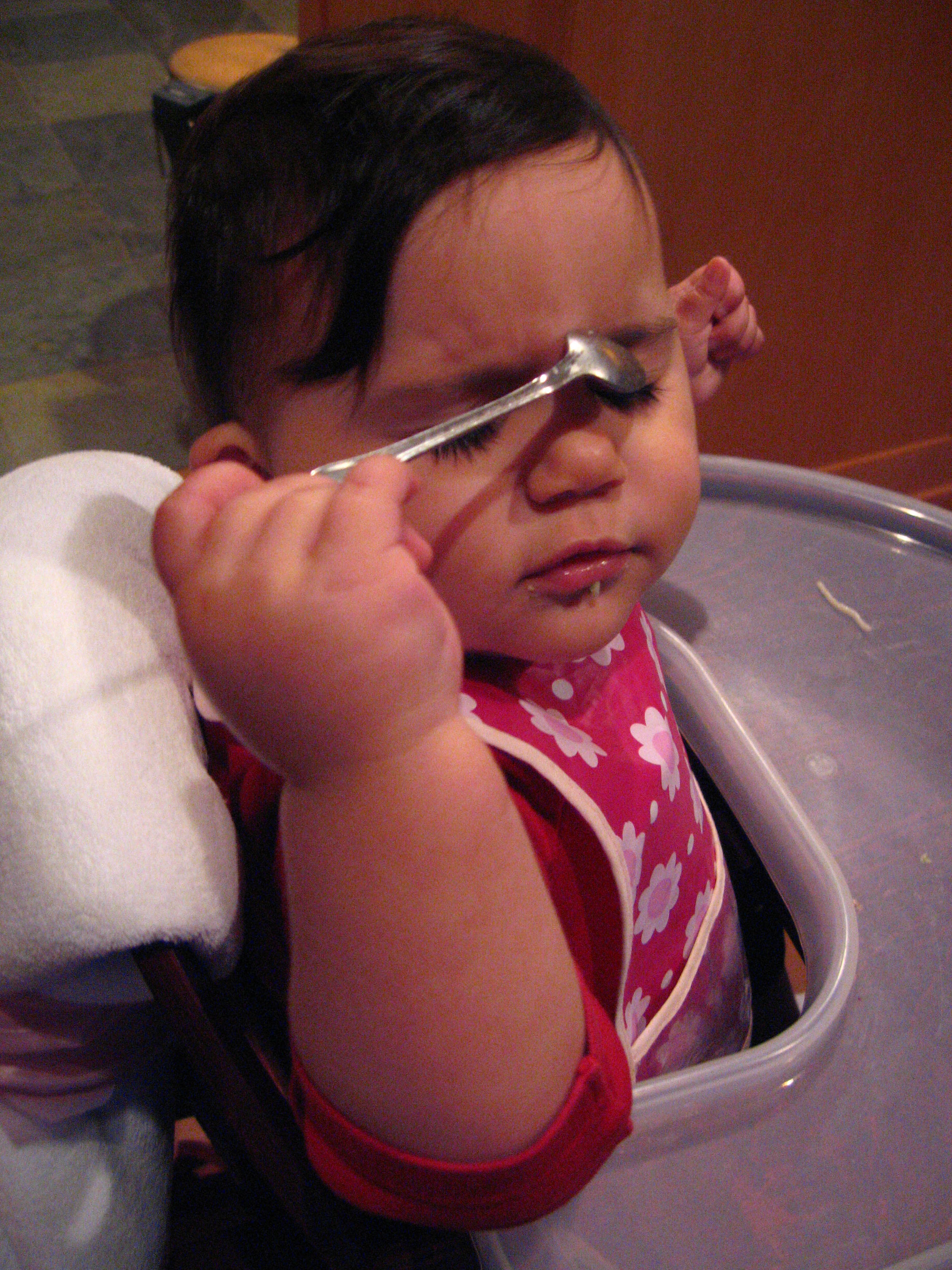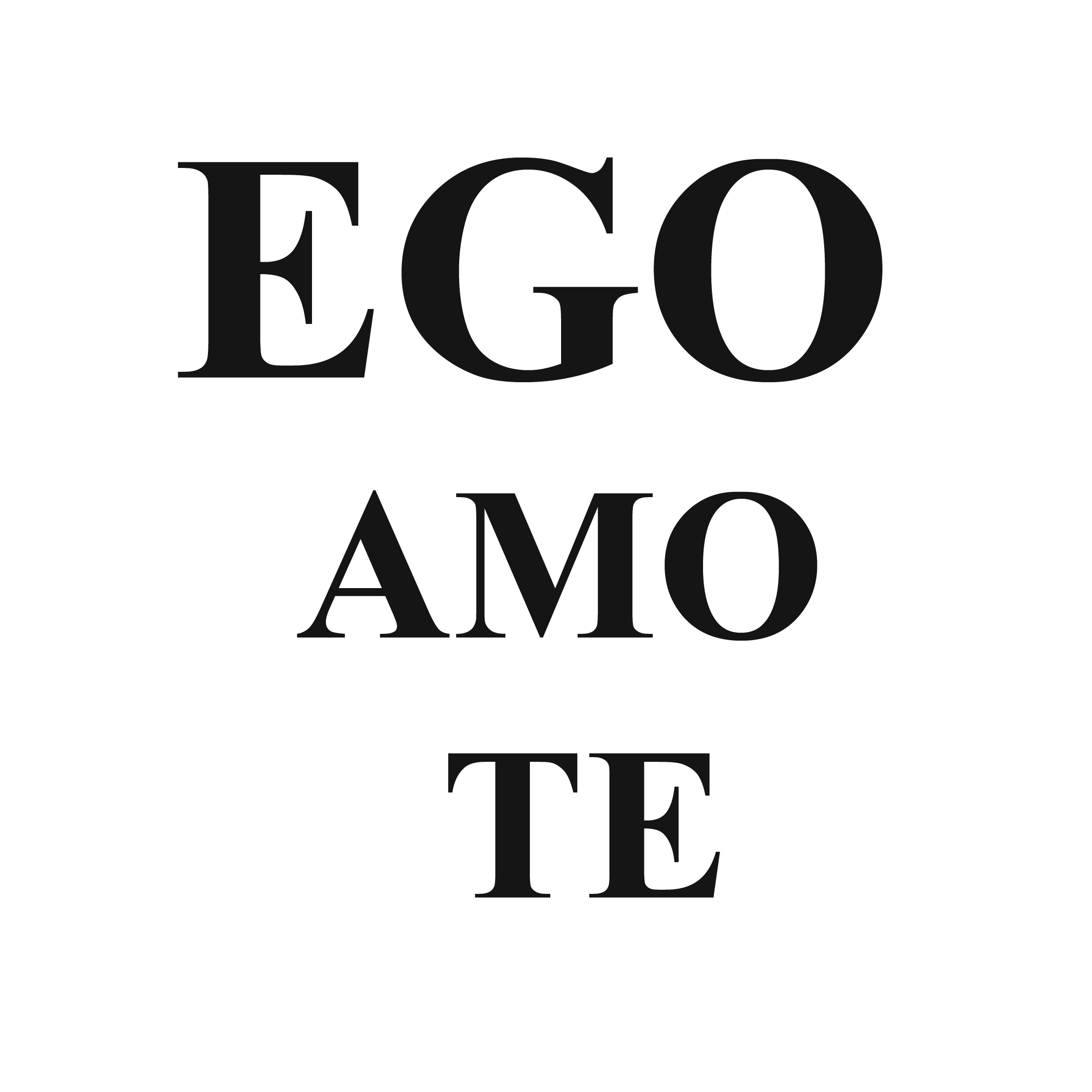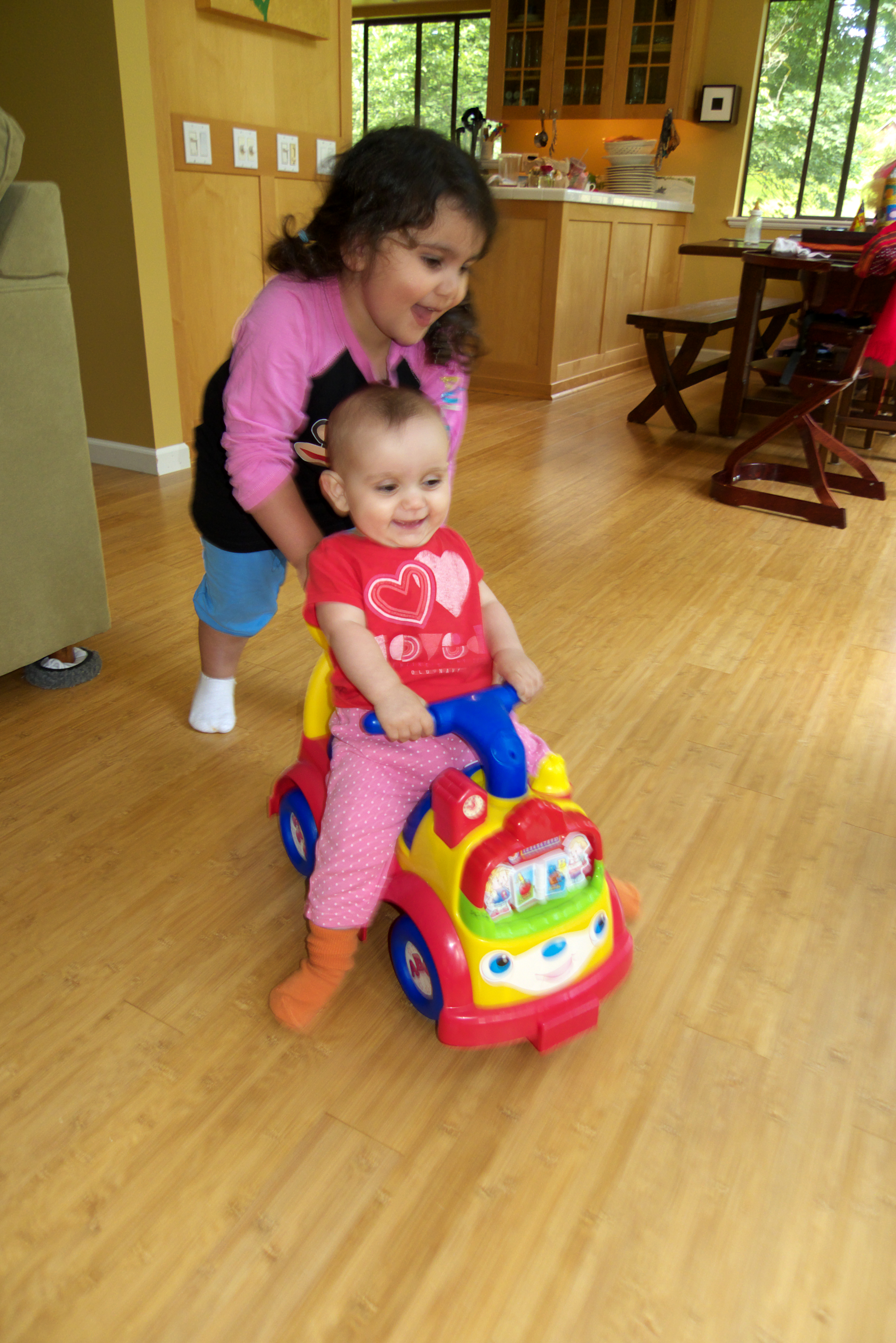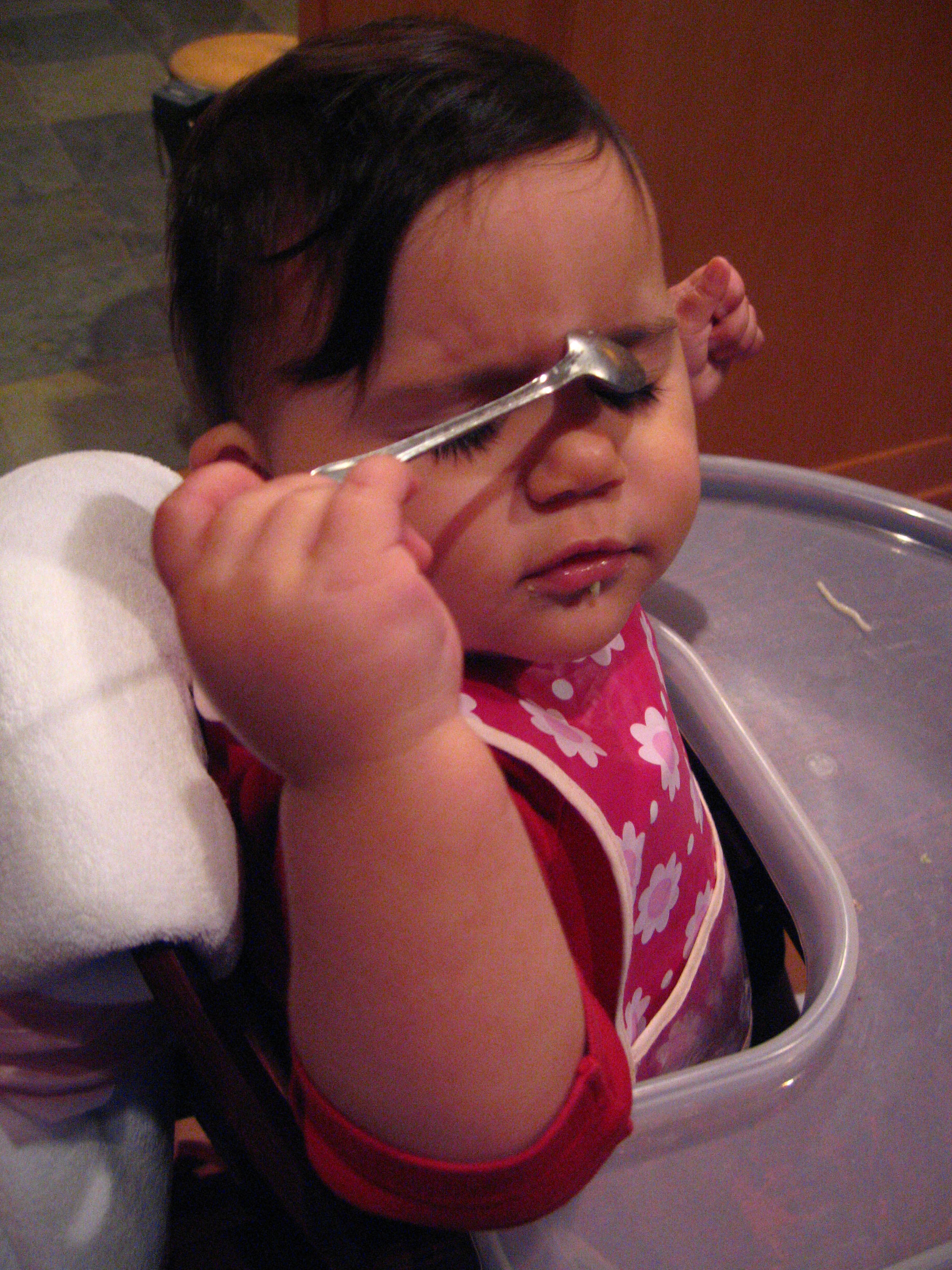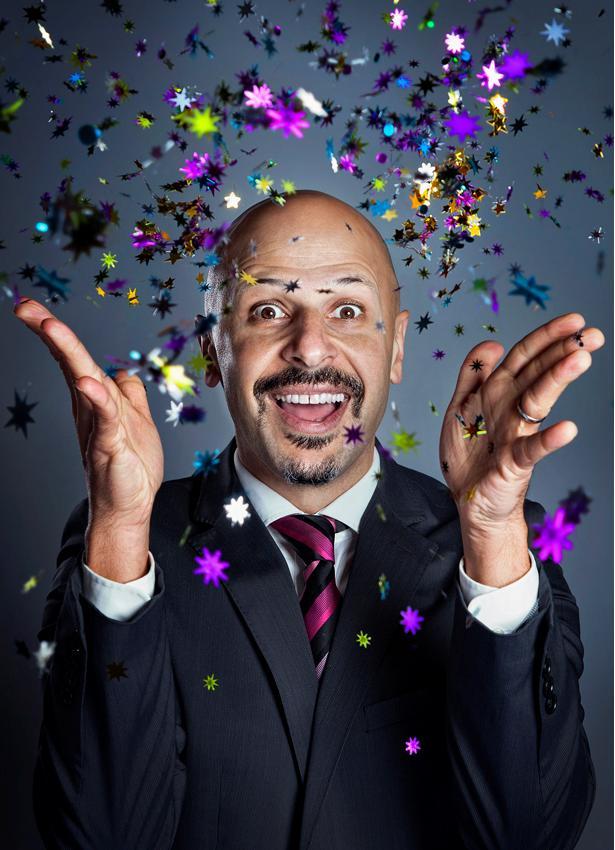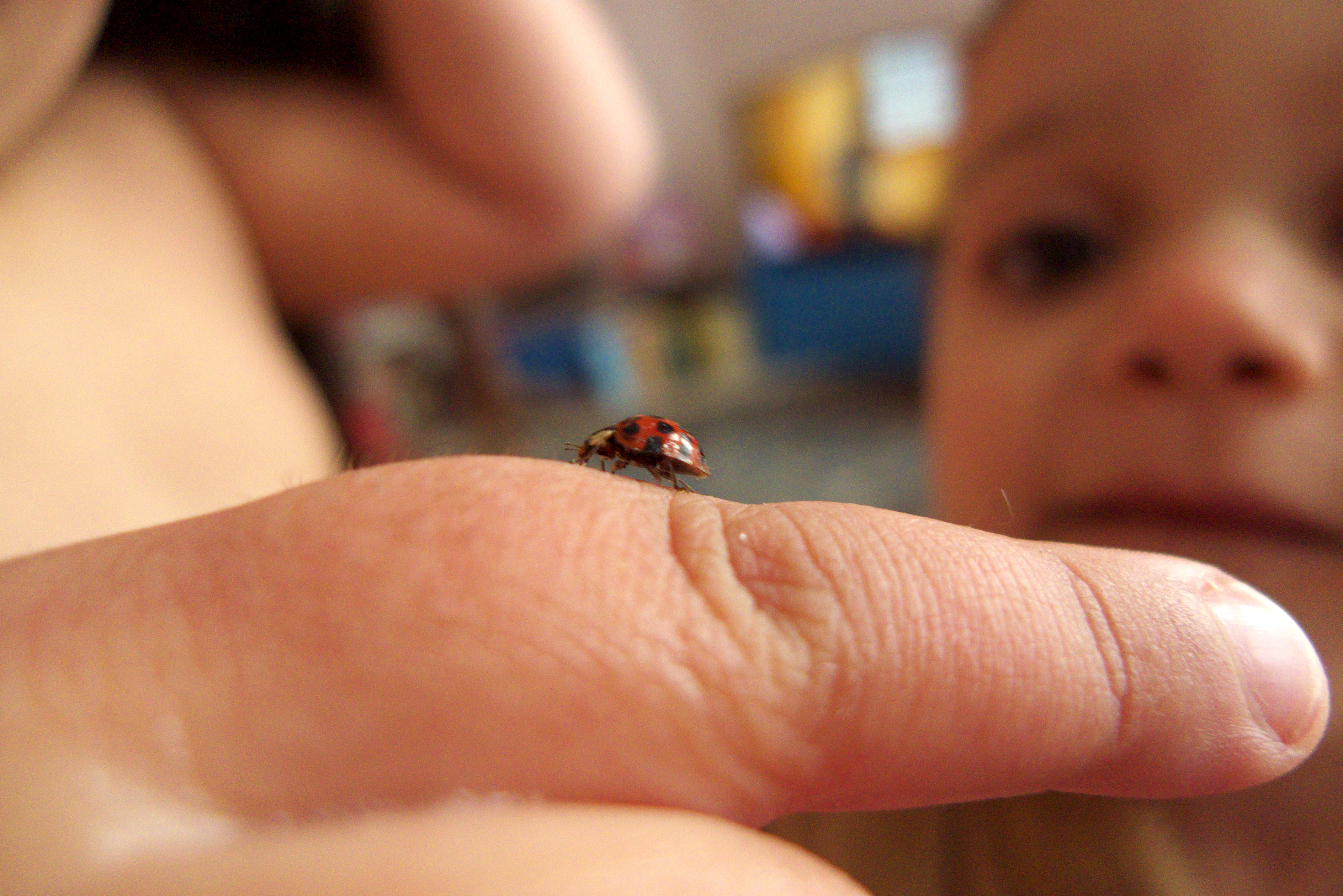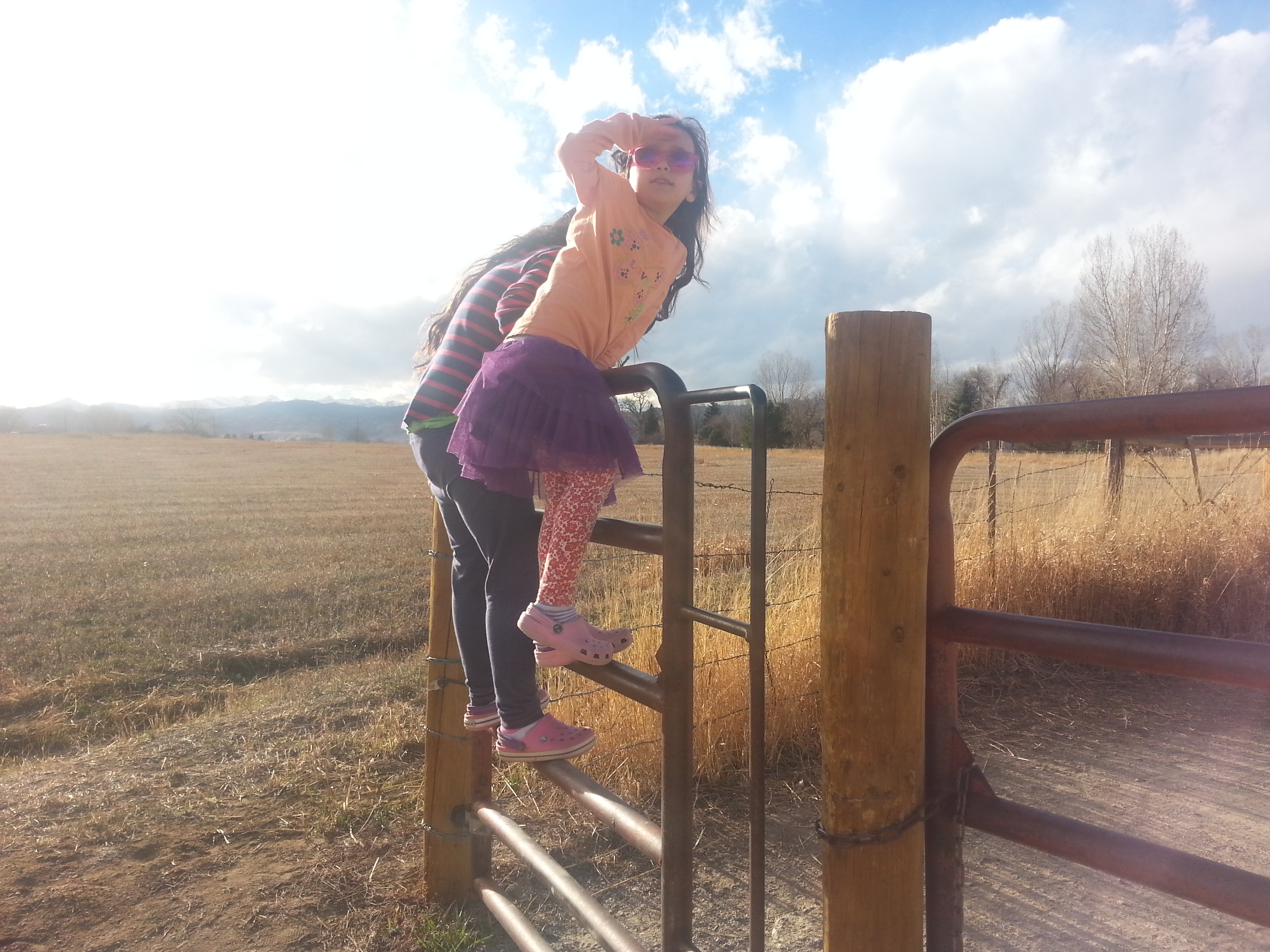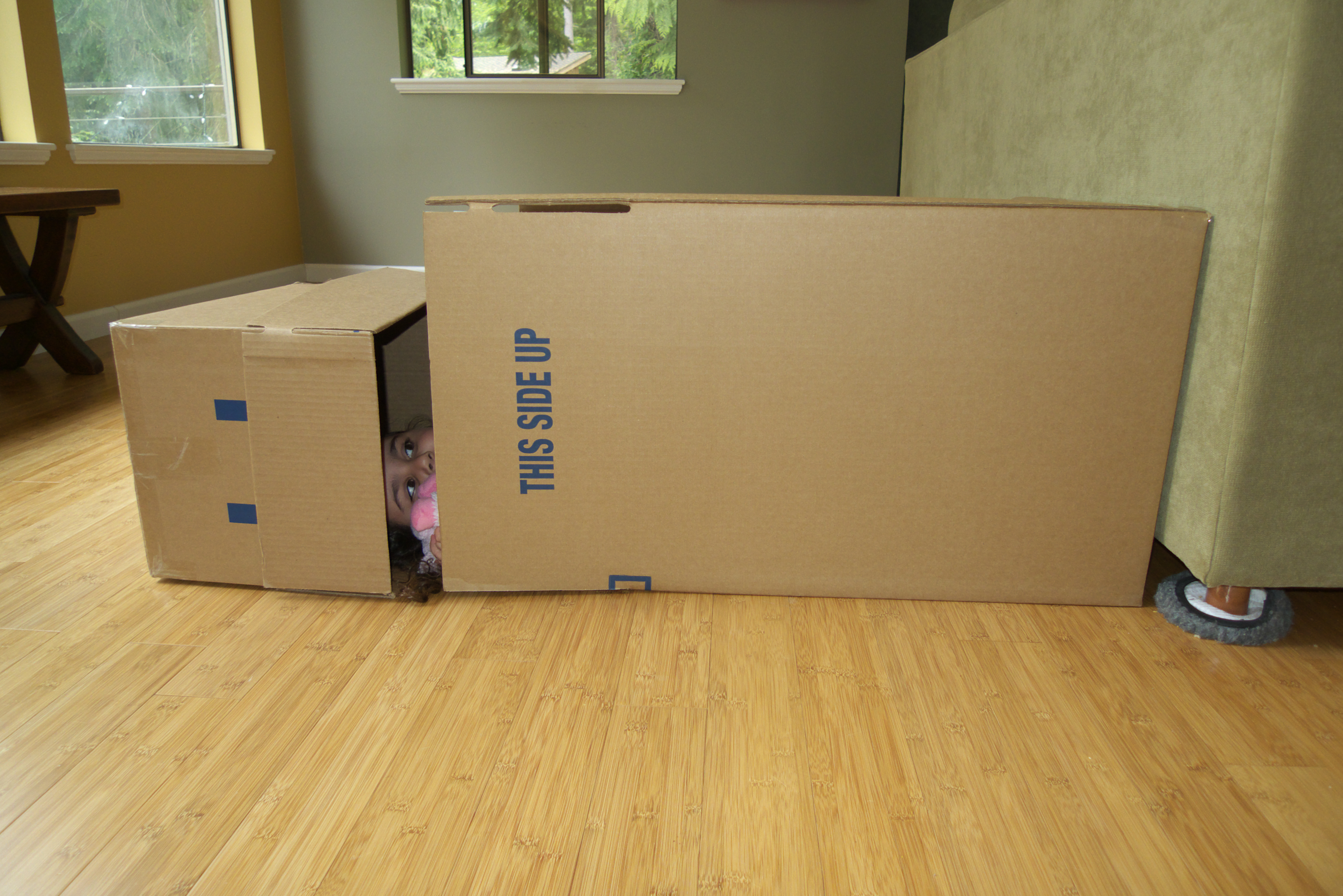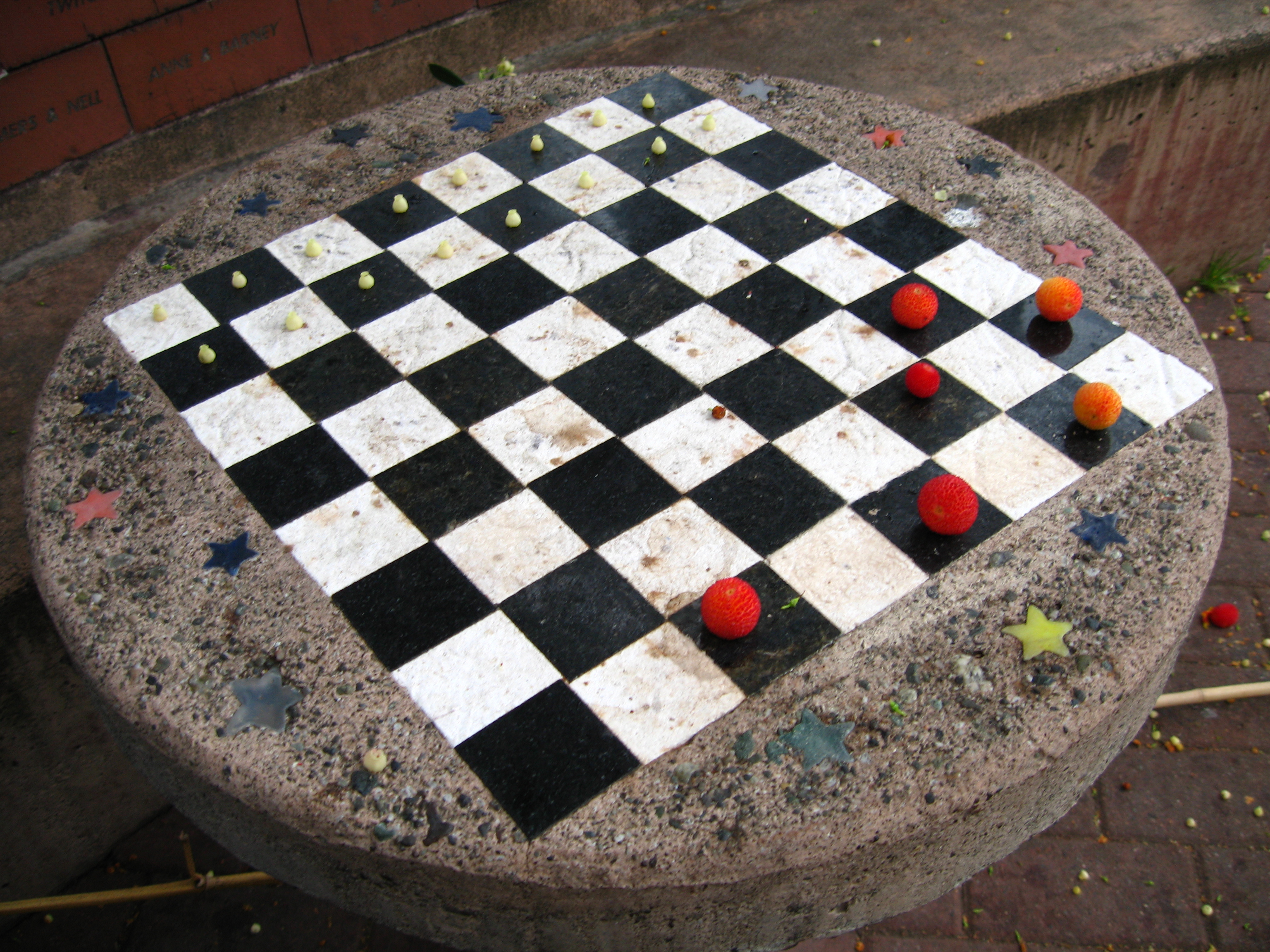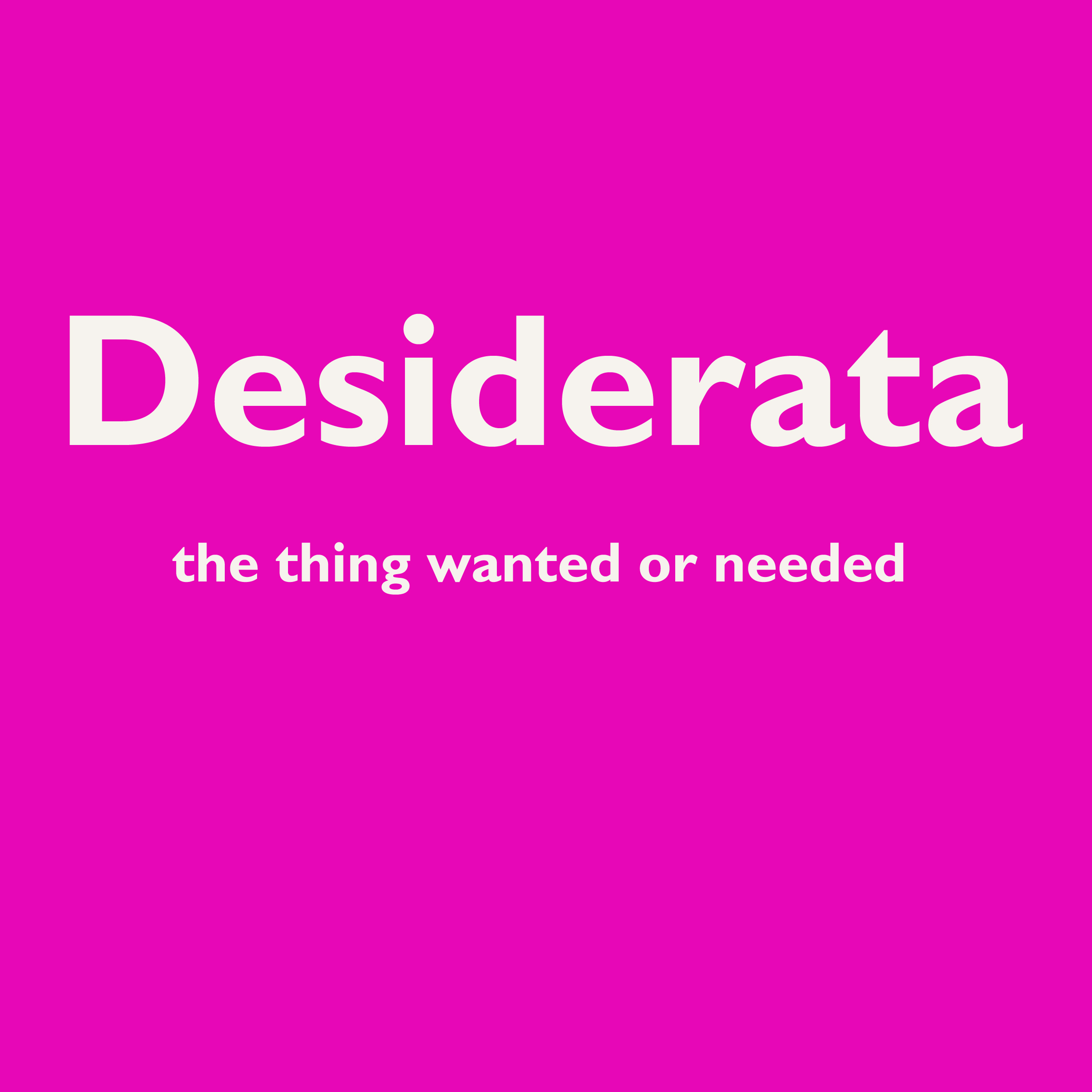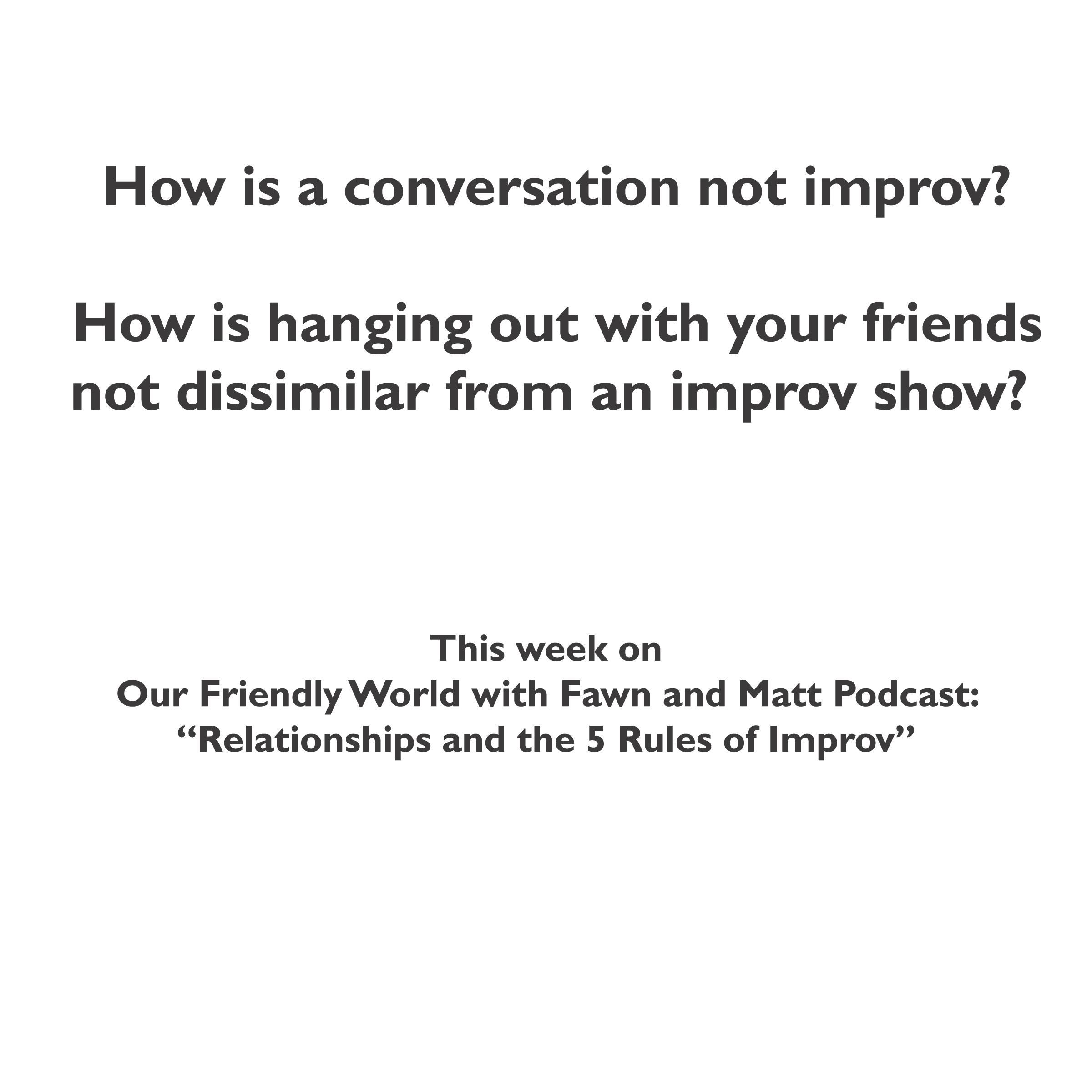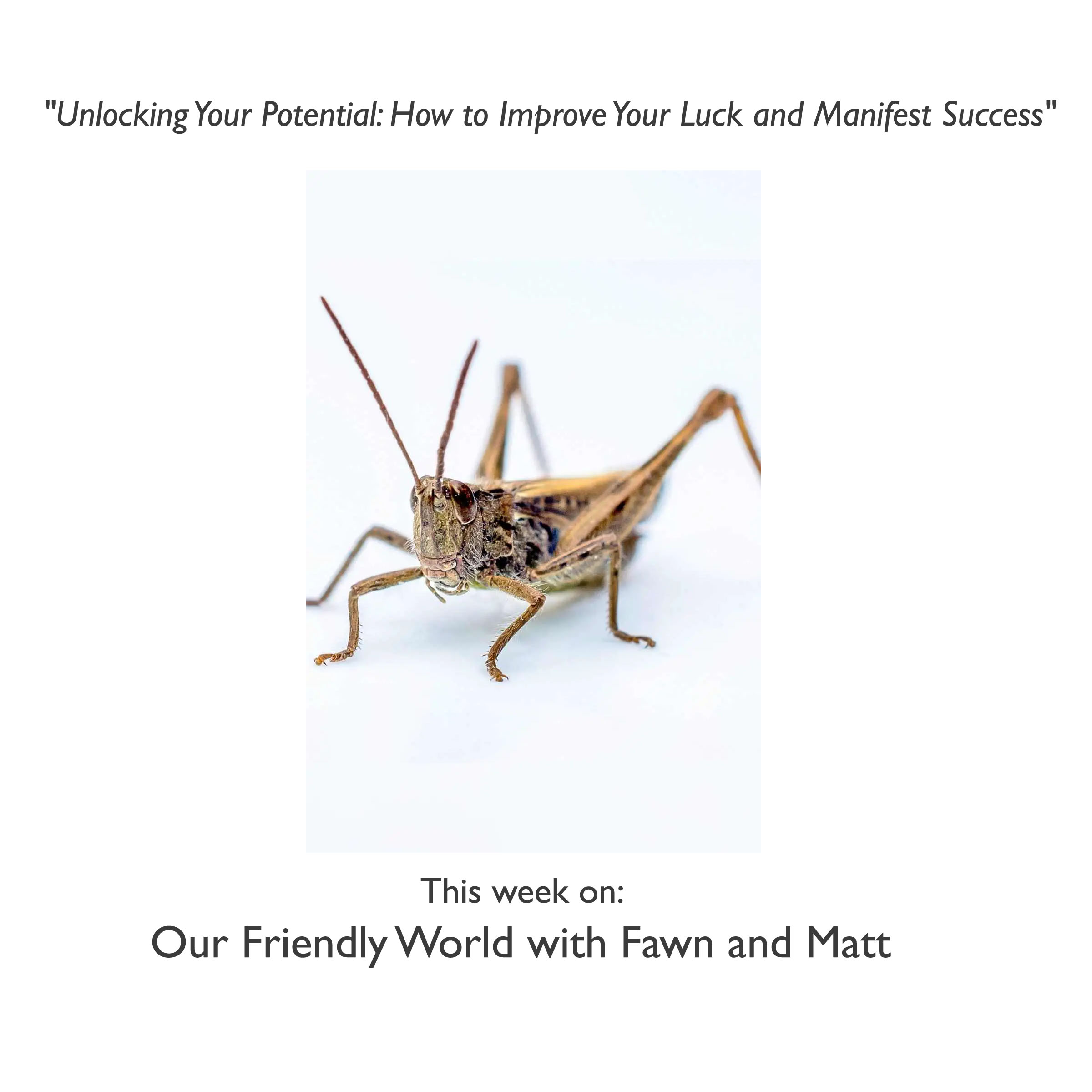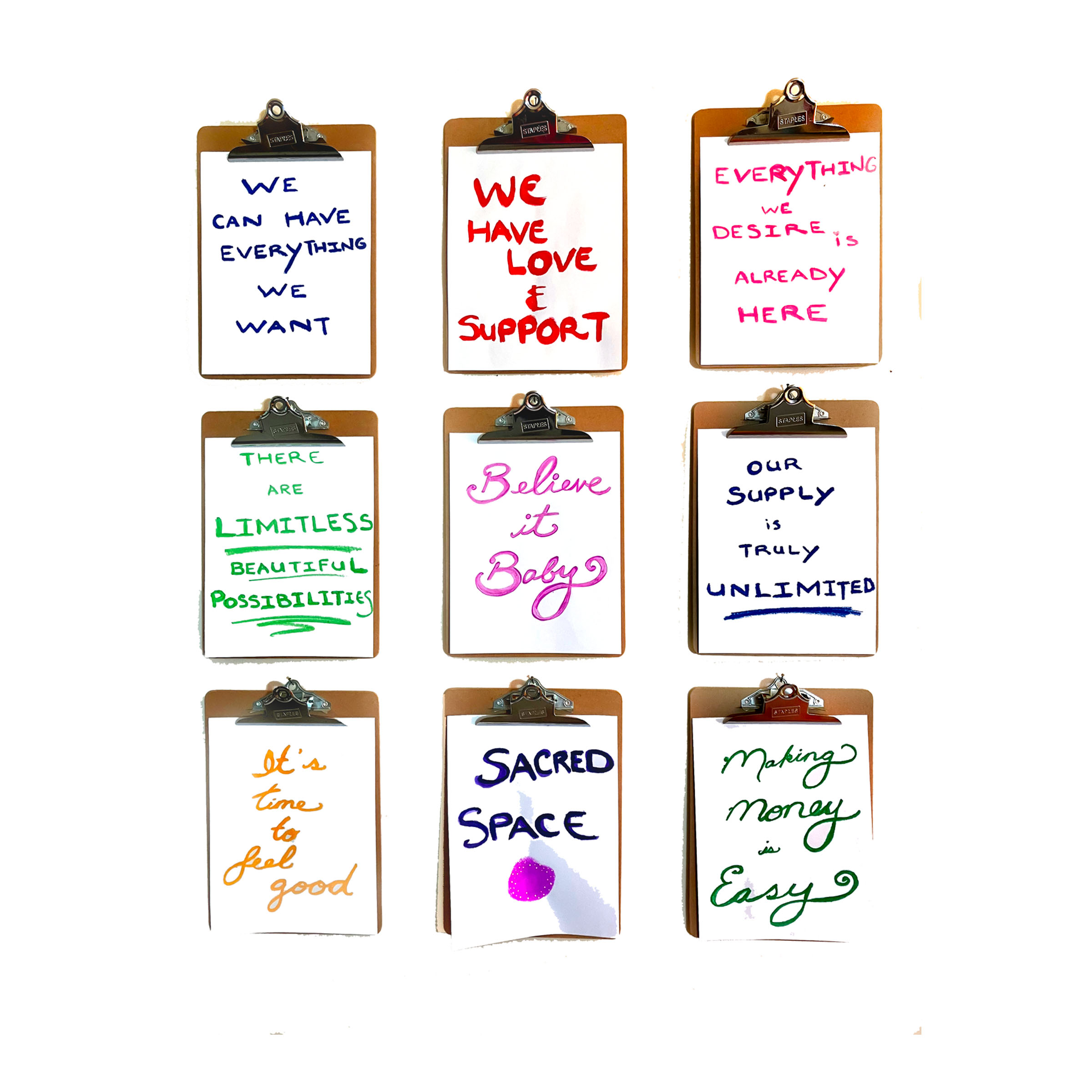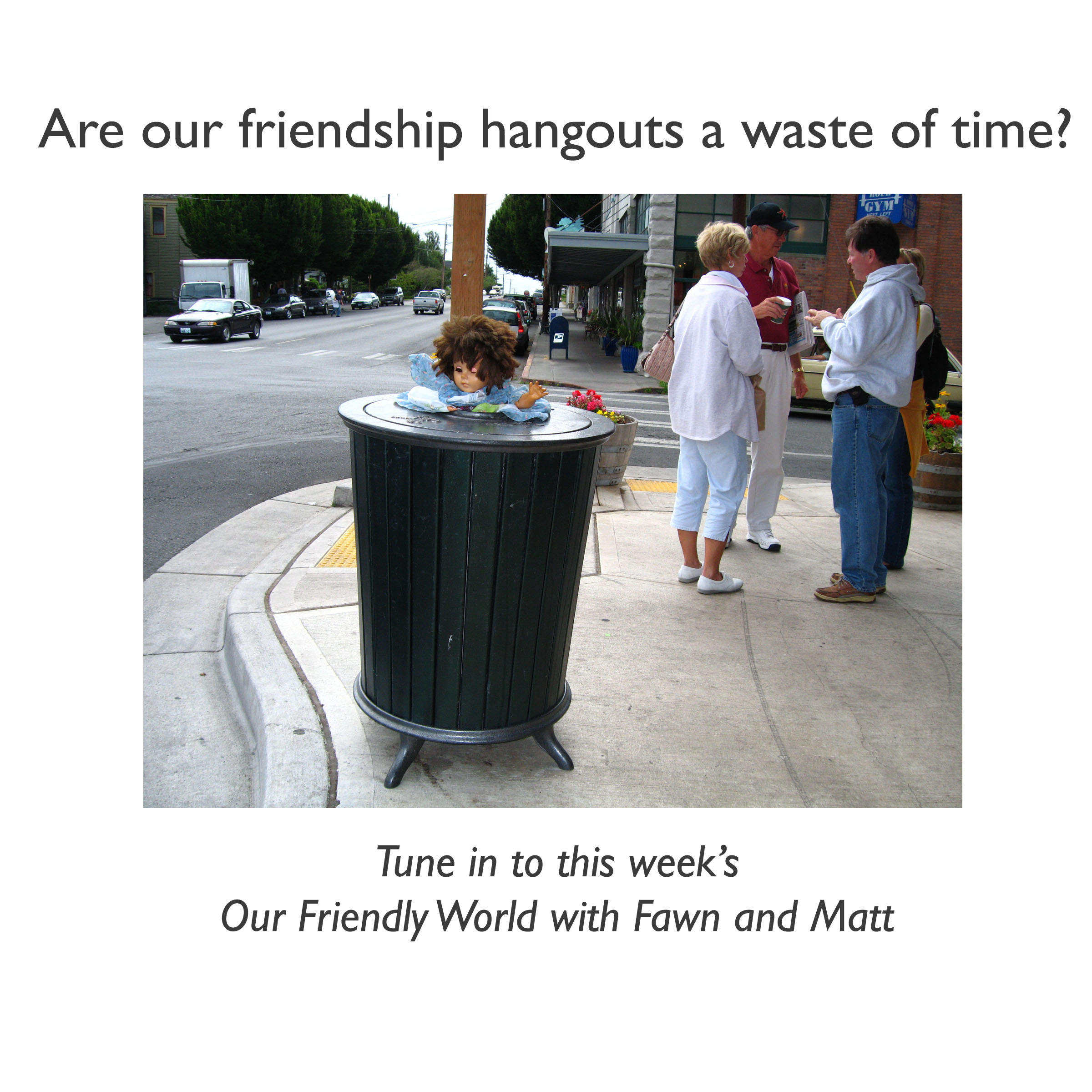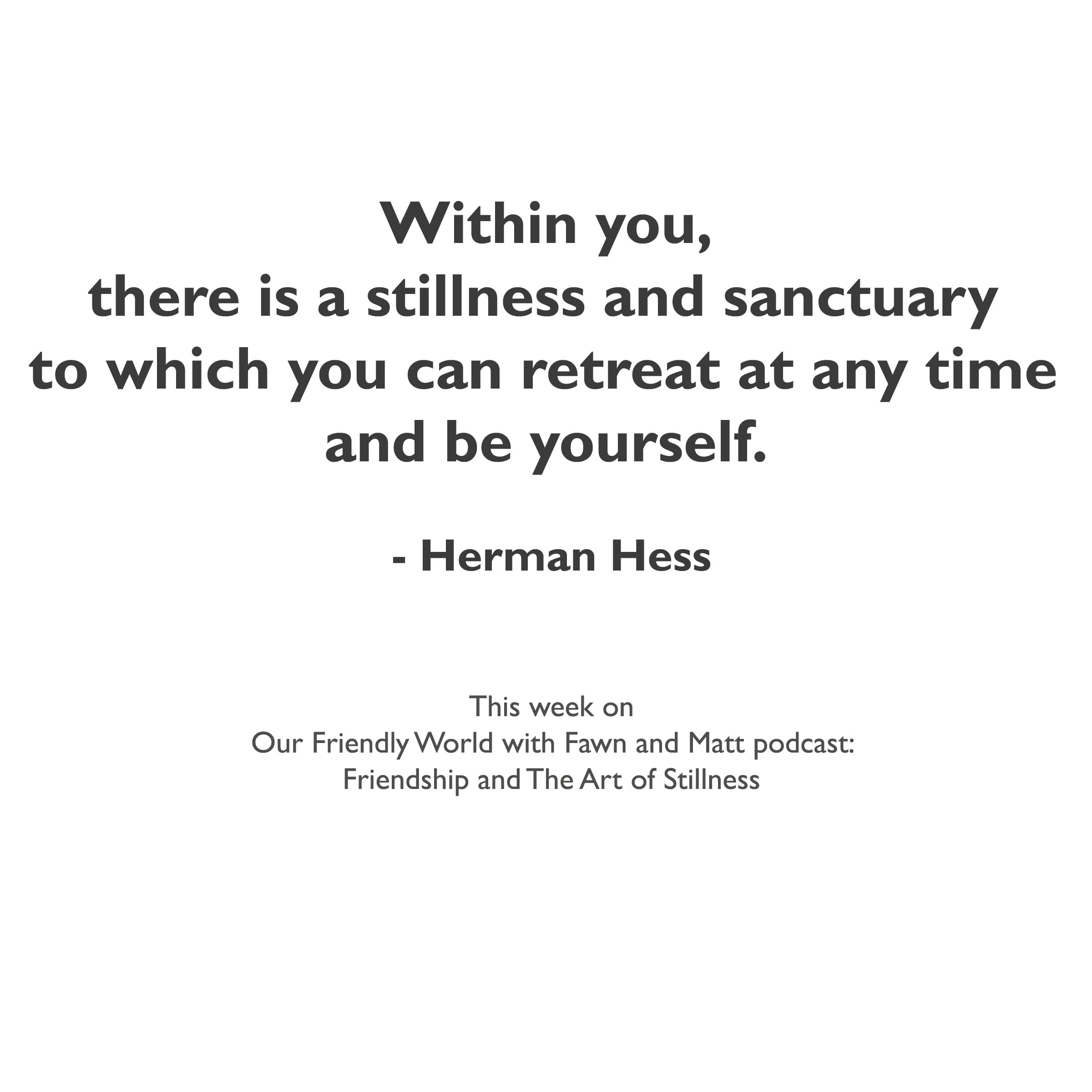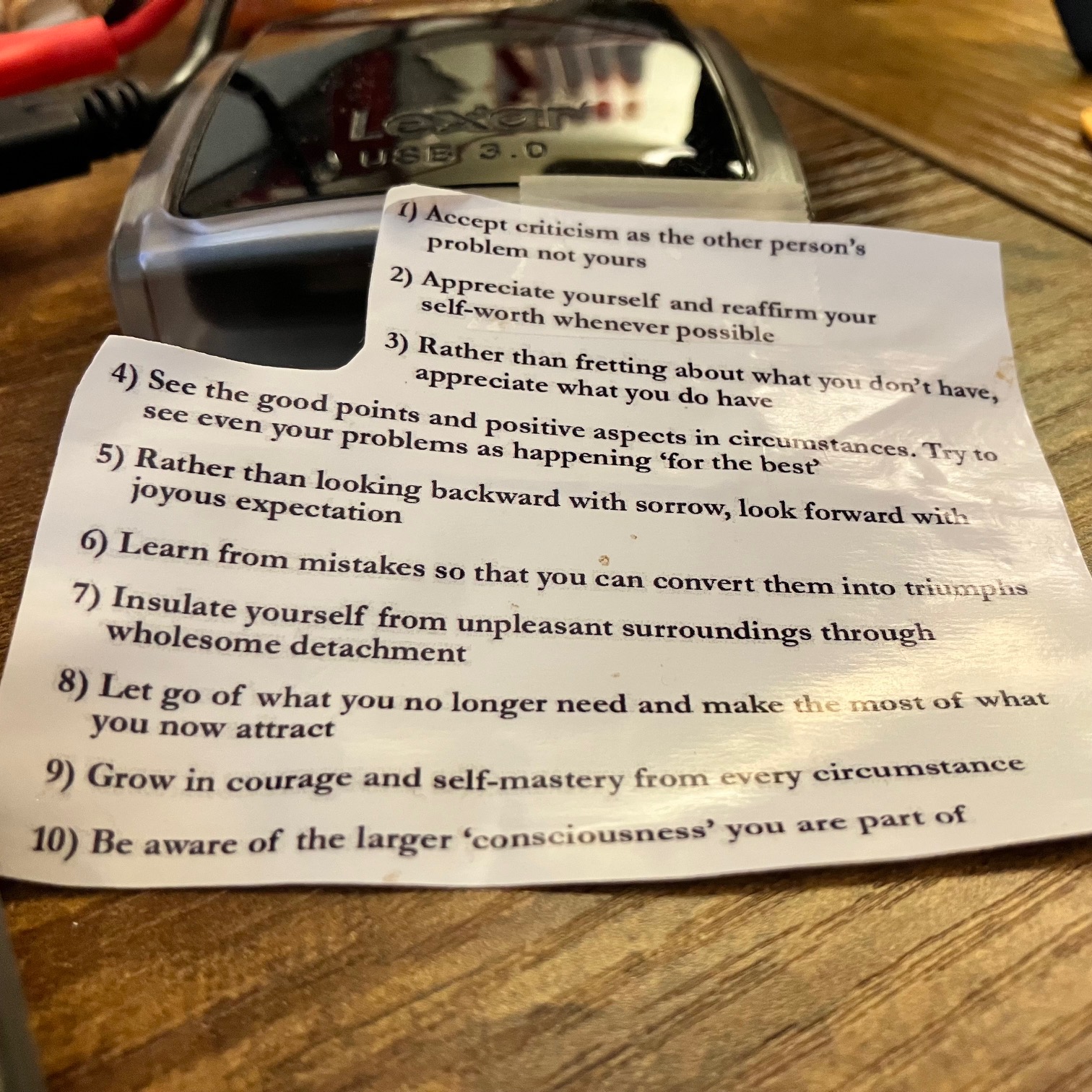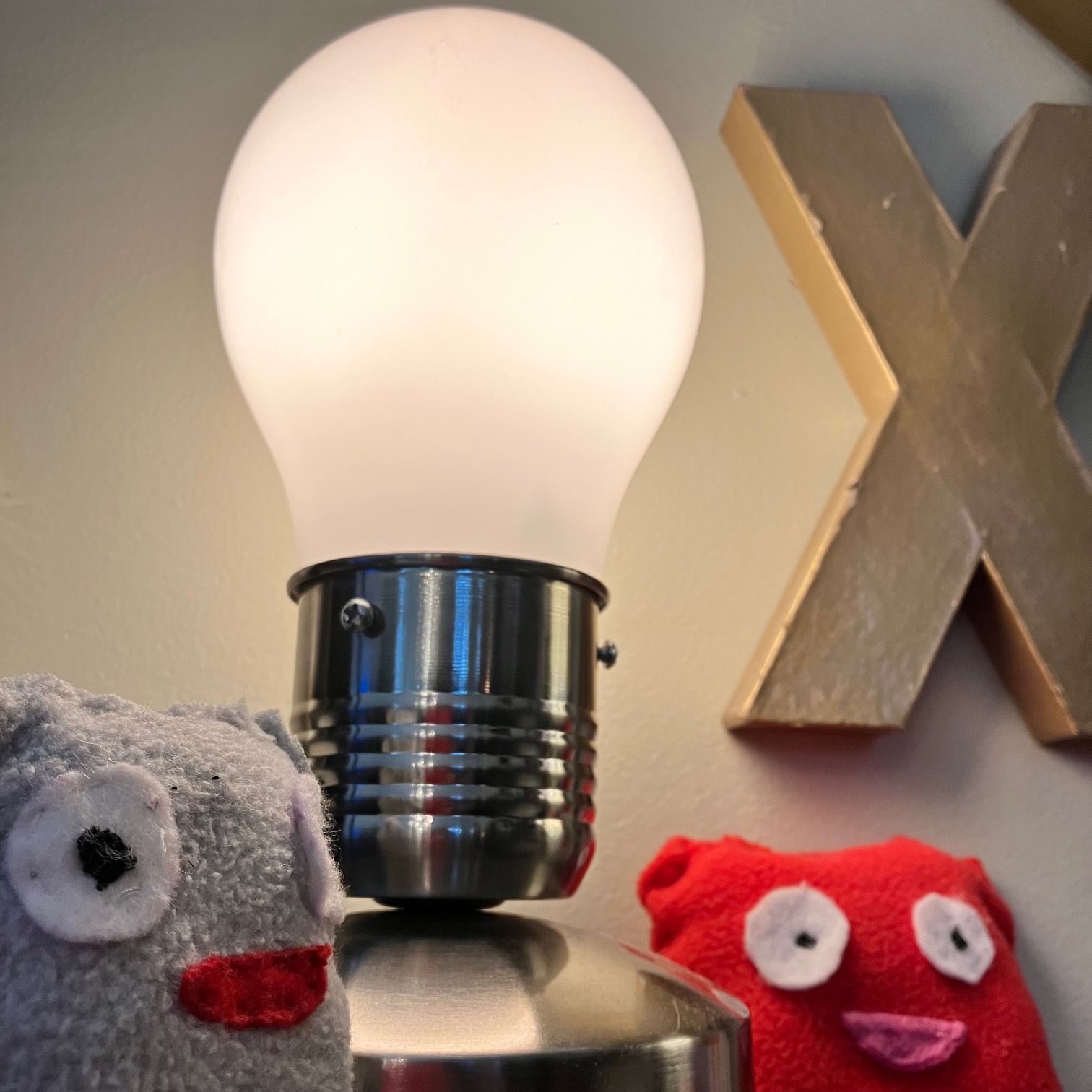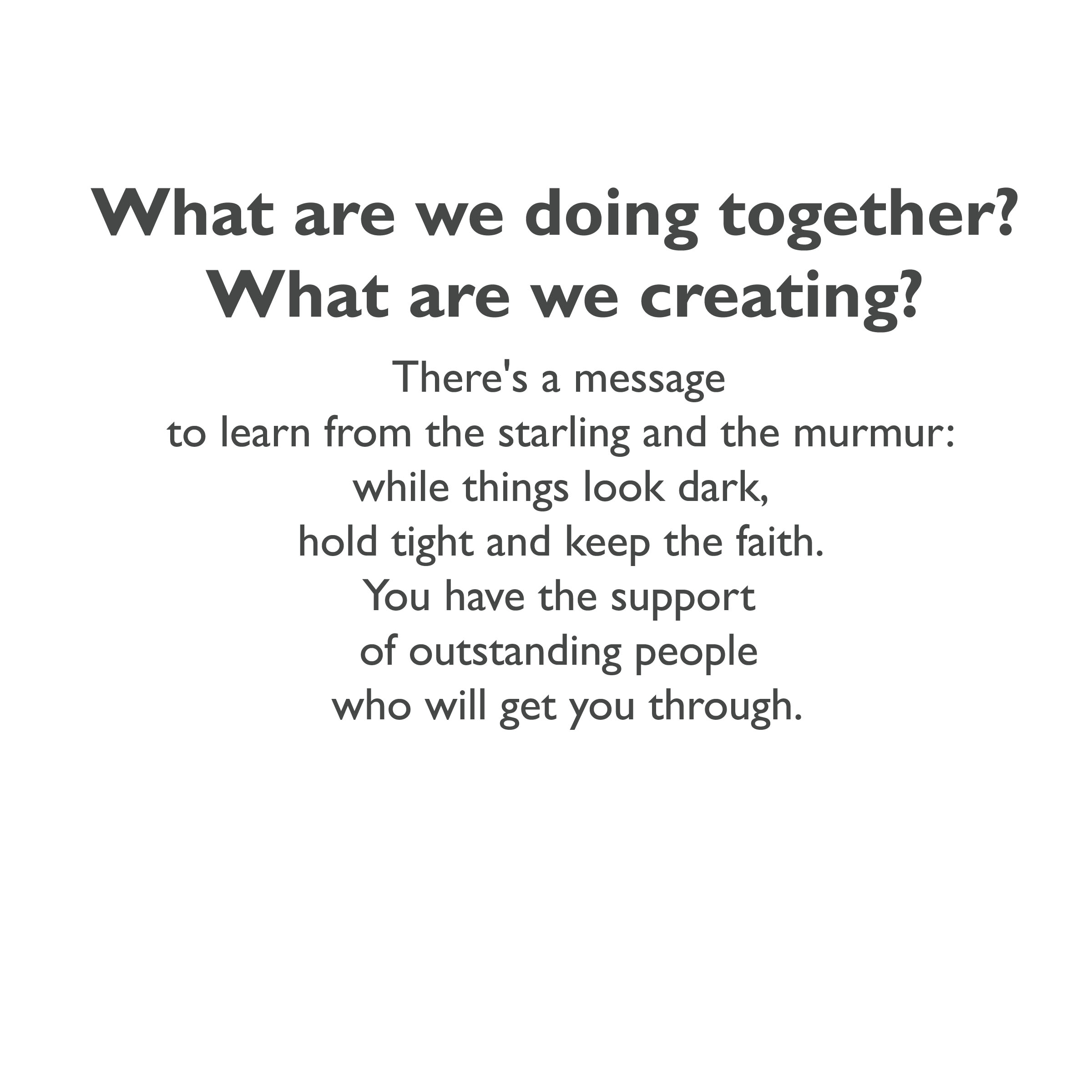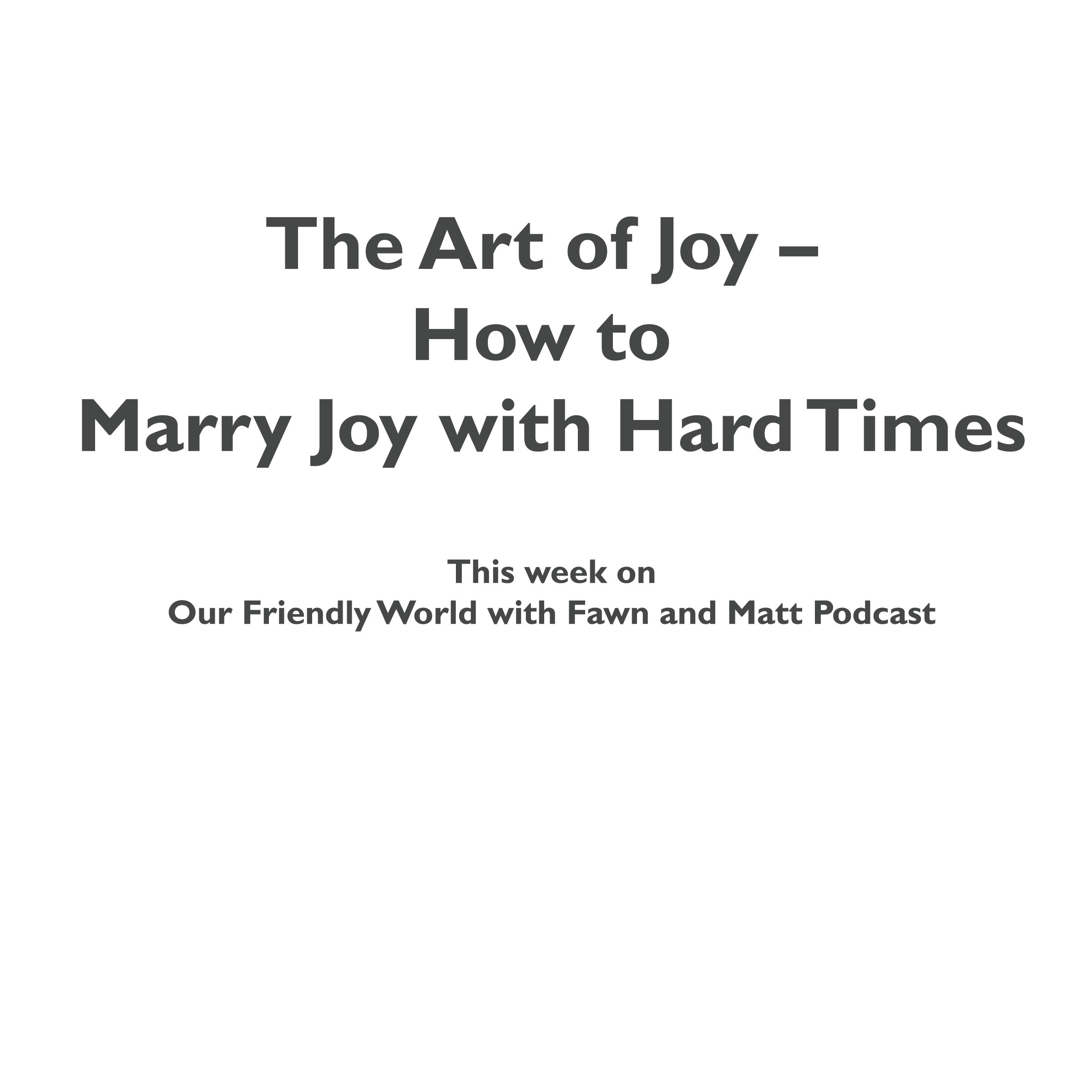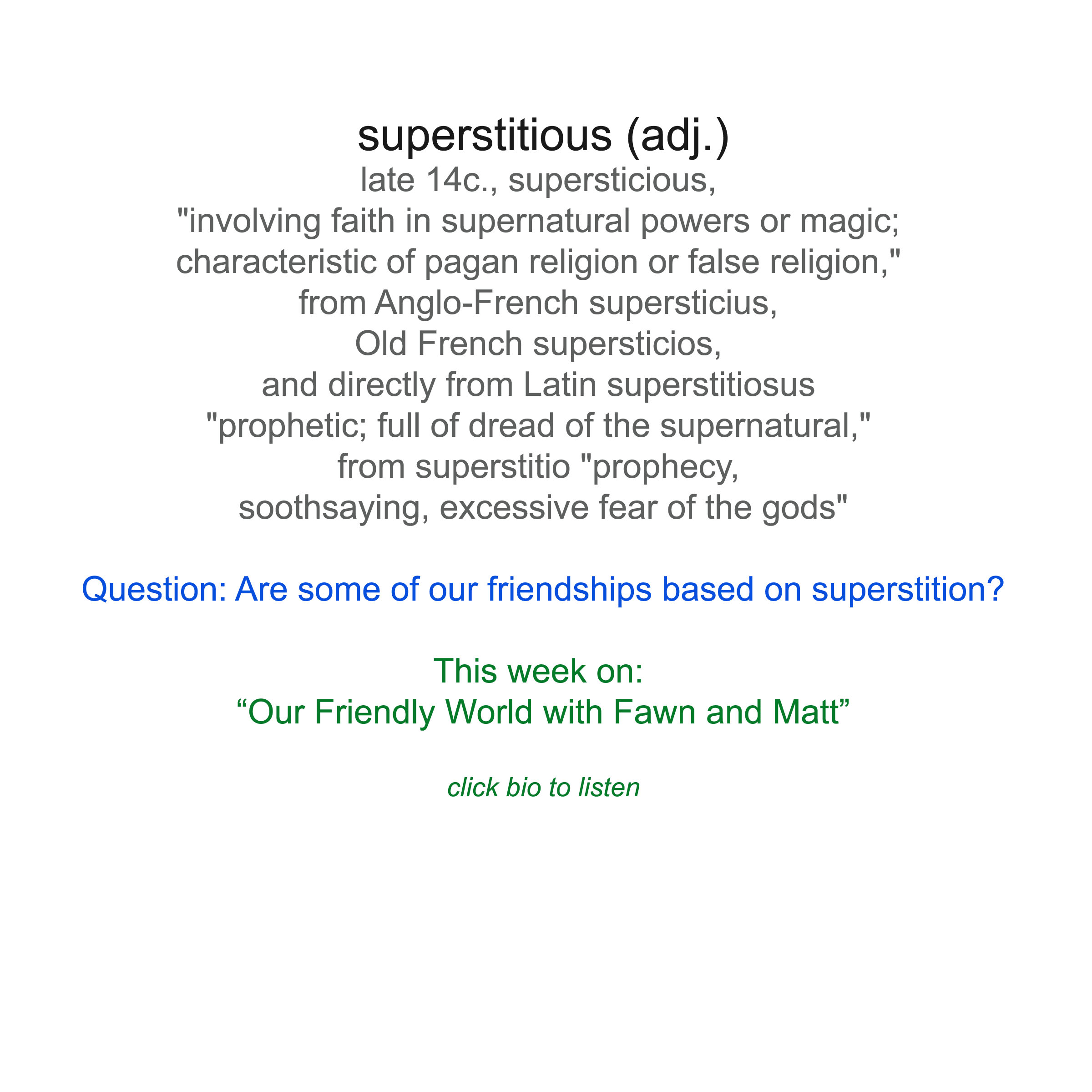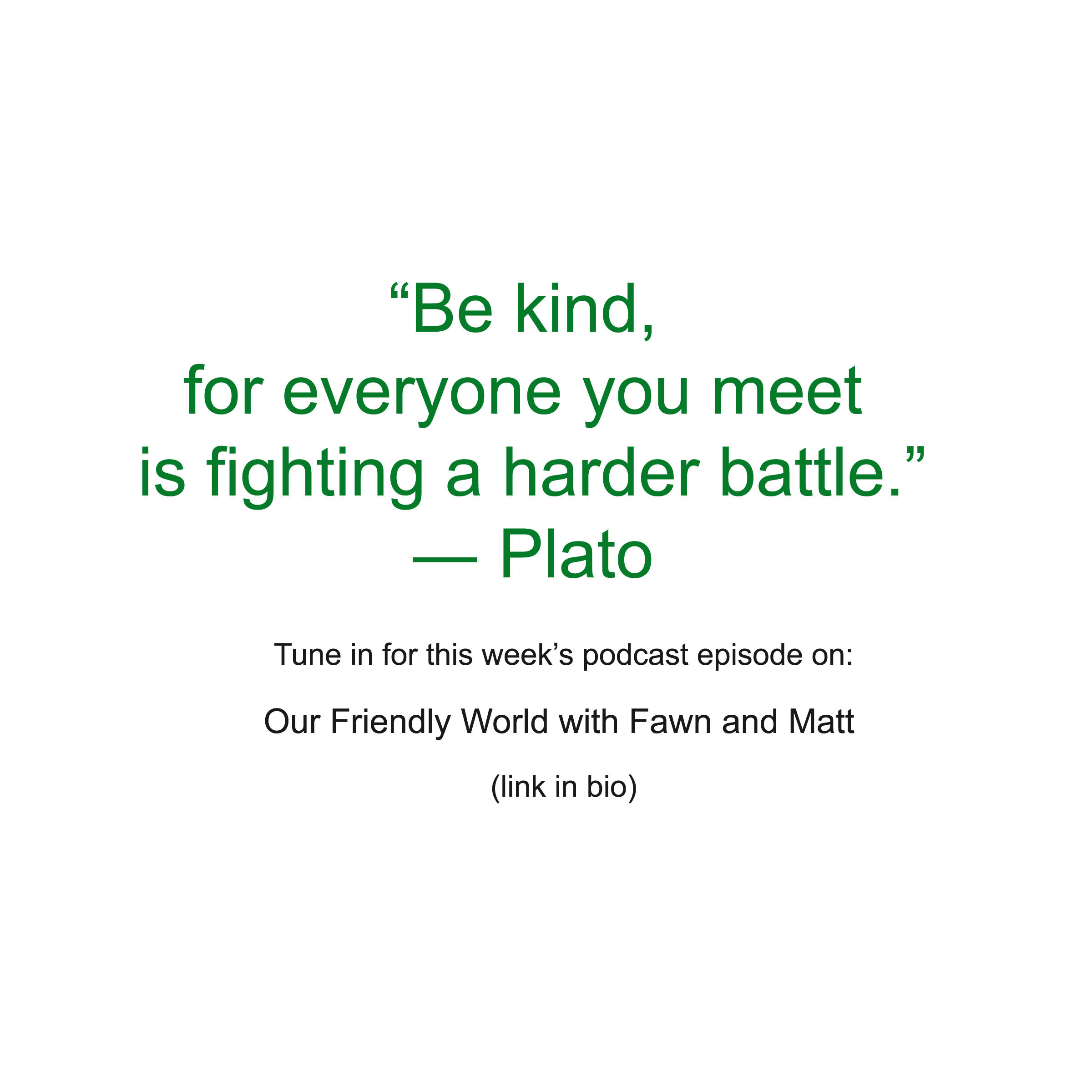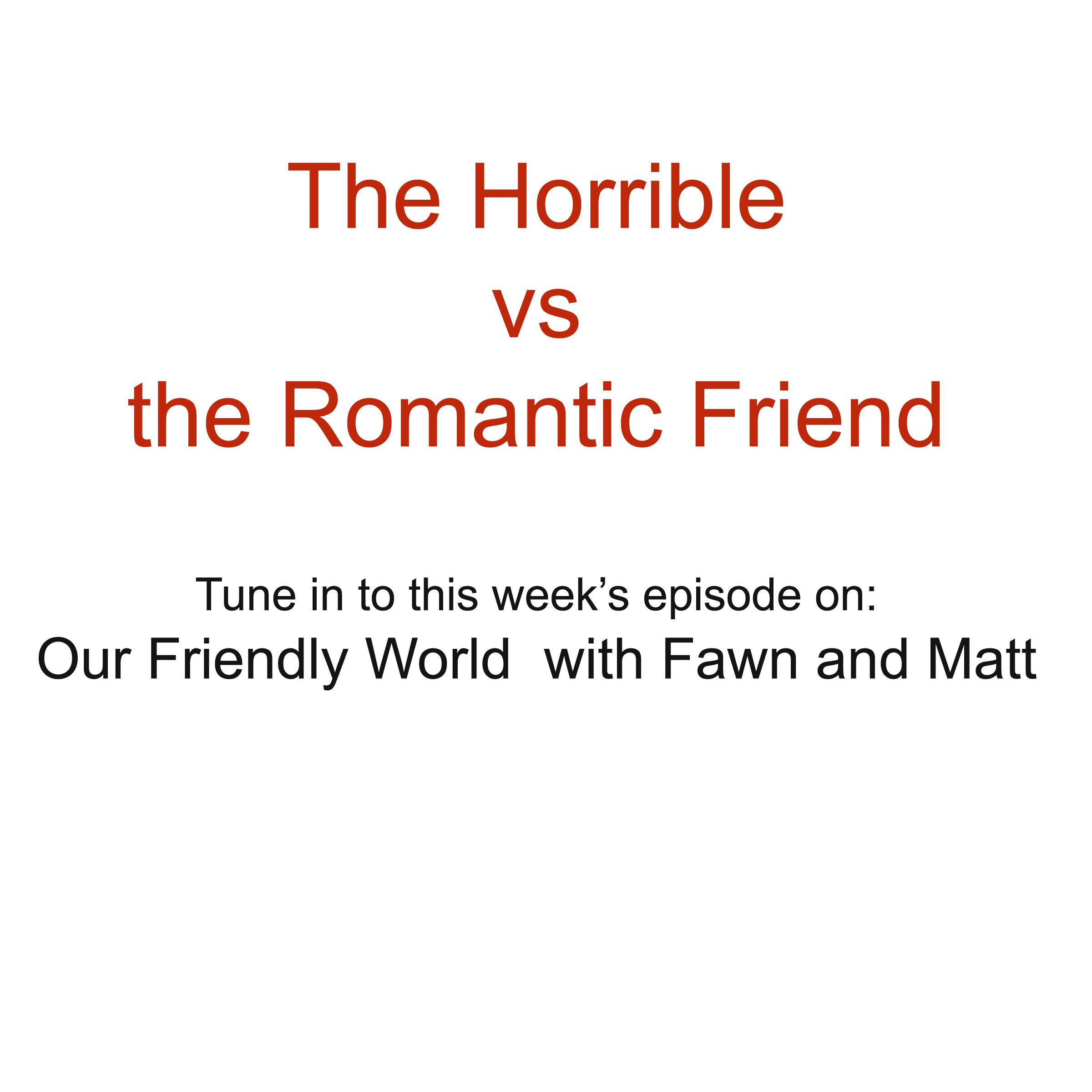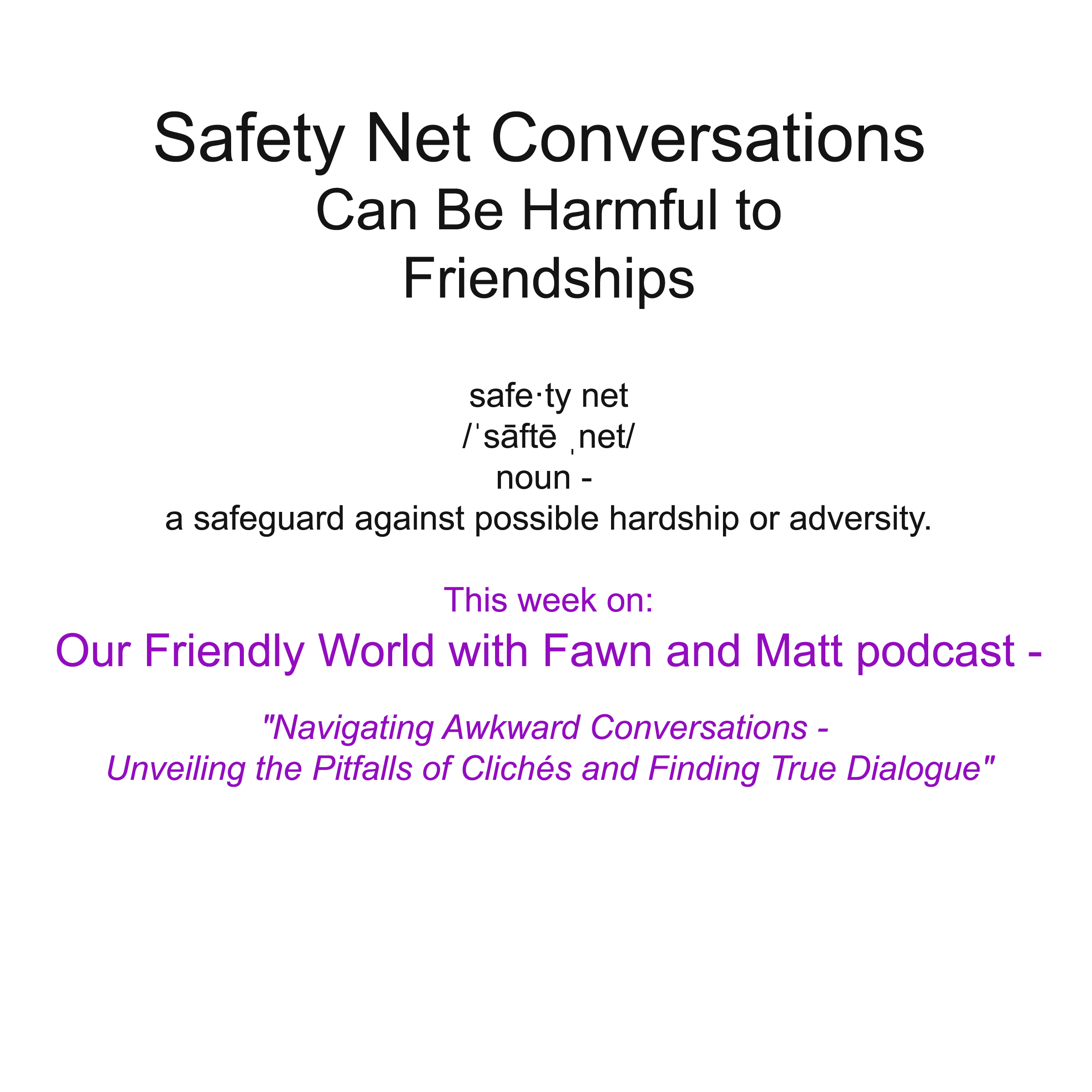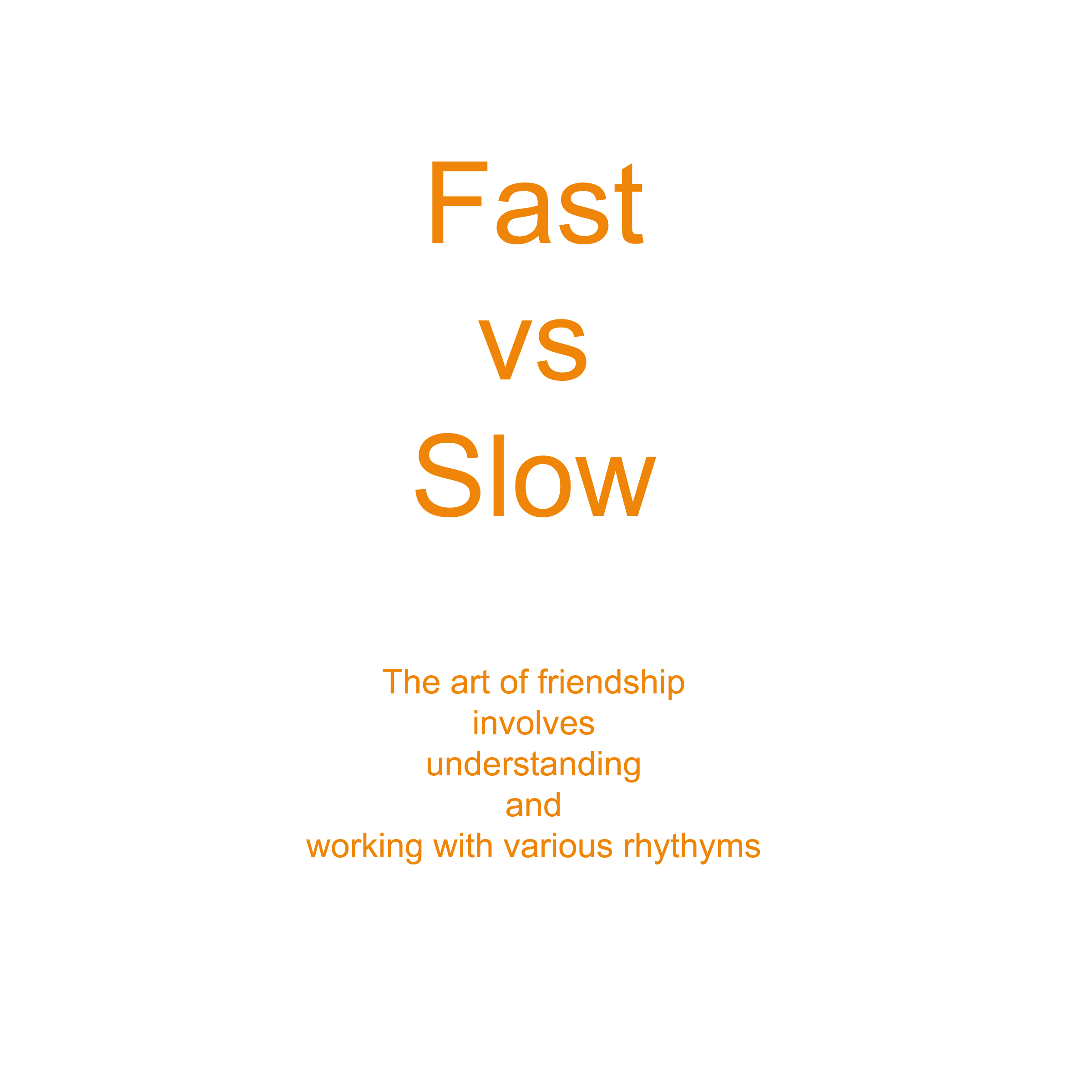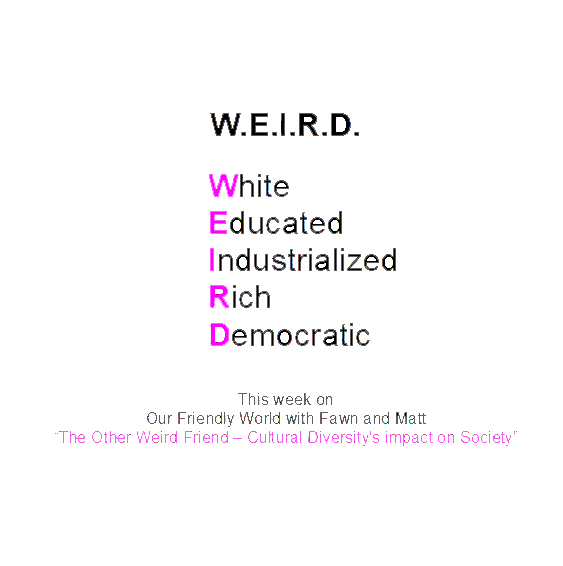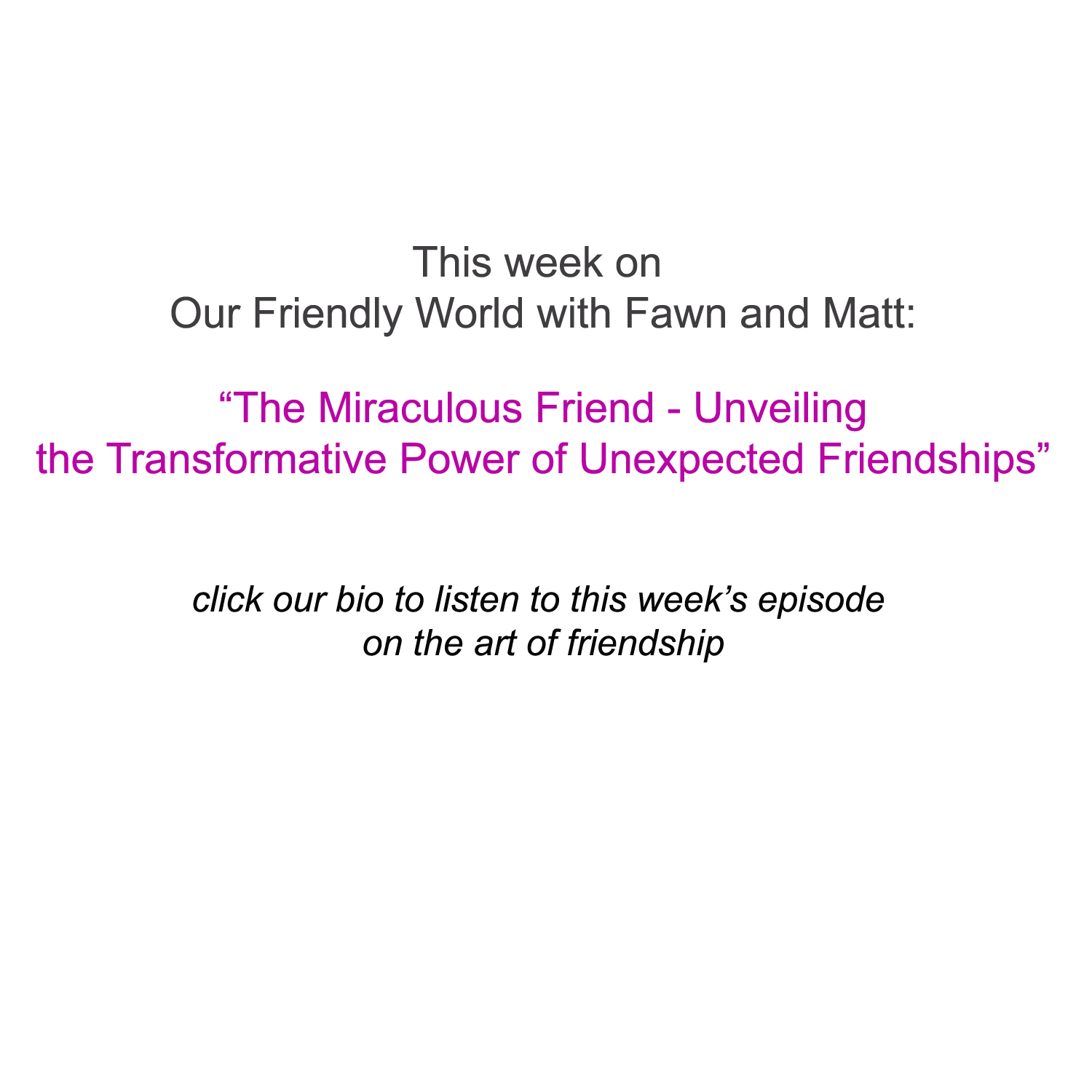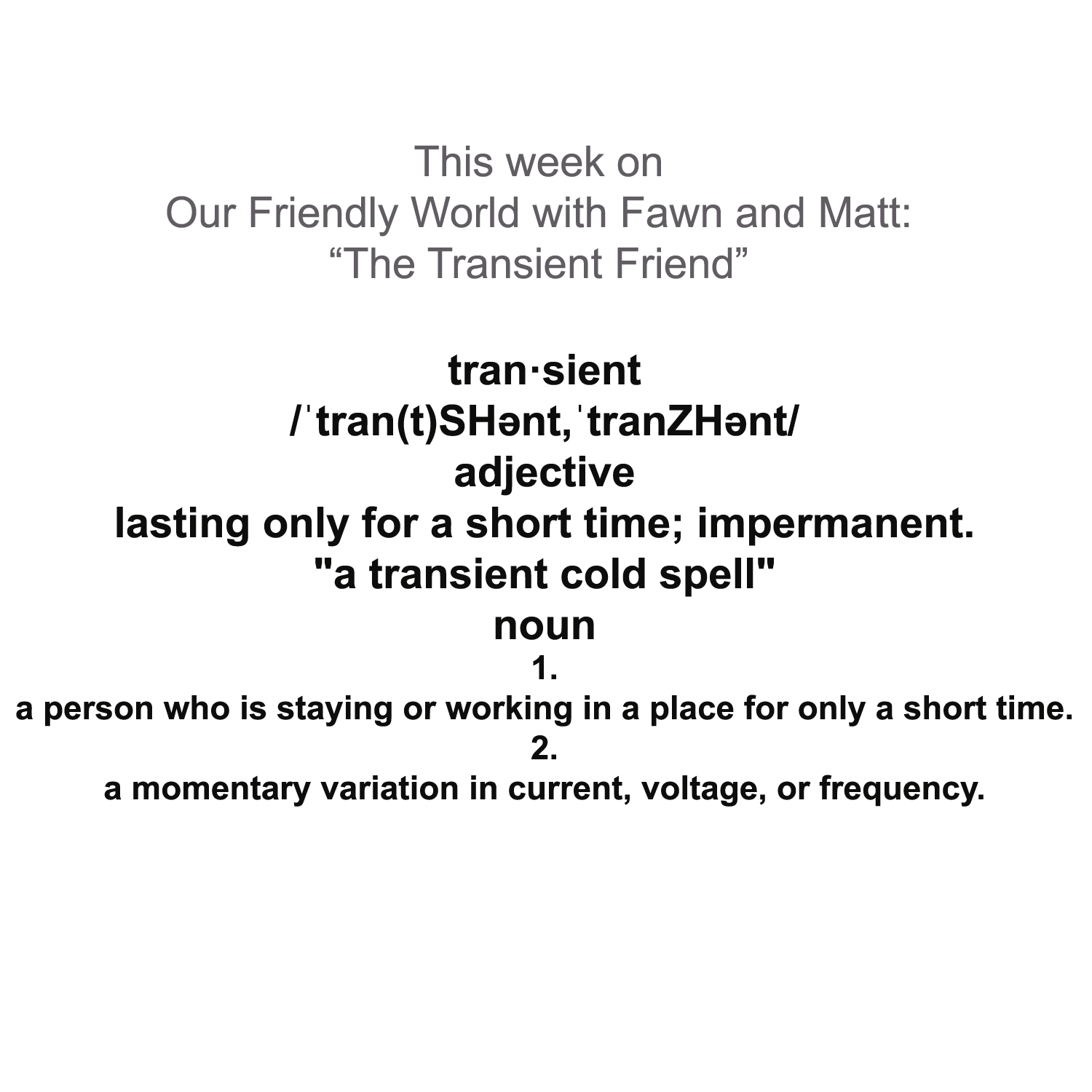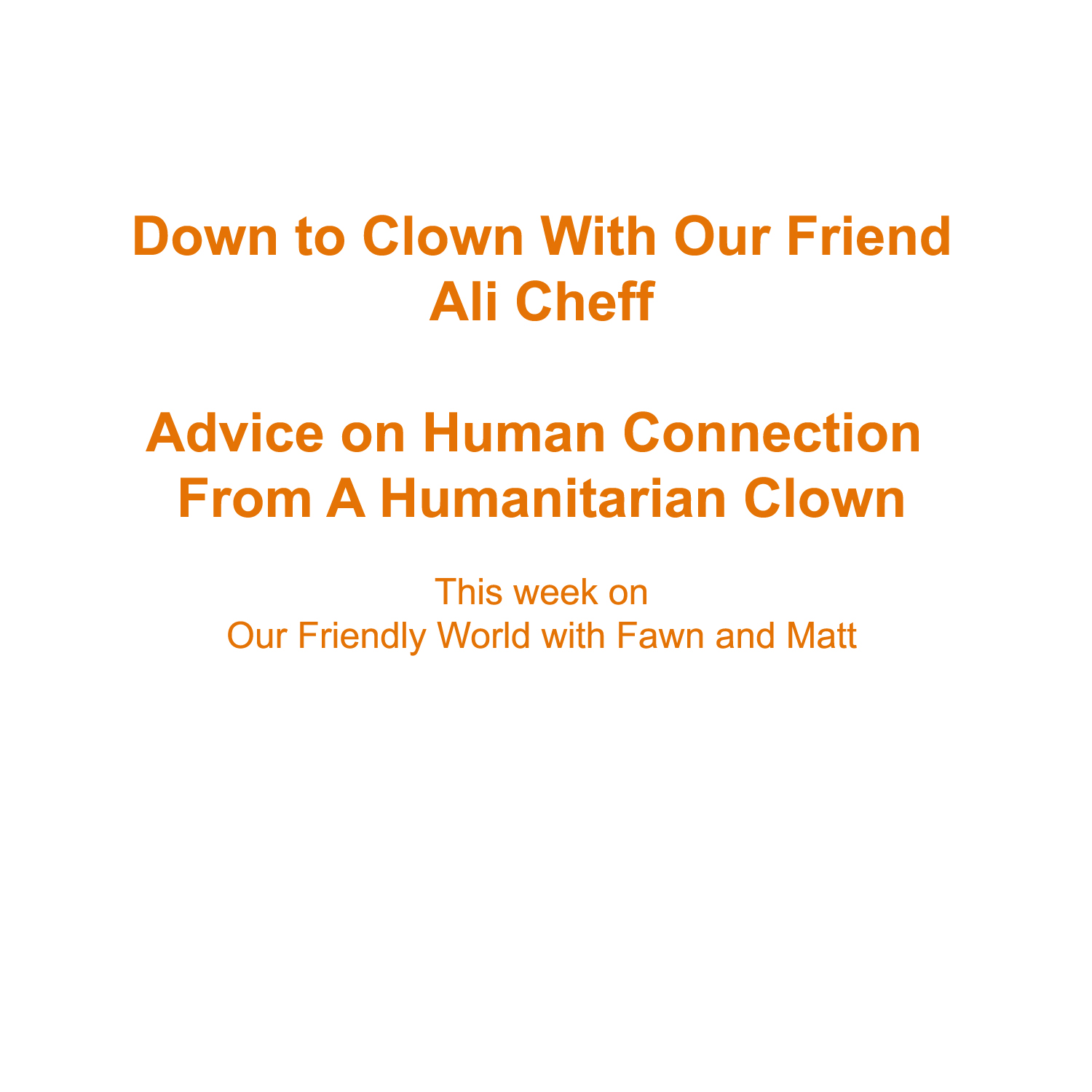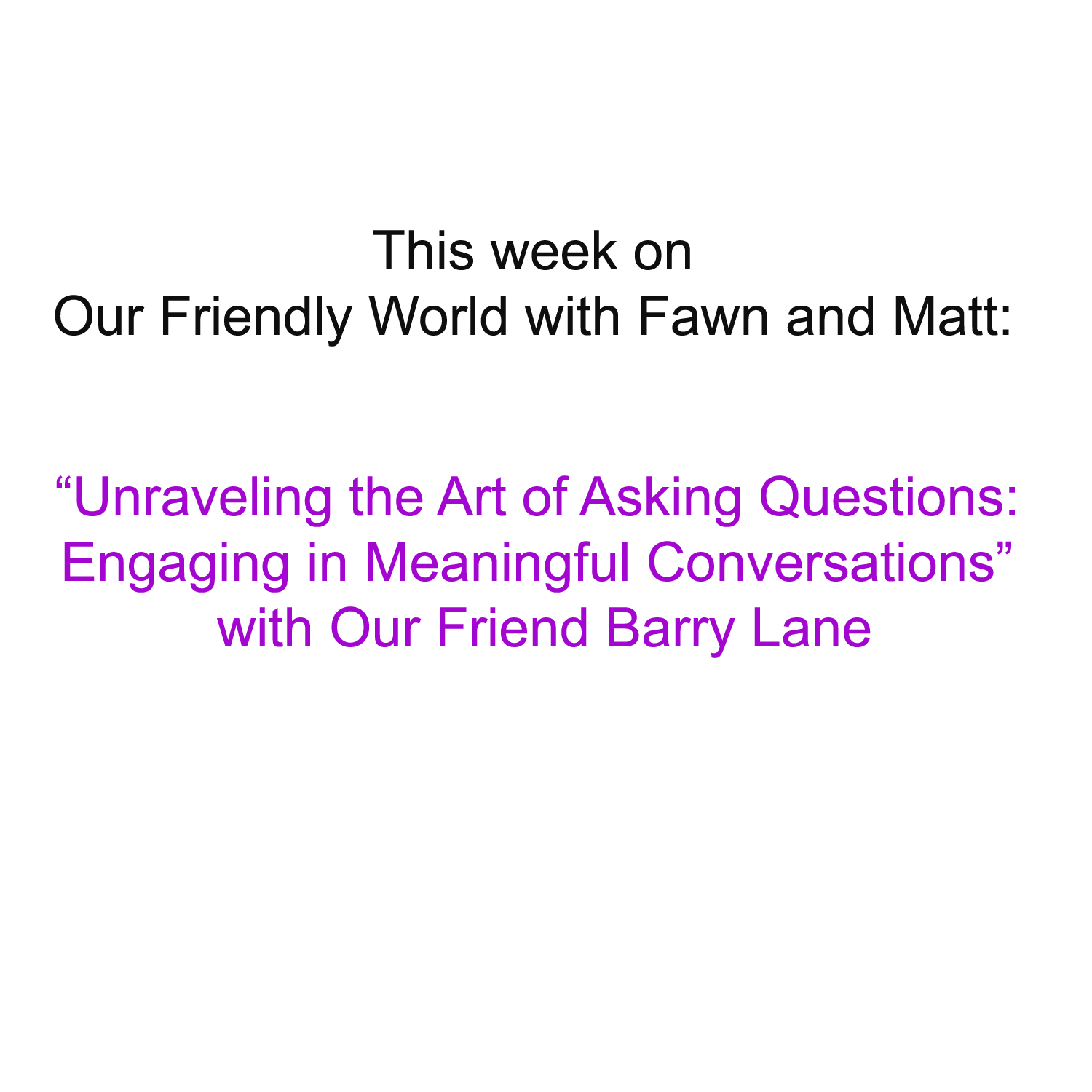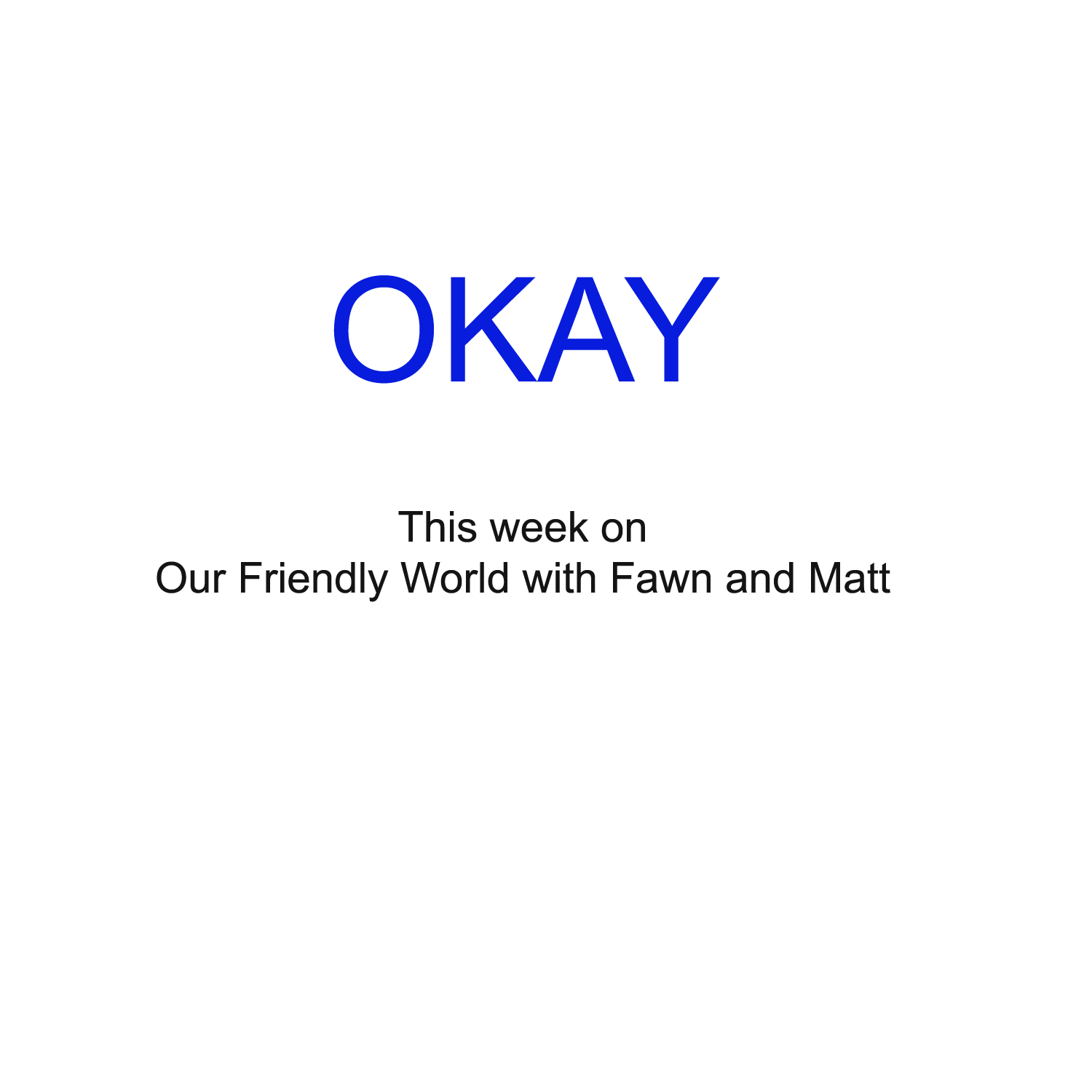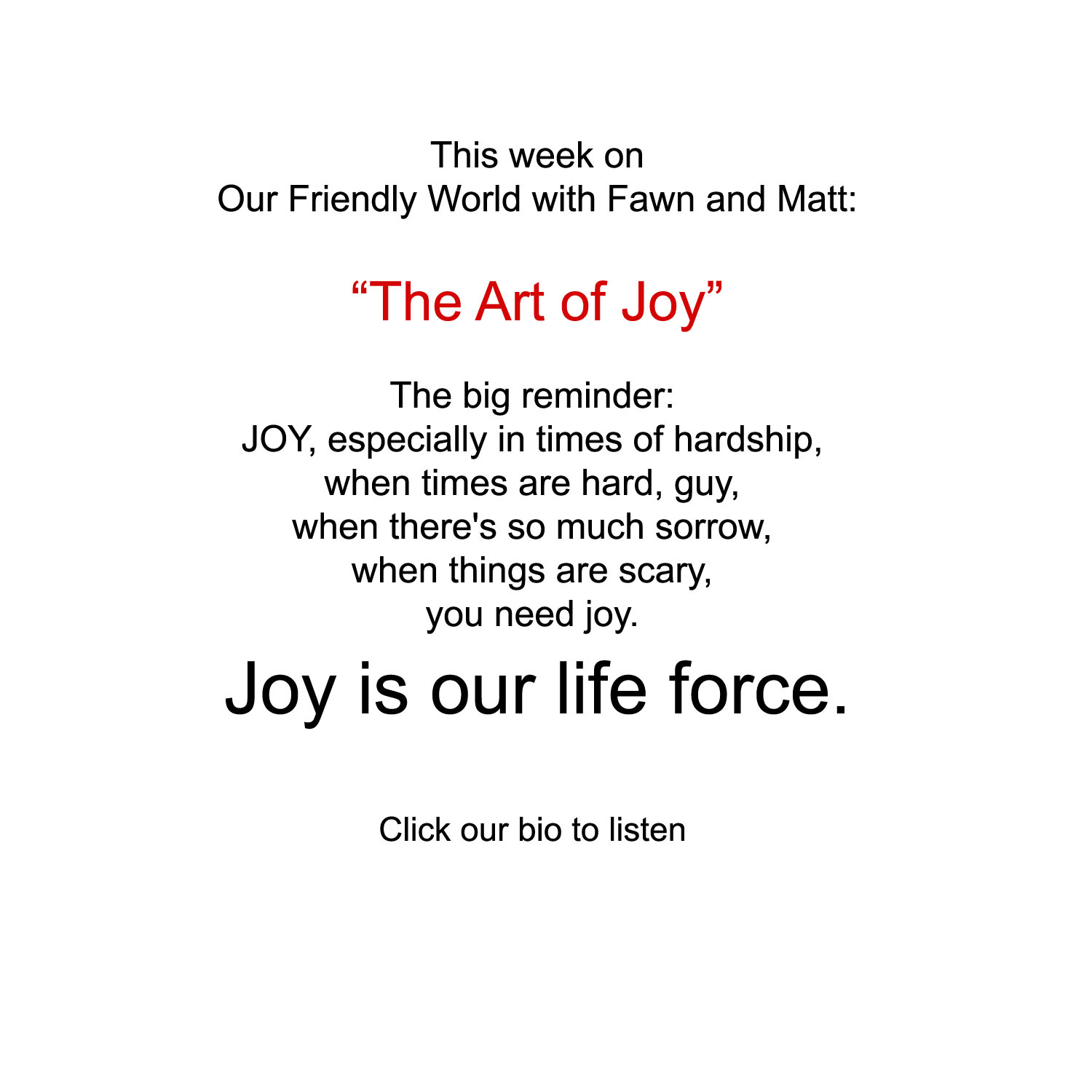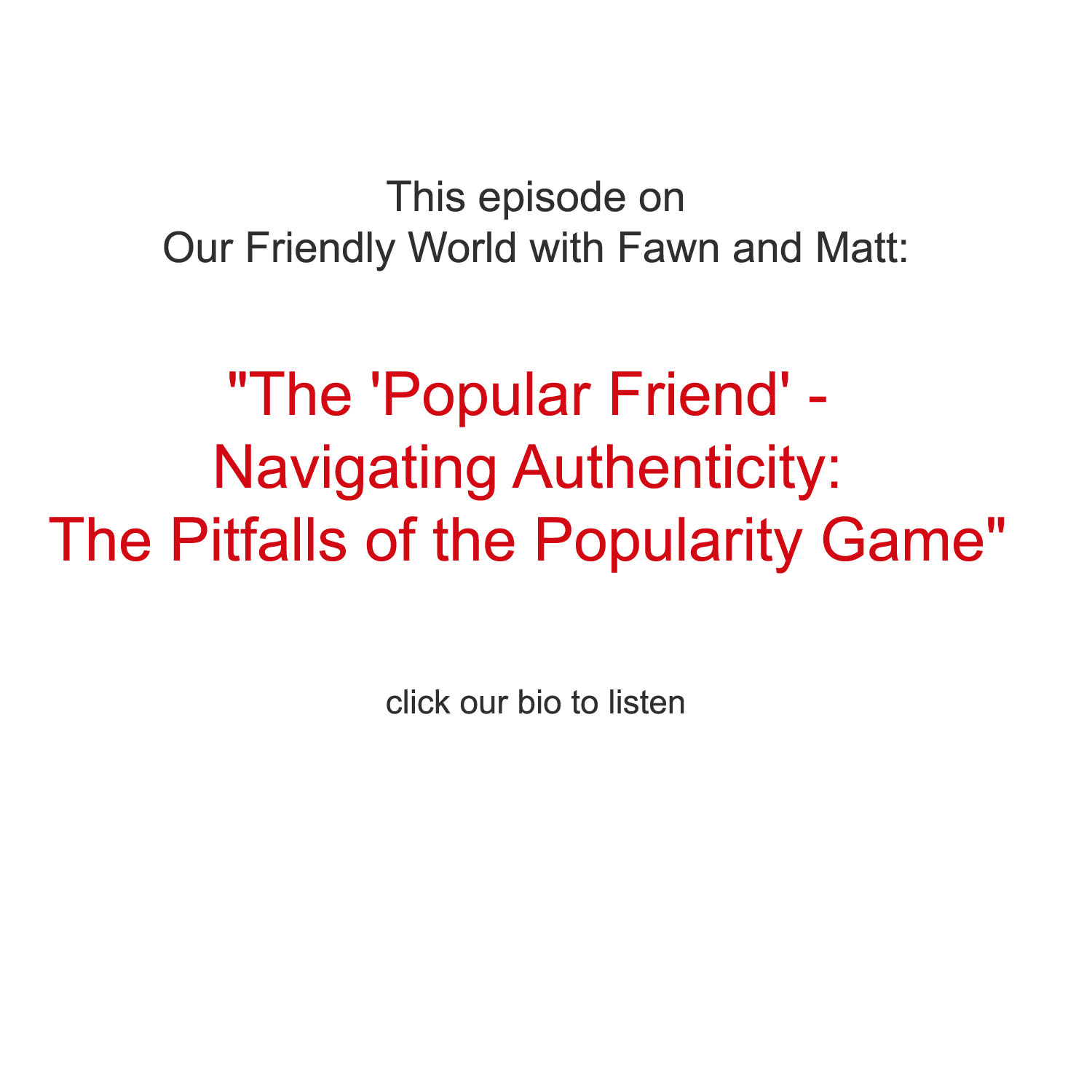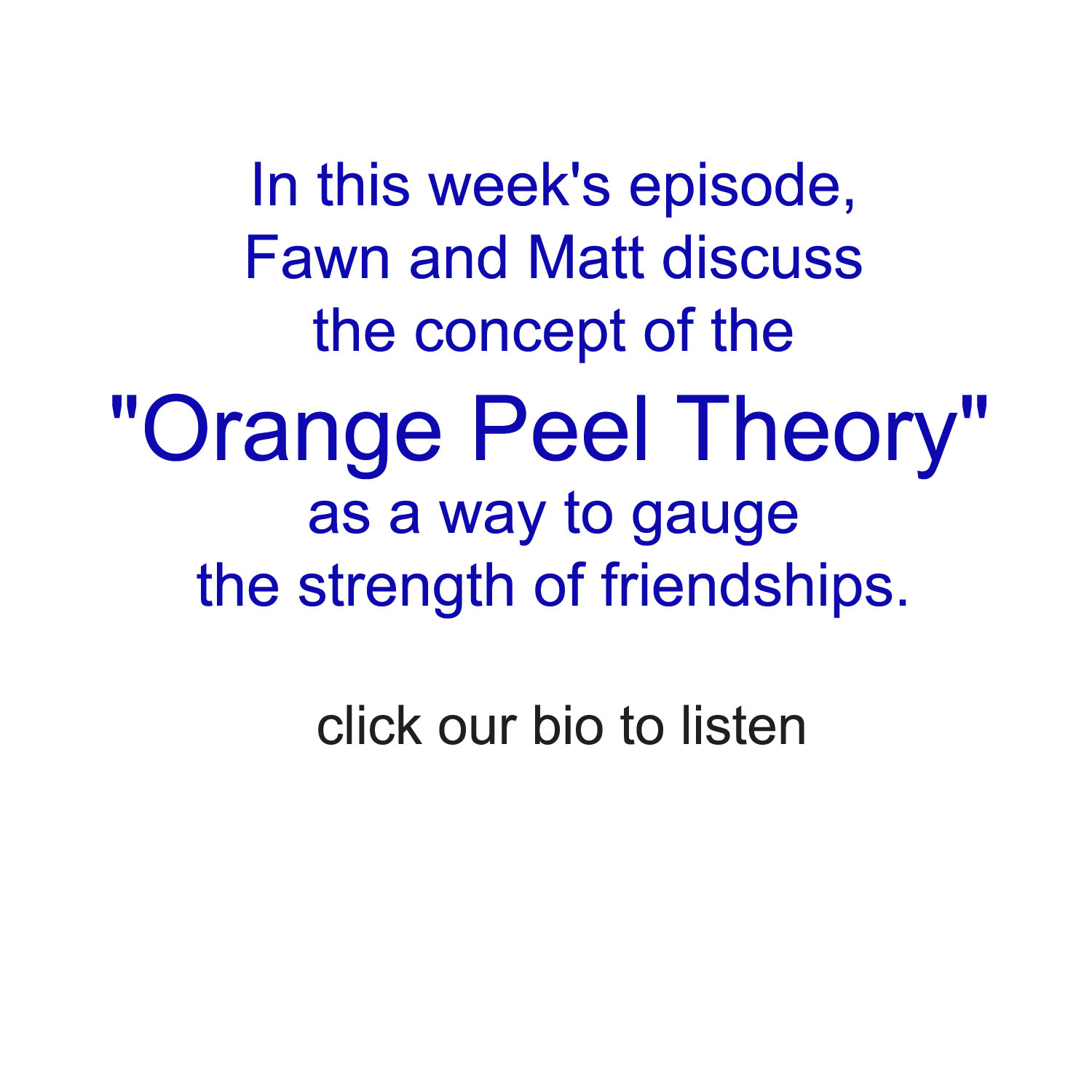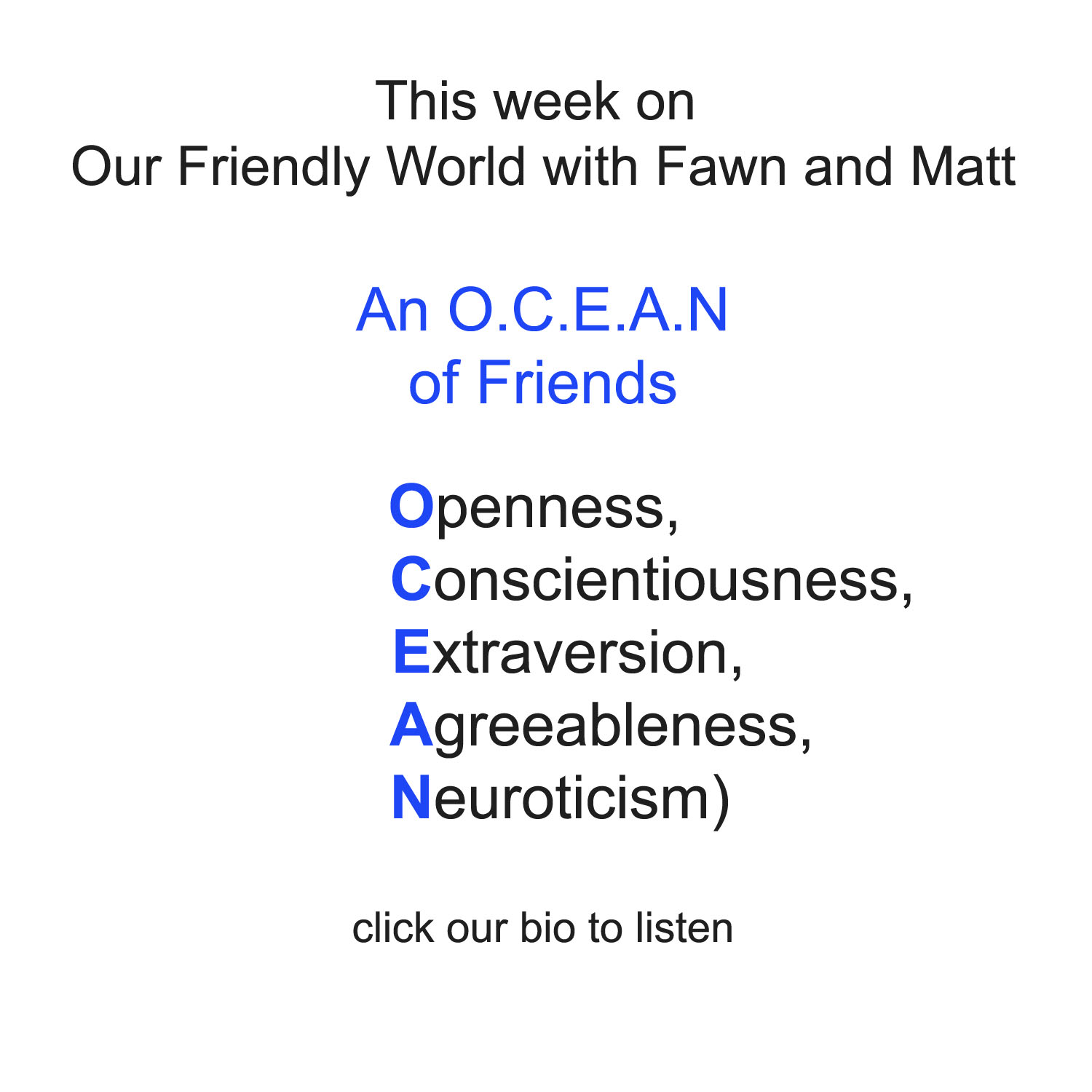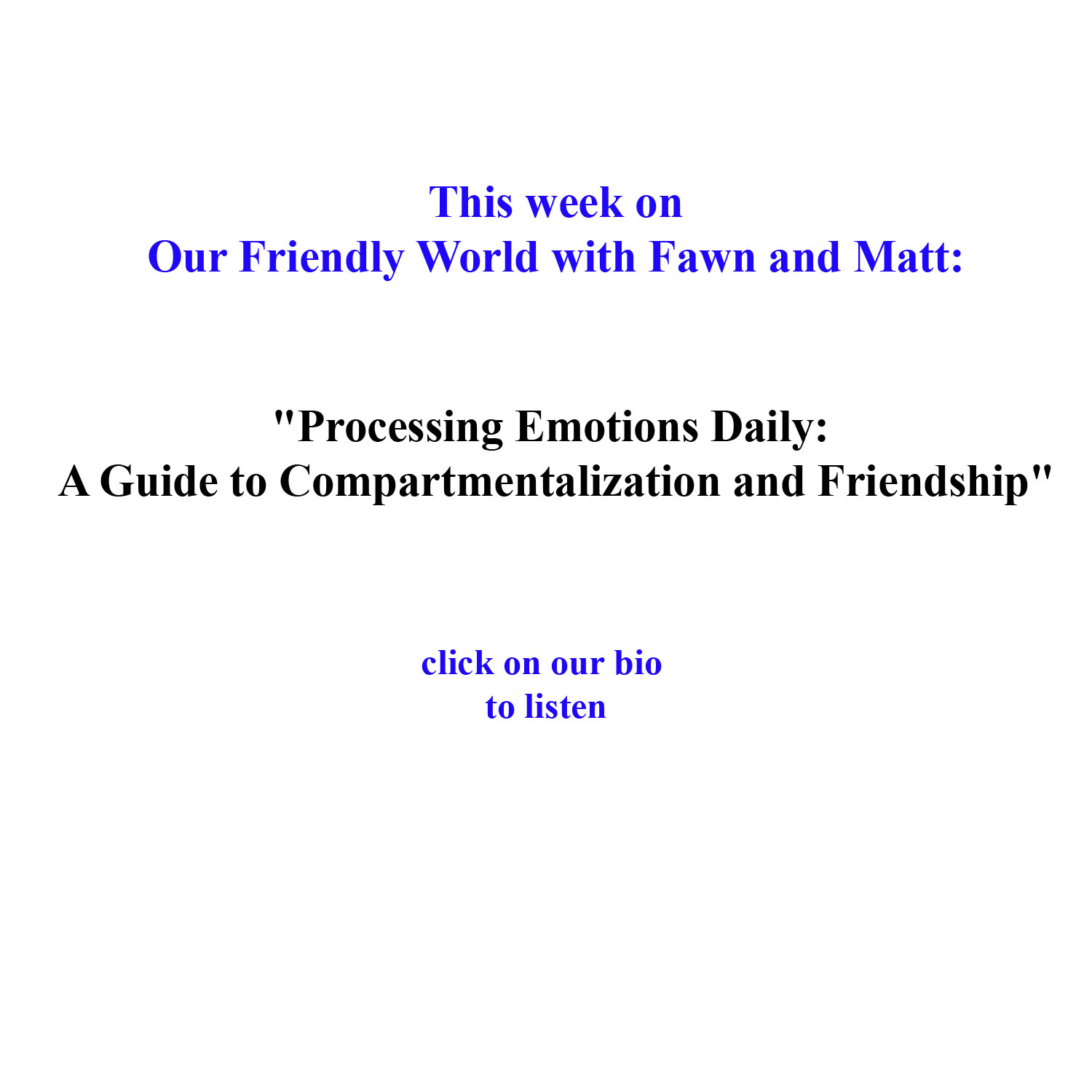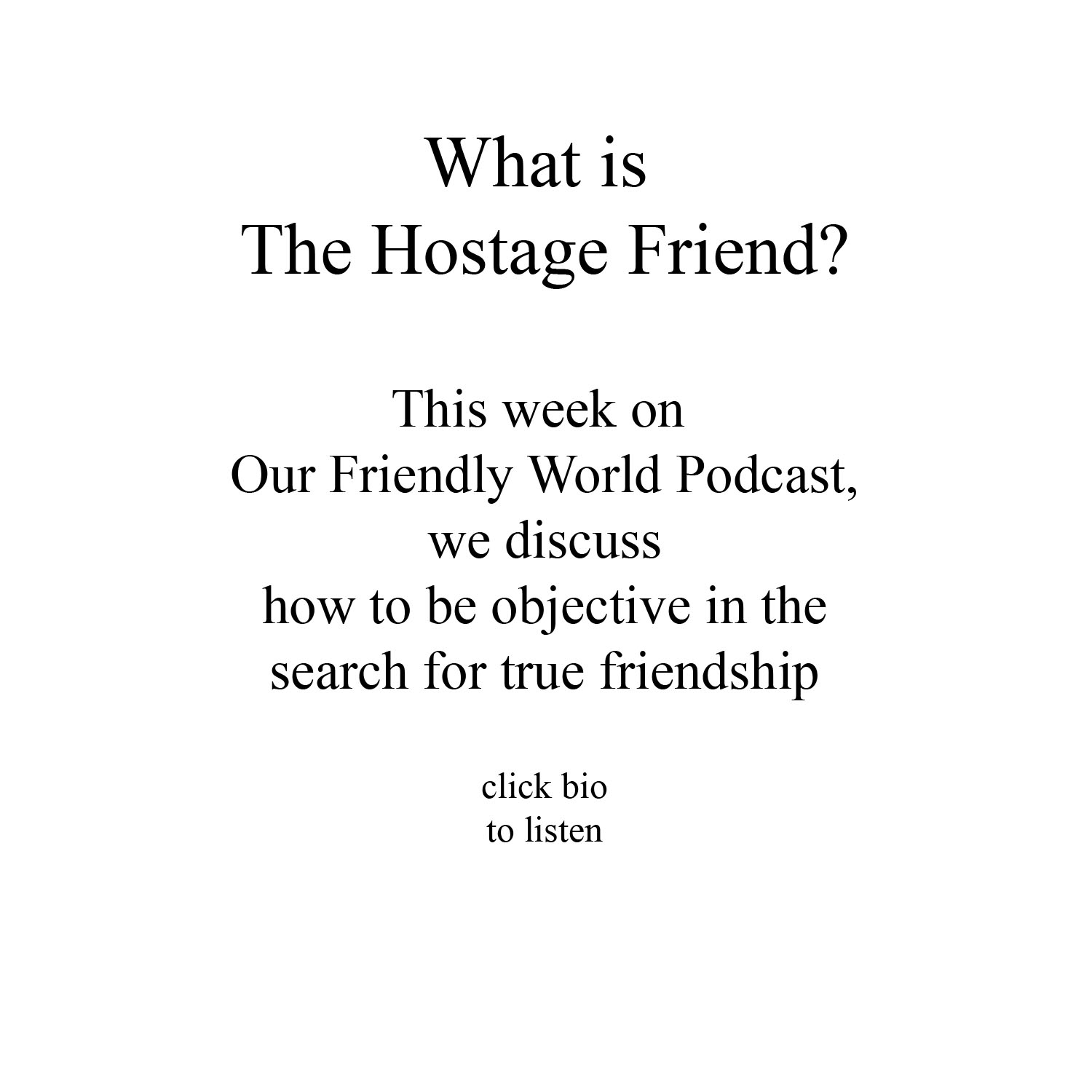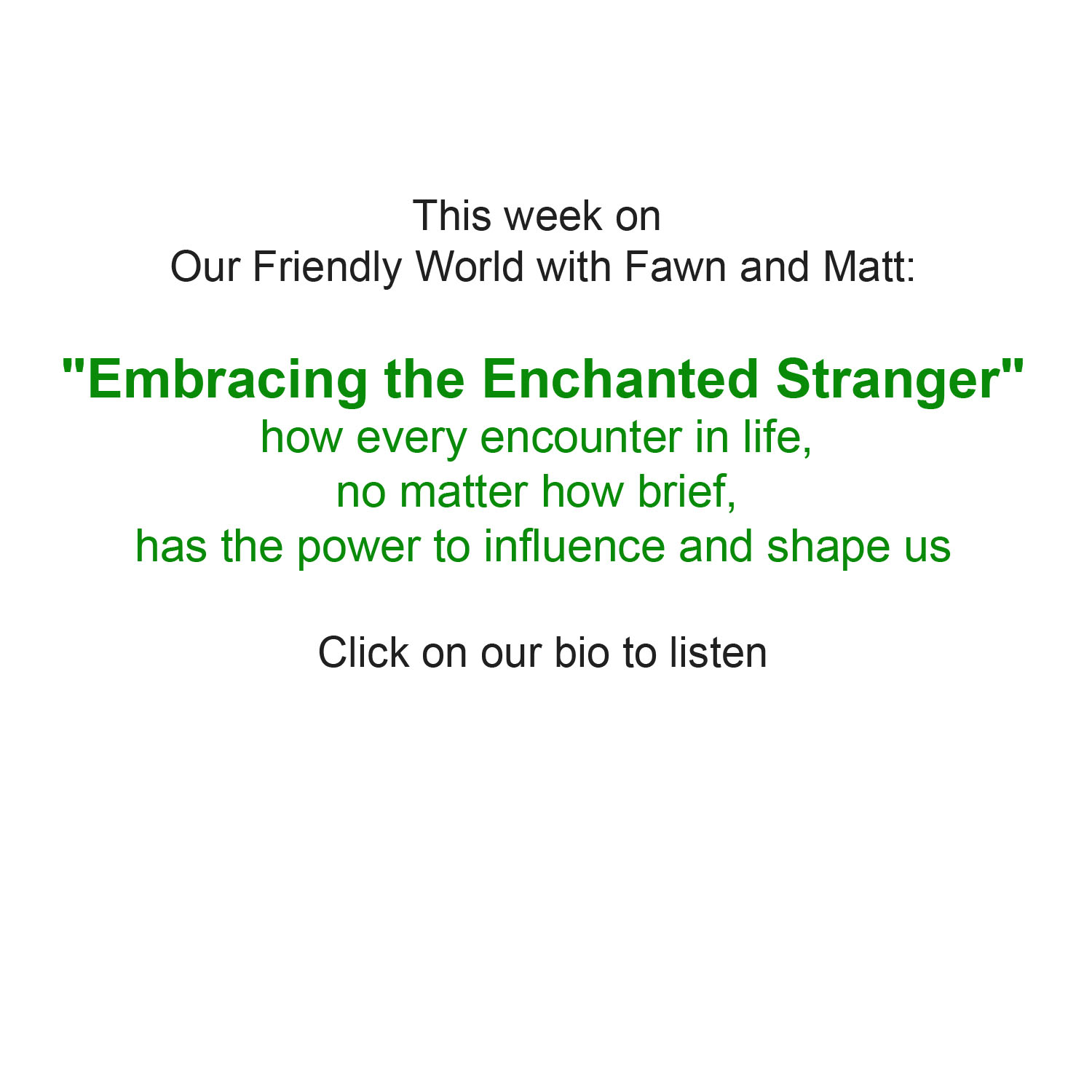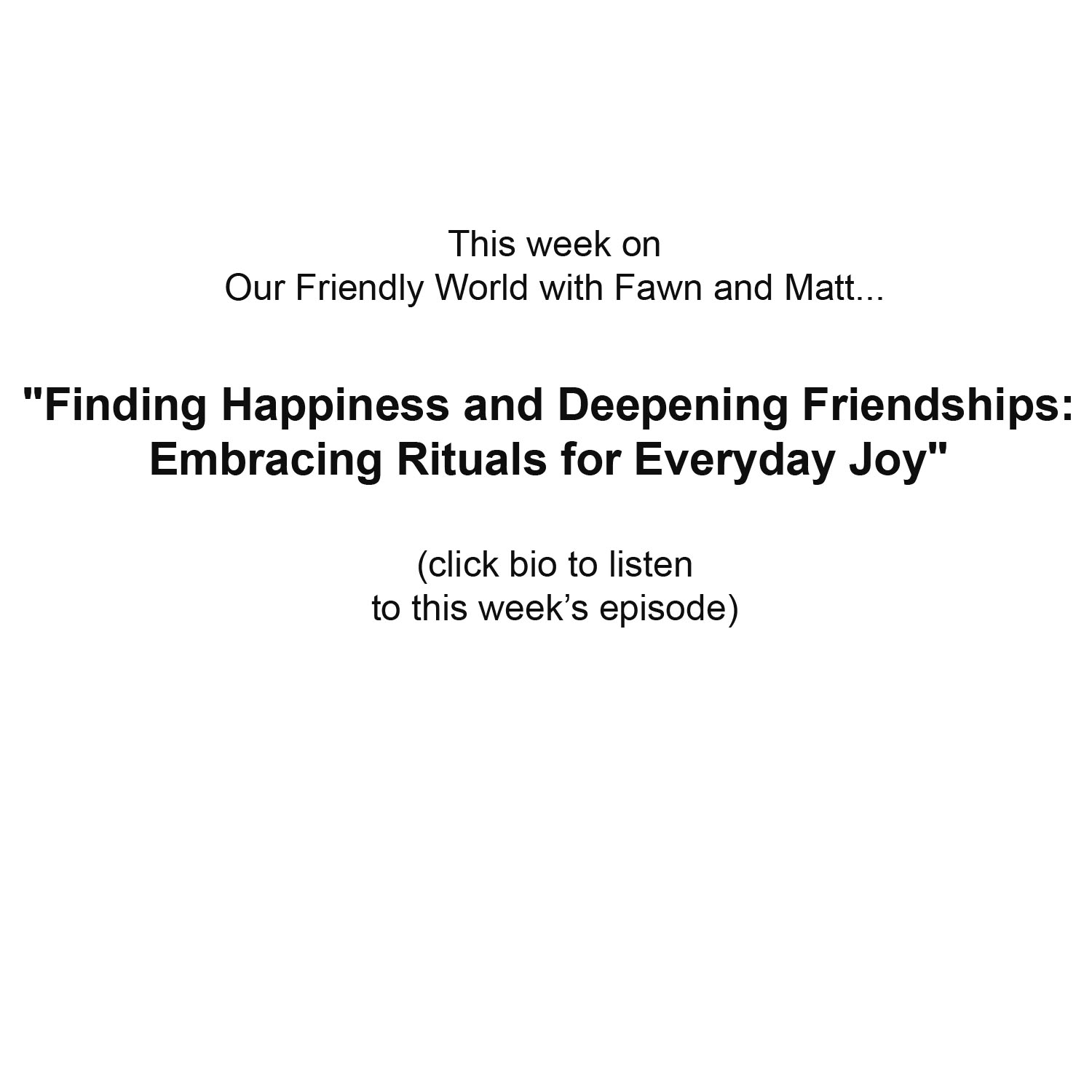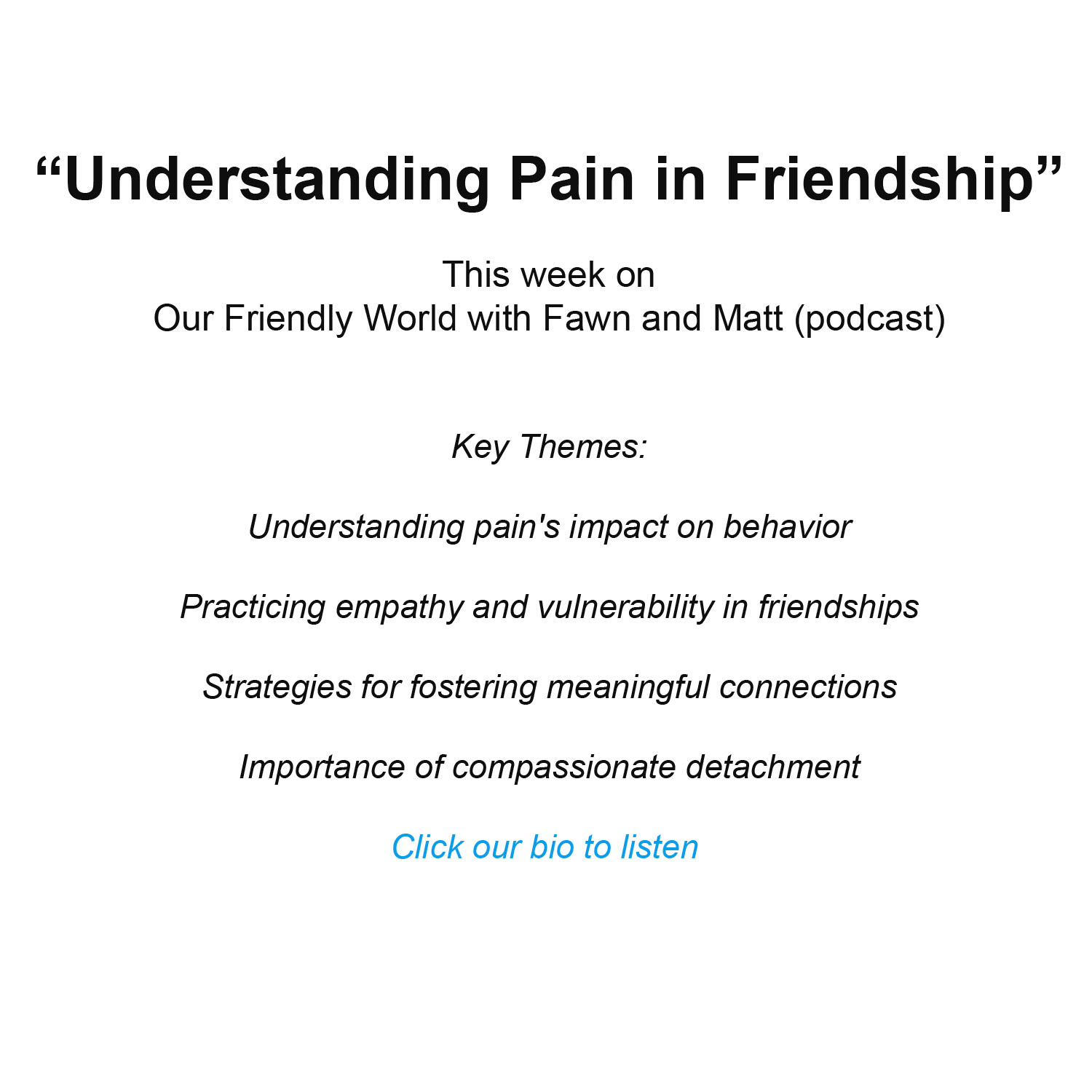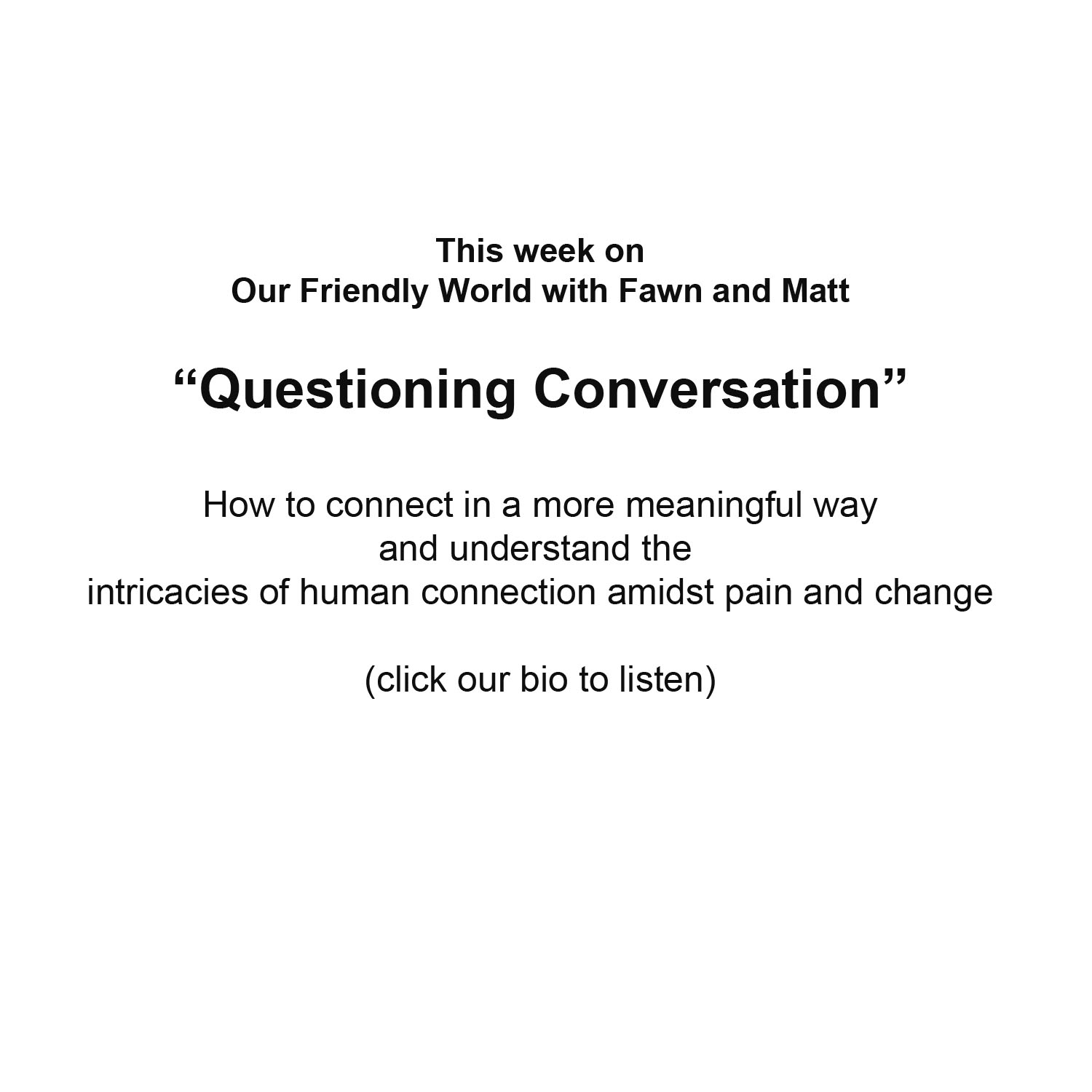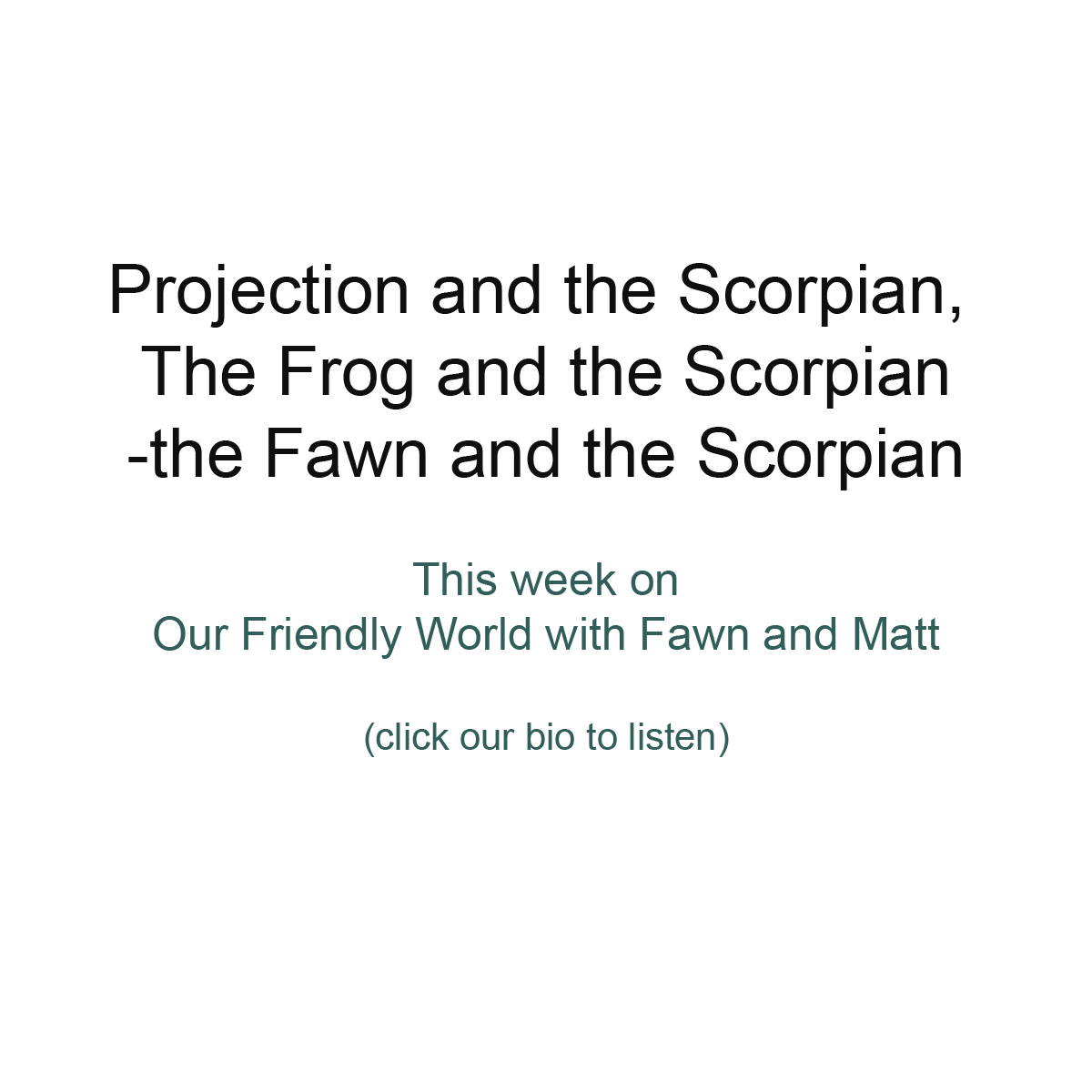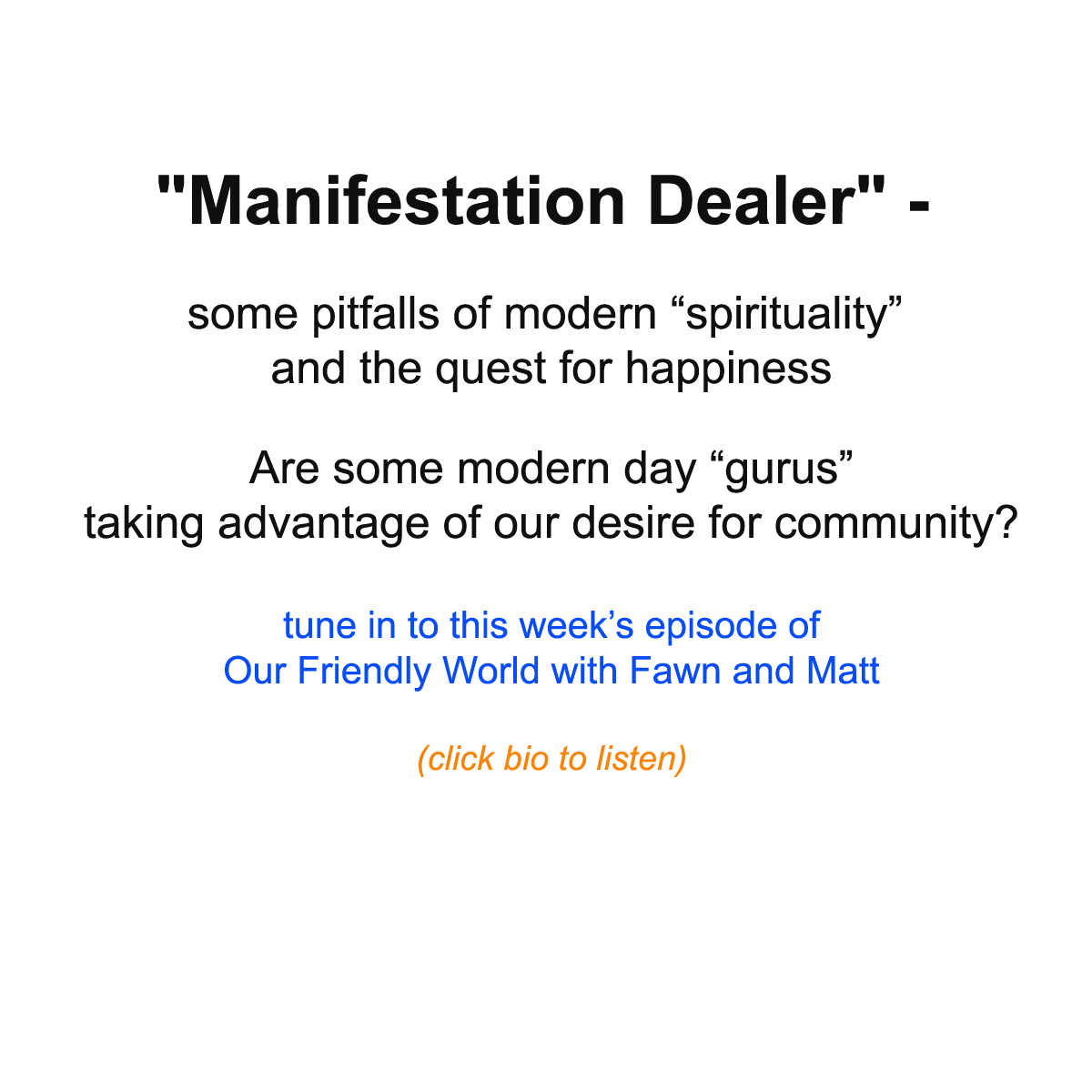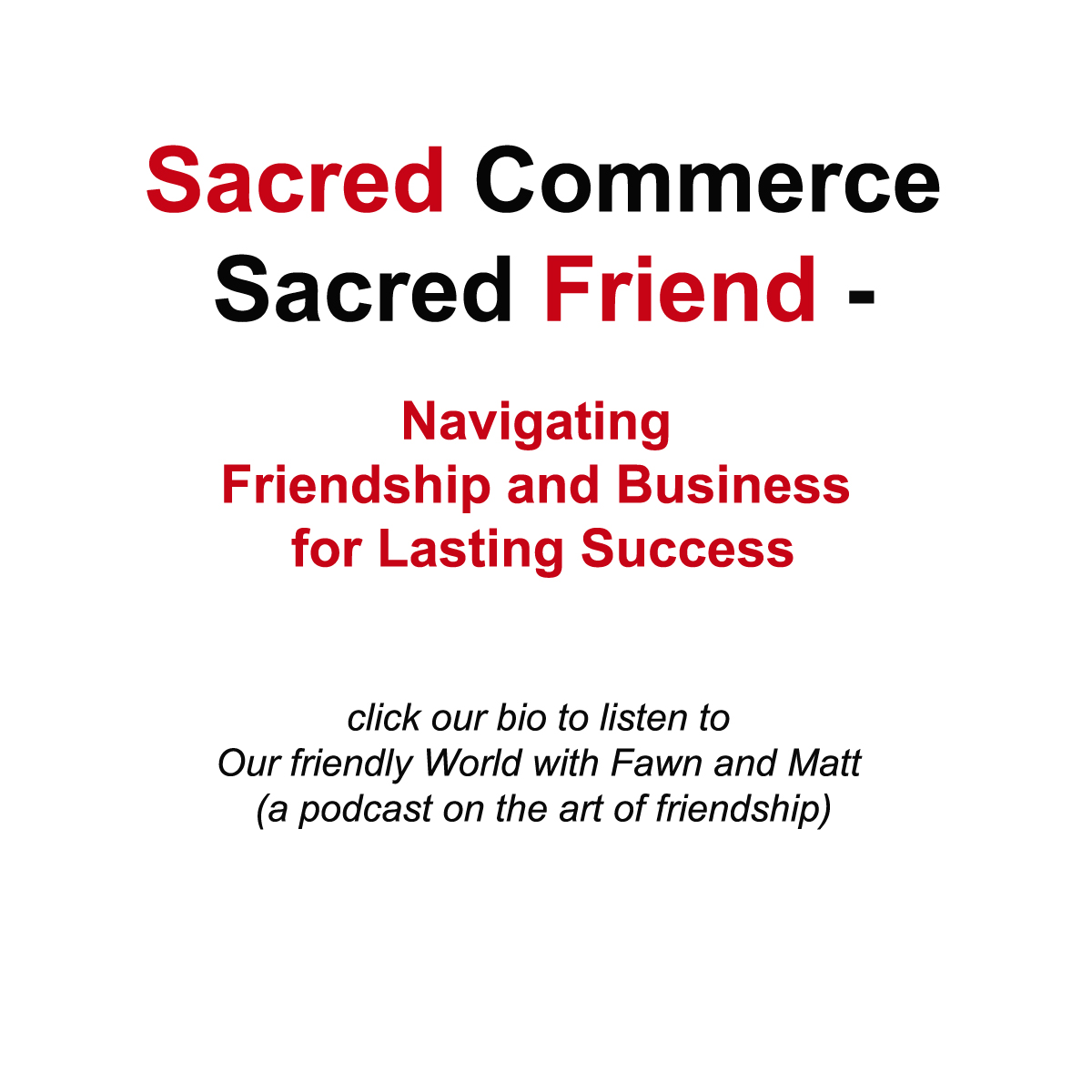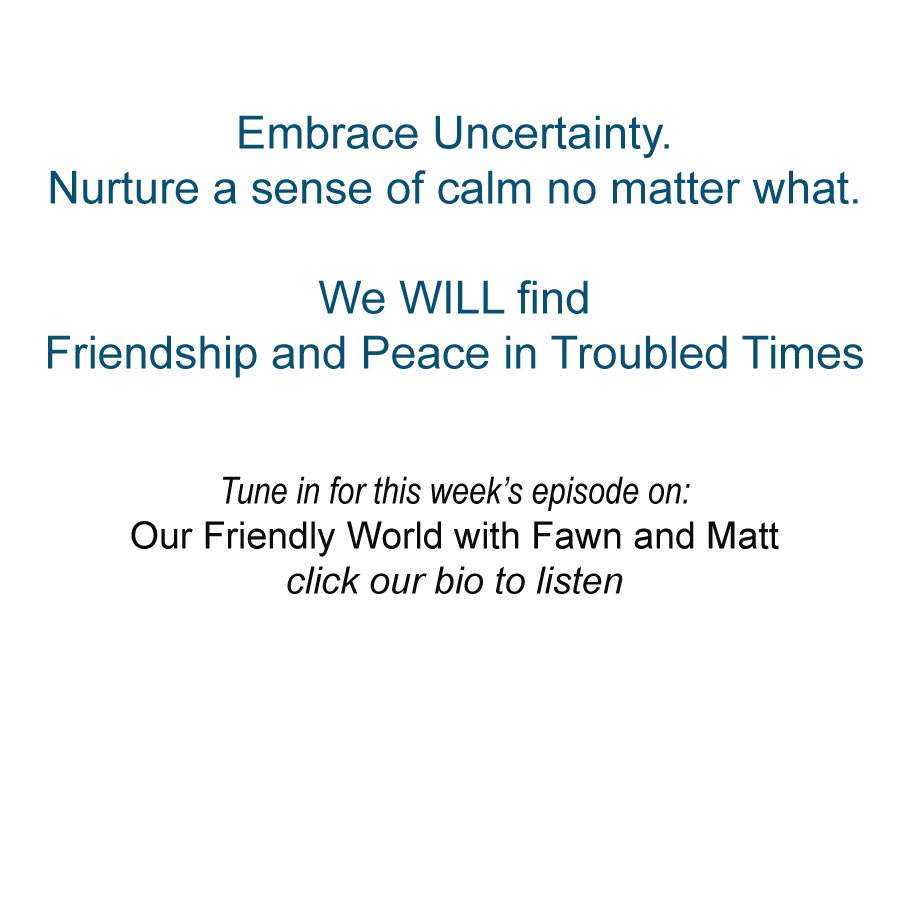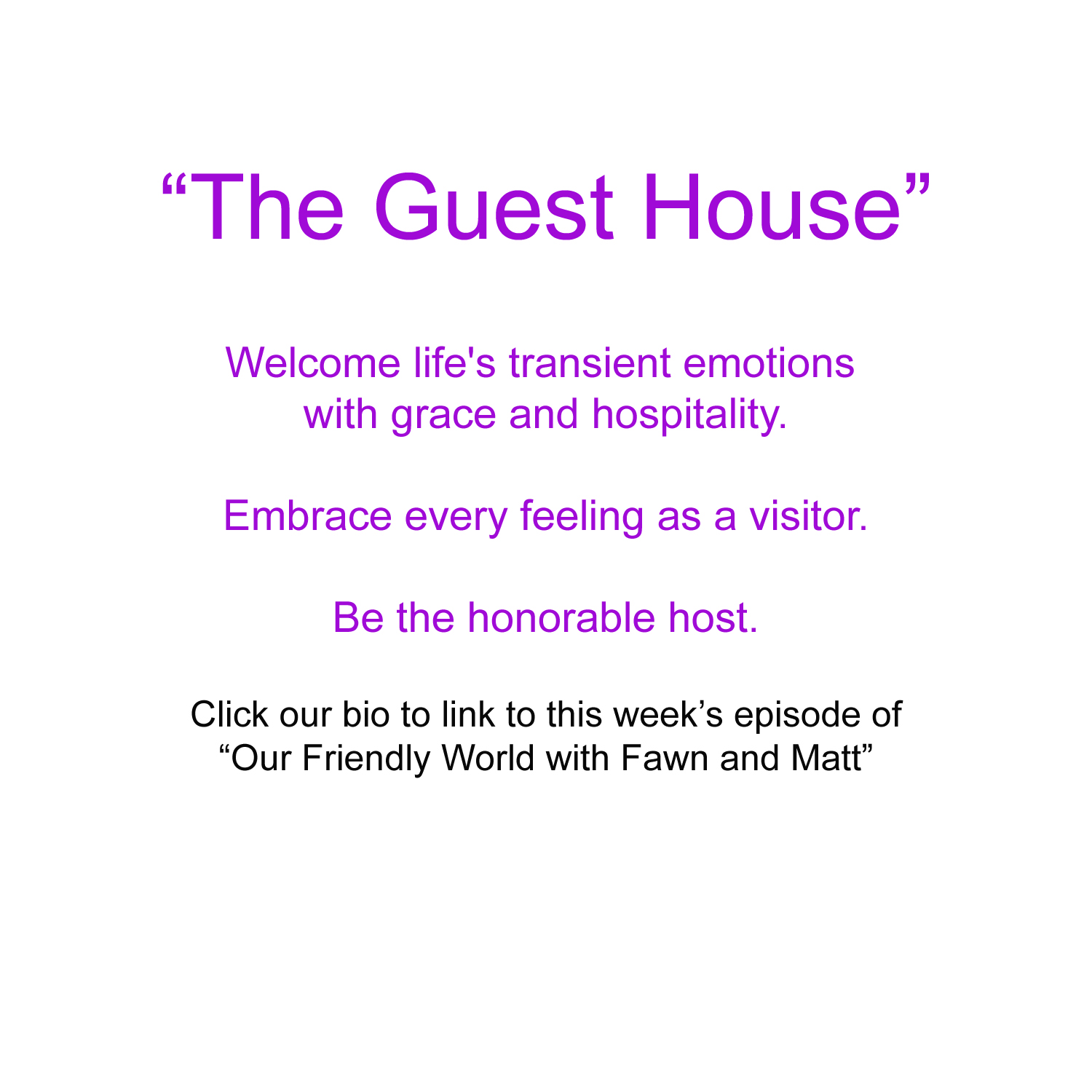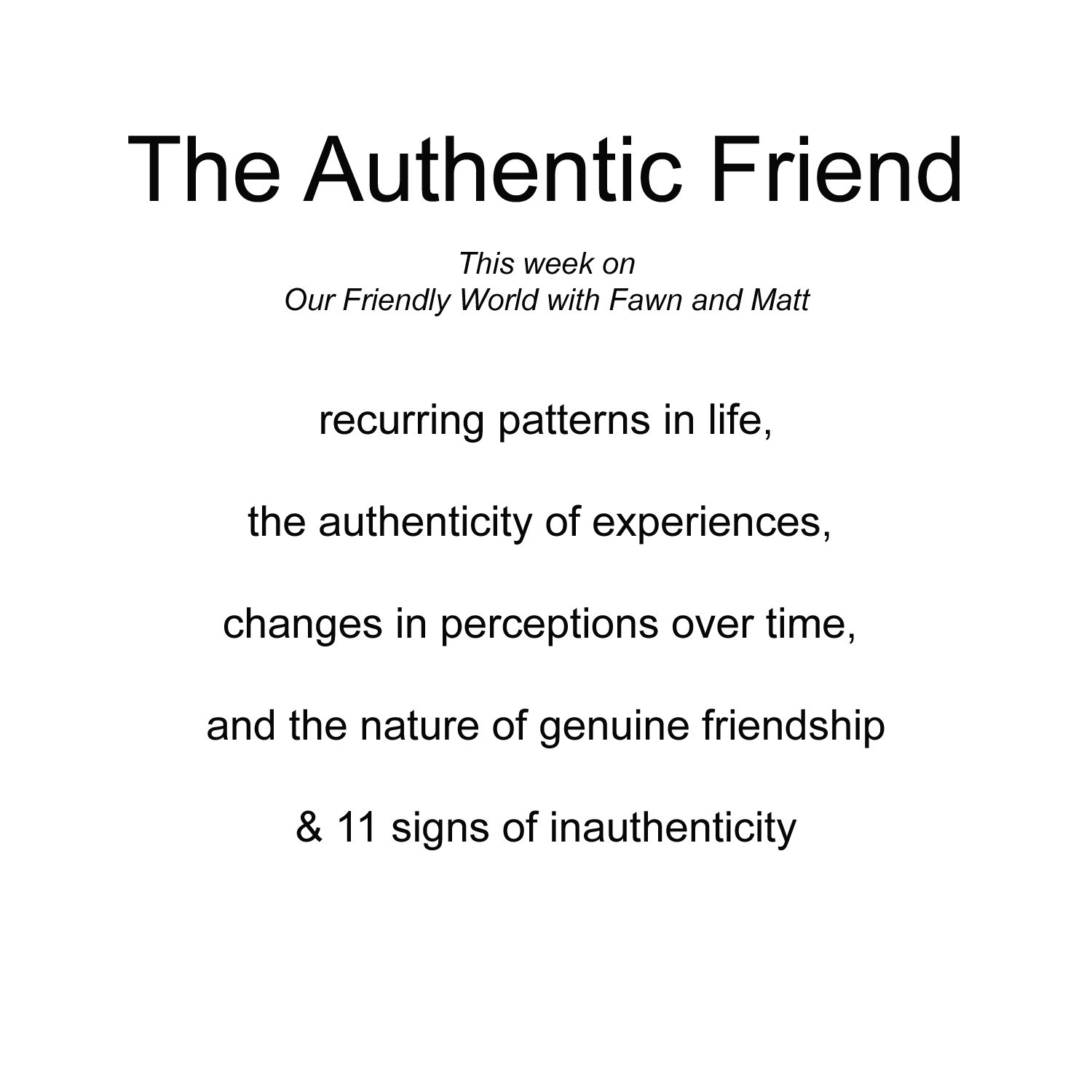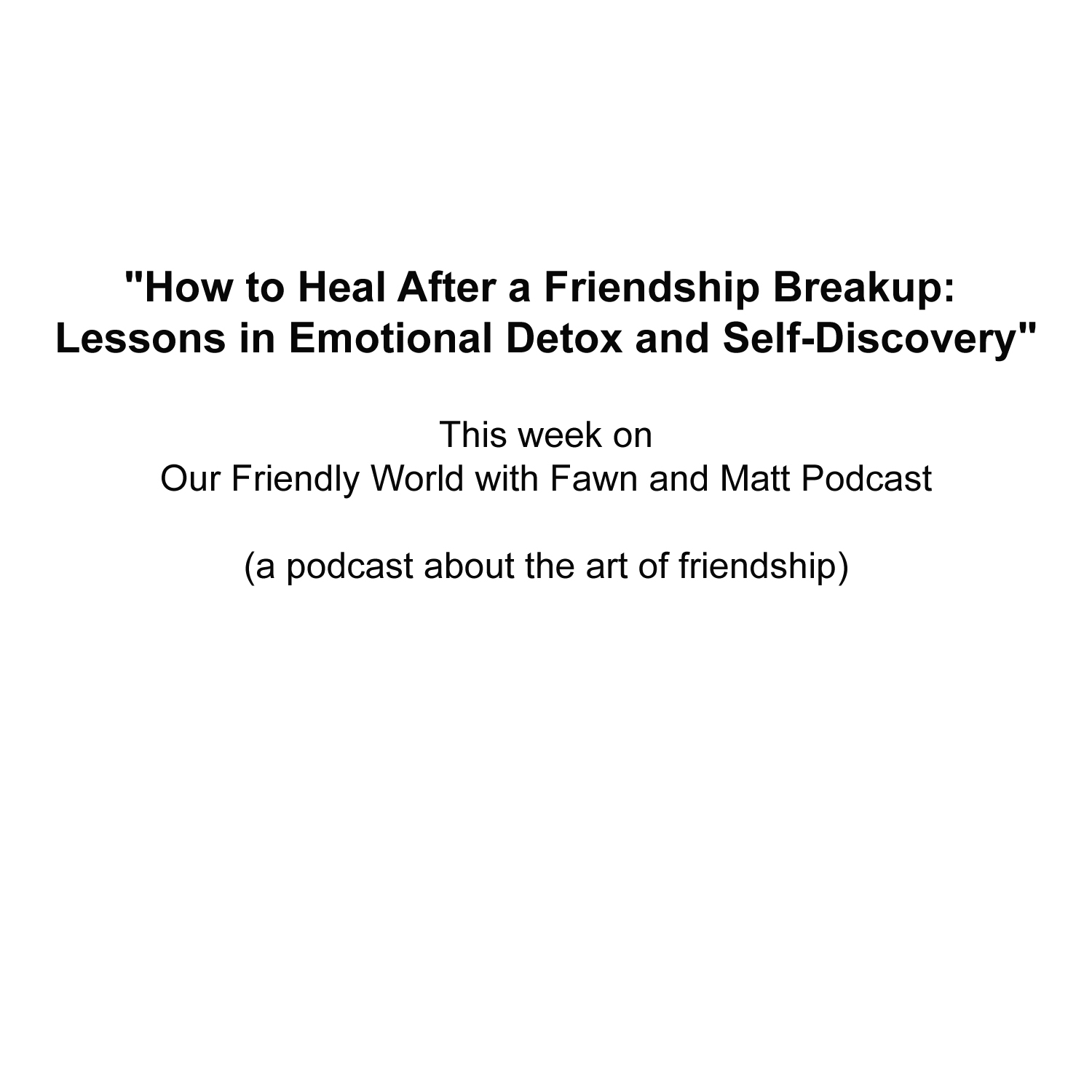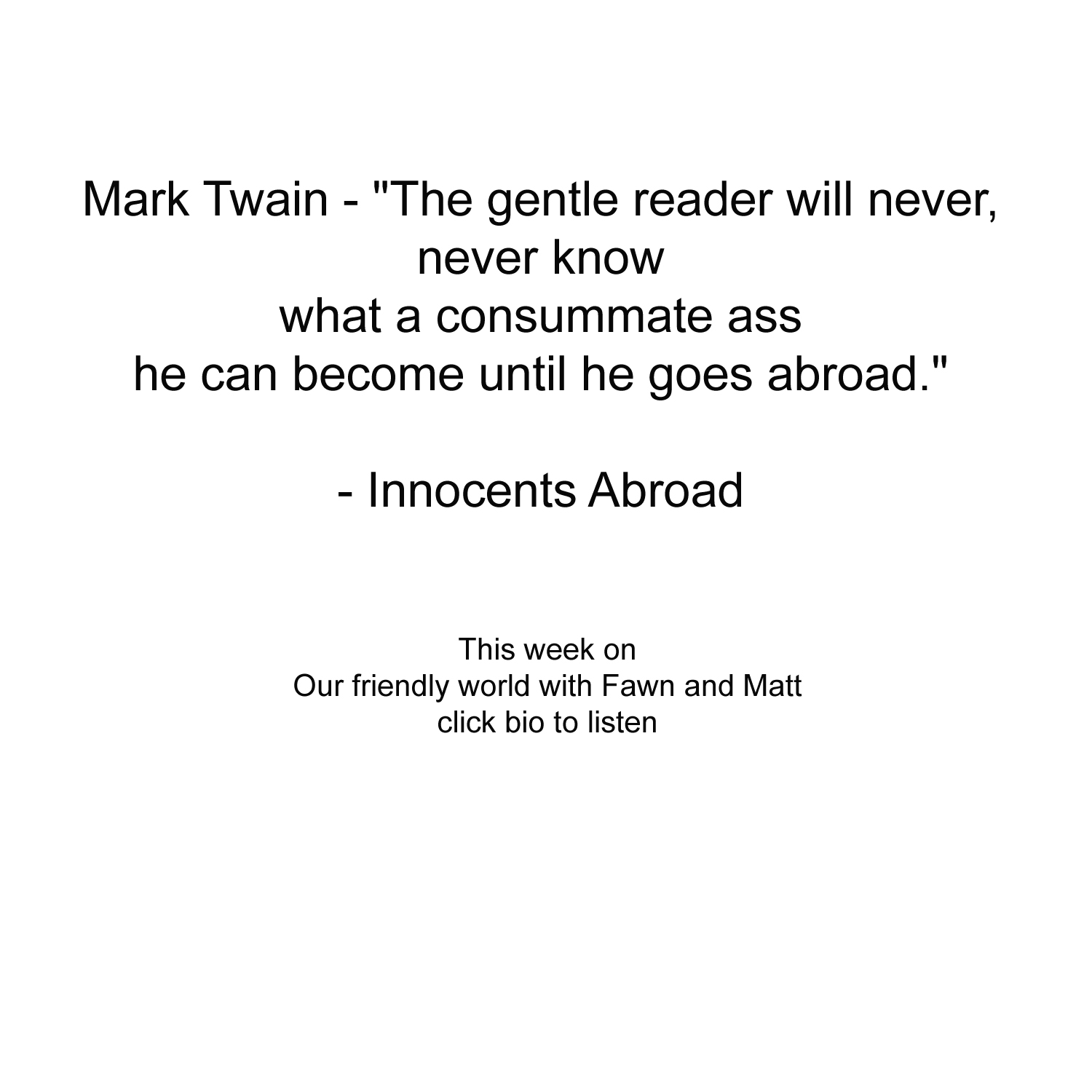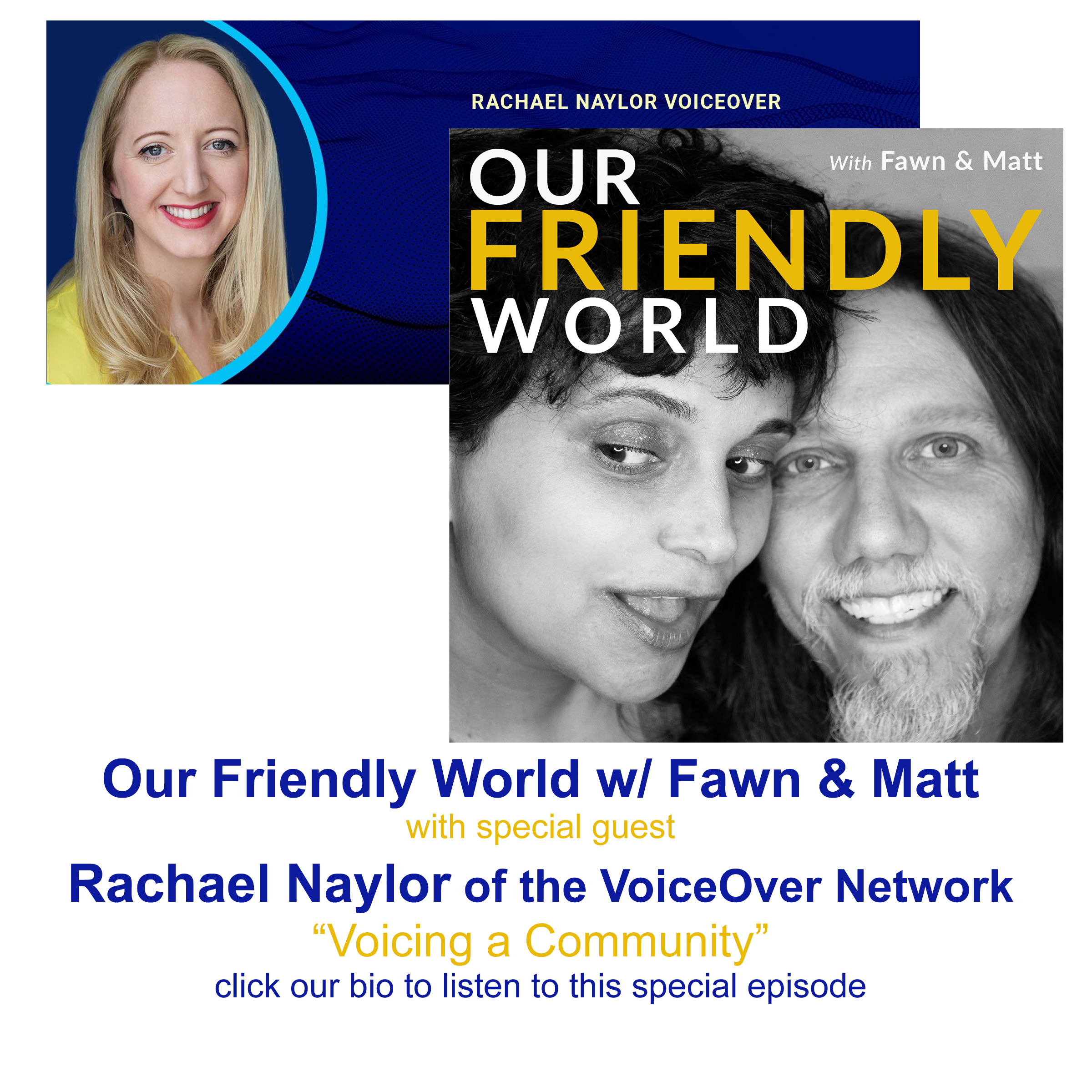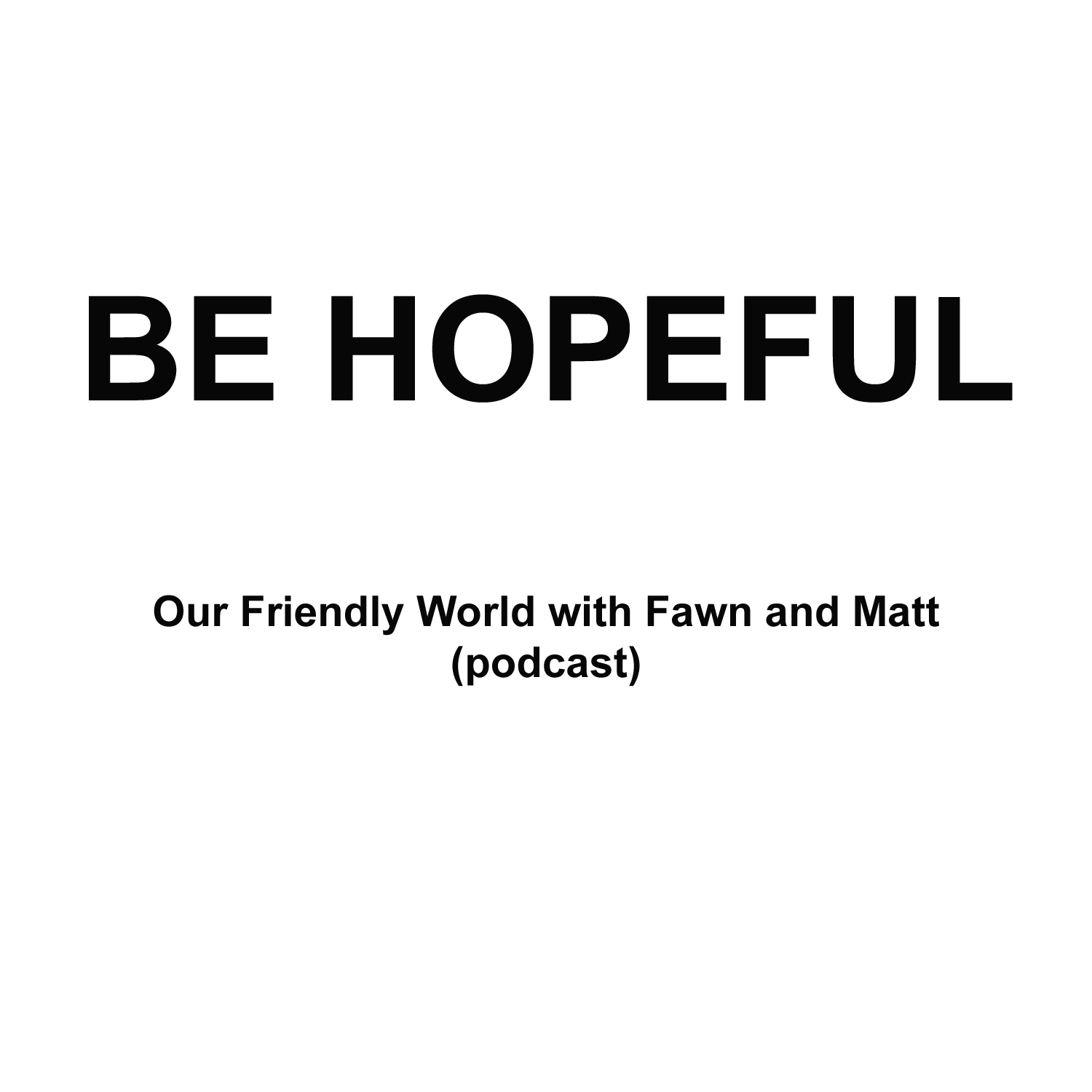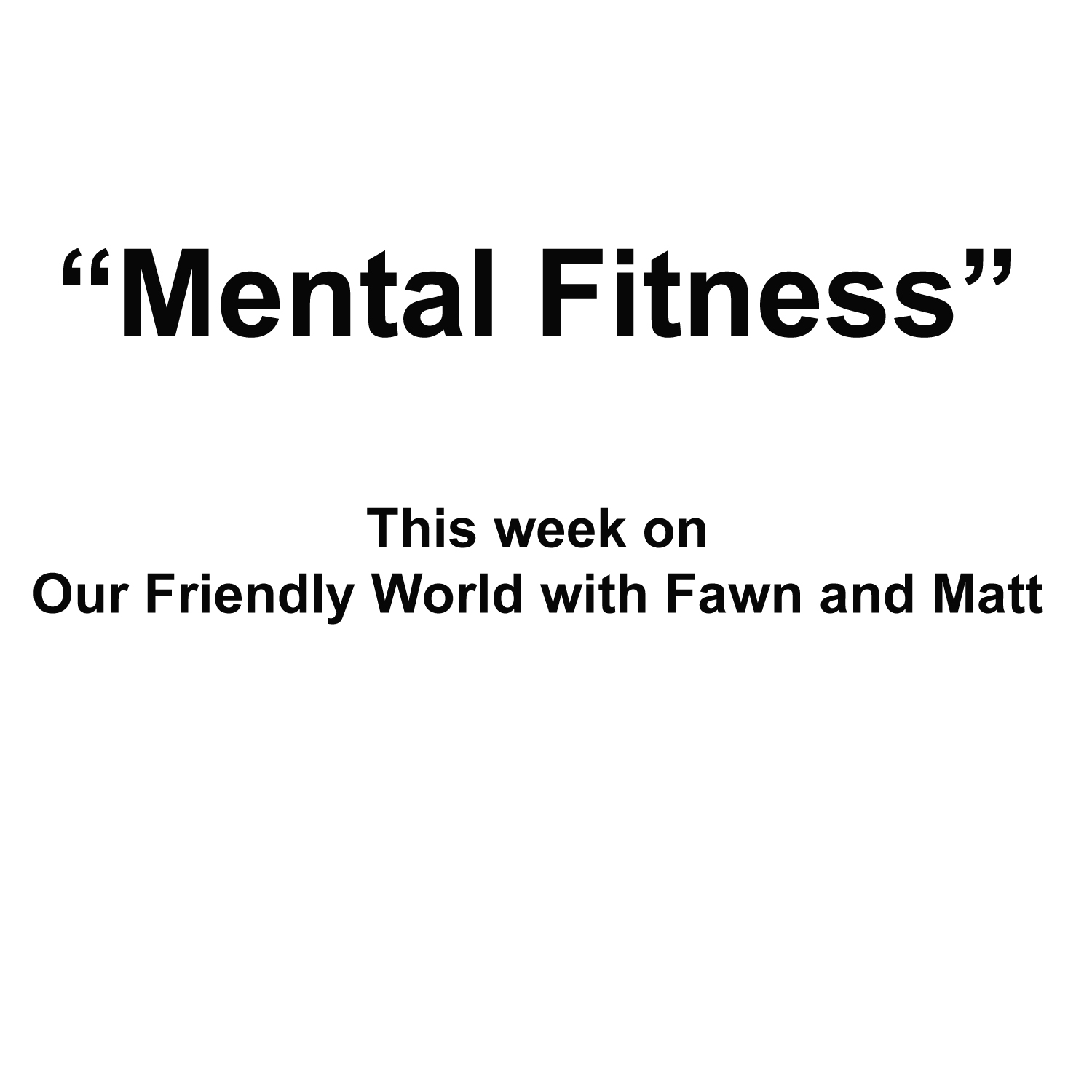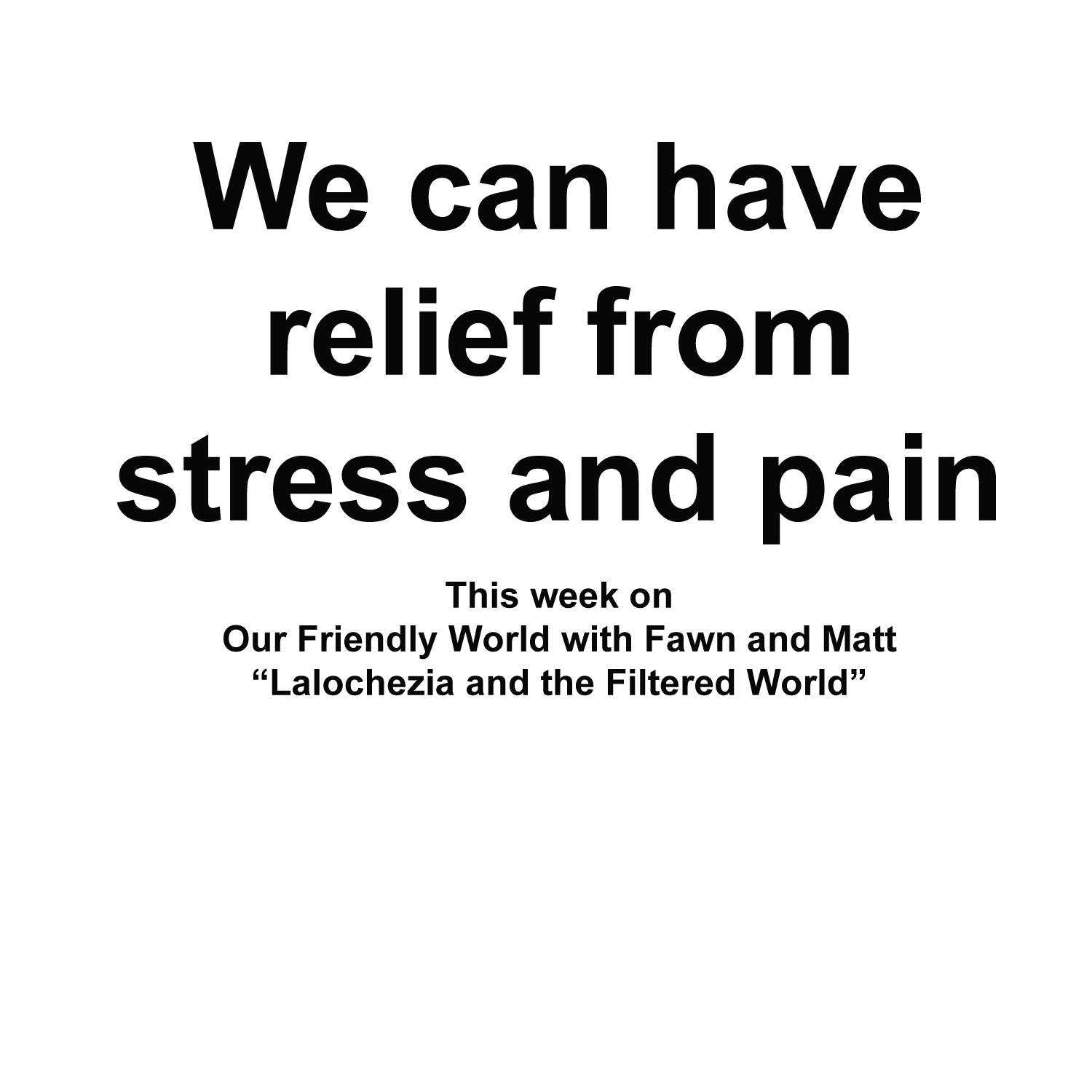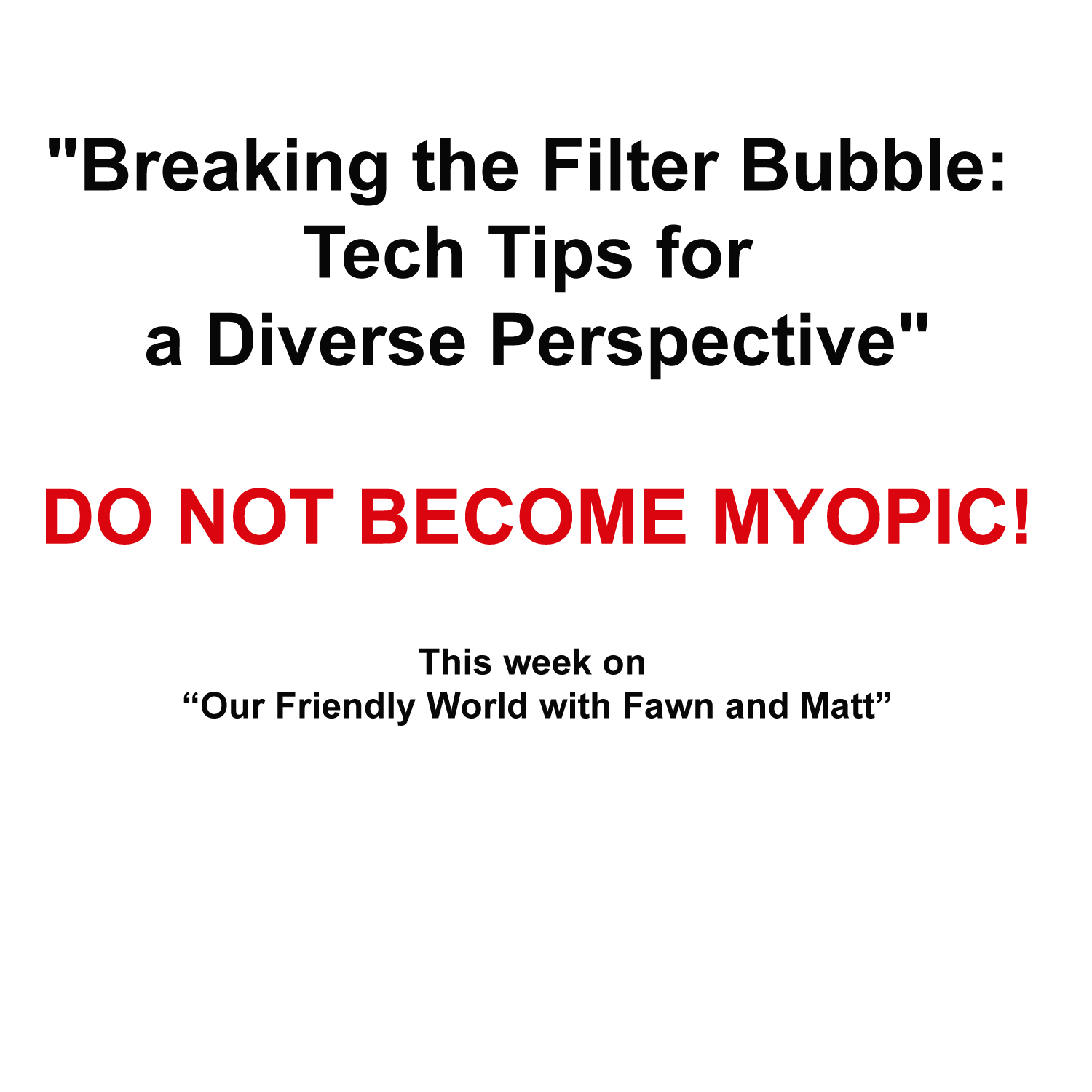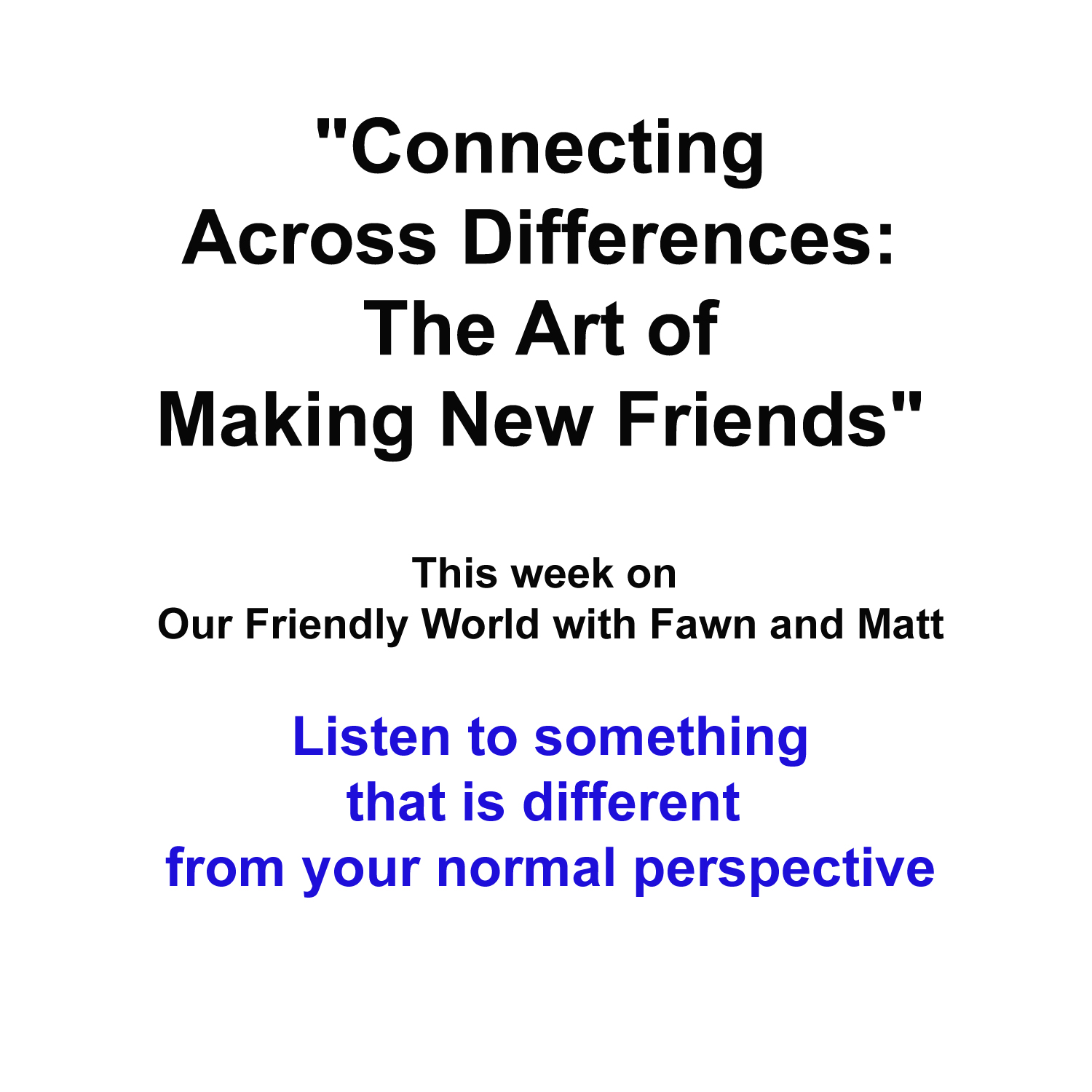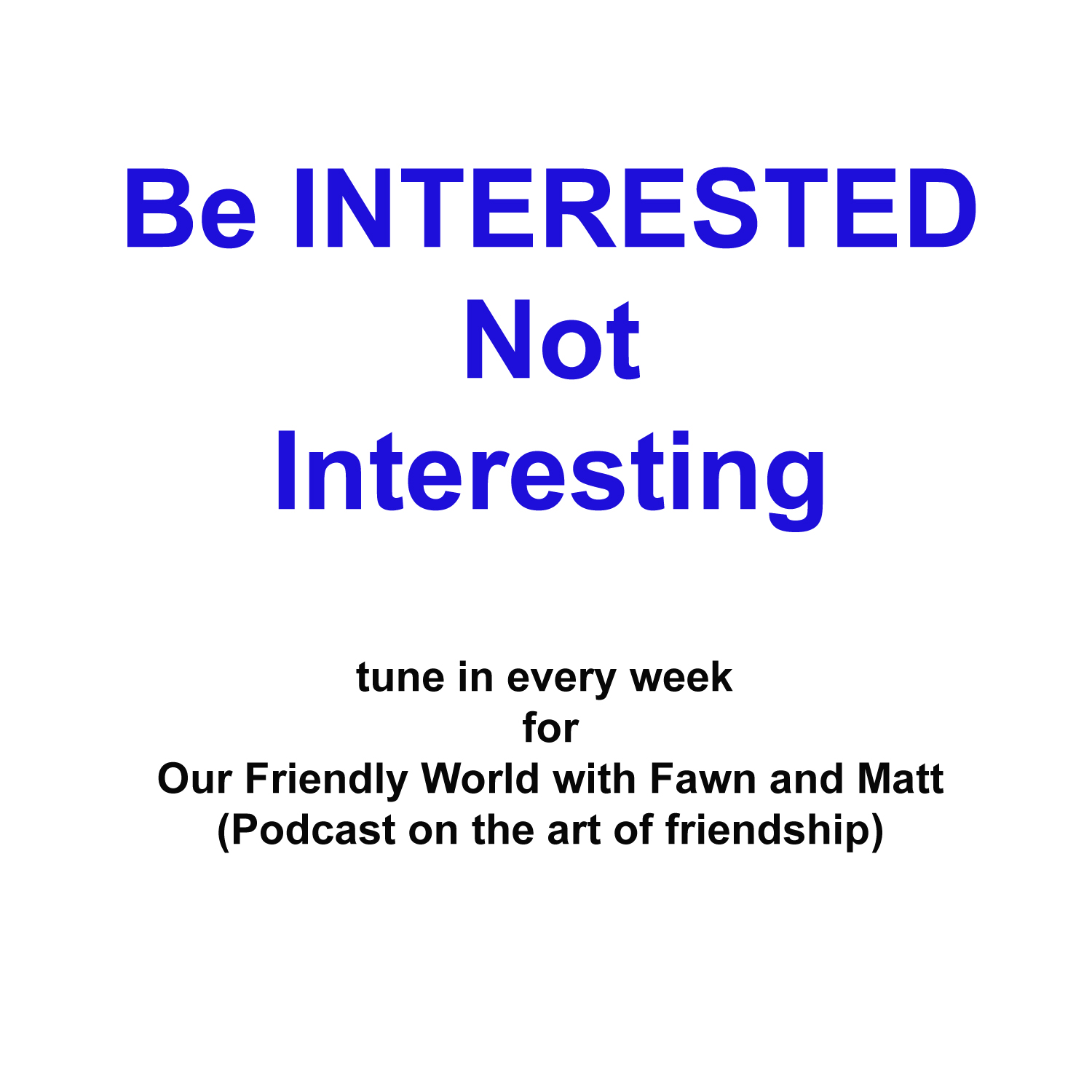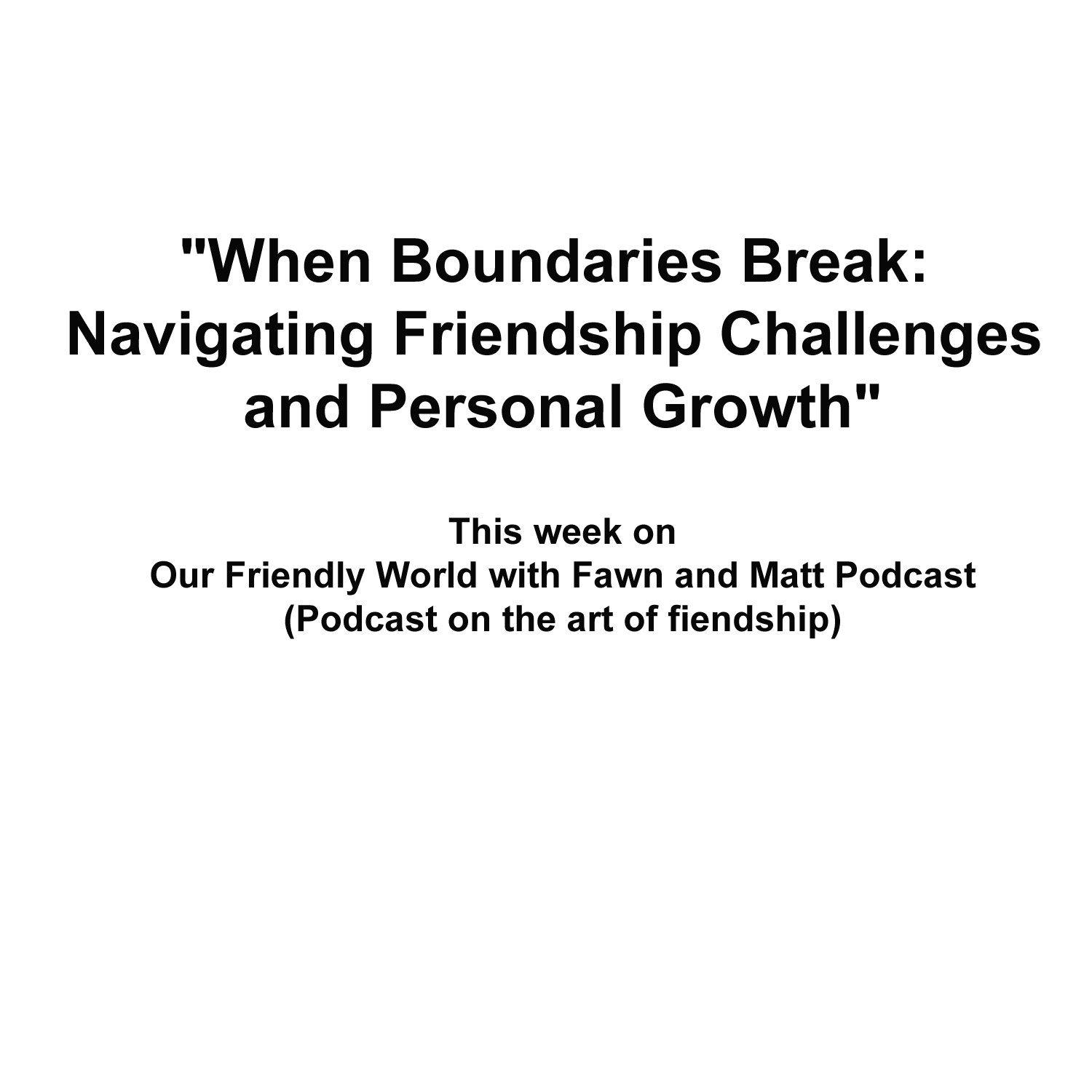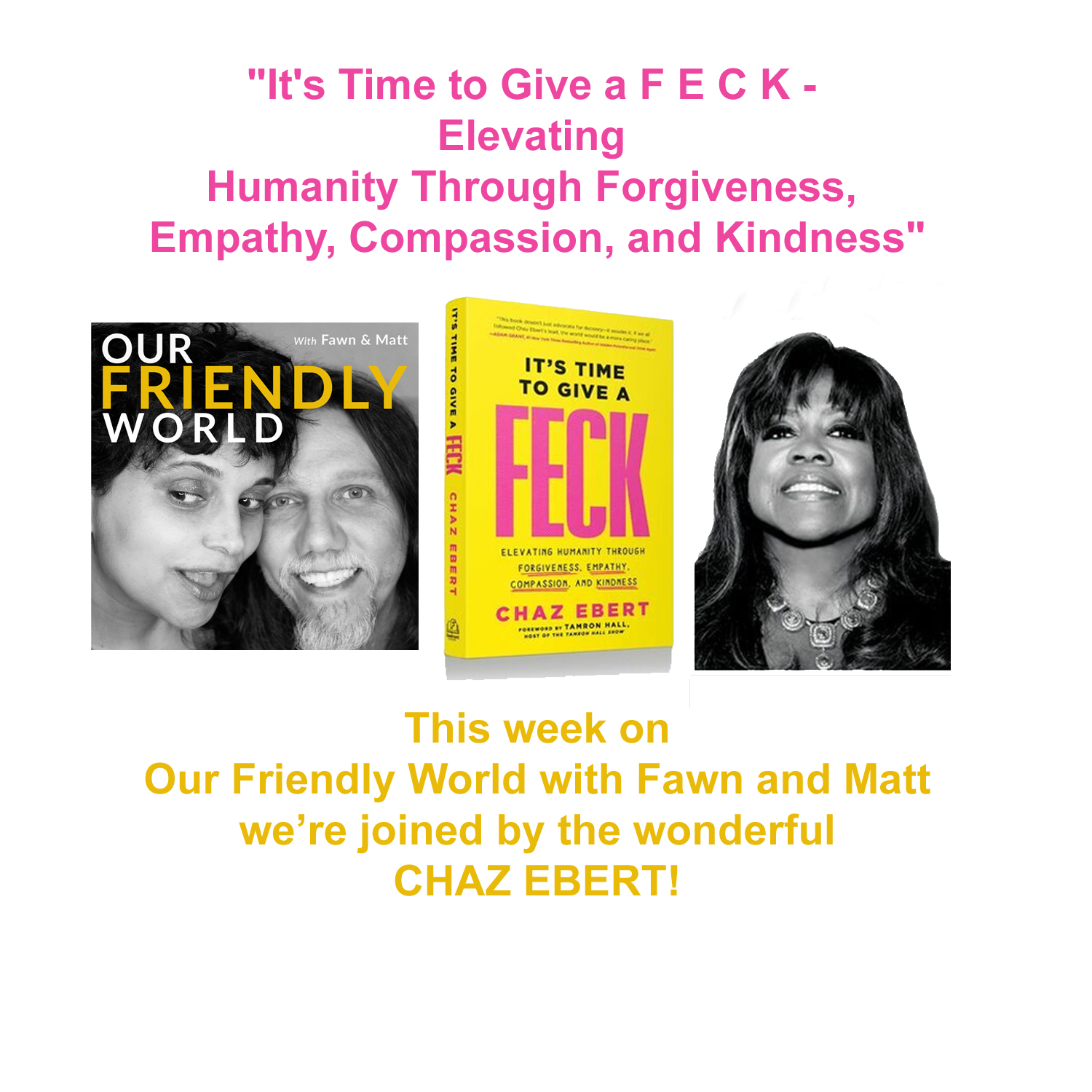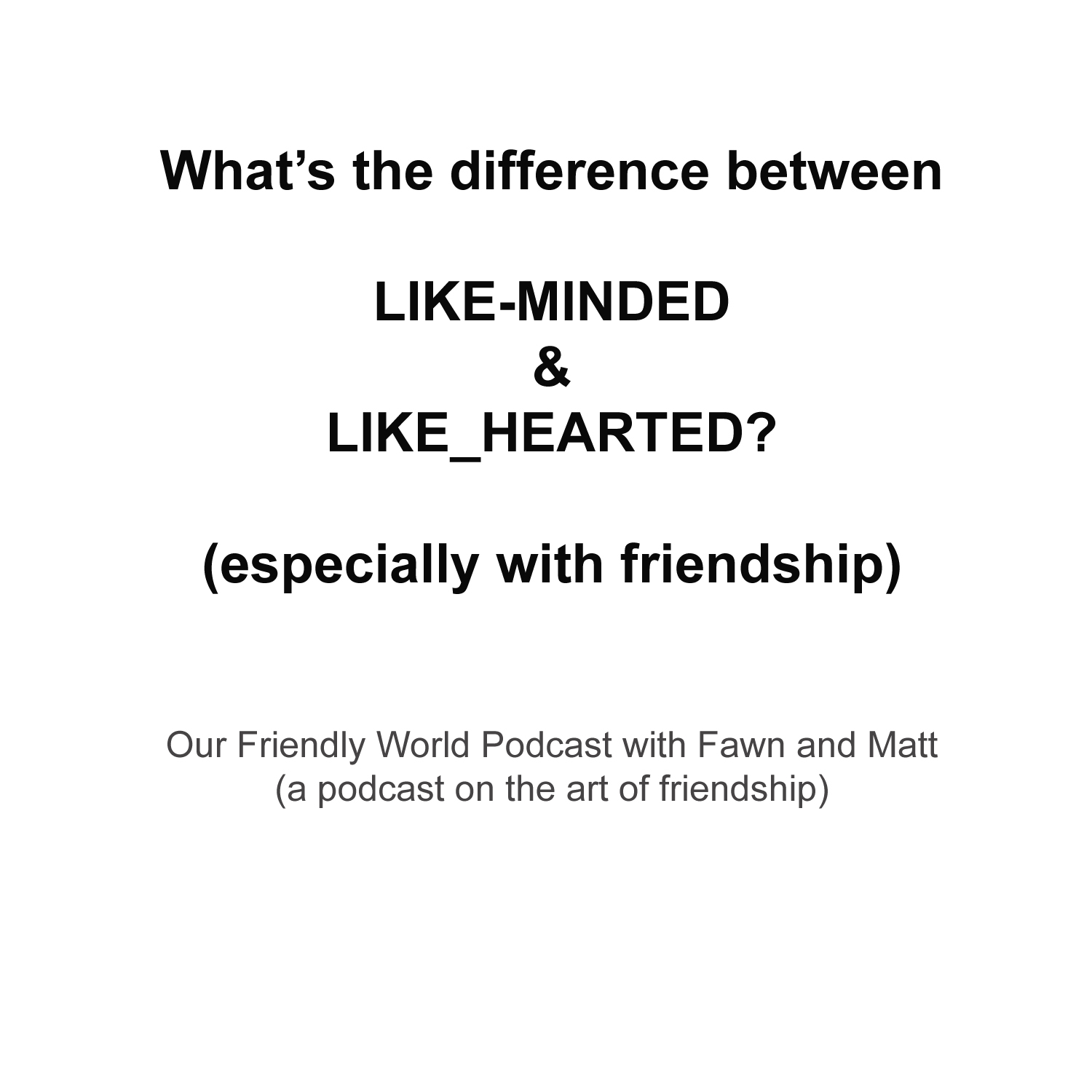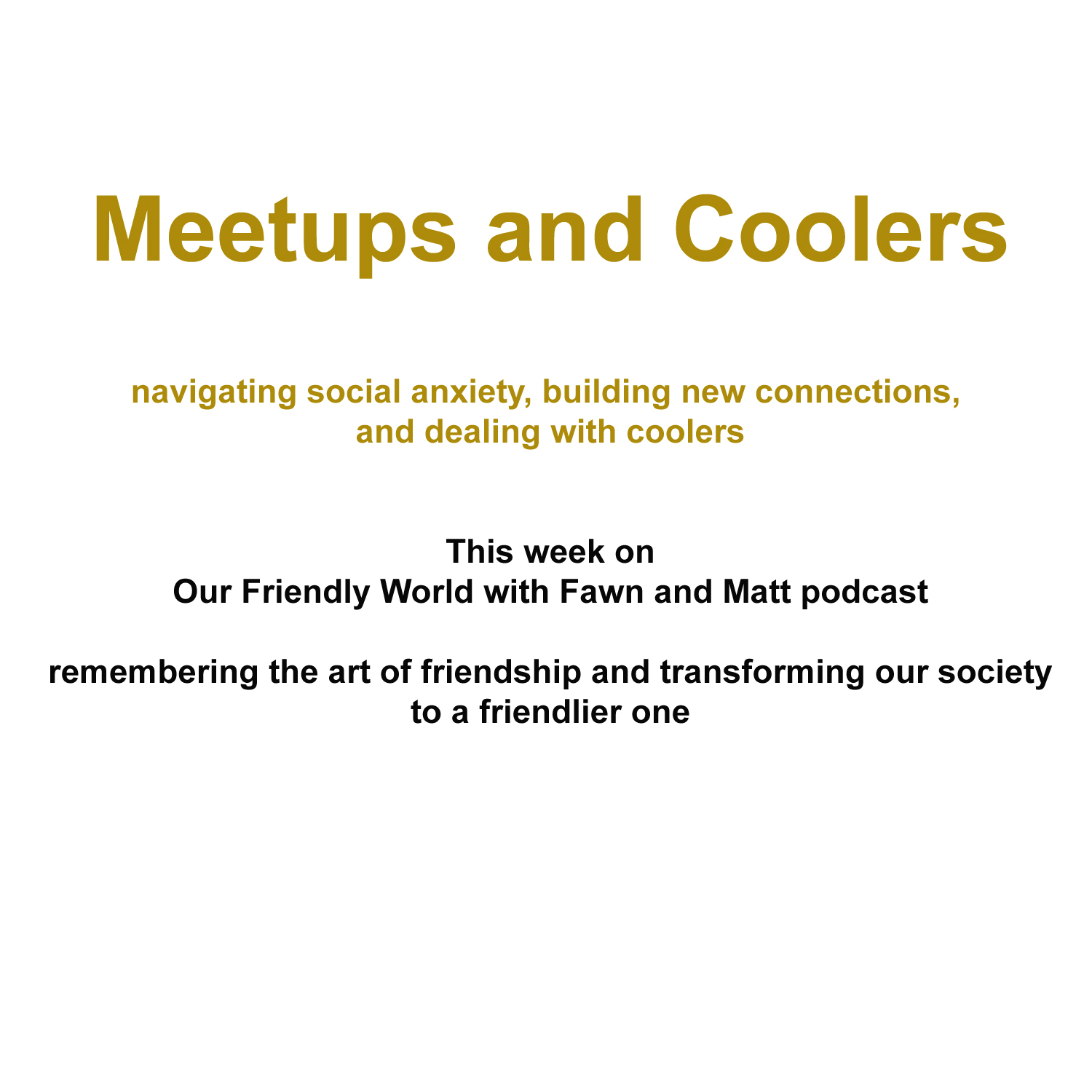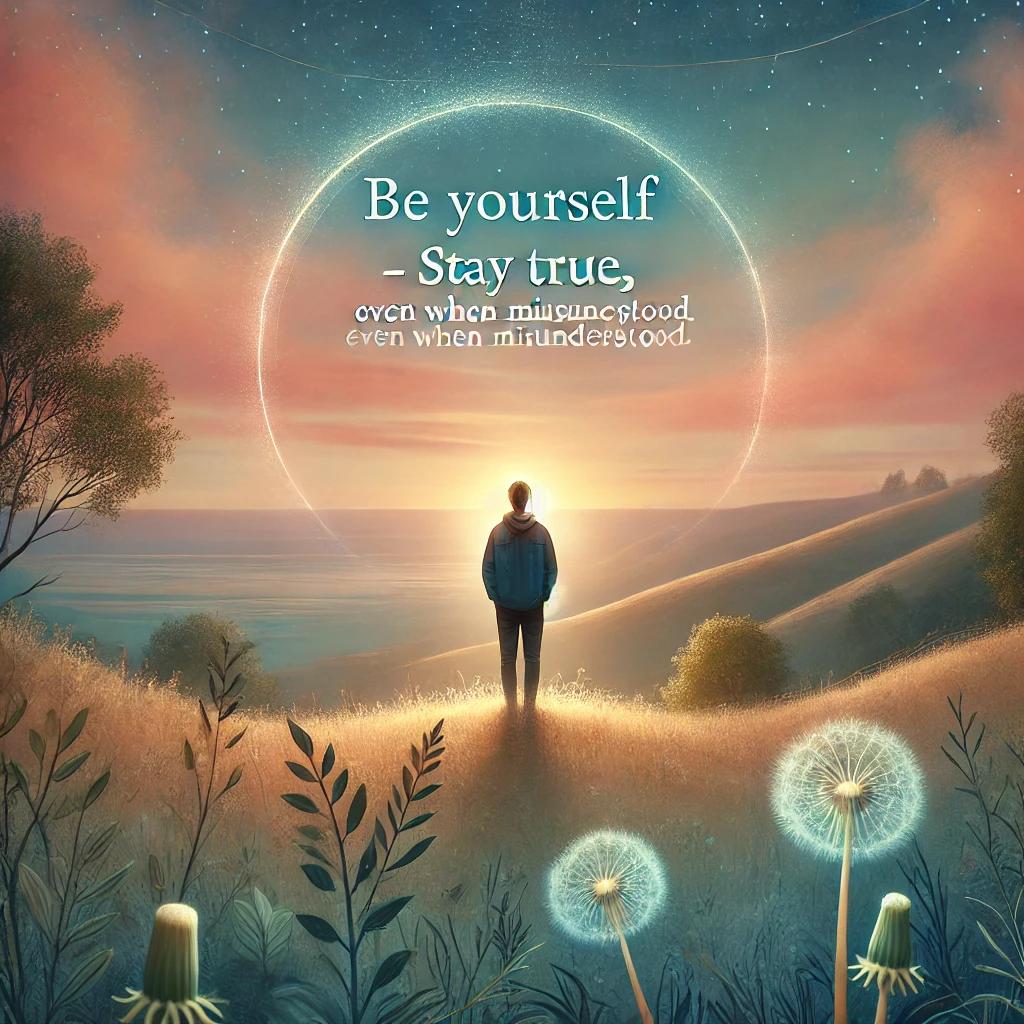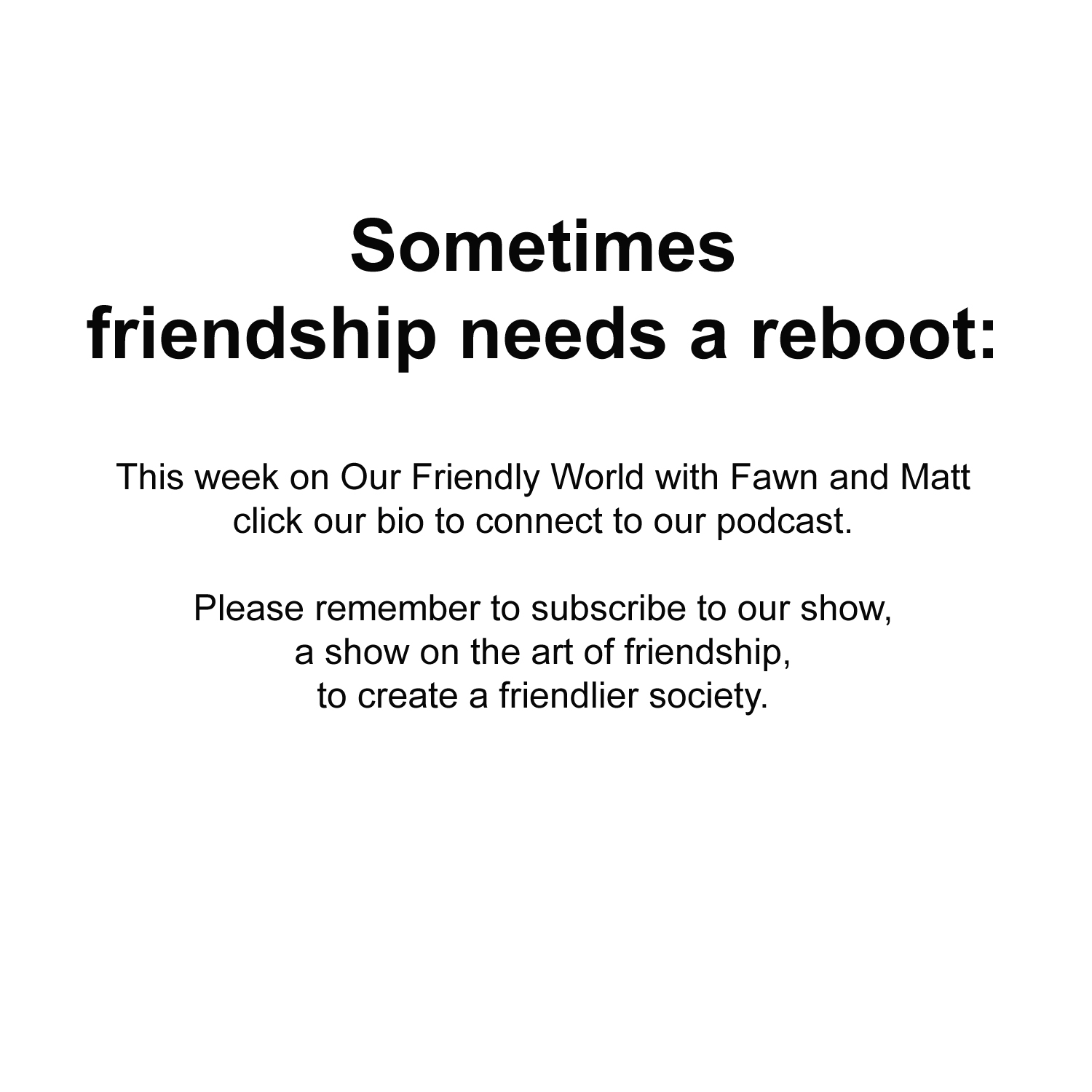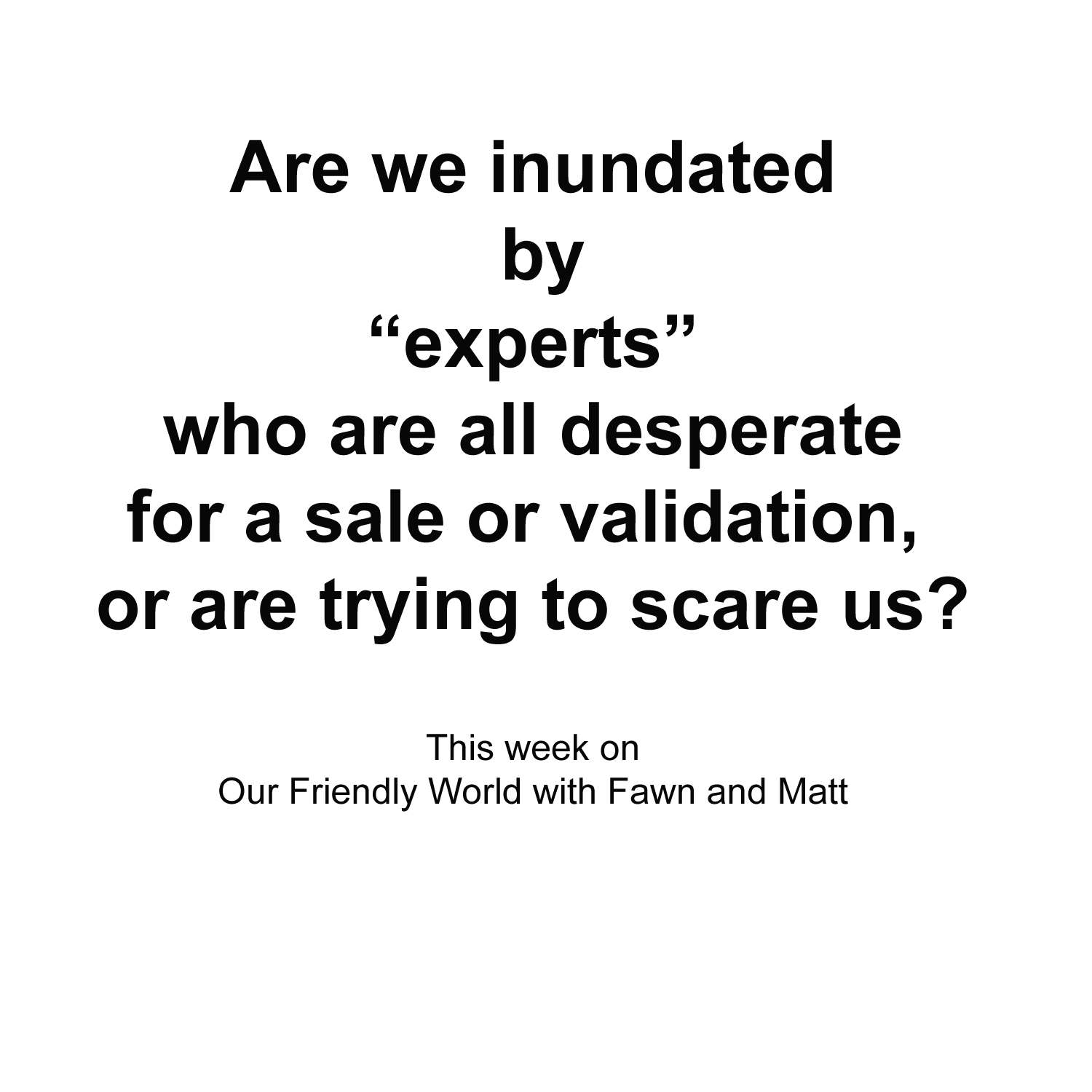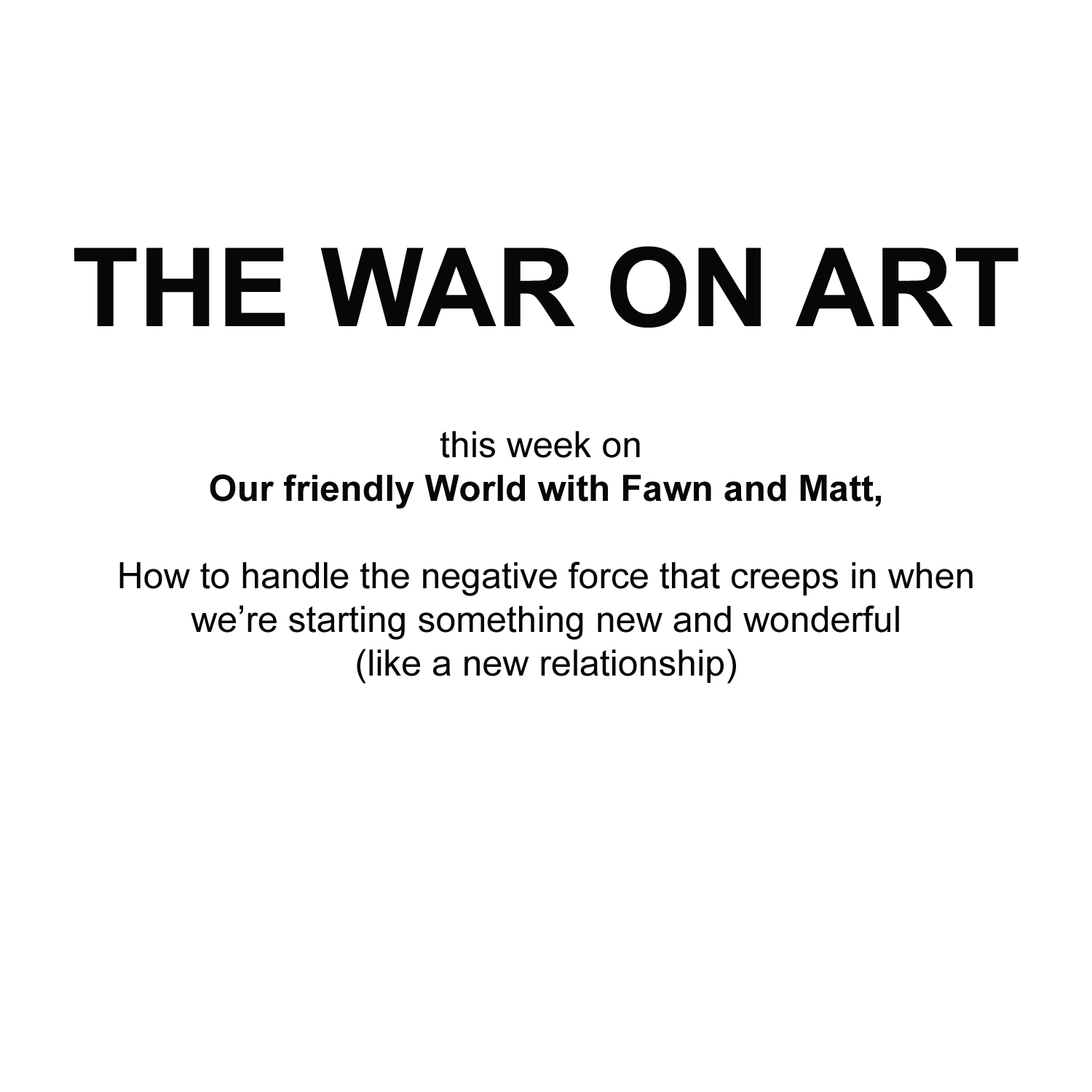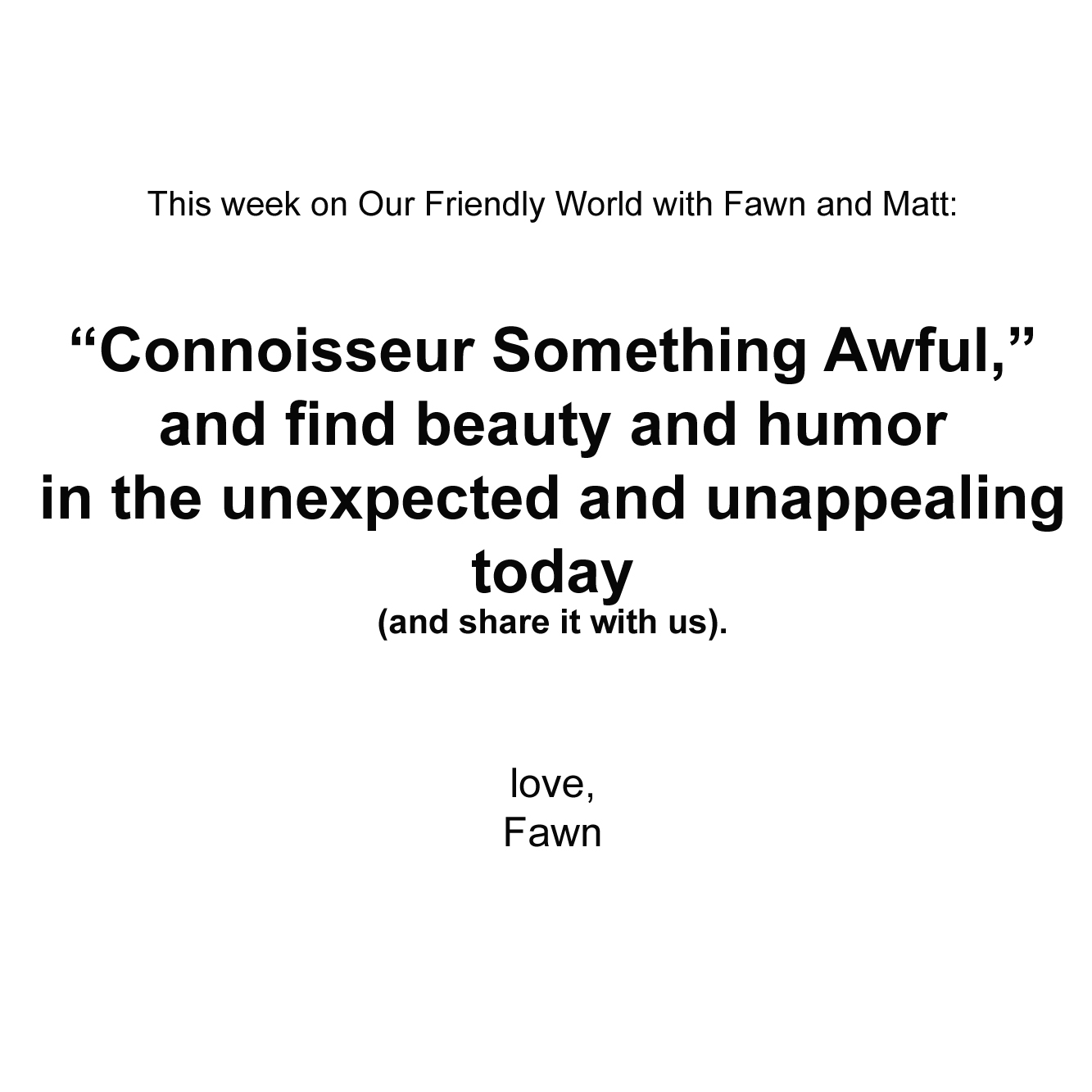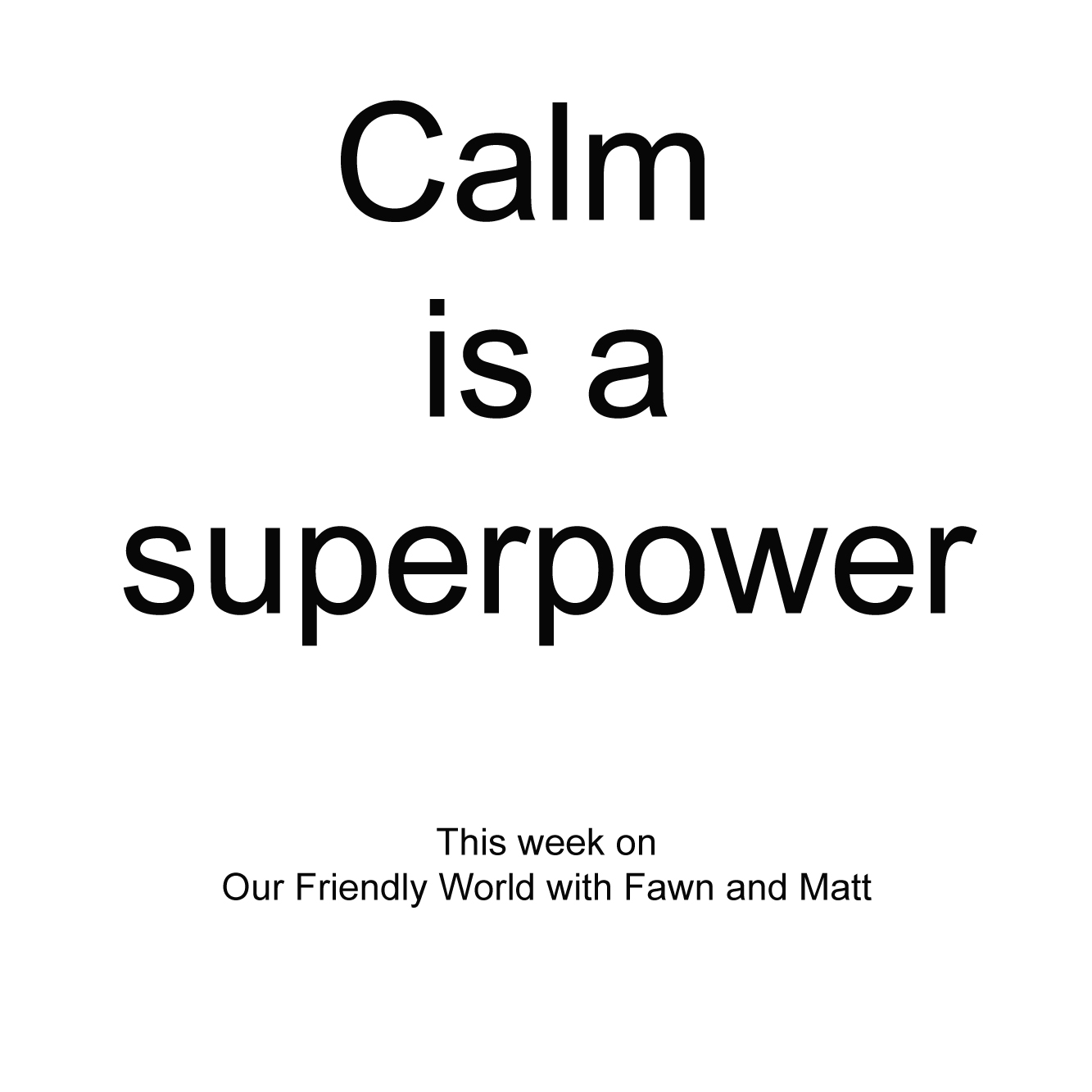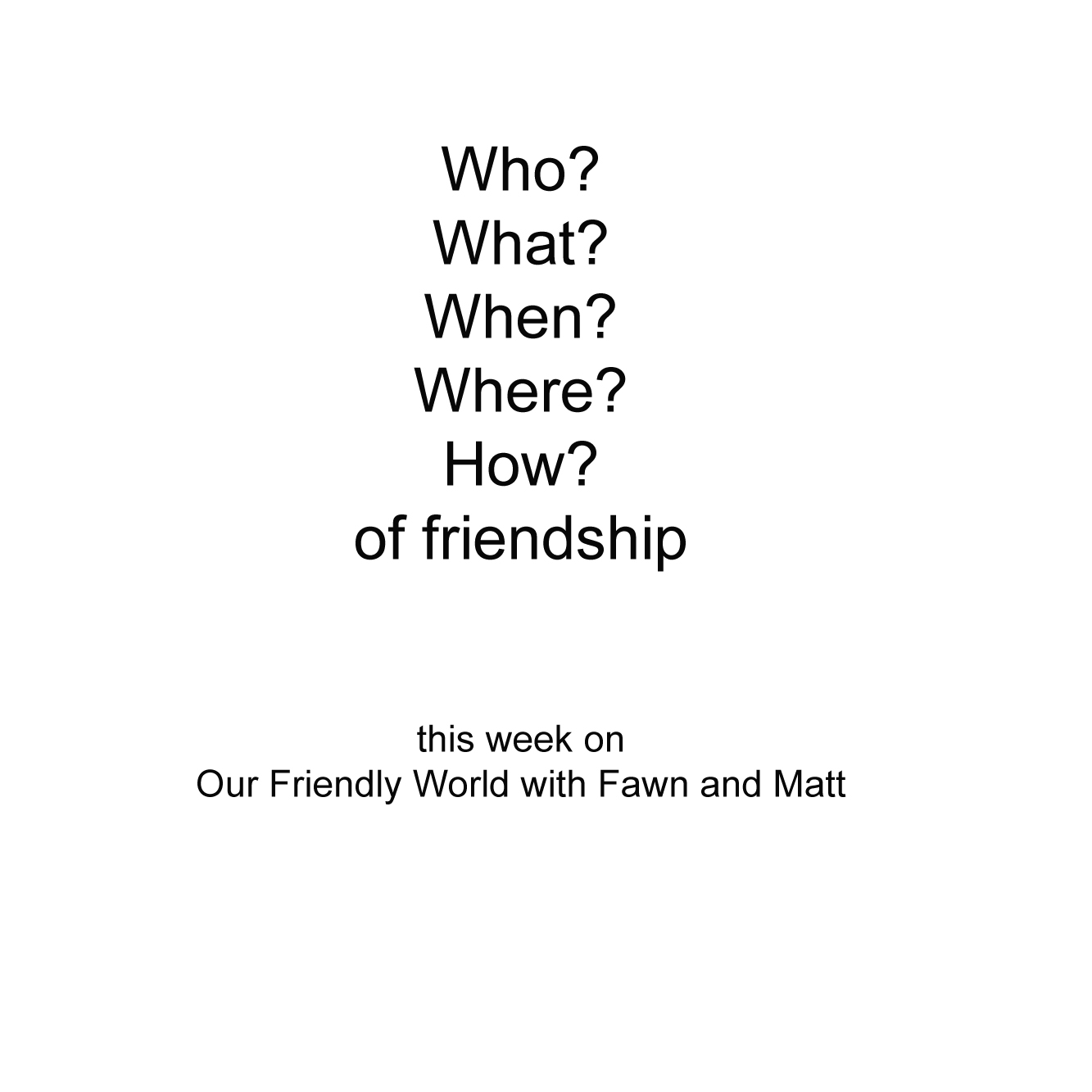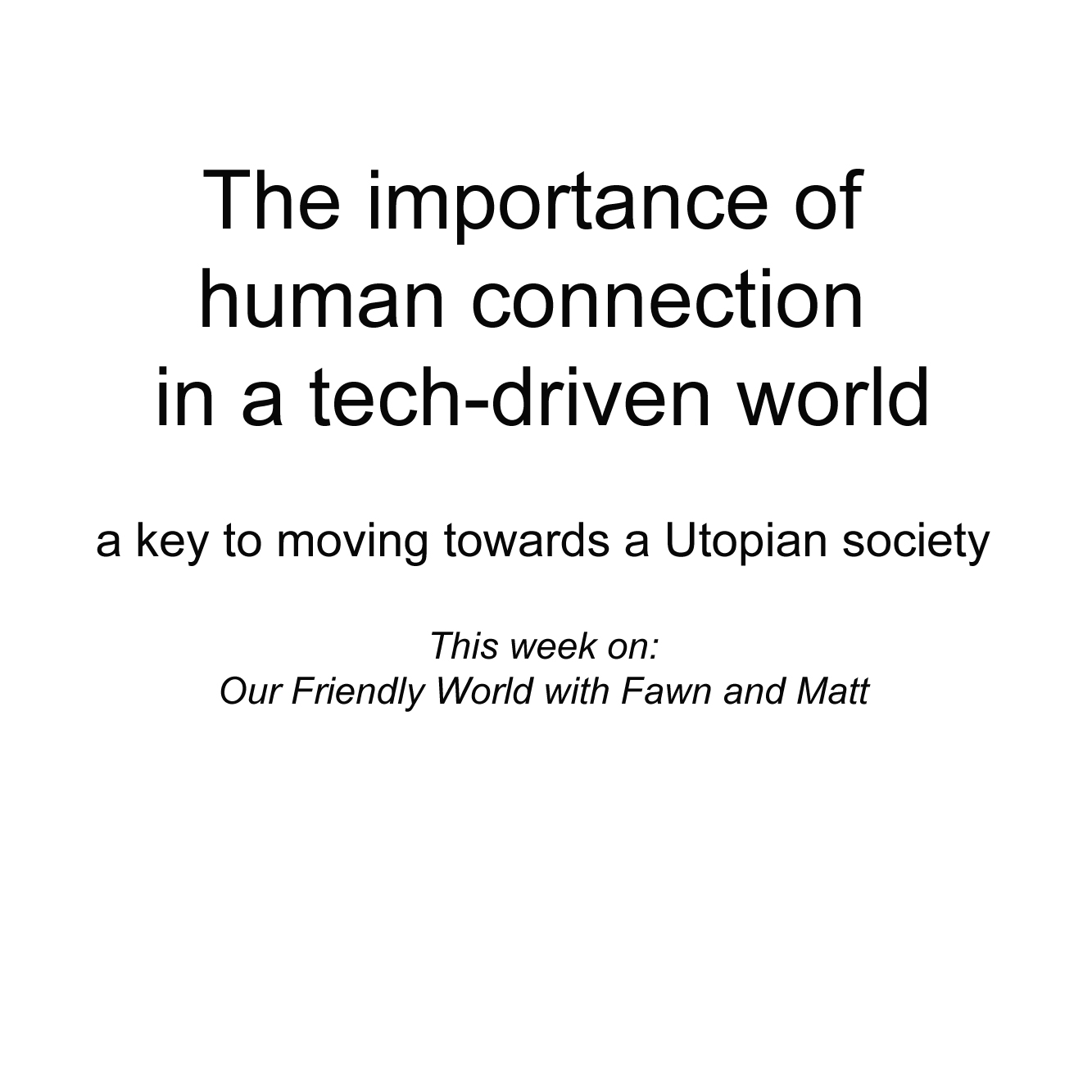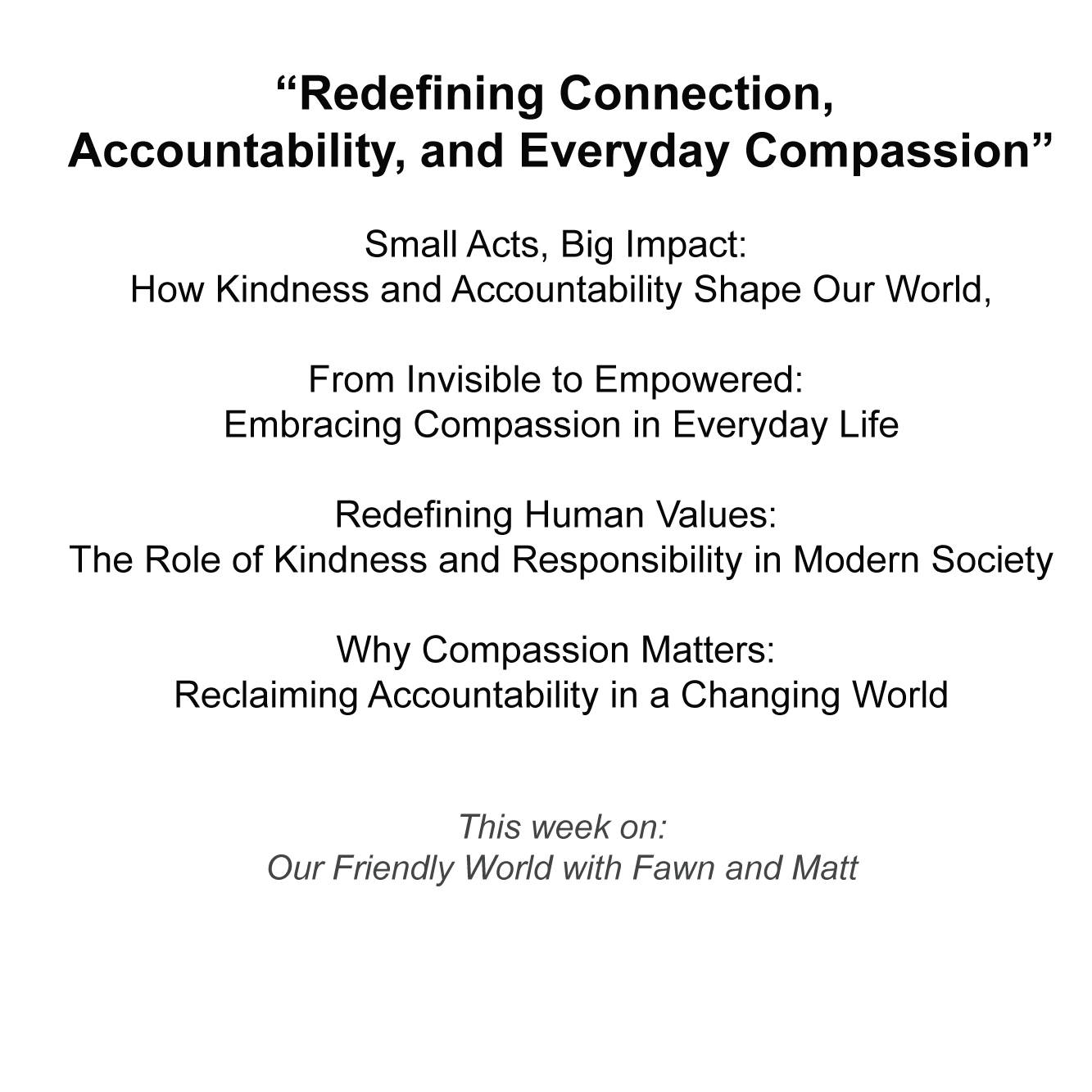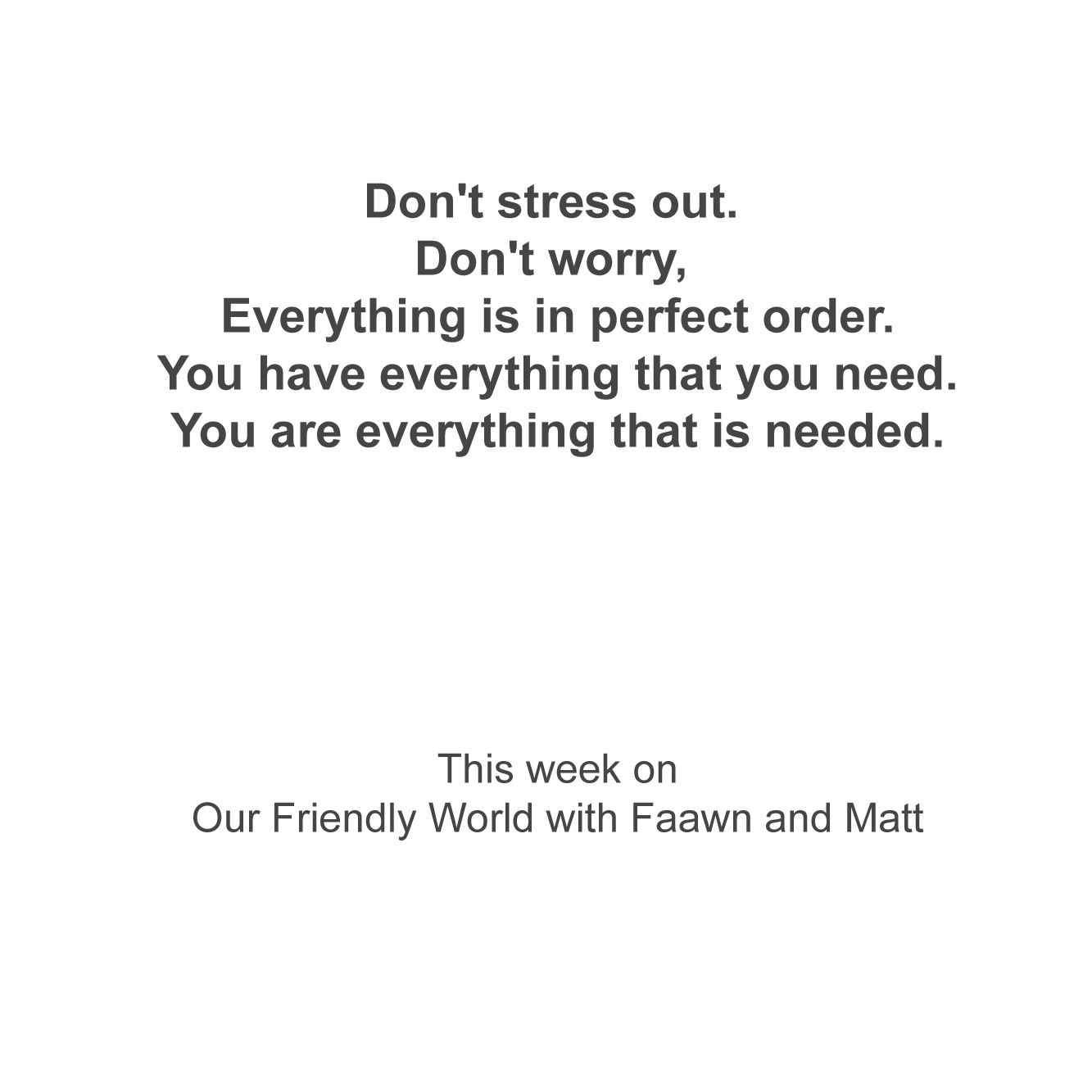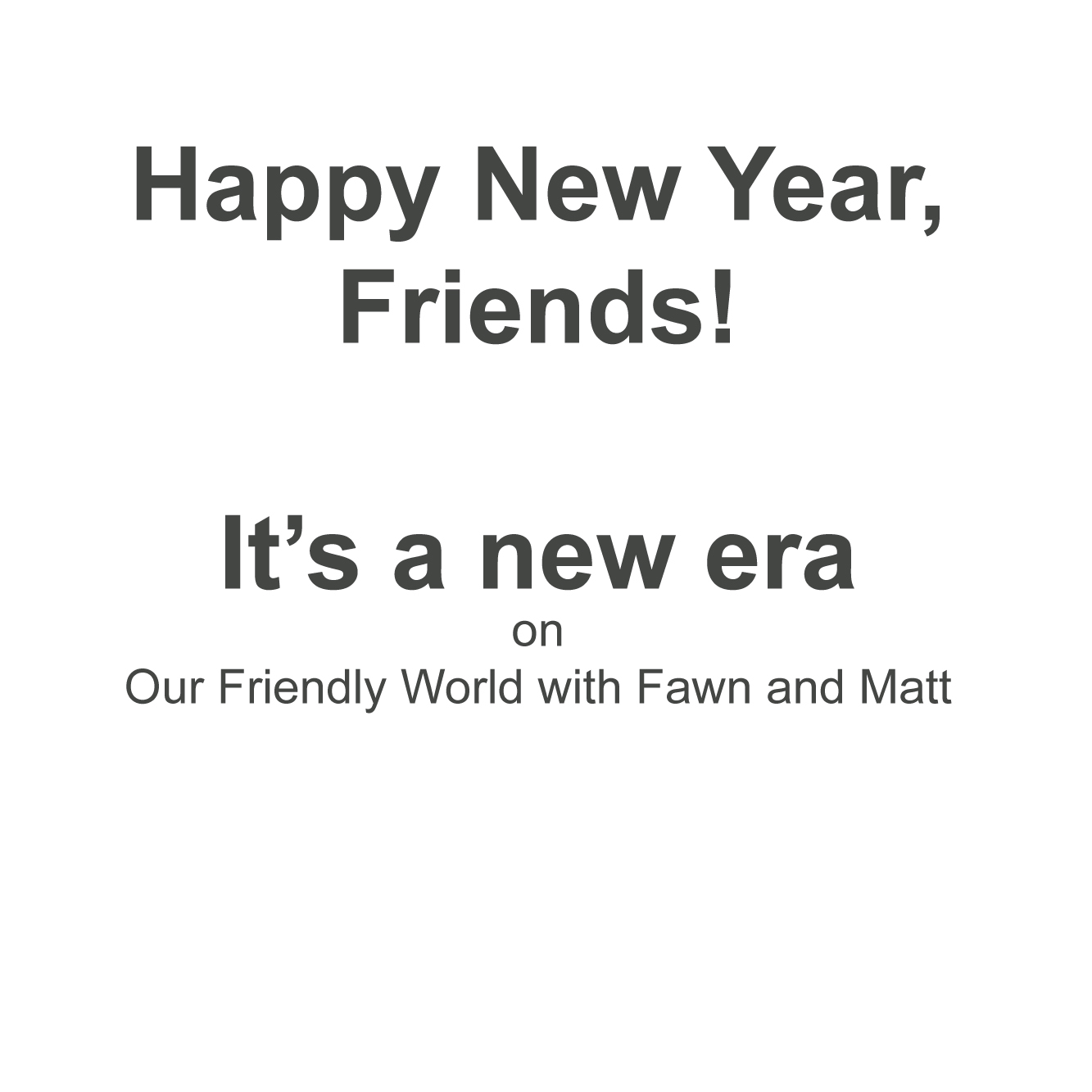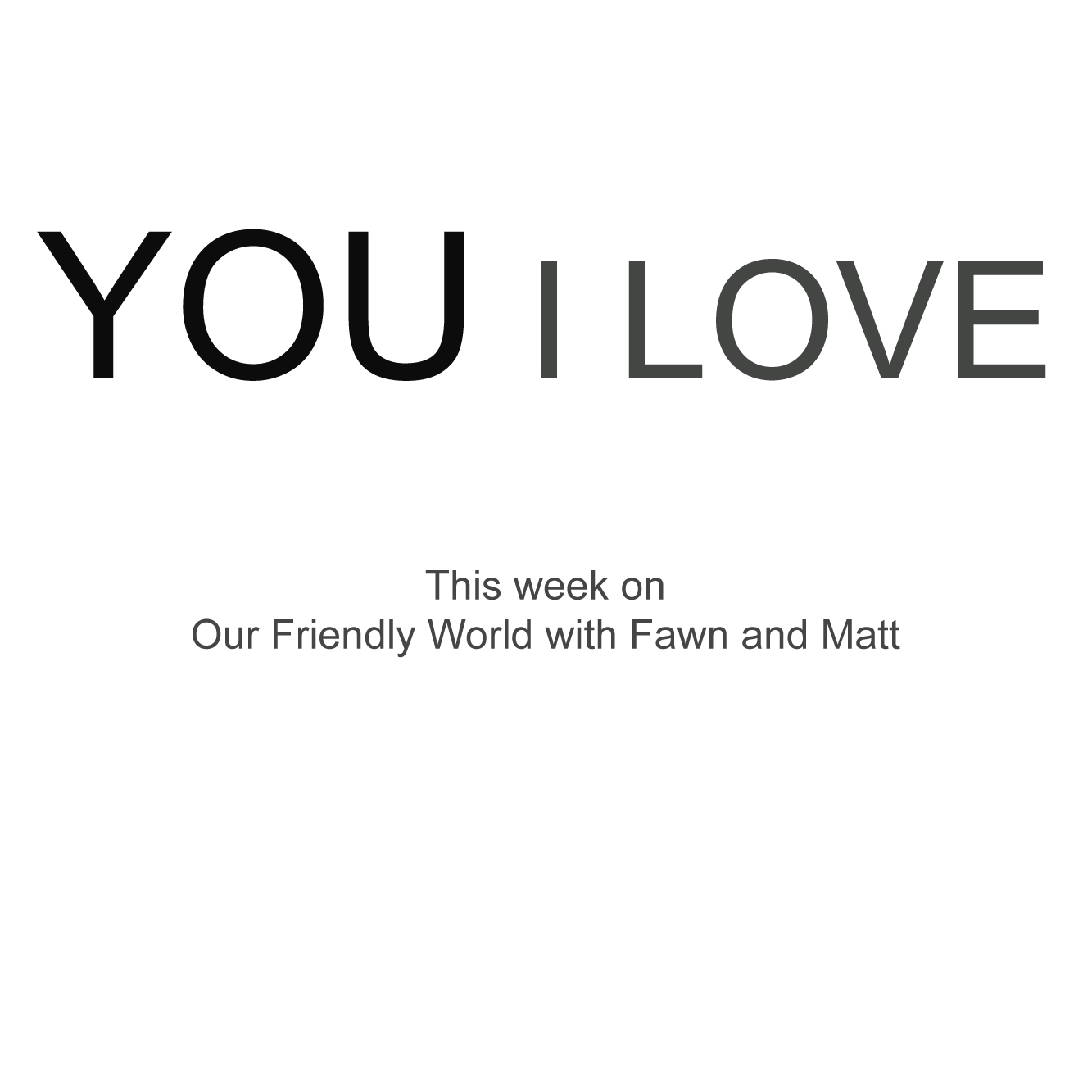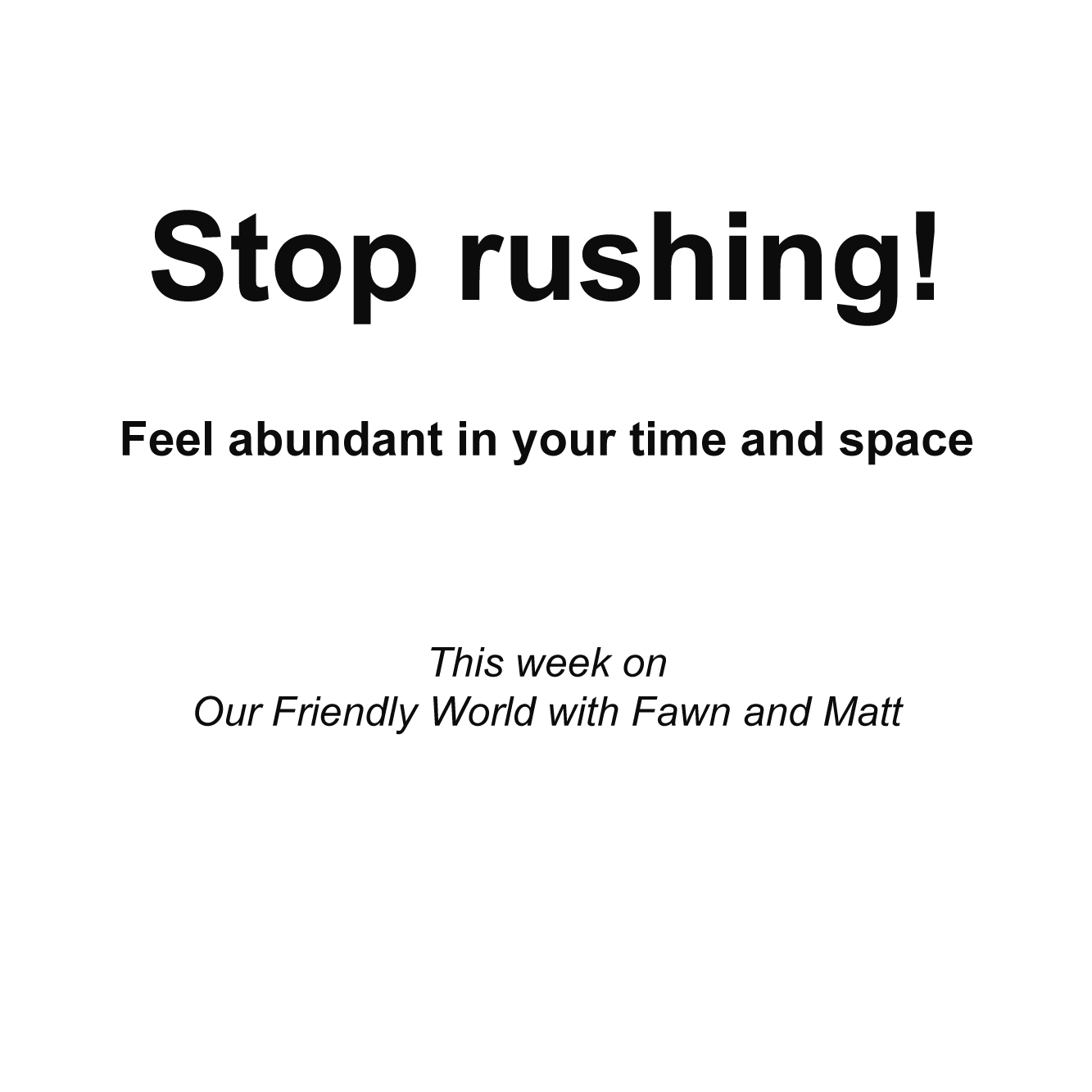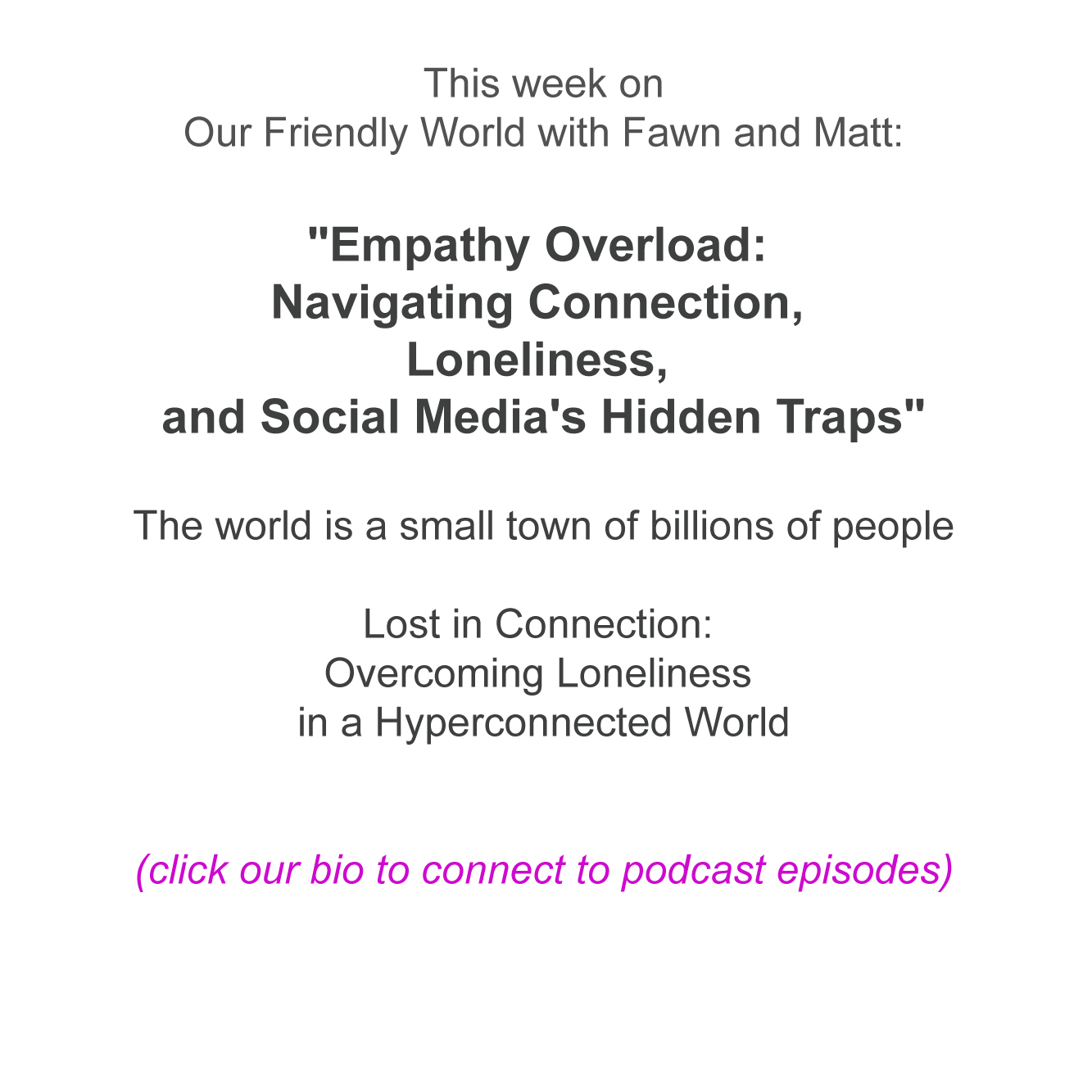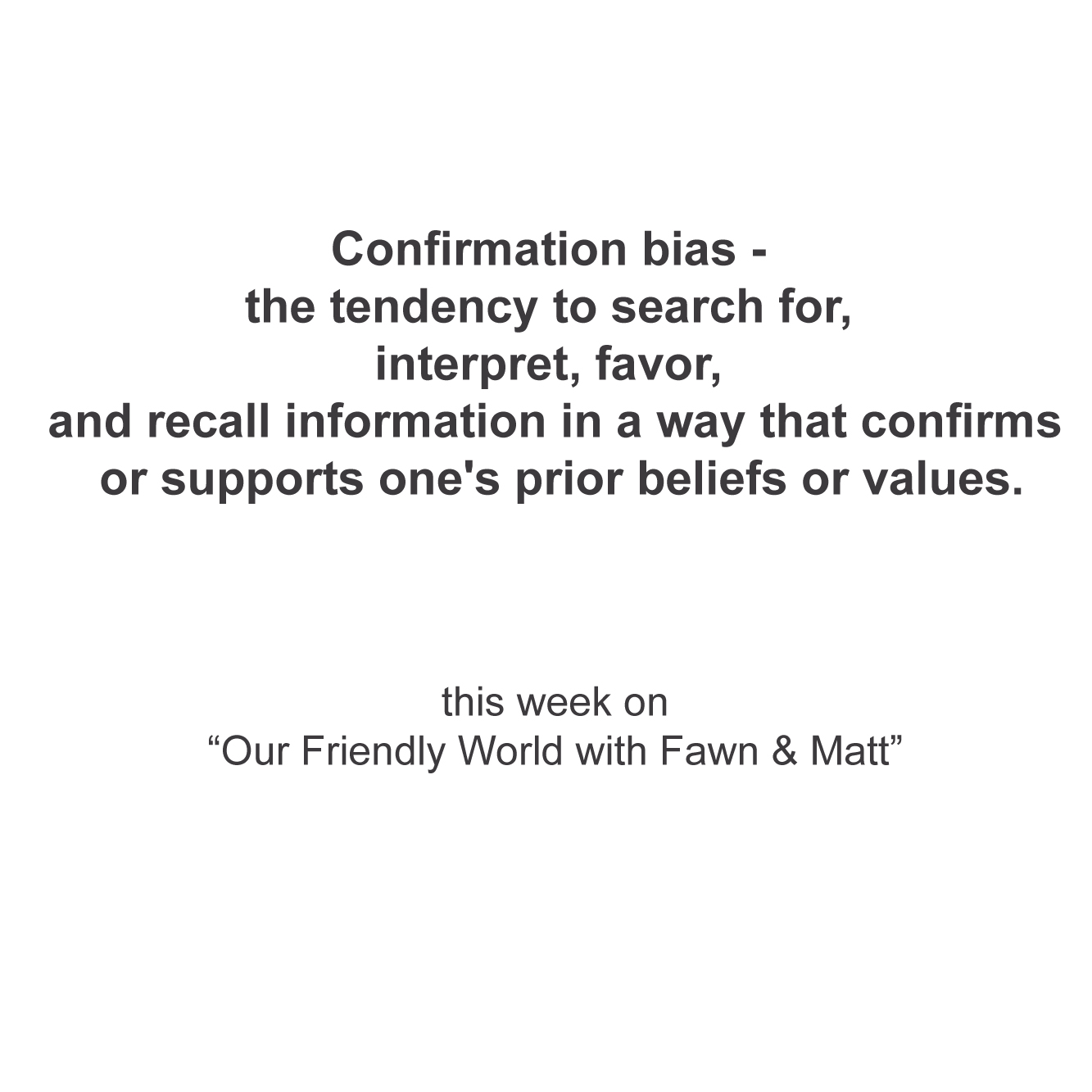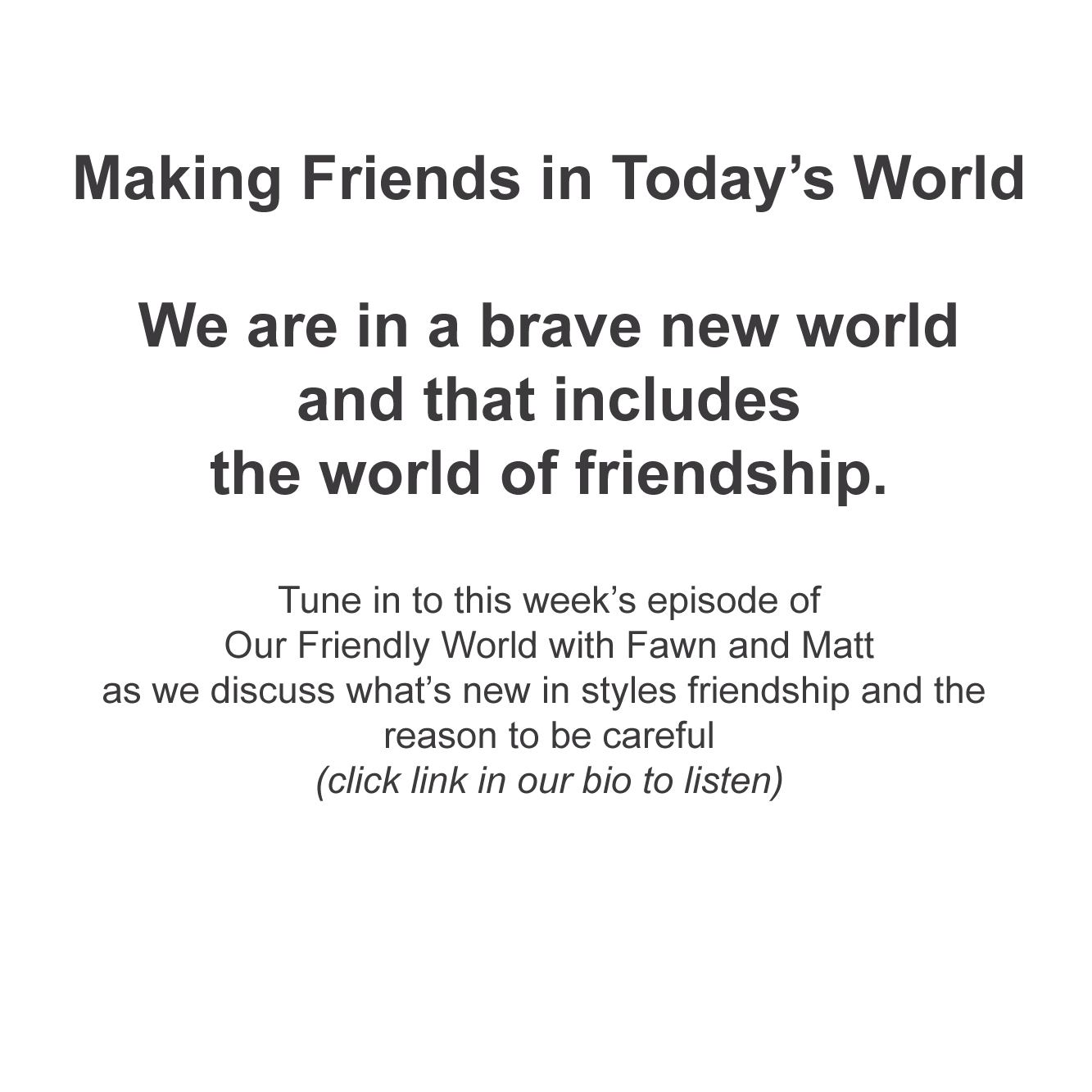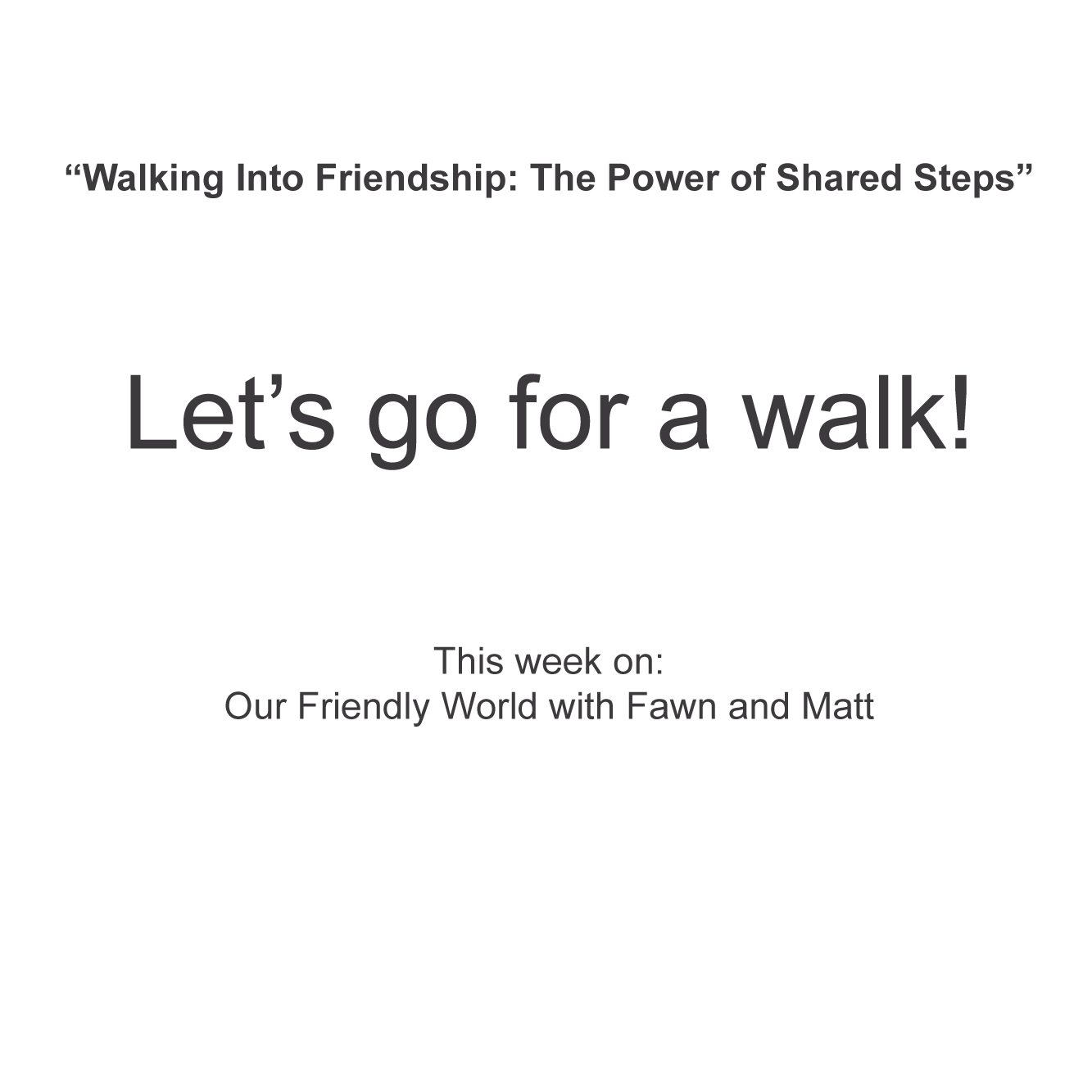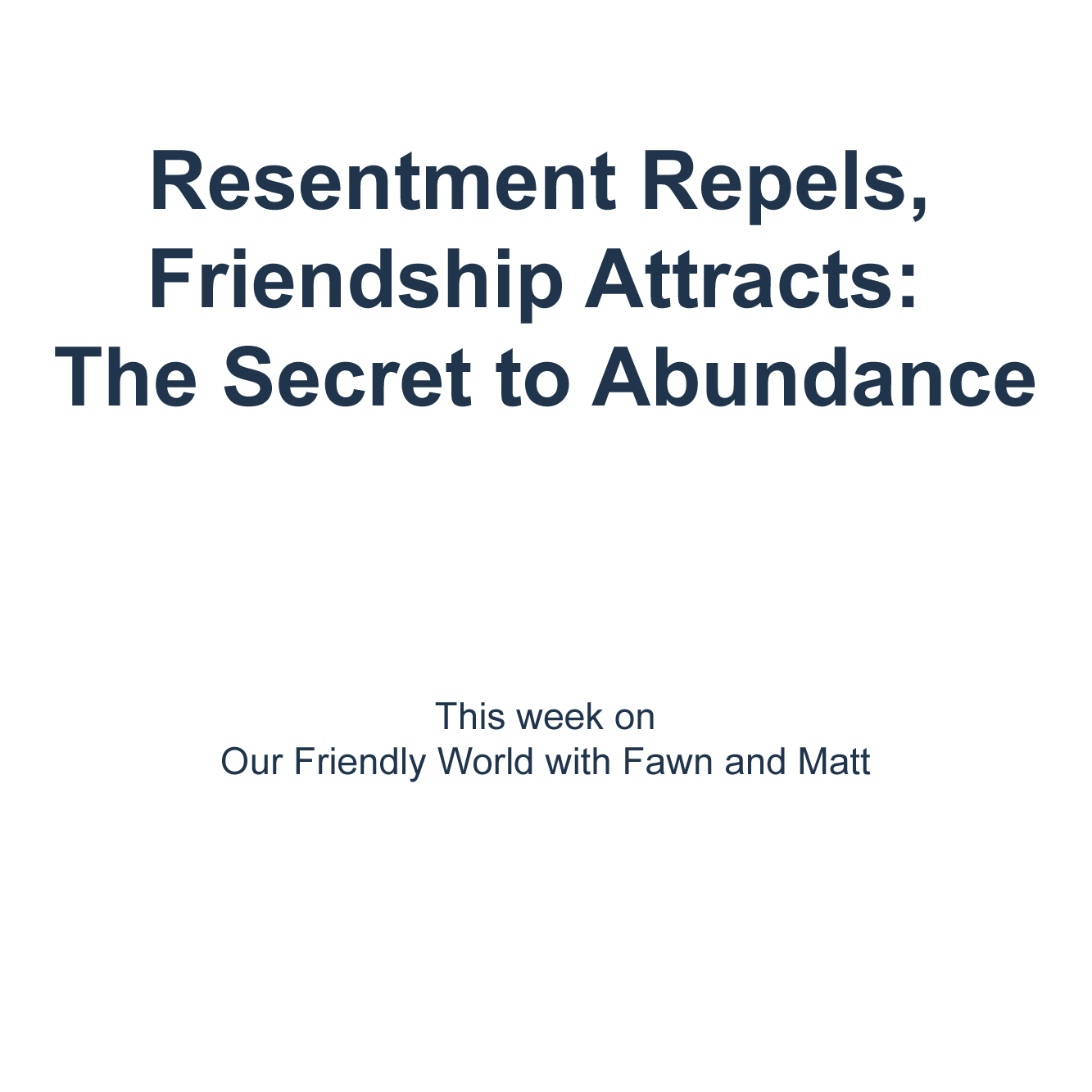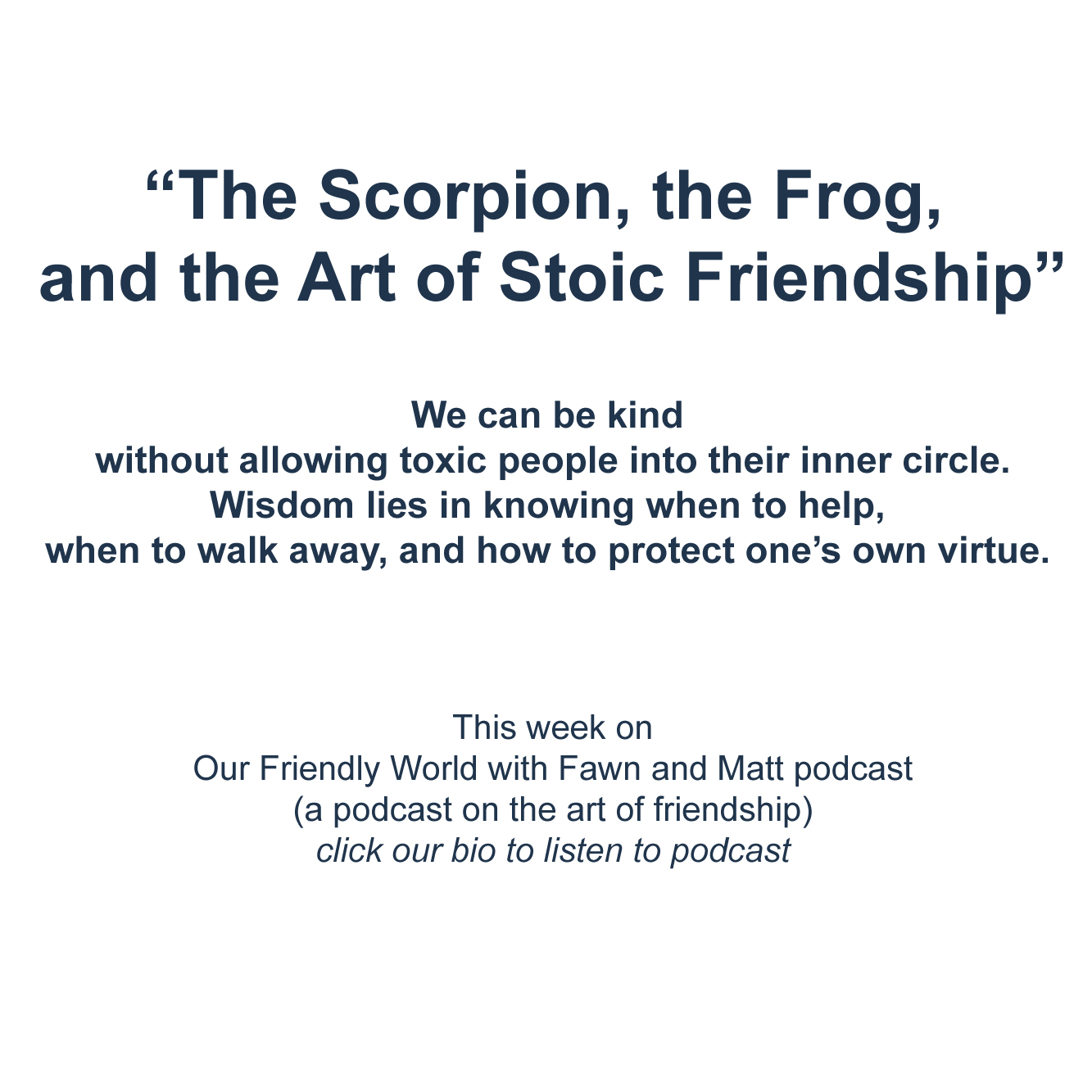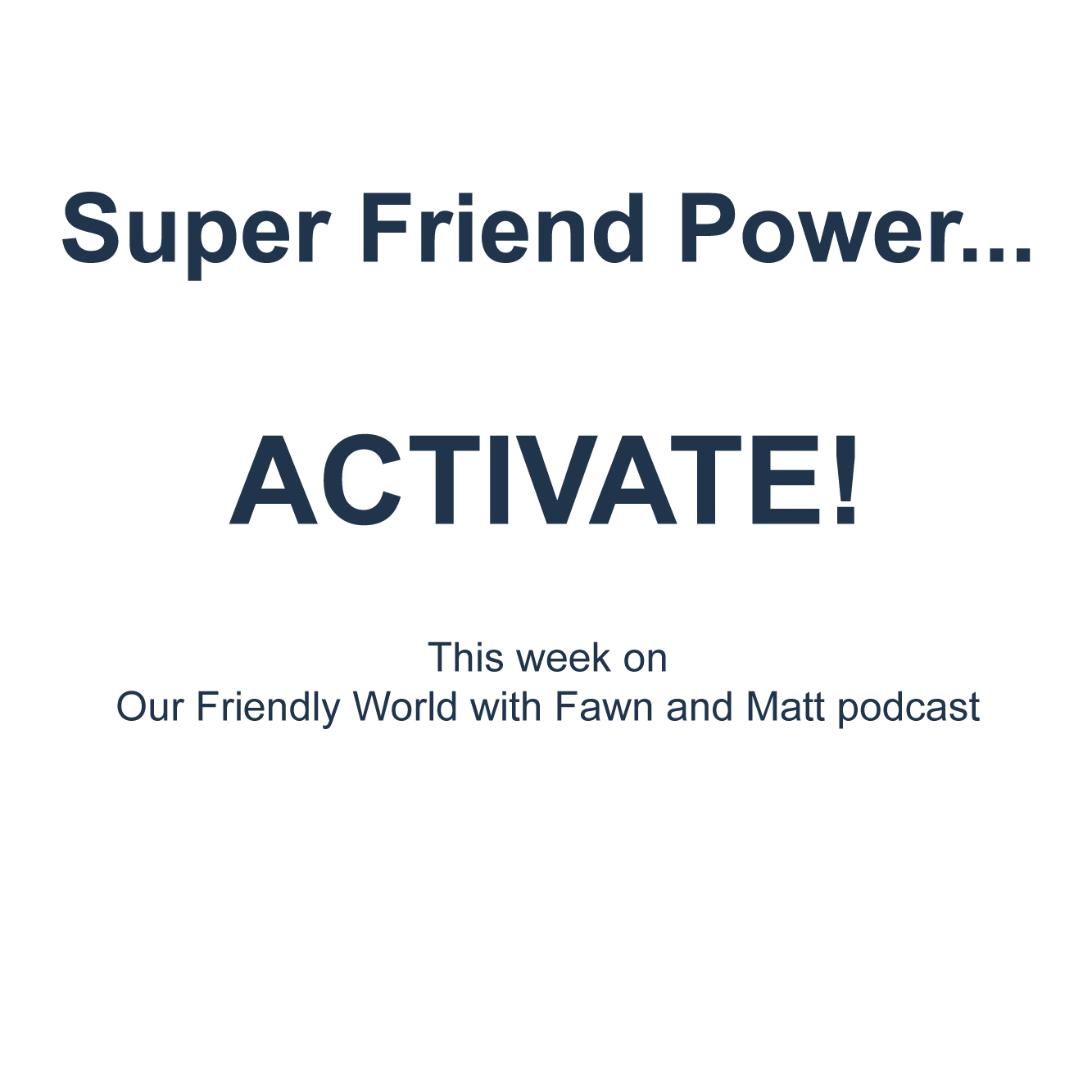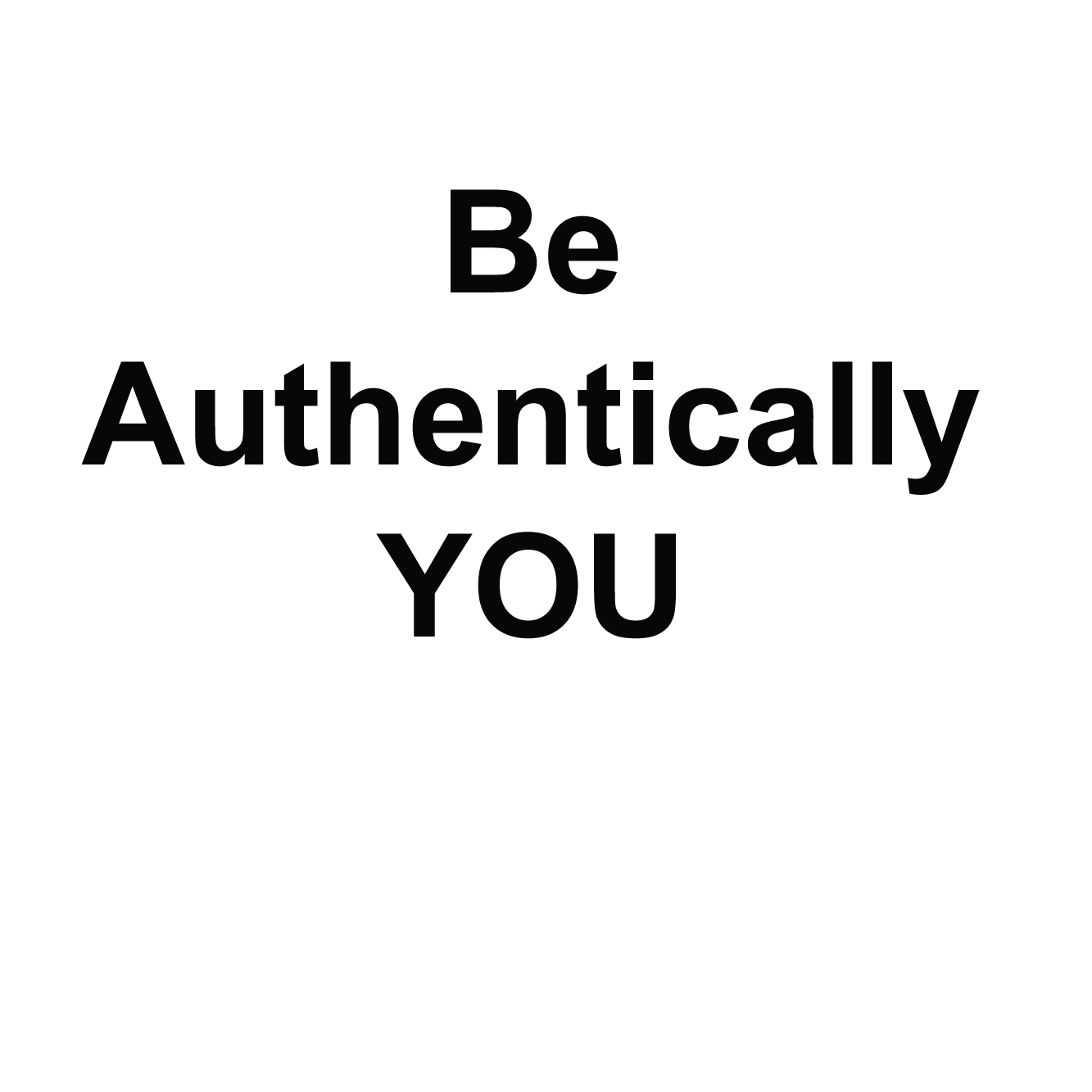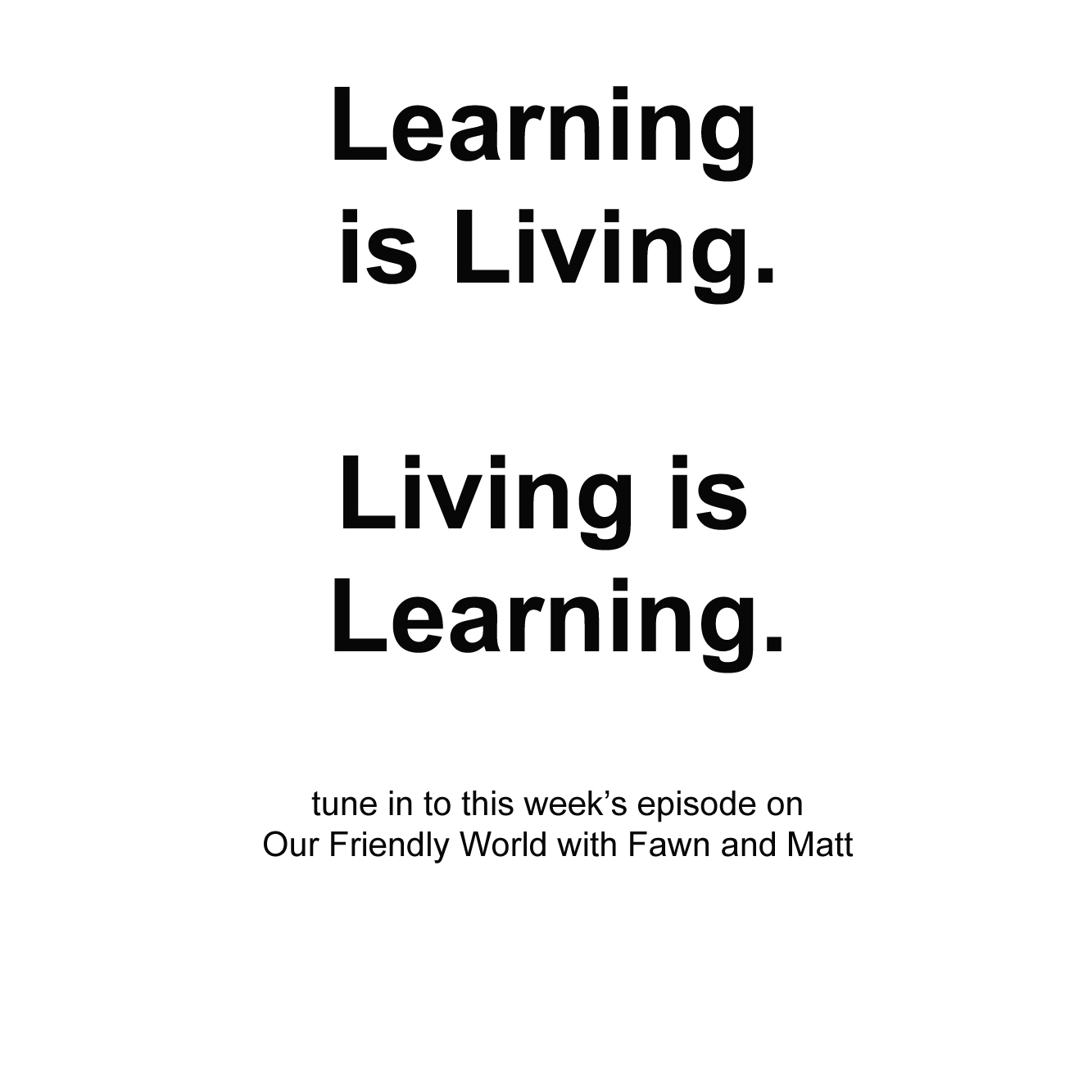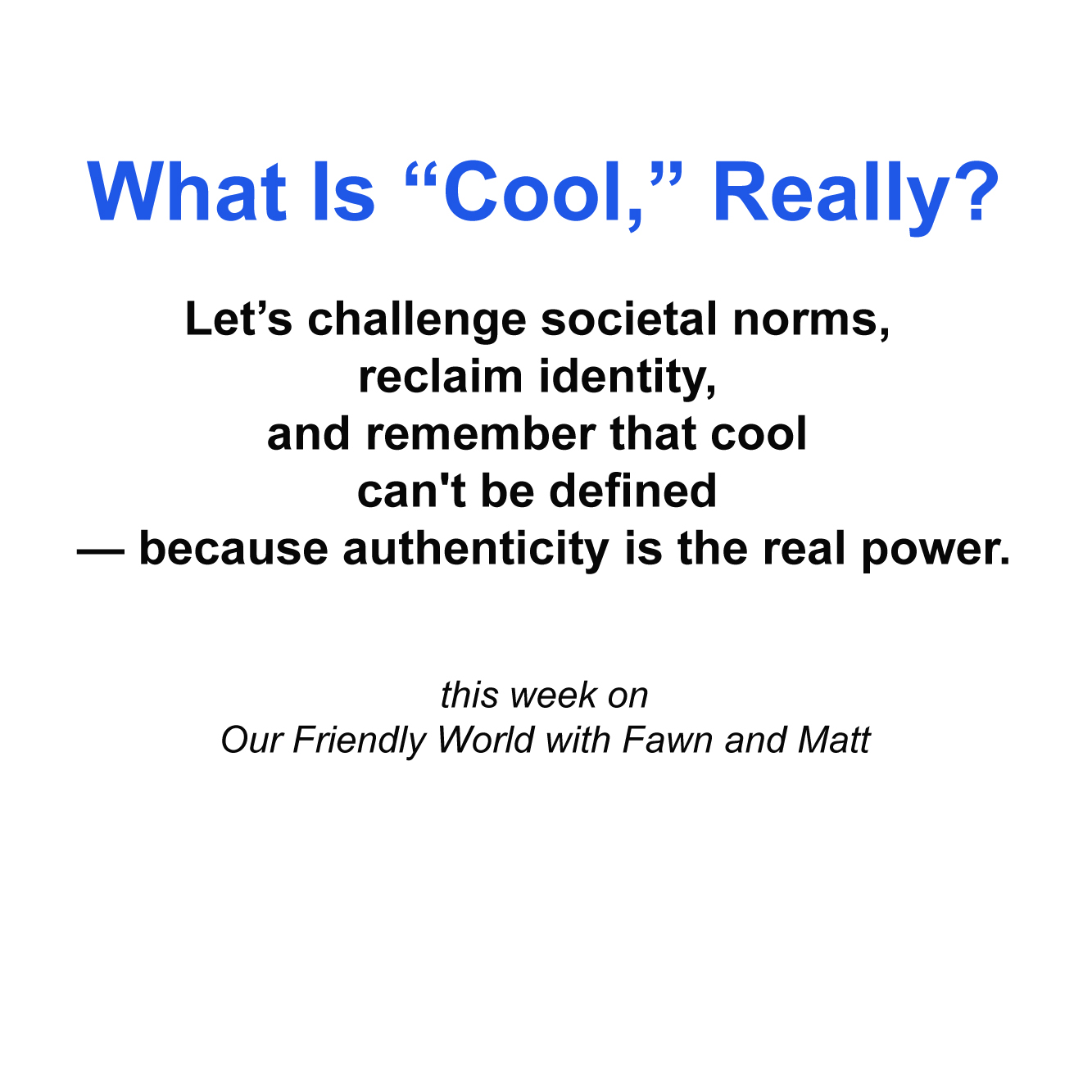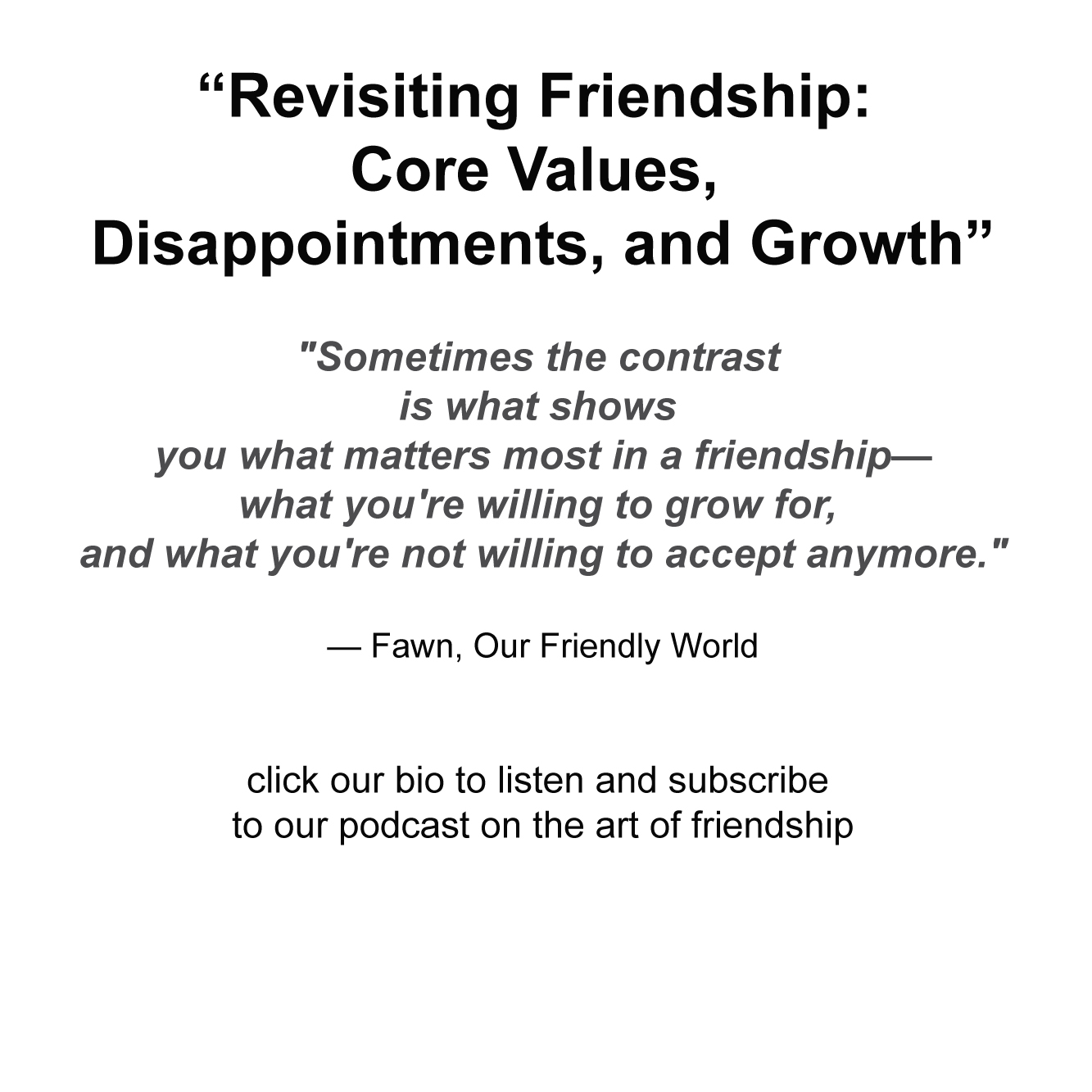Blockchain - How Tech Can Empower and Change Human Beings - Blockchain: Utopia or Dystopia with Mostafa Purmehdi
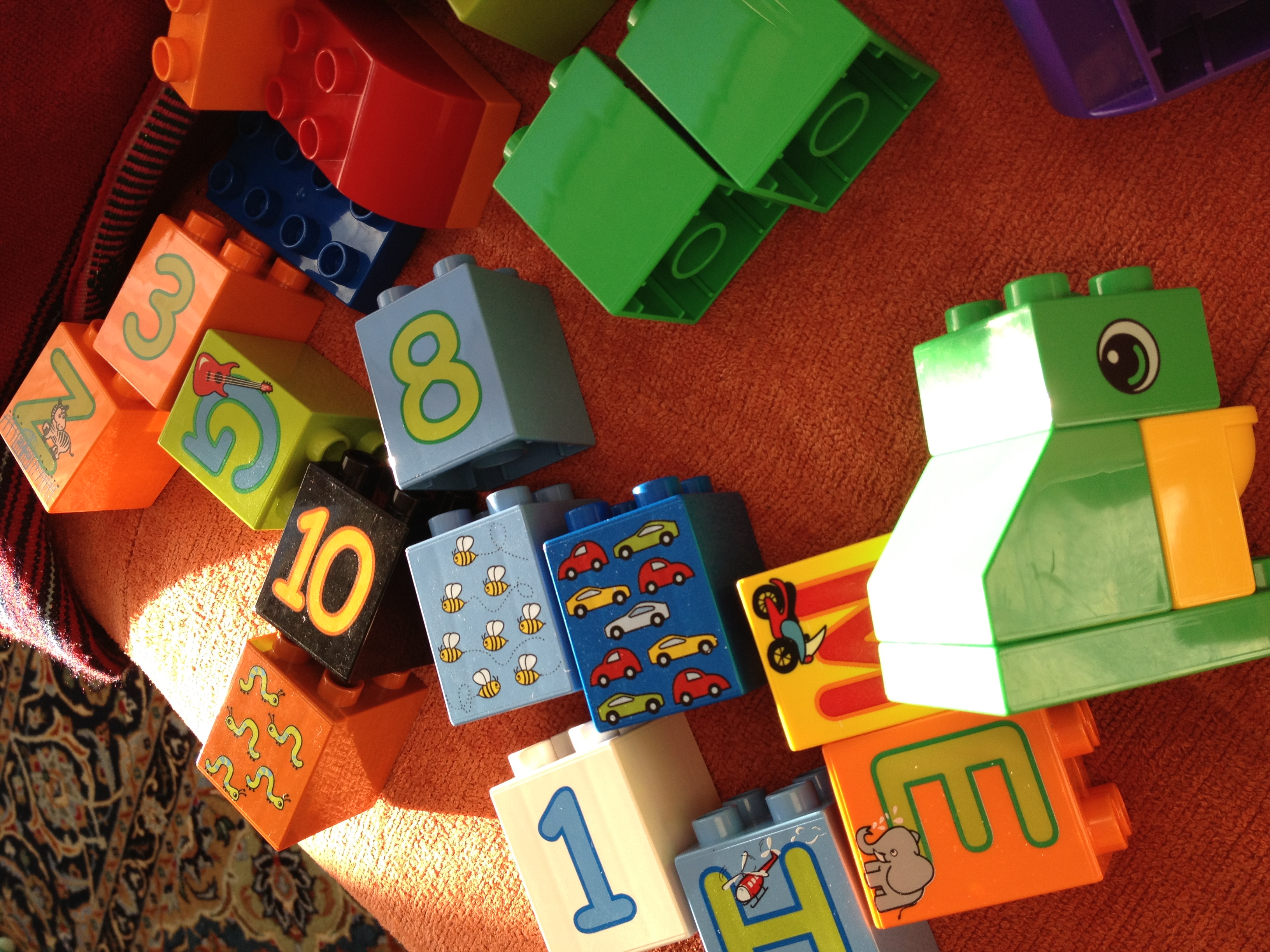
How Tech Can Empower and Change Human Beings - Blockchain: Utopia or Dystopia with Mostafa Purmehdi
This begins a block series of our talks about tech. If you are a techie like Matt, this is for you. If you’re not a techie like Fawn, this is for you also, because we are talking about the future and how to get a handle on it and get in on the pioneering wave.
Don’t you wish you knew more before the dotcom era so you could have made decisions that set you up better for success? This is the podcast series for you! We have Matt and a professor of economics, social scientist, and researcher of advanced tech to guide and explain from the basics to the hard core stuff. This is a free, valuable, and rare education!
In this episode, we begin with the NFT, what it is, and we get into what Blockchain is and what it does and what it will be capable of in the future. We talk about DEMOCRATIZATION of money, tech, education, and more.
First: A non-fungible token (NFT) is a unit of data stored on a digital ledger, called a blockchain, that certifies a digital asset to be unique and therefore not interchangeable. NFTs can be used to represent items such as photos, videos, audio and other types of digital files. This immediately peaks Fawn’s interest (as a photographer), knowing that recently one single digital photograph sold for $69 MILLION DALLARS!!!!
We learn how people are making money like this.
Foremost: This is a conversation between friends, the kind that nourishes, and changes our understanding so that we can thrive.
How Tech Can Empower and Change Human Beings - Blockchain: Utopia or Dystopia with Mostafa Purmehdi
This begins a block series of our talks about tech. If you are a techie like Matt, this is for you. If you’re not a techie like Fawn, this is for you also, because we are talking about the future and how to get a handle on it and get in on the pioneering wave.
Don’t you wish you knew more before the dotcom era so you could have made decisions that set you up better for success? This is the podcast series for you! We have Matt and a professor of economics, social scientist, and researcher of advanced tech to guide and explain from the basics to the hard core stuff. This is a free, valuable, and rare education!
In this episode, we begin with the NFT, what it is, and we get into what Blockchain is and what it does and what it will be capable of in the future. We talk about DEMOCRATIZATION of money, tech, education, and more.
First: A non-fungible token (NFT) is a unit of data stored on a digital ledger, called a blockchain, that certifies a digital asset to be unique and therefore not interchangeable. NFTs can be used to represent items such as photos, videos, audio and other types of digital files. This immediately peaks Fawn’s interest (as a photographer), knowing that recently one single digital photograph sold for $69 MILLION DALLARS!!!!
We learn how people are making money like this.
Foremost: This is a conversation between friends, the kind that nourishes, and changes our understanding so that we can thrive.
Blockchain, tech, Utopia, Dystopia, NFT, non-fungible token, money, democratization, stranger, butterfly, barnacle, true friend, Etherium 2.0, Etherium, budgeting, Security, Bitcoin, Cryptography, computer science, Satoshi Nakamoto, white paper, altcoins
How Tech Can Empower and Change Human Beings - Blockchain: Utopia or Dystopia with Mostafa Purmehdi
Transcript:
[00:00:00] Fawn: [00:00:00] Hello, everybody.
Matt: [00:00:01] Hello.
Fawn: [00:00:02] I'm very excited about today. This is your neck of the woods, honey.
Matt: [00:00:06] Well, getting close.
Fawn: [00:00:07] We're talking tech today, guys. We're talking how technology changes human beings with our very dear friend Mostafa Purmehdi. He is this amazing professor. And I know this from personal experience.
He was one of my mentors the past year. He still is actually. He is a social scientist with a PhD in marketing. He's a brilliant professor, such a compassionate, lovely human being. He's a marketing faculty member at the university of the Fraser Valley. He is a consultant for various businesses on new product development, consumer behavior and advanced technologies. You can reach him here: N E X three dot X, Y, Z. That's [00:01:00] his website: NEX3.xyz. It's N E X three dot X, Y, Z. And trust me, you want to learn from Mostafa. He has all the secrets of our future, and he is so generous about sharing it. So if you don't want to be left behind, if you want to understand what the heck is happening in the world with business, with our financial futures with pretty much everything, art.
This man is your man, this person, this human being, is it right, man?
Matt: [00:01:33] I wouldn't phrase it as far as fear of missing out. I would say that there's a lot of excitement going forward and he's very forward-thinking and he brings a certain level of comfort to it as we're about to discover.
Fawn: [00:01:43] Definitely. I say fear of missing out because I am not a techie. So things like this tend to give me fear, but yeah, he has a way of explaining things and letting you in on the secret. To me, it's a secret to not you guys, [00:02:00] but for me it's I still feel like a caveman. For me it could be a little bit frightening until Mostafa explains it to me.
And I feel like, Hey, I'm in the circle, I'm in the inner techie circle.
So I'm going to start today off with a nugget of wisdom from Santa Monica. I was going to give you a warning. Like this could have a violent story. Like if you're disturbed by it, maybe you should tune out for a couple of minutes, but don't because I'm not going to get into the specifics.
I won't, I'll just generalize what happened. But one of the winding down periods, the winding down period of my mentorship with Santa Monica was when things started to go awry. There was a change in the air. Things started to happen. A few times we definitely had major violence in this utopia that we had, but weird things started to happen and people's [00:03:00] behavior completely shifted.
And then. The neighborhood started changing too. Like people moved in with not the kindest hearts, people moved in without that sense of friendship that we were all experiencing in our little bubble of utopia. Like I always say it looks like a 13 year period for me. And towards the end, that bubble started to get thinner and thinner and then it just popped.
And that was when we left. Around the time we were leaving, I remember one of our friends who worked for ups, he was delivering a package. And the last package I got, he said, "why all the hate, Fawn?". And it shocked me. And that was actually one of the major lessons was that. It's actually not the nugget of wisdom I want to impart today, but our friends saying that to me, [00:04:00] shocked me into place and made me realize, Oh my goodness, yes, the hate has reached me. And now I'm spewing hate because I tended to say, " we're getting it out of here. We're out of here, we're out of this place." And when he said, why all the hate, I didn't even realize I was speaking that way, but it made me realize that I had to calm down and I had to operate from a place of love.
Even though we were leaving, I was to leave with love, not let all the chaos get to me, not let the change affect me the way it was starting to, because I had seen some violence. I had seen terrible, terrible behavior, and it was hardening me and it was making me feel very, um, I don't know the word for it, like bitter and you don't want to do that.
You don't want that in your [00:05:00] heart. So during this winding down period, the neighborhood started to change. And the lesson in what I'm about to tell you is to be mindful of how you enter a room. That room could be a room. It could be your living room. It could be a tiny little town. It could be a city, it could be a country, but just know, okay, I'm not going to preach here.
I'll just speak for myself. I have noticed that even before we enter a space, your presence is felt before you come into it. And it affects the environment. What I noticed with our beautiful little neighborhood was that these ironically enough social media companies were moving in and before they moved in, things were changing.
And [00:06:00] the environment, the population was getting very aggravated. And I mean, it was nothing you can point to at first, like it's a feeling you get. And when you're an empath like me, it's very strong. Like I can feel it, but I can't tell you what it is until things started to happen. That was when I was like, look at what's happening.
So these tech companies were moving in and before they moved in our little, little tiny beach cottages that had no space, really for like a backyard. It was just a teeny tiny cottage, like a studio apartment type of cottage. You remember on second street, right behind Main Street?
Matt: [00:06:43] right
Fawn: [00:06:44] those would sell from 550,000 to a million dollars. All of a sudden the like property values skyrocketed.
Matt: [00:06:52] Right
Fawn: [00:06:53] and so the whispering around the neighborhood was we can't live here anymore because the [00:07:00] jobs weren't paying enough to have you live sustainably, live in the neighborhood anymore.
Now we had rent control, but even rent control every year, it was going up a certain percentage. And remember those two towers we had near Main Street? Those were all rent controlled apartments, but then they were sold and they were turned into these. Million few million million dollar condos. Remember?
Matt: [00:07:26] Yes.
Fawn: [00:07:27] So the neighborhood was shifting, but before the companies moved in, before that the attitude was definitely shifting and different people were moving in with not the greatest intentions and they didn't, they ignored the way of peace in the neighborhood. They didn't care. They didn't care about saying hello. They didn't care about being part of each other's lives. You know, we were a tiny little village from 800 years ago in a town you'd find in Italy, [00:08:00] in this little space in Los Angeles. That was very rare. So things change. And that was one of the other lessons, is things change. There are seasons for everything.
How do we deal with a change, even when the change is technology, when the change is, you know, people come in and out of your life? That's normal. How do we deal with that? How do we keep our hearts open and kind? How do we adjust to something we don't understand, like for me with technology, because it feels like, Oh my God, I have to learn all this stuff. And I really don't even understand the language and do I need money to adjust to this? Obviously you need money for a computer.
Matt: [00:08:49] Right.
Fawn: [00:08:50] I never met a computer really on my own until you came along. I mean, I remember. Years before we met, my friends were showing me [00:09:00] Photoshop and, digital photography. I'm like: "the hell you say! What?" And I was trying to use the mouse and I felt like I needed to use like 10,000 pound muscle to move the mouse. Like, it was really awkward for me
Matt: [00:09:13] Right. Everybody feels like that a the beginning,
Fawn: [00:09:15] It was very scary. But you need that sense of tribe. You need that sense of community to experience things together. And when you feel like you're doing it all by yourself and you're left out, boy, that's hard. And that's, I think where the violence was starting to happen. Like, people feel it on a base level, you know, on a level that you can't touch and that comes out in violence when there's change in society. So anyway, how do I get out of this?
I know it sounds really negative now. But I'll go back to our friend who said why all the hate and just make you come back to center and let's [00:10:00] pursue with love. With that, here's one of the loving people in our lives, Mostafa Purmehdi. here we go, guys: "How Technology Changes Human Beings"
Hello Mostafa!.
Mostafa: [00:10:16] Hi Fawn. Hi Matt. Hello It's great to be with you. How's everybody this morning?
Fawn: [00:10:22] Yeah, we're doing great. How are you doing?
Mostafa: [00:10:27] I'm very well. Thanks for asking. I'm on my second coffee, so there's not really much to complain. It's a nice sunny Sunday morning here in Montreal. I hope that you guys are also enjoying the morning in Colorado.
Fawn: [00:10:41] We are absolutely
Matt: [00:10:43] going to be a nice warm one today,
Fawn: [00:10:45] too hot. No, we're going to get snow. You guys,
Mostafa: [00:10:48] I adored the weather in Colorado is actually one of the best selling points, you know, and I, I, uh, lived there for a few years and when I was going in, uh, [00:11:00] I was sold on this idea of 300 days of sunshine and, uh, it, the weather is so nice.
The scenery is fantastic. Uh, so I really miss it in a way. Uh,
Fawn: [00:11:16] it is really beautiful. It's schizophrenia though, because it'll be 85 degrees one hour. And then the next hour you're in the middle of a blizzard. No joke. I had my friend Holly visit and she didn't believe me. I told her to bring a winter jacket.
It was, was it April or may? April. And she didn't believe me. I said, look, bring a jacket. Because we, we in our family, there's one jacket for each of us and we need them. I'm telling you, bring your jacket. So she was coming from Santa Barbara. She's like, okay. And I knew she, that okay. Meant I'm ignoring you.
But I was hoping she wouldn't. She comes. We were having a heat wave, but a few hours later here comes the blizzard. And then of course Holly's like, Oh, can I borrow Matt's [00:12:00] winter jacket? I'm like, no, he has to go out. Like, so
Mostafa: [00:12:05] anyway, now it is a hundred dollars for you. My friend,
listen, I came, I flew in, it was a, in January, so I was expecting a little bit cold, but. I flew in one night, one evening and, uh, the next morning it started snowing. Wow, that's beautiful. January time. I'm going to love this place. It did not stop snowing for three consecutive days. And we had like inches of snow everywhere.
It was like, what did I get myself into? Because I've been, I left Montreal with it's a wintery weather, which is also in its own way really beautiful. Then I lived there for a while in Vancouver, whether it's really fantastic there. So I was like, yeah. Um, did I really make dry [00:13:00] move too? But, uh, little did I know that, uh, the snow melts so quickly there because of the elevation, because of the sunshine.
So within a week after that, like 80%, 90% of the snow was gone. Right. I instantly knew that I was dealing with a totally different creature there.
Fawn: [00:13:23] It is. It is a totally different creature. I mean, up North where you are and in Minnesota, the snow stays for like nine months. It's just stuck on the sidewalk for nine months.
Not here.
Mostafa: [00:13:35] That's right. Yeah. Uh, over there, snow is a butterfly here, it's the barnacle.
Fawn: [00:13:42] What's that?
What's that? A barnacle barnacle. What is,
Matt: [00:13:46] what's the barnacle to this side of your ship until you scrape it off?
Fawn: [00:13:49] Oh my God. That's a great description.
Mostafa: [00:13:53] And by the way, the funny point is that we describe customers with these kinds of analogies.
Matt: [00:13:59] Oh, I believe [00:14:00] it.
Mostafa: [00:14:00] Yeah. We got four types of customers. We call them like every customer can be divided into one of these four categories. A stranger, a butterfly, a barnacle, a true friend. Uh, so, uh, it's funny that, uh, you know, we got this jargon, we don't of course mean ill.. Uh, we don't mean to look down on people or dehumanize them, but the consumer behavior is really the foundation for the analogy.
Matt: [00:14:28] Right.
We do something very similar in when we write software. We create personas. There is, you know, Jane who hasn't touched a computer in five years and is coming back. And, and this is her, her expectations for the software. And this is what she needs to get done. So let's make it easy for Jane. And then we have James who's young, fresh from college who has an completely different set of objectives and a different set of skills. And he wants to be able to use the software [00:15:00] effectively. And so we go through those. So we create personas that falls right in line. We actually give them names though.
We don't just kind of assign these attributes.
Fawn: [00:15:09] I do something like that to you guys in my photography career, like in my own head, I'm like, Oh, these people are trying to Mickey mouse me, like they think I'm Mickey mouse, or maybe they're Mickey mouse, like not taking me seriously, trying to nickel and dime me because for whatever reason, not taking me as a serious major photographer.
So I'm like, this is Mickey mouse right here. And then I'll step away.
Mostafa: [00:15:40] Yeah, naming things seems to be a mental shortcut for us to, uh, attach attributes and, uh, suddenly know how to deal with the situation with the person, the task. Right. Well, yeah. That's interesting. So what are we going to talk about
Fawn: [00:15:58] today?
How [00:16:00] technology changes human beings. Can we really get into tech?
Matt: [00:16:02] I'd rather talk about how technology can empower human beings.
Fawn: [00:16:07] I love that. Yeah. Yeah. We want to be empowered advanced tech, right?
Matt: [00:16:12] Yes, absolutely.
Fawn: [00:16:13] So I'm just going to be listening because I have no idea what you're all talking about, but if you could, um, make it Fawn friendly, so I can understand what you guys are saying.
Cause Matt, when he, when we talk, he'll get into pure acronyms. I have no idea what he's saying.
Mostafa: [00:16:30] Oh, but I mean, I I'd love, I'd love for you to ask questions and, uh, interject whenever you think, you need a little bit more getting into the, stuff,
Fawn: [00:16:42] I would appreciate that. Like lately I learned what an NFT is and why one tiny digital photograph sold for $69 million.
Mostafa: [00:16:52] Your photographs on NFT. Have you thought about
Matt: [00:16:57] NFTE kids?
Fawn: [00:16:59] Wait, what was it [00:17:00] called? It was something fungible, fungible, Non Fungible Tokens tokens. Okay. I never even heard of the word fungible. What does fungible mean?
Matt: [00:17:14] It means it can be altered.
Mostafa: [00:17:16] Exactly. Like I would say divisible. Yeah, altered is also a nice way to put it.
So the analogy is when you have a dollar and I have a dollar, we can exchange them. And we still each have the value that we came into the transaction with. A dollar is a dollar is a dollar doesn't really matter which of the paper bills you have .The value's the same. Whereas if you have a Picasso piece of art and I have a Picasso piece of art, uh, they have their unique value, even if they are quite identical.
The non fungible part of this [00:18:00] phenomena is about basically trying to attach an identifiable and unique value to something. It could be a piece of art, a collectible. It could be, uh, a degree, a certificate, a contract, and it basically cannot be interchanged with something else.
Fawn: [00:18:25] See, that's where I don't understand. Am I taking the conversation to a place? I don't understand because if I get anything emailed to me, I can change it. I can copy it and mess with it. I don't understand how it's not fungal, fungal fungi, fungible.
Mostafa: [00:18:46] I tell you this, imagine that you have some collective groups, uh, baseball cards, maybe art pieces, maybe your, uh, your daughter's [00:19:00] drawings and you attach to them, you define them on the blockchain as NFTs,
Fawn: [00:19:09] what is a blockchain
Mostafa: [00:19:11] I'll explain to you right now. Okay. Uh, so a blockchain is a chain of blocks. Okay. Imagine,
Matt: [00:19:23] thank you for that.
Mostafa: [00:19:25] My nugget of wisdom. It is quite self-explanatory. It's a chain of blocks on a ledger. Imagine that we have this huge ledger everybody has access to. And you can write down the transactions that each two people in the world have entered into on this ledger. And each transaction builds a block and these blocks are chained together.
So once a block [00:20:00] enters the chain, you cannot alter that block. You cannot redo or edit that transaction without breaking the chain. And that's the beauty of the blockchain. It's a ledger, that's not tamperable. So imagine so today what we do is we trust third parties with our ledgers. We trust that banks take care of security, privacy, and accuracy of the ledgers.
Matt: [00:20:31] Right
Mostafa: [00:20:31] We trust that nobody goes in the middle of the night and changes the bank ledgers on our behalf or, you know, against our will. If that happens, of course, sometimes we learn about it sometimes we don't learn about it and that's basically quote unquote corruption. With blockchain, all these checks and balances are set [00:21:00] in the code of the algorithm.
And, uh, we, you can trust the algorithm because as I said, once a transaction enters the blockchain, the algorithm does not allow tampering with it. And it's there forever. So back to the NFTs, NFT is, uh, one smart contract on blockchain. So you tell me that, Hey, you see this drawing of my daughter, who by the way, is a genius, and she's going to be a great artist in her future life.
This equals this contract on the blockchain as an NFT. So the value that you attribute to the painting to the drawing is set on the contract. Nobody can tamper with . Nobody can change it. Nobody can take it away from you unless [00:22:00] you get into a transaction with someone and sell them the NFT. And that's how people are making millions out of the NFTs.
They are selling that contract. The owners.
Fawn: [00:22:12] I have two questions.
Matt: [00:22:13] Go, go. Okay.
Fawn: [00:22:15] So I have two questions. I'll say both of them. How do you get a blockchain (1)? And then 2: who has access to the blockchain. Is it stored somewhere?
Mostafa: [00:22:27] I'll answer the second one first. Okay. Uh, Matt, did you want to say something?
Matt: [00:22:31] No, no, no, no, go, go.
Mostafa: [00:22:32] Um, so where does, where is it stored? Everywhere. Like, God, it's everywhere.
Fawn: [00:22:42] But is it from one server or something like that.
Mostafa: [00:22:46] Multiple notes, multiple servers, every little computer sitting in someone's room can be a node.
Fawn: [00:22:56] And what's a node? What's that?
Matt: [00:22:58] It's, it's, uh, a do [00:23:00] Hickey thingy thing. Okay. And there's lots of these, and they're all keeping track of this ledger because the thought is is that if everybody is watching the books, no one person can cook them and cooking.
The books would mean, you know, create a bogus transaction.
Fawn: [00:23:15] Anyone with a computer has a node?
Matt: [00:23:17] Could have a node.
So would they have to be, you know, configure and install and whatnot, but, okay.
Mostafa: [00:23:25] Yeah. Like you can become part of the network. You can become a part of the local police if you will. Imagine a neighborhood doesn't have a police. So all neighbors chip in and they try to become this vigilante. Everybody's playing their role in keeping the network safe, the neighborhood safe. That's exactly what's happening with blockchain. Everybody's chipping in with their computers, with their processing power. And the network is creating this super [00:24:00] computer that's placed on the internet.
It is not in one server. It's not controlled by one company or entity, but it is the power of the network. And that's why no one person or authority can go in and say, I am dictating my will on the network and I am taking control of it. There is that whole idea of the 51% attack, that we can talk about later.
But essentially speaking the network is more powerful than any one computer or one person.
Matt: [00:24:39] And so in many ways, the thing that makes me so interested and curious about this kind of stuff is that it's really one of these cases where individuals are donating and empowering the community.
And so what you're dealing with is there's a lot of Goodwill here.
Fawn: [00:24:56] Who are these individuals right now?
Matt: [00:24:58] The same people [00:25:00] who configure things like there's something called the TOR network servers and onion routers and all sorts of things, which allow people in countries with that have the great firewall of China, for instance, to bypass that and be able to access the free and open internet.
These are real altruists yes.
Mostafa: [00:25:18] It's a movement with no head.
Fawn: [00:25:20] But who are they? Do you guys know them? Are they the same people that are like, forgive me, but this was a term that was used, like the, the percentage of the world's population. Like what was it like a third? Was it or half, or I don't know is controlled by 30 white men in Silicon Valley.
Are those the men?
Matt: [00:25:43] This would NOT be those people
Fawn: [00:25:45] it's not.
Matt: [00:25:45] No.
Mostafa: [00:25:46] No, it is you and I, it is a 17 year old hacker that lives in a basement. It's um, could be a housewife, a single mom who wants to do to be [00:26:00] part of it. Actually, it's really nice that you ask this because in a near future, we're gonna have this thing called Etherium 2.0 being released. Now Etherium is the first smart contract that has been implemented. So NFTs that we just talked about is on the Etherium platform. The Etherium platform allows those allows people to get into smart contracts with one another. Right? Imagine it as a computer ledger where two people can get into a transaction, define the rules of the transaction and then execute it. So Etherium 2.0, when it releases, it's the new version of Etherium, allows you and I to become a node and contribute to this [00:27:00] supercomputer, to contribute to this headless system that is sensor proof that is secure and it is global. It transcends beyond borders. So if you really buy into that kind of vision, that kind of future, you can contribute to it. So what you do is you buy some Etherium and you create a node on your computer and by, uh, becoming a note, transactions will go through your computer as well. And the good news is that you get rewarded for that.
Uh, it's like, uh, putting your money in the bank and getting interest for it because every time a transaction goes through your node, you get paid a little bit. And that could be roughly 10% of your money annually. Which bank gives you 10% annual interest?
Fawn: [00:27:59] I [00:28:00] have more questions. Where do I buy one? And what happens if my computer crashes?
Mostafa: [00:28:06] That's all right. If your computer crashes, because other nodes will carry your weight until when you get back into the network.
Fawn: [00:28:15] Is it something I have to jot down in my journal, like a code? How do I access the w wa you know what I mean? Am I just, I just don't know anything. I don't want to take this conversation to a, uh, a place you guys didn't want to go to.
Cause I have so many
Mostafa: [00:28:29] No, you're on to something good. Go ahead.
Yeah let me answer your first question though. Where do you buy Etherium? You can buy Etherium basically on any portal that gives you access to the network. It could be an app, a website or, um, yeah, basically you can buy it over through an app or a website. There are companies who offer you that entry portal. Um, Coinbase is one of them. There are exchanges. So the same [00:29:00] way that you go on a website and buy some stock, you can go and buy Etherium. You will have an address that you store your Etherium in that address, just like your electronic wallet on your banking website or banking mobile app that you can see you're
Fawn: [00:29:22] like a routing number, routing number account.
Yeah.
Mostafa: [00:29:25] That address is your routing number. Exactly. And that address is on the Etherium. Everything is on Etherium. So that's the beauty of it. Doesn't matter which website or which company you use services for. Um, but, you can, you will have Etherium on the network.
Fawn: [00:29:48] So the other question was, how do you get into this whole block chain period? Is it by buying these things?
Mostafa: [00:29:54] Well, I would say yes, probably the only thing that [00:30:00] preceeds that is education, understanding what blockchain is, how it works and what is the impact on our lives and the future of the world. Once you understand it, then, most probably want to, uh, take part in it.
Fawn: [00:30:17] I want to take part. So is this the new thing, like, remember you guys, when the internet was coming, people were like, what is the internet?
Mostafa: [00:30:27] It is exactly that.
Fawn: [00:30:29] So we're on the precipice of that?
Mostafa: [00:30:32] Yes. That's what they say.
They say what internet did to communication Blockchain is doing to money. So it opens up so that.
Matt: [00:30:43] Democratization of information was the worldwide web, which is part of the internet, which is what we think of as the internet. But the internet really is the network and there's all sorts of different quote, unquote protocols www is one.
So when you put in [00:31:00] www.google.com, you're accessing the world wide web, but there's this other one that's older called FTP, which is just a file transfer protocol. This is yet another protocol and yeah, Mostafa is laughing at me now because you know, that certainly shows. Um, you know, the internet was originally founded as this whole, like let's connect universities together in case nuclear bombs go off.
We want to be sure communications can still happen. And it has changed into, Hey, let's make money on the internet, which is, you know, the Amazons and, uh, um, which is really the only one you can really think of nowadays. It seems like, but the Amazons and the eBays and the Macy's and the da, all the, all those random companies.
And now they're looking at the democratization of money and there's been a lot of movement towards that inside of different platforms from the smartphone to now what we're looking at, which is this whole blockchain and this non-fungible tokens inside of artwork assets that allow us now to be able to buy, [00:32:00] trade and sell, digital assets.
Fawn: [00:32:02] So are you saying that we are approaching a world where things will be. Um, more fair.
Matt: [00:32:09] Uh, that's the fun part, isn't it? Wow.
Fawn: [00:32:12] Oh, look at how most of us looking right now,
Matt: [00:32:15] I believe, and most Mostafa, please, when, where I screw up, you best keep our audience honest, but I believe we're in this really weird place where we can, as a society, make a decision to keep the rules the way they are, or we can make it fair and level.
Fawn: [00:32:32] Mostafa, you made a face. What were you thinking?
Mostafa: [00:32:36] Well, Matt is, uh, Matt has a point. Exactly. Technology has this empowering characteristic. It empowers you to do new things, to have new rules, to have, to get, to do perform new applications and there can be two sides to it. Technology [00:33:00] can be an equalizer, can provide access, to some potential to everybody what Matt just said, hashtag democratization ( #democratization ), or it can provide unfair advantage to one or few actors. And, uh, just like the game of poker, everyone else will fold. And one wins all.
And with technology like internet, when it came in, in the 1990s, what we were really envisioning, when I say we, it was not me making the decisions, but I was a teenager growing up. So the vision I was sold was that our world is going to be a more democratized world, much more fair and equal.
Everyone can start a business from the garage of their parents' home, everyone will have equal [00:34:00] access to resources. And what we're really seeing is that one person has won it all. The guy who created Amazon is now the richest person in the world.
In the pandemic everybody got poorer. He got billions of dollars richer. And it looks like his cards have won and the rest have folded in this. So technology has that kind of tendency. And I should say that I cannot say unfortunately, but it's just a natural characteristic of technology, that to provide unfair advantage is the low hanging fruit. For us to create systems that guarantee equal access to opportunities takes much more work. It's a longer journey to walk. [00:35:00] And for that reason, while some people, good people with good intentions are trying to pave that way, someone would come and offer a service that is, very appealing and the world takes that and they start accruing that unfair advantage.
And it's kind of a compounding effect. There is the compounding effect to it. So it allows you to become even more powerful every day. So the question is, and this is one of the questions that the world of business is wrestling with, I personally am very interested in this question is how do we design systems that offer that equal access in a sustainable way?
Looking at blockchain, the horizon looks really bright and I can see how blockchain could [00:36:00] potentially offer that democratisation finally, but at the same time, it could as well be another step into the other direction. And well, I don't want to be too bleak about that, but, uh, that could happen too.
I mean, it could be a utopia, it could be a dystopia.
Fawn: [00:36:17] I think the key is education because if only a very select few know about technology or know about the ways of it. Then I think that opens the door to maliciousness and taking over. But if a lot of people are educated and they know what's going on, they don't have that power.
Mostafa: [00:36:41] Yes. I love, I love that. Education is key to encourage people to participate. The more people participate in democracy, the true, a truer democracy we will have. But if you set up democratic [00:37:00] structures and then people don't participate in it, then the very few people who are power hungry will take over that structure and use it to your own advantage.
Right. Now we might feel that it's hitting close to our hearts because we see everywhere in the world that democratic structures, or are also prone to
Fawn: [00:37:27] collapse?
Matt: [00:37:28] Subversion
Mostafa: [00:37:30] Subversion is the word. Yeah. And the same thing happens for blockchain and Bitcoin, right? Any kind of technology. Participation is key; participation of people.
And I tell you this, having grown up in the rise of internet and start-up movement, I am as old as a Mac book, a Mac computer Mac. So I have seen, uh, these, [00:38:00] uh, developments every step of the way in my life. I can tell you where we kind of went away from that positive horizon. It used to be at the beginning that if you had an idea, if you could create a prototype, uh, an MVP minimum viable product, then you had a shot in building a company, offering that to the market and a lot of good products came in; software, other products, other services.
And the cool thing about it was that you could find money to support your entrepreneurial ambitions. There were people called the VCs venture capitalists who were prepared to give you their money if they could buy into your vision, or if you could convince them your product, your [00:39:00] prototype could take over the market or have a market share. At some point, this relationship between startups and the VCs turned upside down and the VCs had the upper hand. They were calling the shots and the entrepreneurs were just trying to please the VCs, trying to secure some seed money. The fundraisers became more important than the startup ideas.
I think that's when we handed the control to the VCs, on a silver platter. Can the same thing happen with blockchain? Can people hand in control to the powerful? Uh, they could. They could, if they want to delegate their responsibilities, that's basically what's going to happen. But if people participate in the blockchain revolution, then we might have a chance.
Fawn: [00:39:58] So can this kind of [00:40:00] conversation that we're having today, this is part of education. It's not like we have to go and study code. We can have a conversation and educate each other. People like you can talk to me and explain what is going on and what the future of the world, what the possibility is for the future of the world.
The great opportunity is before us. So it's just conversation between friends. We can literally change the world. You can tell us what's up.
Mostafa: [00:40:31] I'd love to right.
So, let me tell you what type of problems blockchain can handle. So budget is one of the things blockchain can handle. Imagine you need to transfer some money to people who are in need of money, could be your relatives, your cousins, could be poor people somewhere far off in the world that you'd like to help them out. Or it could be [00:41:00] when you want to support an environmental social movement and you want to transfer that money. Budgeting ,businesses use that a lot right now, a business, you know, transferring money is a costly transaction.
It takes time, it takes a large sums of money and it kind of, uh, excludes the smaller businesses from taking part in this game. And blockchain helps with that. So that's budgeting. Number two is security. Blockchain provides a secure system based on the algorithm that makes it possible for you to get into a secure transaction with someone you don't know; you've never met, sitting in Hong Kong, get into a transaction, do business with them, and you do not need a third party to verify the transaction or your business partner.
Fawn: [00:41:59] Can you [00:42:00] explain what a third party could be? Is that like a bank ? What's a third party
Mostafa: [00:42:03] A third party usually is a bank, a money warehouse, a government. Their job here is to say, okay, you're going to do some transaction with Mr. X in Hong Kong. You don't know Mr. X, you cannot trust him. But we have a relationship together; the bank and Mr. X. He is a good client of ours, and with the positive, outstanding credit. So I'll take, I'll assume the risk. The bank says, I'll assume the risk. The bank and Mr. X work out their end. Mr. X provides some collateral ,probably gets into a contract with the bank, guarantees that the money exchange will happen and he has the funds for it. And you, the business sitting in [00:43:00] America, you get into a transaction with the bank. Bank takes a fee for their services of facilitating this transaction.
Now, if you had a contract that could execute on its own self executable, so the funds would not transfer really until the physical movement of the goods has taken place. So it is not until Mr. X has sent you this shipment and you've received it and you've approved it on the smart contract that the money can go in.
Right? You don't need the bank as long as you have the right smart contract.
Fawn: [00:43:40] Well, then the banks can't be happy about that. So what are they going to do in this process of the future?
Matt: [00:43:46] Well, the banks are going to try and elbow in on this business for starters, for certainly they're going to look,
Fawn: [00:43:52] be controlling the blockchain,
Matt: [00:43:53] or they, they want to be the middleman because that's what they do.
And this is where the non democratization. [00:44:00] God, that's a difficult word. DEMA comes into it.
Mostafa: [00:44:04] You come up with a better word for that. Maybe we could coin something new. But yeah, that's what banks are doing. They're trying to take control for their own self interest. Of course a blockchain smart contract concept does not mean that banks are going to go away.
It's just that what they do, the role they will play will be adapted to the new technology. Listen, when internet came in, online learning, e-learning as they called it, became popular, became possible. Teachers didn't go away. It just, they just adapted to the new ways. So I would say that's the same thing.
Governments will not go away. They'll probably just do their work much, much better. They will have new things to focus on. And, uh, part of the work they used to do, part of the work [00:45:00] that would take up their days, will be automatic. So they don't have to really spend the resources on that.
So if I were a bank, if I were a government and I was a forward-looking bank, I would embrace it, actually . I would try and see what opportunities lie within blockchain for me, to be the bank of future. And I know some banks are doing that.
Matt: [00:45:28] Yeah.
So as
an example, uh, Schwab. Bitcoin is built on top of blockchain, for instance, which is Bitcoin, is this, you know, digital currency that exists that, et cetera, et cetera, you can buy a Bitcoin on Schwab for instance, at this point,
Mostafa: [00:45:43] absolutely.
JP Morgan is in it. We've got many other banks who are now legally allowed by the American government by the SEC, now talking about American banks, of course, who are entering this. [00:46:00] Tesla recently as a company got into Bitcoin. And now you can buy a Tesla with Bitcoin.
Matt: [00:46:05] Right. Feels a lot more like a stunt, but this is where it begins.
It begins with stunts.
Mostafa: [00:46:11] Absolutely
I sense a question.
Fawn: [00:46:13] I do have a question. Thank you. I'm really far back in the game, but you guys, I still don't understand what Bitcoin is. What is that? Is it like a universal currency? What is Bitcoin?
Mostafa: [00:46:24] Good question. So, Bitcoin, let me just take a few steps back and tell you how we know about blockchain.
So blockchain as a technology is, the result of a marriage between cryptography. That's a science that has always been there and computer science. And again, this has always been there as well. They just kind of met and merged and blockchain came out of it. The first person that we know of who proposed such a [00:47:00] system of a chain of blocks that work on cryptographic system was a guy called Satoshi Nakamoto. Who is he? No one knows.
Matt: [00:47:12] And is he one person, et cetera, et cetera. He's this very shadowy figure or group. Nobody's quite sure
Mostafa: [00:47:18] exactly it. We don't know if it is a group, who's assuming this pseudonym or if it's a person.
And this guy put out a white paper, explained how a system like that would work back in 2008 and, a group of developers in a, in an NGO non-governmental organization got together in an open source project and tried to implement this white paper. And Bitcoin was that project. So they implemented the white paper, built Bitcoin, the first digital currency, and it has been working for the [00:48:00] last 11 years.
Other projects based on this idea from the white paper have been developed and implemented. We call them altcoins or alternative coins. Each one takes on the white paper from a perspective, trying to make it better on one aspect of it. Some project is trying to make it more privacy oriented.
Some project is trying to give it new applications and that's how other coins are coming to existence. Not far from you guys in Colorado, in Longmont, Colorado, a very genius person lives called Charles Hoskinson and this guy was one of the original people who worked on Ethereum. One of the co-founders of Ethereum worked on it for I think a year or two.
And he had the vision for some applications [00:49:00] that other co-founders of Etherium did not share. He went on branched out and started his own project. And his project is more concerned with governance. So a lot of governmental processes, all the things that the government would do or a board of directors would do; issues relating to governance in any scope can be deployed on his project, on his blockchain, It's fantastic. The project's called Cardano. It's worth looking into it.
Matt: [00:49:33] Well, coming to things from fresh eyes, leads lens to new perspective. So certainly
Fawn: [00:49:39] can we ride our bikes and go knock on his door?
Mostafa: [00:49:42] You should have him on the podcast. I really enjoy listening to him. Never met him while I was in Colorado. Actually, we didn't live too far from one another, but never had the chance to shake hands with the guy. [00:50:00]
Matt: [00:50:00] So is this more the case of, like, let's say tracking your diamond to make sure it's not a conflict diamond or making sure that , if I'm sourcing the Fairphone for instance, which is this very kind of socialist way of building a phone with non-conflict tungsten, et cetera, et cetera, and making sure is this is this where his head is at.
Like, let's make sure that we have conflict free stuff, or let's make sure that the stuff that in the market that's claiming to be organic is really organic. And it was grown here and by these people?
Mostafa: [00:50:31] I'm guessing that they could, the project could do that as well. What you are talking about is a lot about the supply chain.
And I know that for example, Walmart right now has a blockchain system that tracks every single mushroom from the farm to the table. So every step of the way, when this mushroom goes from the farmer to the warehouse, from the warehouse to the retailers, to the, customers, you [00:51:00] can track it.
So if you are receiving a mushroom from Walmart, I think this project was deployed in China of course, you buy some mushrooms from Walmart. You can check where the journey this mushroom has been on, and which farm it was farmed on. You can see this on the blockchain.
Under supply chain when the mushroom is moving. So let's say the farmer sells it to some warehouse. Somebody makes note of it in their system. So far, those systems were, proprietary, for Walmart. We didn't have access to it, but now that they have put that system on blockchain, everybody gets access to it.
Right. As much as of course a Walmart allows it, but certainly their partners can have access to it. Maybe customers can too. So you go on blockchain tracking website and, you put in probably the barcode of that mushroom, and you see [00:52:00] the tracing, just like you track your UPS shipment. You do the same thing with your mushrooms .
Matt: [00:52:05] And this makes sense for Walmart because it allows them to, if there's a problem in any aspect of the supply chain, it makes sense for them to be able to track it because salmonella, salmonella or e-coli or whatever.
Yes, absolutely. And the more things they track and the more open and transparent they are about it, the less people can get litigious.
Mostafa: [00:52:28] And imagine what a more healthy health conscious world, we would be a given if we implement blockchain and supply chain, just like that. So that if something happens, with some produce, we can nip it in the, bud before it gets really contagious in a way.
Matt: [00:52:51] Right. But right. Or even better. Cause I want to try and think as positively as possible and kind of not anti negative, but like, if you get a [00:53:00] really like, like the best peaches you've ever had tracking those and making sure you can score them again and again and again,
Mostafa: [00:53:08] Oh, I would love that. I'm a big fan of peaches
Matt: [00:53:11] and there you go. Who isn't? Ooh. Oh, we're going to have the anti peach people on us
Mostafa: [00:53:16] (laughing about emails), but let me circle it back to Cardano and Hoskinson. The type of questions that they can answer with the project is when America had a problem with voting system, electronic ballots, distance voting and all that, he had the solution. When Twitter, when some of these, blue tick Twitter accounts were hacked by a 17 year old sitting in Florida.
Did you hear about that? A 17 year old hacker in Florida, I think, hacked, the verified accounts on Twitter; accounts of Elan Musk, uh, yeah, maybe Bill Gates, you know, [00:54:00] like people, the likes of people. Right. And, he just, tweeted on their behalf, asked people to send in Bitcoin and whatnot. We don't care about that part, but this guy could actually do that.
So this was a security breach for Twitter. Cardano had a solution for that. So those are the type of governance. So he actually came up, online Charles and offered some solution for Twitter to algorithmically, prevent such hacks to take place. Like, recognize them when they happen like that through a consensus system. Though, back then also what was really hot was Elon Musk twitting something and Tesla's stock would fluctuate like crazy and people didn't know what to do.
I think Tesla board decided to strip this guy off of some of his roles just to protect the [00:55:00] shareholders and, integrity of the way a company operates because, his tweets gave people an unfair advantage or could be seen as manipulating the market and Tesla as the company would, get damaged.
Cardano also had a solution that said, okay, so when this guy tweets as the CEO of Tesla, or someone up in the ranks, his tweets about Tesla would have to be approved by a number of people within the company before actually being on Twitter or something like that. So that consensus based, system of approval would allow the company to control the flow of information that could be damaging to the company reputation.
Right.
And, and again, welcome to the world of oversight, like the SEC did not approve of a lot of Elon Musk's tweets.
Yeah. Exactly.
Matt: [00:55:55] And that gets the company in trouble, which means that they need to implement some semblance [00:56:00] of controls. This is more self-governance before it becomes necessary for, you know, that's the whole aspect of the blockchain is self-governance before it becomes necessary for a government to come in and, and yeah, governments do. And that kind of limits the whole worldwide acceptance of things and acceptance of transmittal of data.
Mostafa: [00:56:21] It's really interesting. Especially with the world that is increasingly getting connected, to have a single authority to control the flow of information, flow of money and all that, it's just next to impossible. If anything, it just breeds, corruption right.
Matt: [00:56:42] What's that? Oh, they always say familiarity breeds contempt.
So contempt is the word I like to throw down for stuff like that. Particularly when you see a country like the United States, because, you know, we all invented the internet because we did actually, that's a whole, that's a non kind of [00:57:00] thing to, to disrepute, but then you have the rising star that is China, whose economy is braced to overtake America.
And then what do you do when you're England? And you've got tons of smart people and you've got a nice economy, but you're not you're, you know, your economy is not of the scale of an United States or a China.
Mostafa: [00:57:17] Yes. So, um, what will happen is that the incumbents of the system might want to extend their control to levels that's unimaginable. Then things like prism project within NSA take place. Many other instances that your audience might remember right now, but that level of control is just unsustainable. It infringes on people's freedoms and fluidity of the system,. Or if the incumbent doesn't exert that level of power; controlling power, they might want to slow the system down.
[00:58:00] I mean, look at, for example, when a transfer of a big amount of money is going to take place between two countries from you sitting in America to someone who's in Europe, there's this protocol called Swift for transferring the money and it is a very slow and cumbersome process. You'd be surprised. Most part of the process is done through papers, like actual papers, right?
And they require that, you know, to slow down the transfer transactions and be able to monitor the flow. So what blockchain can do is to maintain the level of security and authenticity and accuracy of the transactions as Swift offers or better than that, and still keep the velocity. So transactions could go [00:59:00] fast.
I mean, at any given minute, at any given moment, we could have millions of transactions going around in the world and all of them are self-governed, self monitored through the algorithm. You know, that level of control, it doesn't really -the cool thing about blockchain is that it doesn't place that level of control into one person's hands.
And that's the cool thing about it. I mean, people usually nag about how pervasive Googles, Amazons, Apples and Microsoft services become. And they're like, well, these are cool services, but I don't like the control they have over my life. Right. And I think if you drill down, you realize that what they are really nagging about is that they don't want someone sitting in a corporation having that control over their life or being able to use [01:00:00] their information for some, self interest purpose.
But when no one has the control and everybody has the control, that motive, pails and people would be more willing to use such global services because now they know no one can use them, against their will.
Fawn: [01:00:23] I have two questions again. So what, and if you could just allow for imagination to take place, what does our future look like? What does the world look like? And number two question is what does this look like in dictatorship countries because it's not just with money and product, right.
I'm assuming ideas can be transferred without interference. So if there's an entity trying to control its people and you don't want free thought to get out or any thought to get out or any particular movement getting out, [01:01:00] what's that going to look like?
Mostafa: [01:01:01] Good question.
Fawn: [01:01:02] And well, and while we're thinking, I want to make this go back on track the way you guys were going to talk originally as techies, I feel like. And me being ignorant about this subject. I took it somewhere else. I want, I want you guys to riff.
Matt: [01:01:22] Honestly, the thing I'm most concerned about is we have our core audience and here they are, and now we're way over here.
And so we need you as part of this conversation to at least keep us not from going over here. Cause I think, I think we're pretty far off the mark and I think unfortunately, because I'm enjoying the talk, uh, having a second part is going to further alienate our audience.
But I think now, I mean, I'm starting to understand .If I'm understanding, I'm sure my friends are understanding.
So now we can really go to the science fiction-y future, but it's really our reality.
[01:02:00] Mostafa: [01:02:00] Oh, it is much closer than we think it
Matt: [01:02:03] is. And, and, uh, That's where I come to it. As you know, we're, we, we have a choice. We have lots of choices to make, but let's break away from blockchain for a minute. And let's just talk about giving everyone a certain fixed amount of money to go forward with their lives every month, because you're a citizen of this country, you get $2,000 a month or whatever it is, right?
So you have the existing, current oligarchical power base that, uh, likes the rules just the way they are unwilling to create a, the society that would exist because they would have to give up too much power and too much money in order to give us a more democracy sized society where people can be more equal, bigger middle class.
You know, what, if everybody got paid enough so that they were in the middle class somehow, somehow or another.
Fawn: [01:02:56] So these are legitimate questions. What is the future really [01:03:00] look like? And. How are dictatorships going to be involved in this?
Matt: [01:03:06] Well, they're going to attempt to hold down any attempt to democratize eyes.
Anything from money to data to, and we've seen this, I mean, we saw this back in the seventies and sixties. This is why the voice of America exists. Because if you had a radio, you could hear it. You know, you could hear American stuff in the middle of North Korea in the middle of Russia, because we had satellites that were blasting it down.
So anybody with a radio could hear it. You know, was that true democratization? That was propaganda. That was American propaganda, but that was the beginning of it. That was the beginning of, somebody in the middle of, of Russia going, Oh my God, wait, America isn't necessarily all evil. And of course, America was portrayed as being like the white Knight, et cetera, et cetera, et cetera.
And Russia is portrayed as being, you know, whatever, but it was the beginnings of it. And now with the internet, you're seeing Joe blow, [01:04:00] being able to talk about their life and, you know, maybe nobody's listening or maybe people in Pakistan, very interested in hearing about Joe blow going to the gas station, getting a, sixer of beer who knows, and seeing pictures of this happening and hearing his voice. And then it gets further when we start to really democratize art or democratizing supply chains, we're democratizing transactions.
And all of a sudden governments have, have little to no control, which of course bothers governments.
So, what does the future look like?
Mostafa: [01:04:32] Well, what is the future gonna look like? Uh, unfortunately,
Fawn: [01:04:36] uh, I have far is the future?
Mostafa: [01:04:40] Unfortunately I left my whole seeing bulb in the office with me today. So I cannot really foretell the future.
I wish I could.
Fawn: [01:04:51] No, but based on your advanced technology expertise,
Mostafa: [01:04:59] this is what I can [01:05:00] say. Blockchain is a tool that unlocks things we couldn't do before. It unlocks a lot of potential that, and you know, it has the potential to correct and improve the systems that we've designed in the past with the limitations that we used to have.
Right. For example, the fact that our systems are mostly designed pre-internet, they're designed for slow communication that we used to experience. They're designed for a world with borders, where a transfer of goods and material takes time. It is costly, and it could be a matter of political importance, right? It could be impacted by that. So when internet, internet of communications happened in the [01:06:00] 1990s, we had a chance to rethink some of those products and services. We suddenly realized that the way we got our products, the way we got our services, could be improved. And there were entrepreneurs, there were startups, companies who spearheaded that movement and created new products and services like Gmail, like Amazon, UPS, you name it and the world changed.
You and I are probably the last generation that could remember the world before internet. And we've experienced that life. The generation Z, they are, we dub them in consumer behavior as always on generation. As soon as they opened eyes into this world, they've seen internet as a constant in their life and they are always on.
So. We [01:07:00] know how the world has changed and has been impacted by the potential that internet provides. We are on the brink of yet another jump in that direction with blockchain, because it allows a transfer of money and ownership as freely and as democratized as the internet does with emails and instant messages and videos.
So we're going to see fantastic things to happen that we couldn't fathom of before, simply because we're so accustomed to the limitations that we've been experiencing all our lives. Things that we have accepted are not possible will become possible by the help of blockchain. That's what's for sure.
AI is going to take over the world. We know that it's already here. The problem is people are wary to give control to [01:08:00] an AI system. Delegate control the life to that, probably because they are unsure of the intentions behind designing those systems. We don't know how they are designed. Now, if there was an AI
Fawn: [01:08:15] and I'm sorry, can I interrupt for one second, please, please.
Don't lose your train of thought. Also it's designed by white men. So people like me or darker or of a different sex, it's like we're left out or discriminated upon because of these designs.
Mostafa: [01:08:38] That's a valid concern. So, uh, you don't know who created that. There are all sorts of biases, uh, even unwanted sincere biases, like a white male designer, not being able to understand the needs and [01:09:00] wants of, a, non-white non-male audience or client.
And people don't always need to have sinister motives to design a system that's biased. There is this thing called self reference criterion. That explains how we see the world from the lens of our own eyes, our own culture. And that makes us blind to the reality of other people's lives.
So you are right in voicing that concern that when we're talking about a system that affects our lives like can make decisions on our behalf, can know with really good degree of confidence, what we are going to do next. We want to know who created that, what assumptions went into that design [01:10:00] and what are the ins and outs of the things this system does?
So we should move away from the closed source style, move towards an open source system that's designed not by everyone, but if there is a change that's going to be implemented in the AI of the future, can be voted by everyone; voted in or voted out. What's your question?
Fawn: [01:10:29] Um, you're so psychic.
You always know, I have a question. Should there be, should there be, and can we form a United nations of technology so that a country that these white designers of technology don't know of, like let's pick a country in Africa on the, in the continent of Africa, what for them to understand the culture of these people in this neighborhood, in this country, [01:11:00] in Africa or a neighborhood on some Island, like truly a worldwide culture.
Is there a such a thing? Should we have such a thing?
Mostafa: [01:11:10] Oh, absolutely. I think that is what blockchain can facilitate. It is what we're going to see hopefully thanks to blockchain. Because blockchain has this capability for every node, every person in the network to have a voice, to have a vote. And when the governance body of the project, every blockchain project has a governance body.
There are people who propose changes. There are developers that are building extensions to the system. Those extensions have to be implemented into the blockchain. And for that implementation, the members of the network have a vote, at least a subset of the members have a vote and you cannot implement some [01:12:00] new change in the system unilaterally, just say, okay, we've created this and you have to buy in. You have to just accept that. So that concept of United nation of technology is basically applicable to blockchain, not the nations, but every individual has a say, right? Every individual has a say.
To me, this is a positive change in the system. It gives me what I need. It is aligned with my interests. I vote yes. Some other person would vote no. And it is the aggregation of all these votes that makes the decision. Right now there are implementations of blockchain that uh, of Bitcoin blockchain that never went through and were added to the system simply because they didn't get the right to vote.
And [01:13:00] when you look at how democracy works, it is supposed to work like this only because the systems that we designed were, as I said, pre-internet, we couldn't really go around and ask everyone about every single decision. So we have representatives, we have the senators and we delegate our voting power to them.
Imagine if there was a system that could get our votes and it wouldn't be cumbersome, it wouldn't be slow system. It would be agile. It would be accurate, private and secure, and it would get everyone's vote.
Fawn: [01:13:45] So this is true power of the people,
Mostafa: [01:13:49] the true power of the people. That's what we can have.
Fawn: [01:13:53] I am in. I want blockchain, everything.
Matt: [01:13:57] Okay. I think we need to cut the episode now we do,
[01:14:00] Fawn: [01:14:01] but I feel like there's so much more to talk about
Matt: [01:14:03] And that's the point and you know, this is the beginnings of that conversation. So let's see where let's see where it leads us.
Fawn: [01:14:10] Mostafa, can we do a series?
Mostafa: [01:14:12] I'd love to, yes. Why not? But to start for your audience, I would say if you are listening to this program and you are interested, or if you have questions, just go on YouTube, right after listening to this and put the key words of your question there.
Whatever is really on your mind. Put it, there, there is a plethora of internet sources, uh, people who have answered your questions, you know, the questions they might have had in video format. This is really fantastic. You learn a lot by watching, you know, a few videos, just invest a few hours of your weekend and get a little bit closer to the [01:15:00] ideas that, uh, you just heard in our conversation.
Fawn: [01:15:03] Speaking of, Mostafa, I want to continue my mentorship with you. I really want the one-on-one that you have going, the consulting work that you do on NE X3.xyz. , you have a bootcamp. And like, one of the things I wanna learn from you is how to NFT NFT my photographs I want in, I want for the first time I want to be on the cutting edge of stuff, you know, you always hear about, Oh, I invested in Microsoft in the beginning. Like I want to learn how to do that. And I know, I know you can teach me, so I am there. Can you tell us a little bit more about your bootcamp and how others can get into the bootcamp?
Mostafa: [01:15:52] Absolutely. Uh, so my website is NEX3.xyz .
Fawn: [01:15:57] How come there's no.com on there? What is [01:16:00] that?
Mostafa: [01:16:00] This is a new extension for our website XYZ. Uh, we didn't have it before, but it's one of the new extensions out there. Uh, it is a few companies who have this extension. It is me and, uh, Google. So, uh, right now, you know, that Google company renamed itself to Alphabet Corporation and the Alphabet, which is the mother company for Google and other services under that umbrella,
their website is alphabet.xyz. So it's me and the Google guys and a bunch of other people. Uh, but so my website is NEX3. And I talk about the next three important projects that I'm doing, that you must be concerned with. It's all about the next three steps one has to take. And I found it just appropriate to go away from .com and go [01:17:00] to XYZ, which reflects on the next three.
Right?
Fawn: [01:17:04] Right. NEX3.xyz
Mostafa: [01:17:08] NEX3.xyz. So this is next, but instead of the T you got the number 3.xyz. And on that website, I write about my next three projects, my research projects, my teaching, my consultations and all that. Uh, and the bootcamp you're referring to is, a NEX3 Boot Camp. We call it the preview. The preview is a three day immersive experience that you will receive through a VR headset. So you sign up in this boot camp and you receive a VR headset, and there is a three day program that allows you to travel to a few key places virtually and do a few [01:18:00] tasks there and build a visualization for your life in the next 10 years. This is not anything new or groundbreaking. Everyone knows about the power of visualization. We've seen many instances of people, successful people who visualize. What they want to get in life,
Fawn: [01:18:21] major athletes do this before athletes do it before every, every race or every,
Mostafa: [01:18:28] yeah. A lot of a successful business people have done it; celebrities, Jim Carrey famously talked about it. I mean, the list is endless, but I did that when I was in my teens or maybe early twenties. I visualized my life, with, within an assignment, an exercise that I'd read in a book and I wrote that down. Bam, it happened uh, much [01:19:00] sooner than 10 years time.
And it was really mind boggling how accurately it happened. Now we might not have enough time for me to, tell the stories from my past, but , I vividly remember days that I looked around myself and I saw everything that I had visualized had taken place to some extent, you know, future cannot always be on hundred percent like a visualization, but definitely rhymes with it.
And, uh, so early on in life, I realized that, Ooh, this is an actual power. I was a teacher since 17 years old. Uh, I started teaching, uh, ESL English as a second language. Later on I got my MBA. I started teaching at business schools. Then I got my PhD and I started teaching at, uh, universities and throughout the last decade or so I've been [01:20:00] doing this exercise with my students and You'd be surprised how many elated students have come back to me and said, Hey, you remember that little exercise that we did? , it actually happened. And, they were really happy about it and excited .They wanted to share it with me. So anyway, long story short, I decided to expand this experience. So, I've taken everything that is good about that exercise and, married it with the power of virtual reality. So now what I'm offering is a 3D virtual experience that teleports you to different locations.
And in those locations, you visualize your life. What we do is we distill and crystallize your visualization into a hologram, a 3d hologram of your future, and you will have access to it. It's it will be like written on a stone [01:21:00] and through the power of the subconscious, uh, in the next 10 years, your subconscious will lead you to go and actualize that visualization.
It is the best version of that exercise that the technology makes possible for us. I don't think I've heard of any other boot camp that does this. It provides this immersive experience and I'm really happy to offer that to my students or anyone in the world who'd like to imagine and visualize their ideal future and set up an autopilot in their subconscious to get them there.
Fawn: [01:21:45] I love this.
Mostafa: [01:21:47] Thank you so much. I'm really excited about this. I think one of the if there is anything that I like doing is to help people actualize their dreams because [01:22:00] someone early in my life helped me do that. And I'm thankful to them and really grateful for the mentors that I had.
So, what I'm really doing is not, making wishes come true. It's not like you visualize and, uh, Jim Carey used to say, it's not like you visualize, and then you go get a sandwich. You gotta work hard for it. But the cool thing about visualization is that once you visualize your life vividly with detail, it programs your subconscious and every little step in the way, every little decision will be aligned with your visualization.
I provide a context for people to have that experience. And then I offer a 10 year accountability support program. You know, every year I get in touch with the people who take part in this boot camp and I'm like, okay, where are you? I have a set of questions that, you know, kind of keeps them on a way. [01:23:00] So if people are interested in that, they can go on any NEX3.xyz/bootcamp.
Fawn: [01:23:08] I can't wait. I'm so excited about this and I cannot believe my great fortune in having met you and having you as my mentor, as my teacher, my goodness you've changed me. You've changed our entire family. And so, all right, we're going to continue. We're going to do a series with you now.
What did you say?
Mostafa: [01:23:37] I was like, how can I say no?
Fawn: [01:23:38] Thank you. Thank you so much. All right. Tune in folks. We'll be back in a few days and have a beautiful every day. Make sure you go to Mostafa's site. I'm telling you he will change your life. Empowering, so empowering. All right, everybody.
We'll talk to you soon. Thank [01:24:00] you for listening. Make sure you go to NEX3.xyz. And our website. We have two of them now, www.ourfriendlyworld.com. You can also go to www.ourfriendlyworldpodcast.com either way, please stay in touch with us. Leave us your thoughts. If you could leave us a kind review, that would be amazing. Thank you so much. We'll talk to you soon. Bye. Bye. Bye everybody. Talk to you later.
Mostafa: [01:24:33] goodbye guys. It was nice being with you.

Mostafa Purmehdi
Professor, Researcher, Art Dealer
social scientist with a PhD in marketing. I teach marketing at the University of the Fraser Valley (UFV) and provide consulting for various businesses on new product development, consumer behavior, and advanced technologies.















